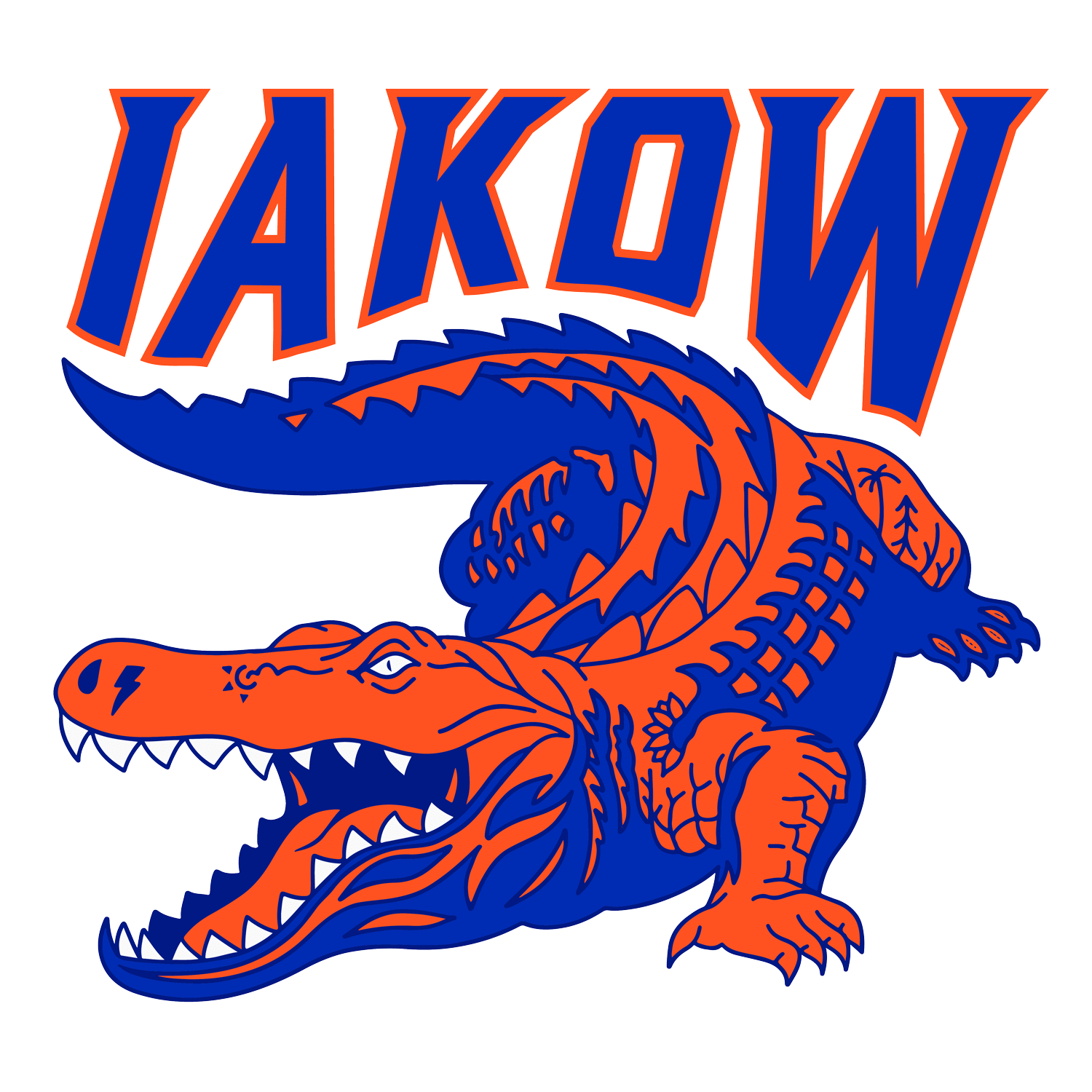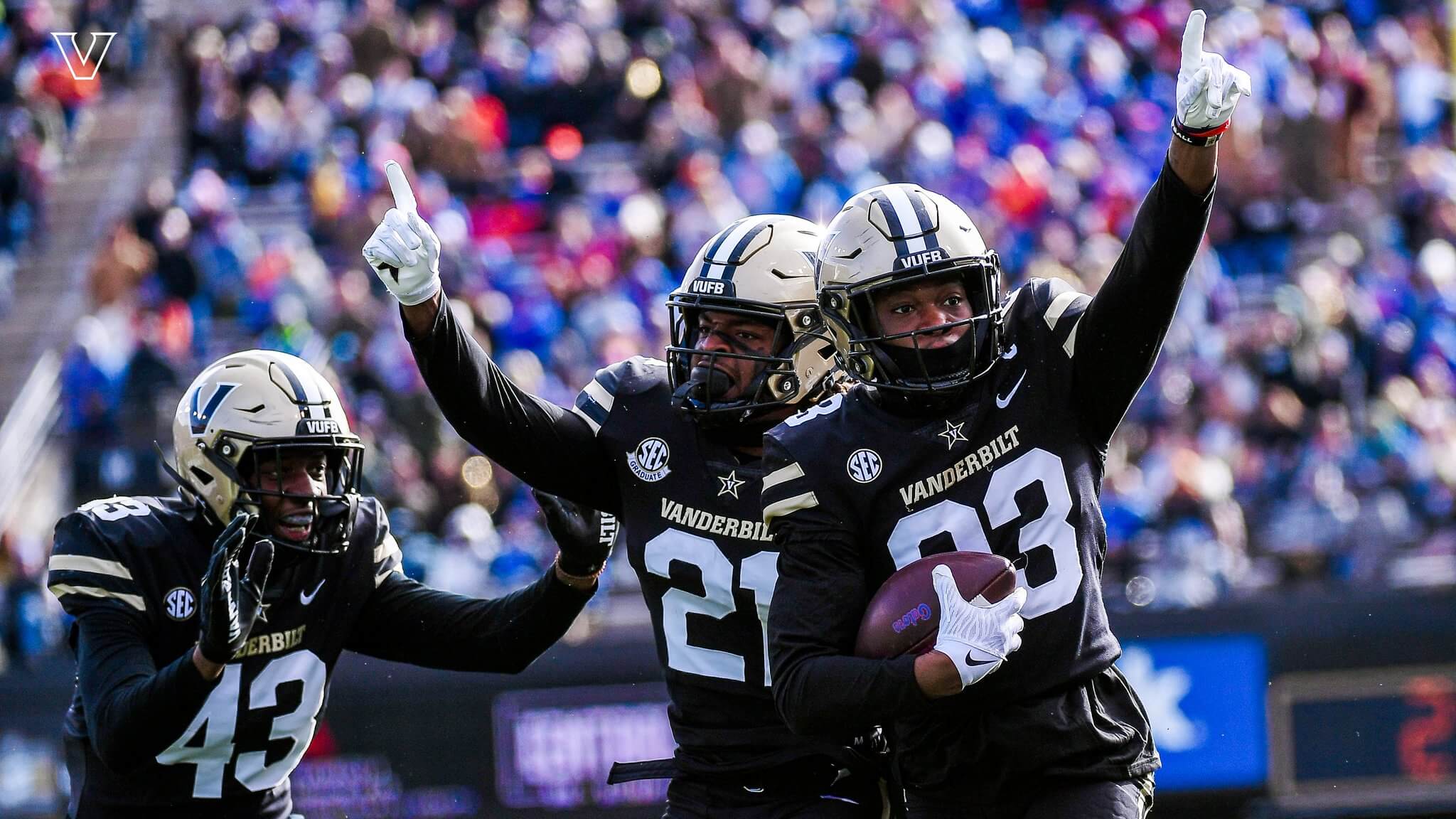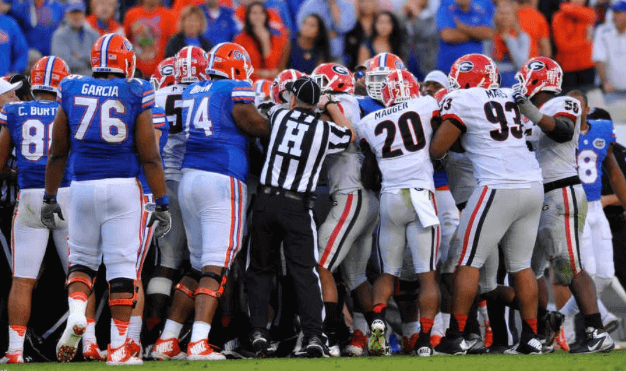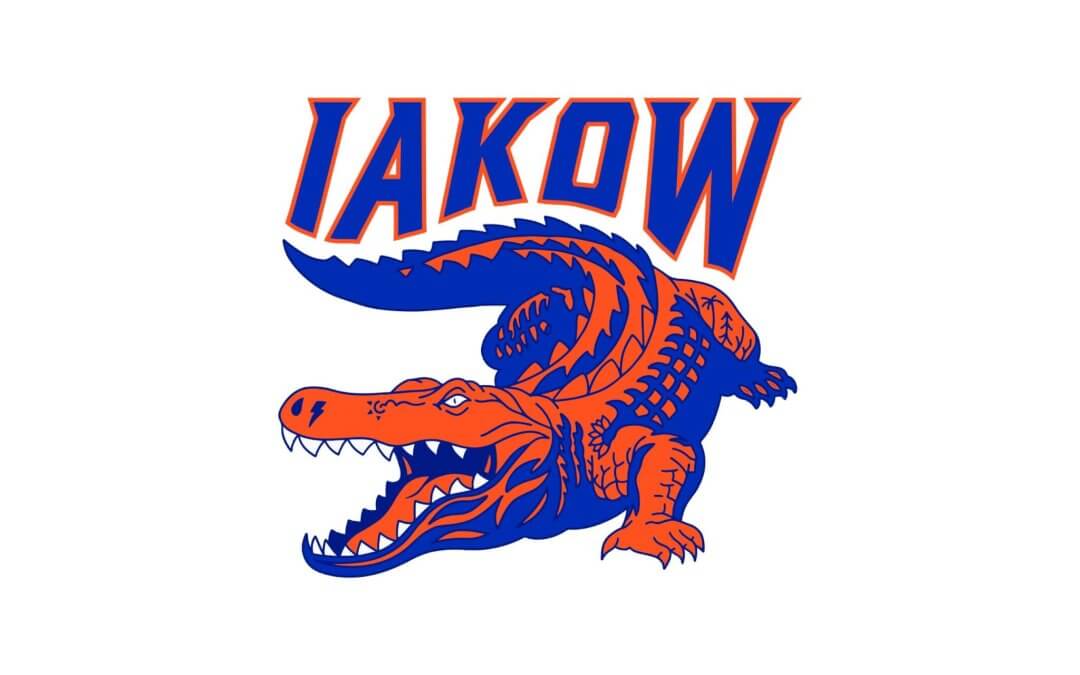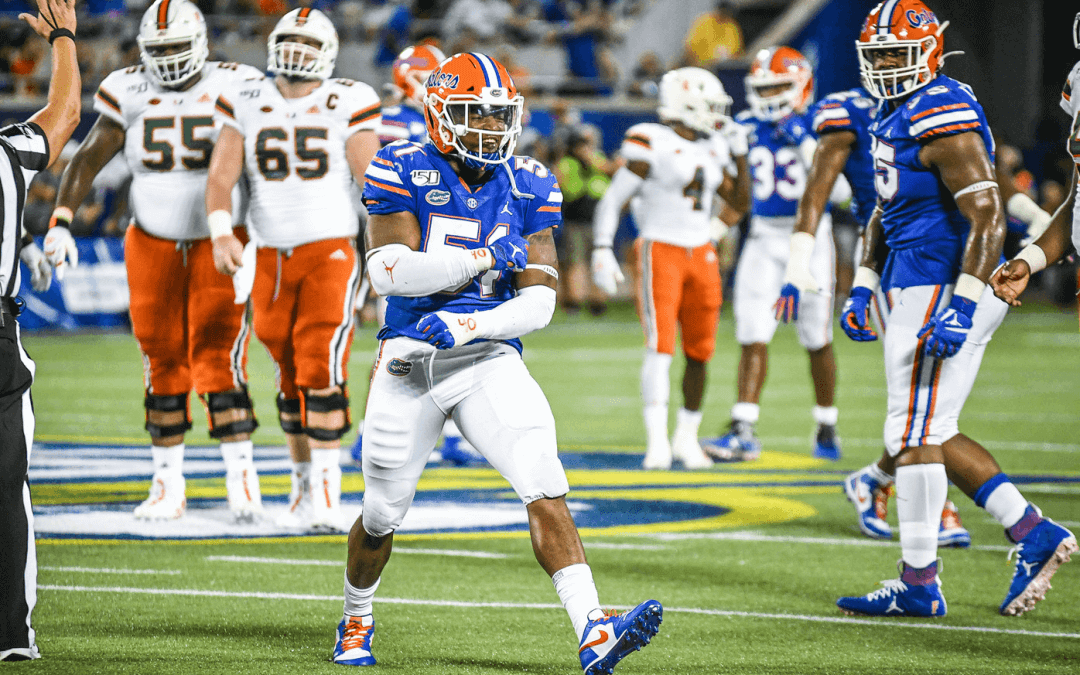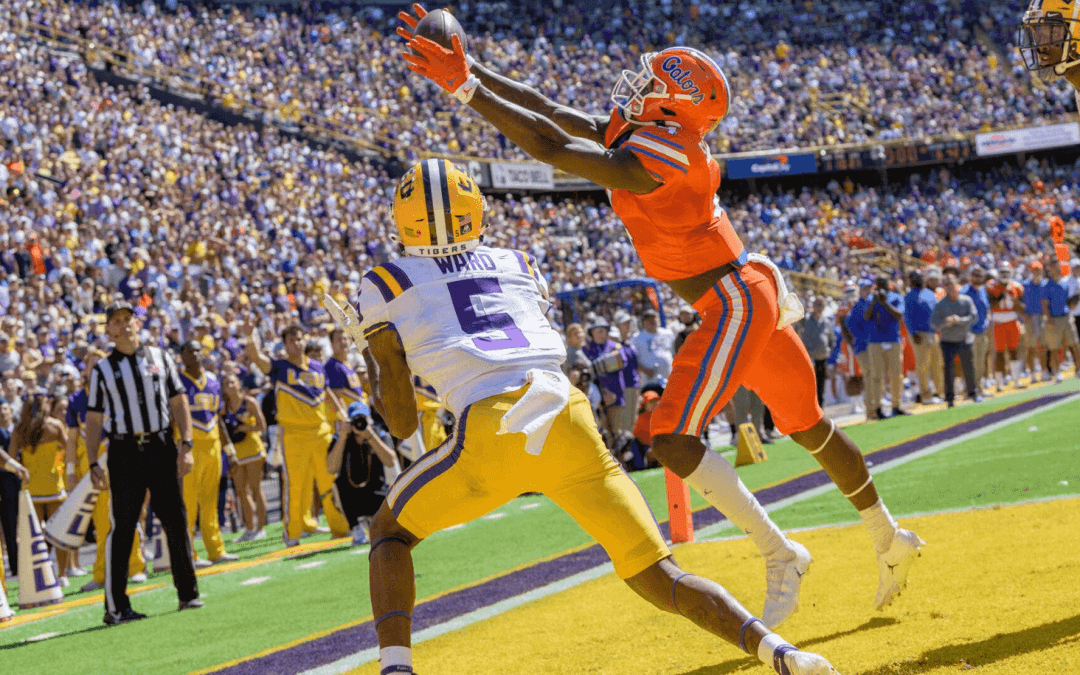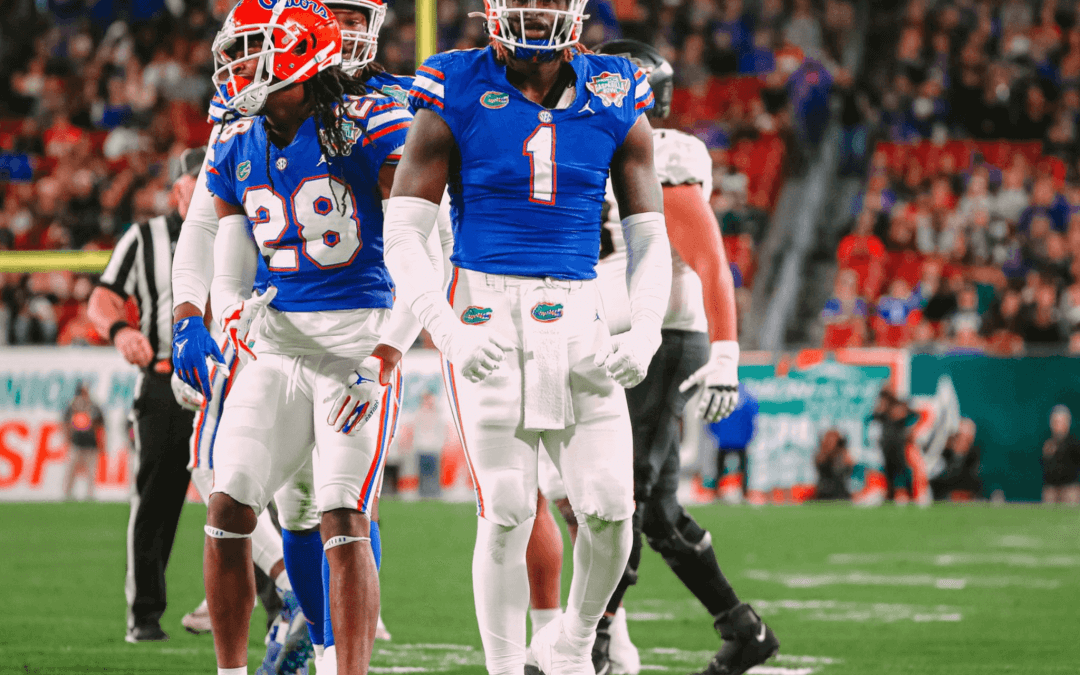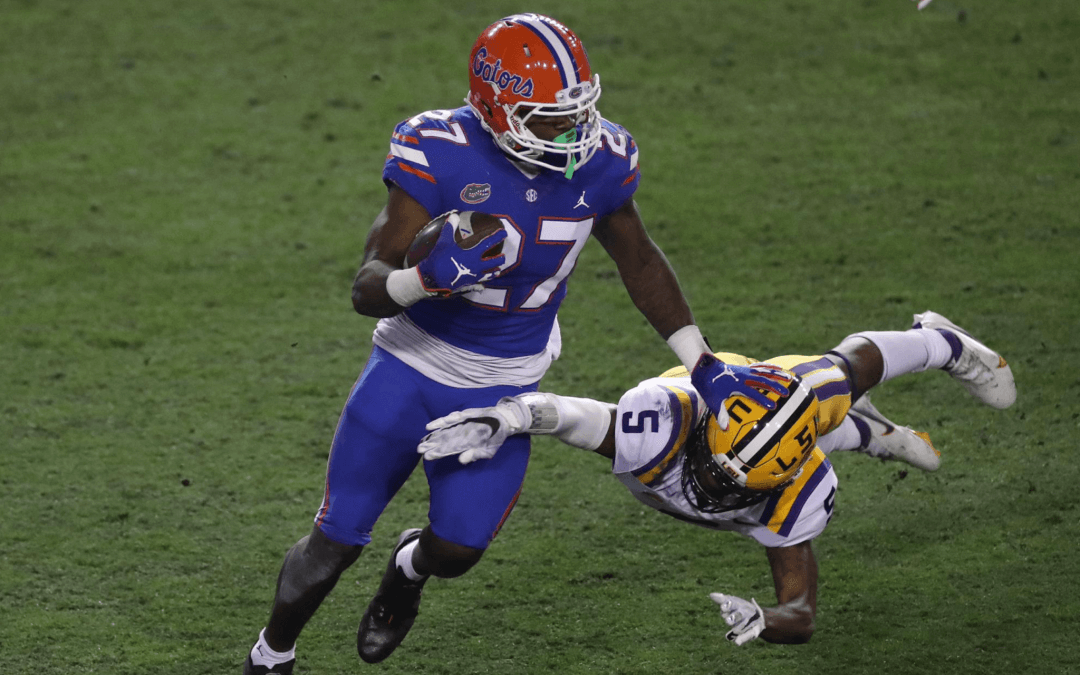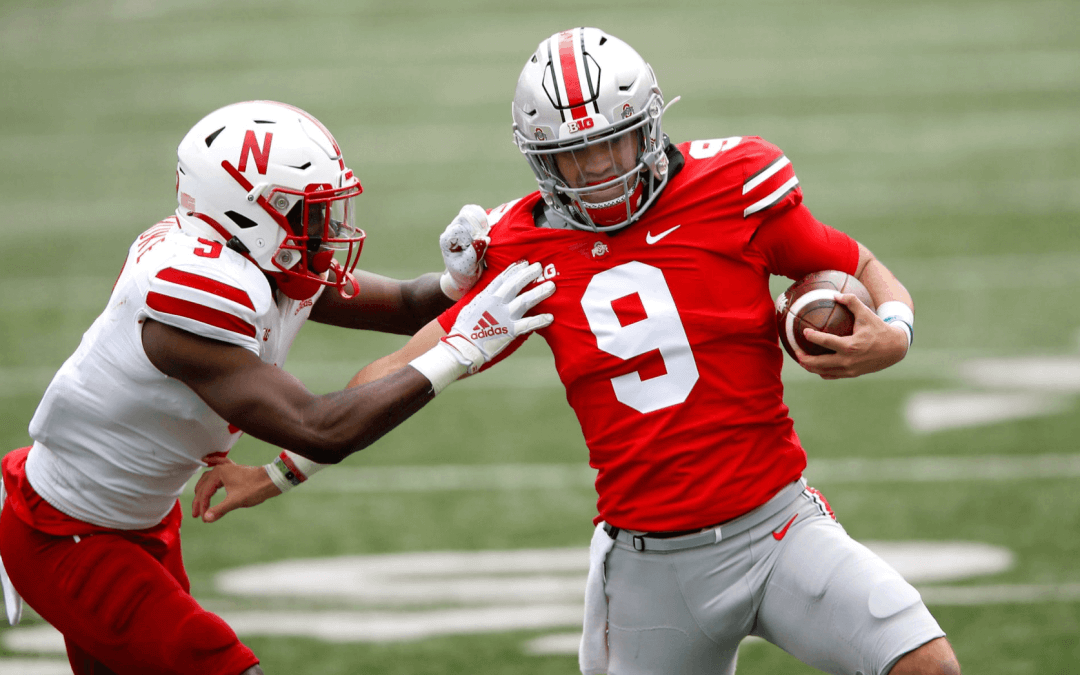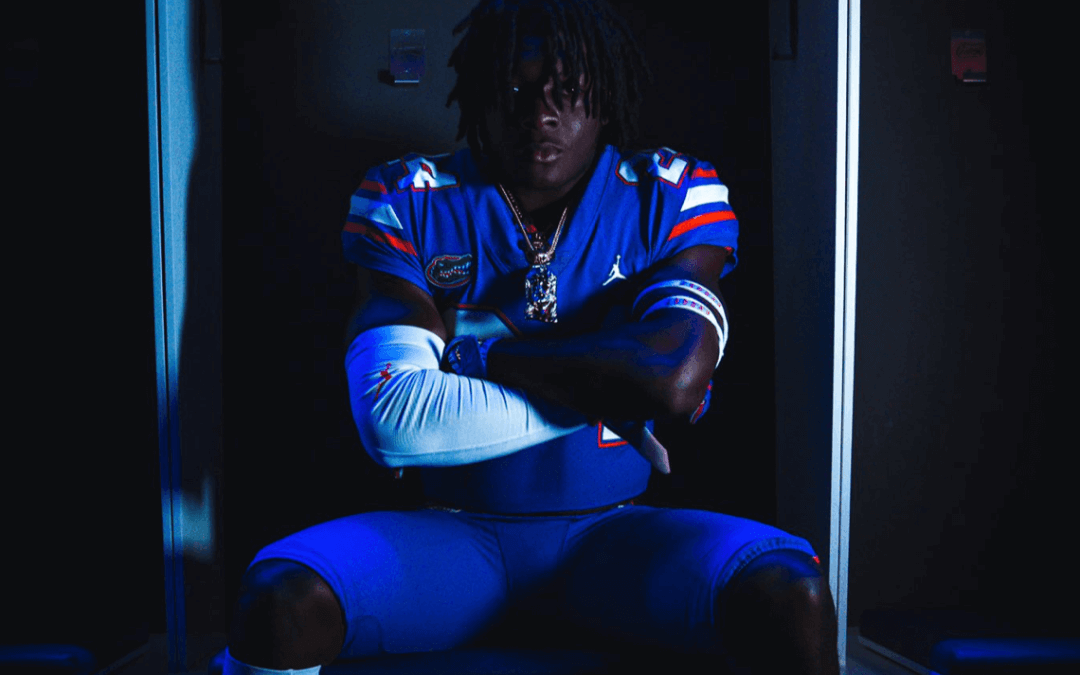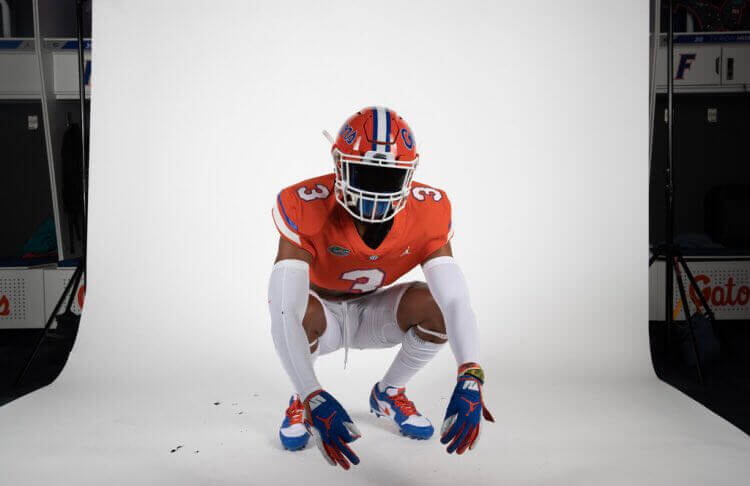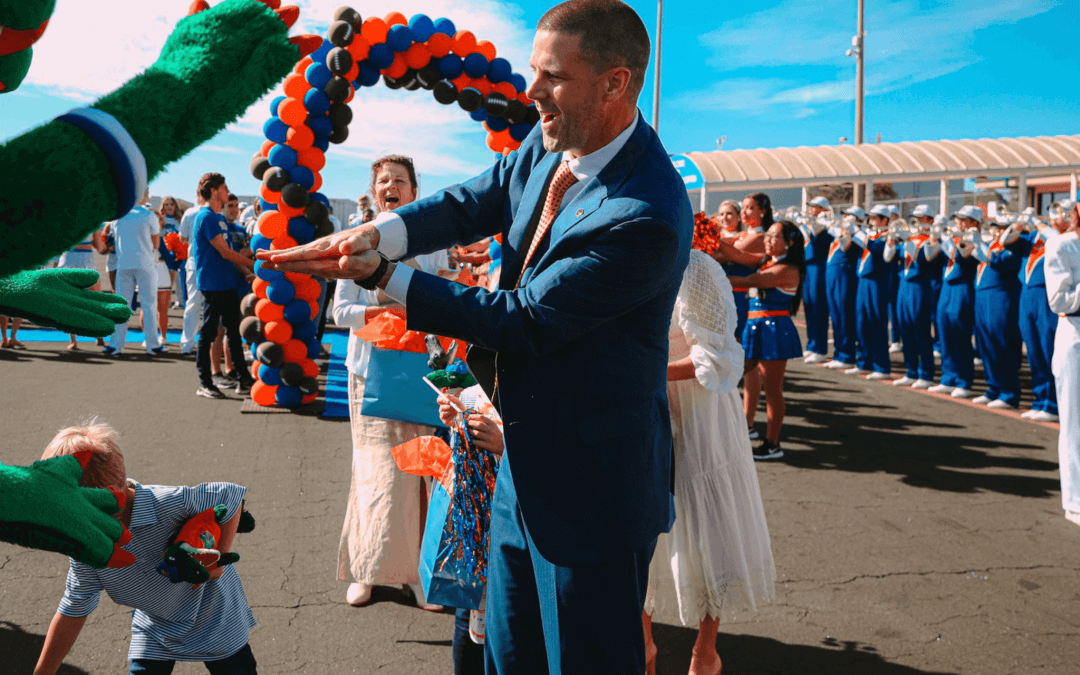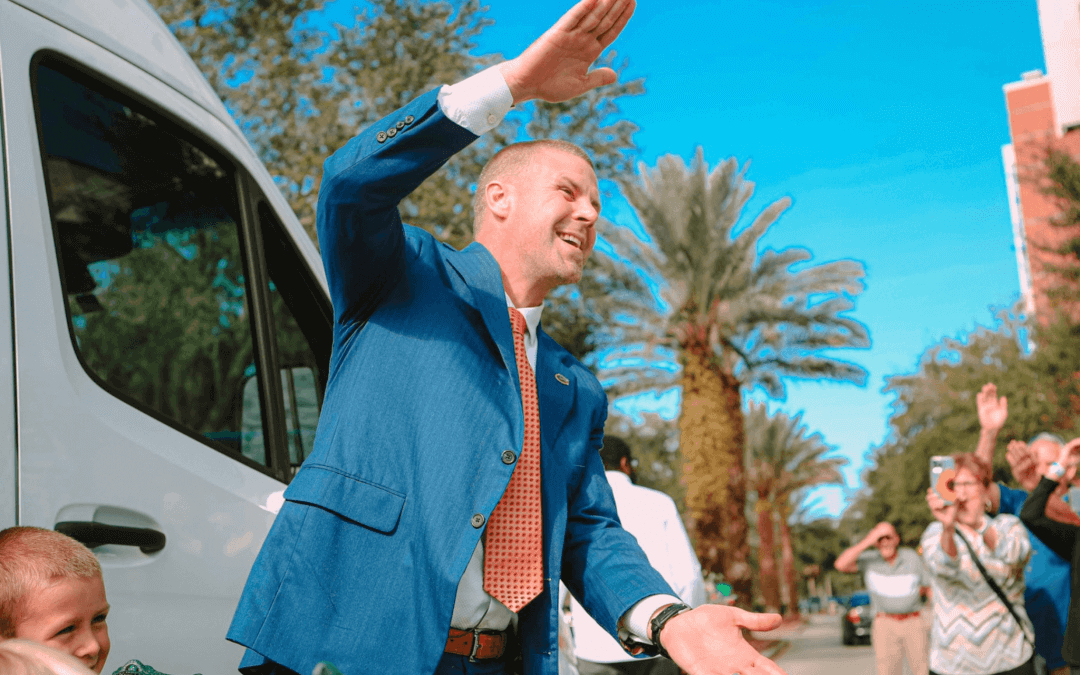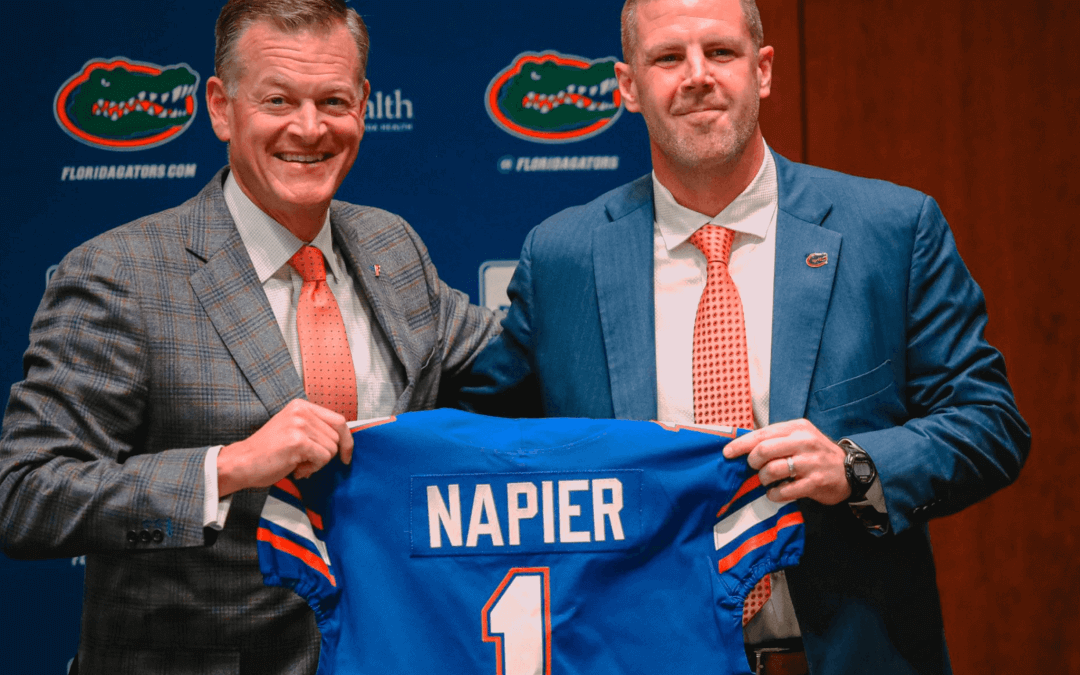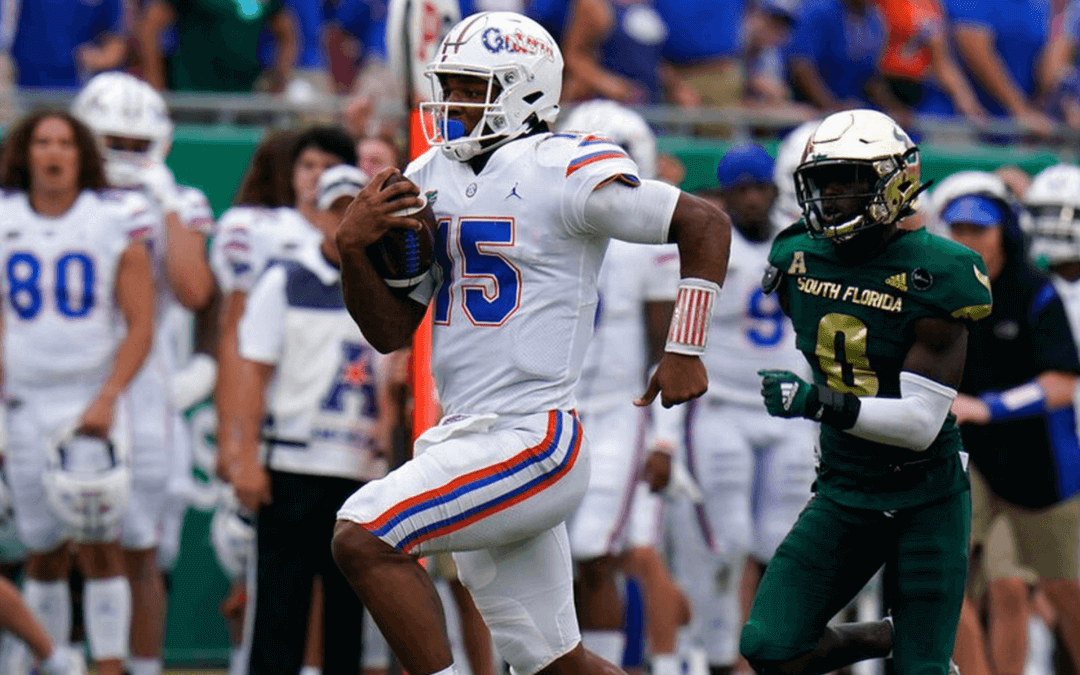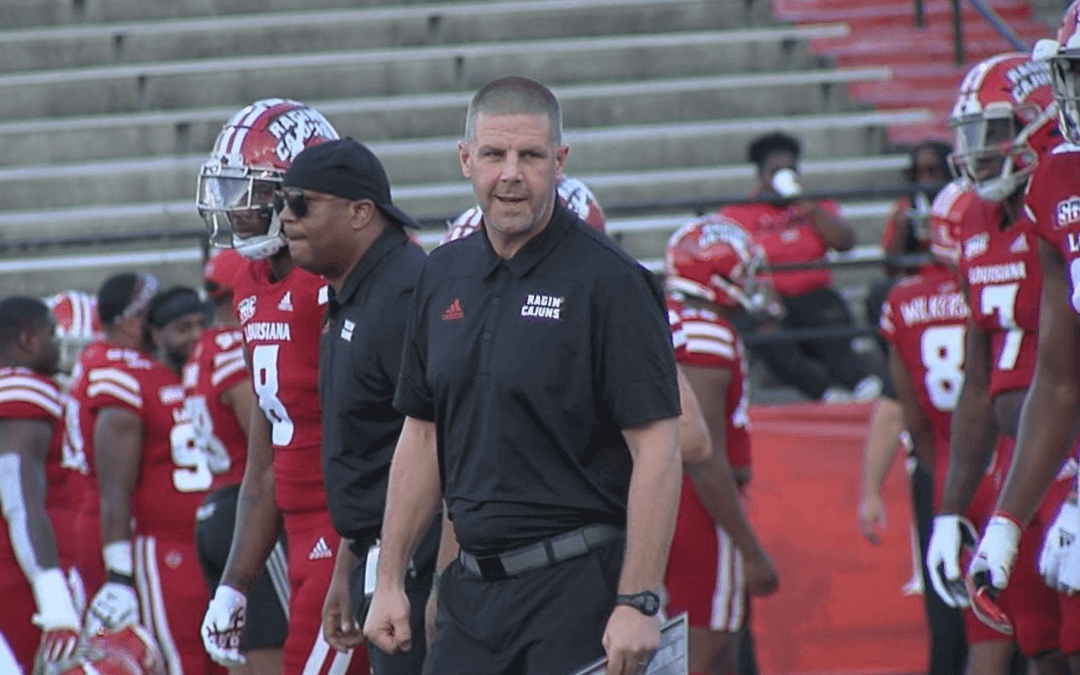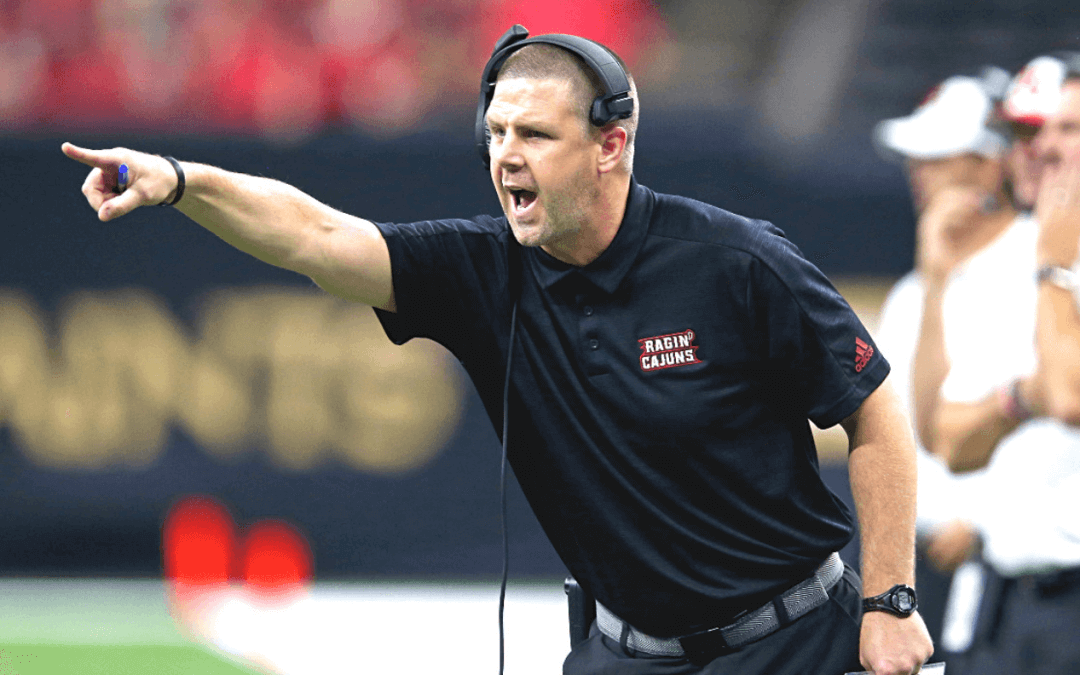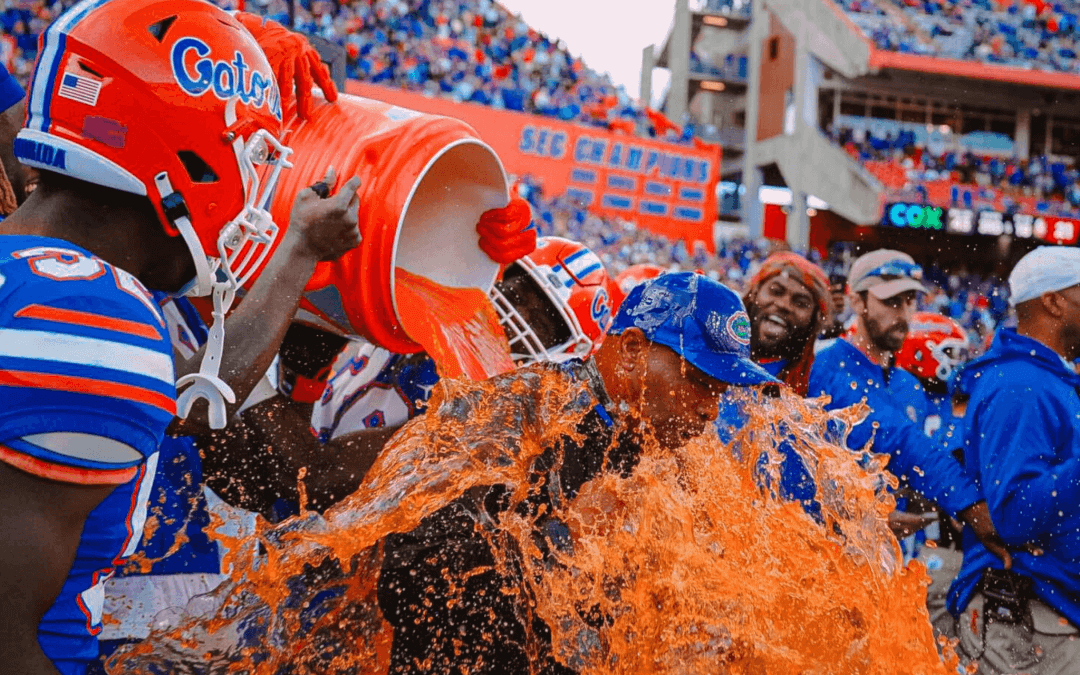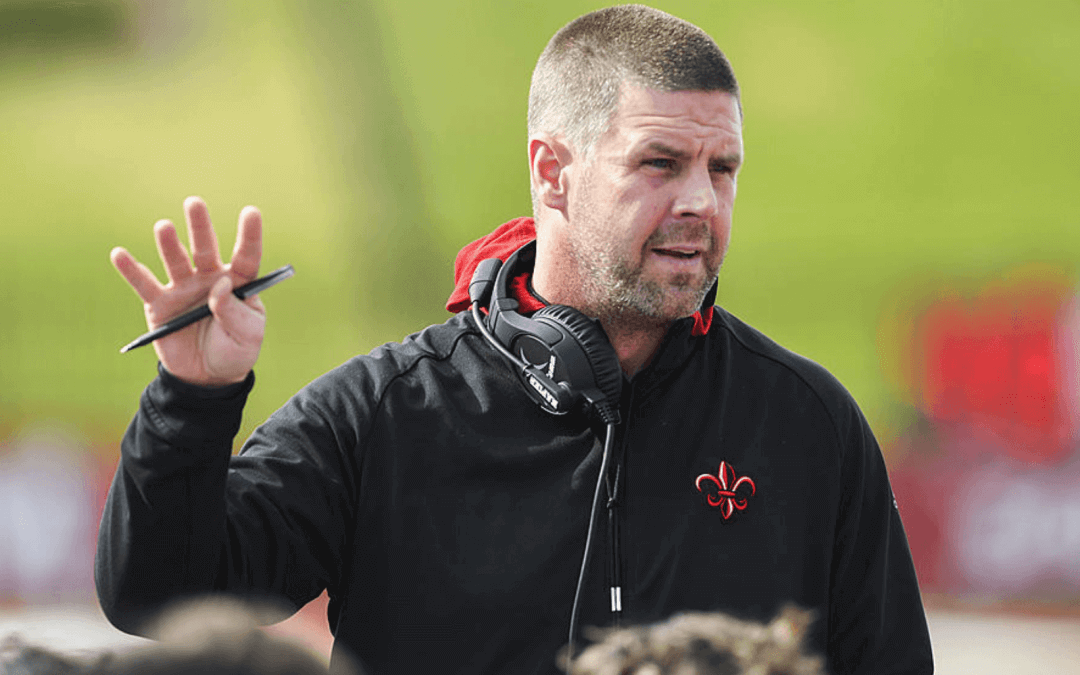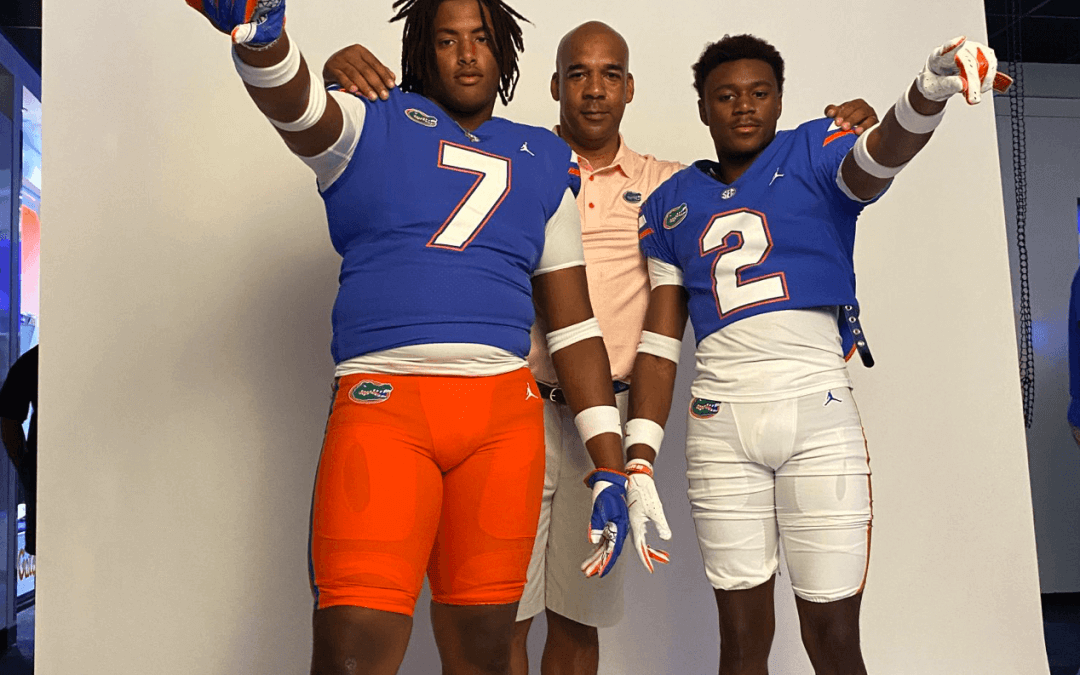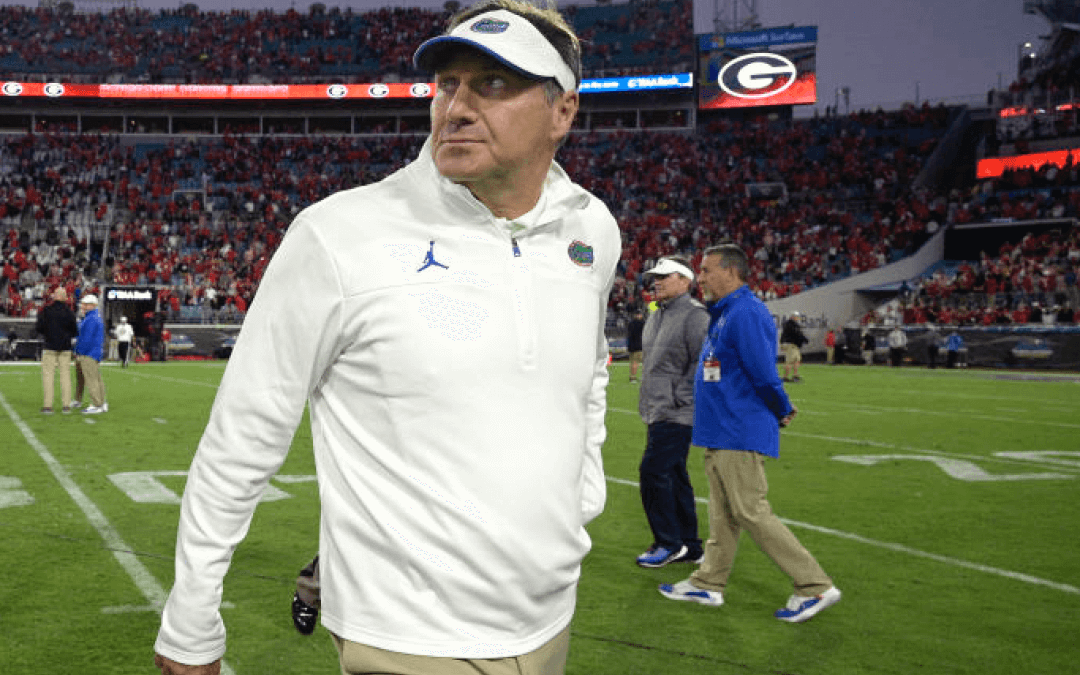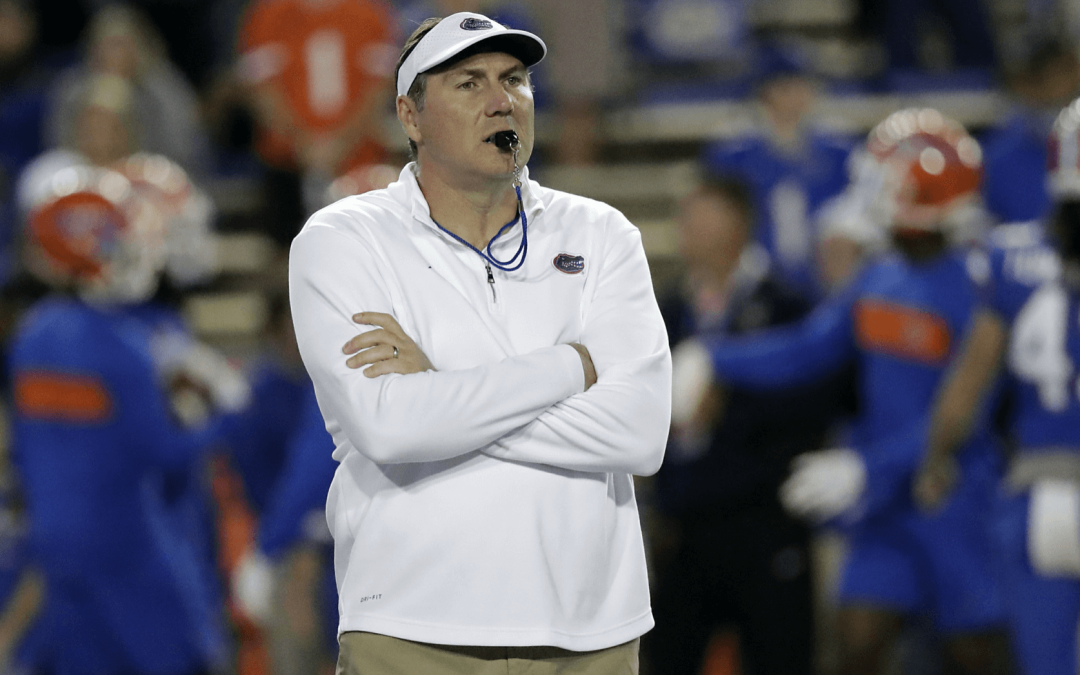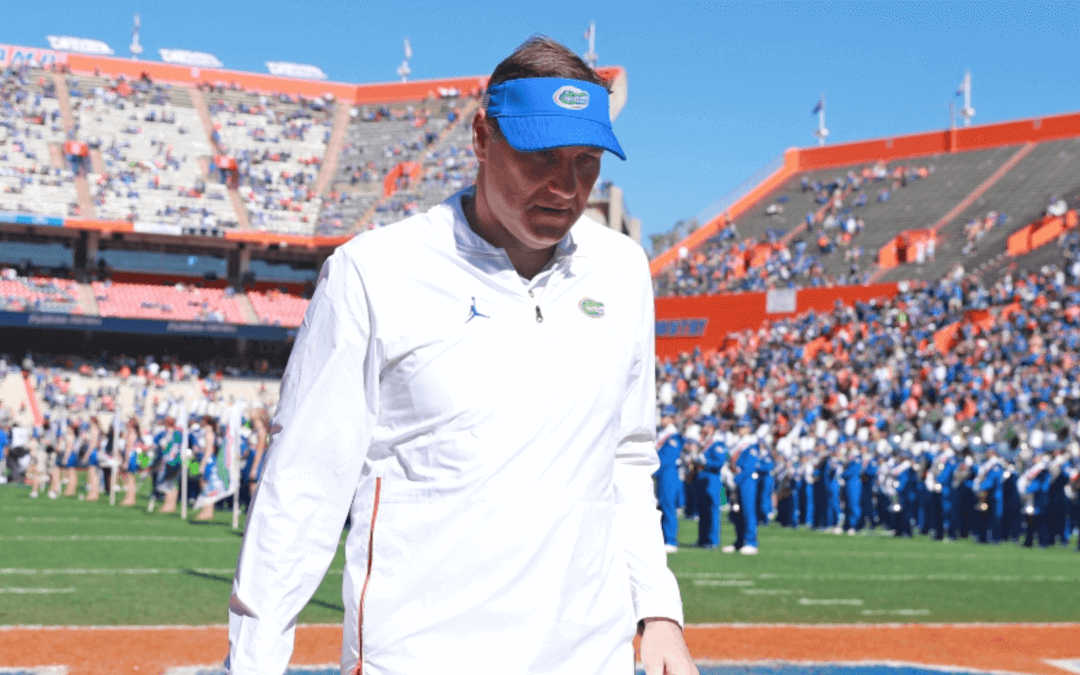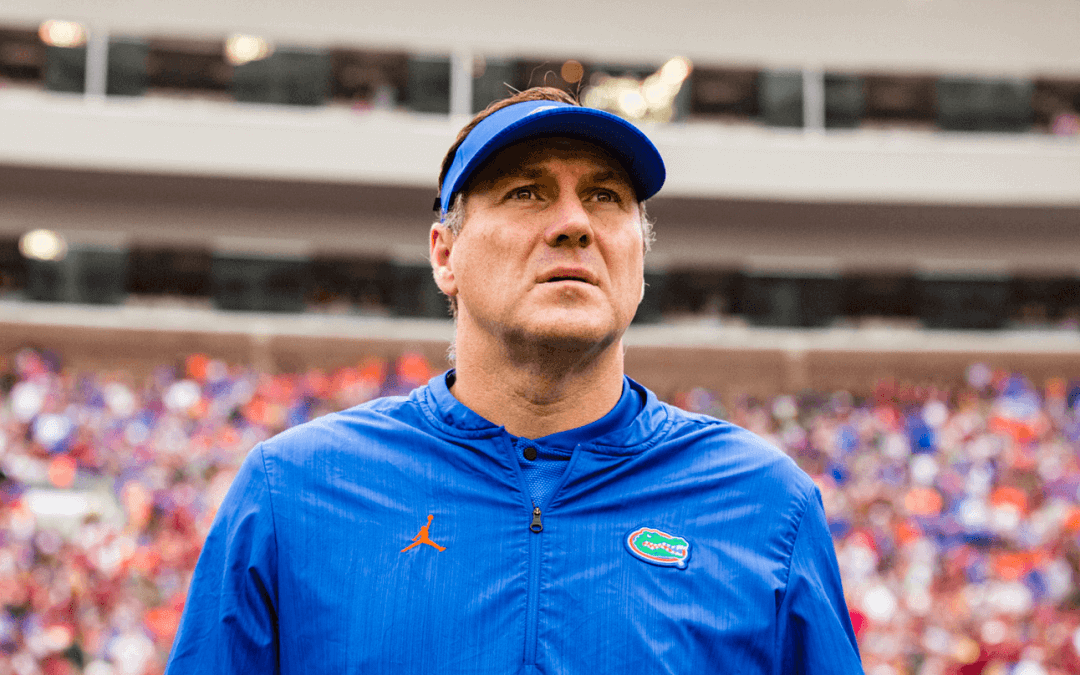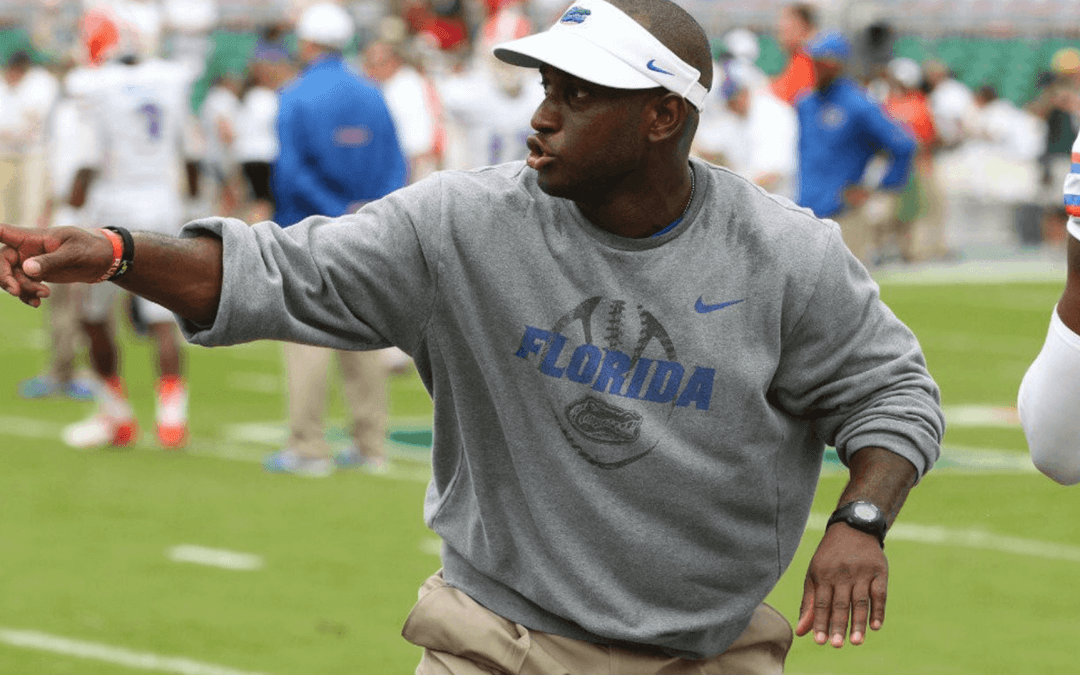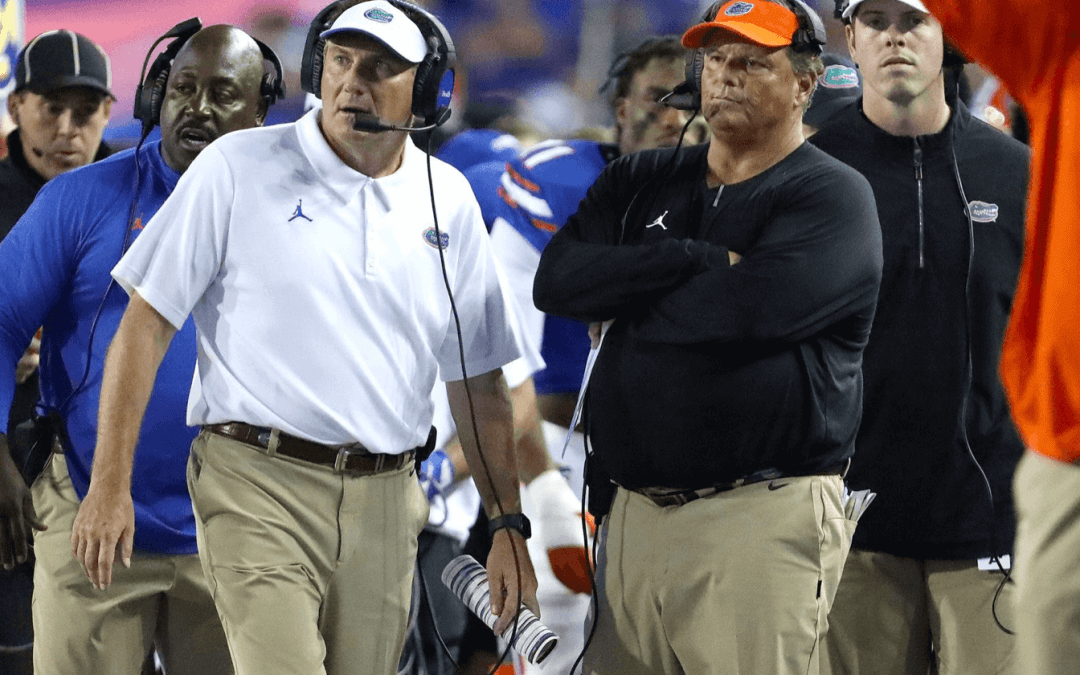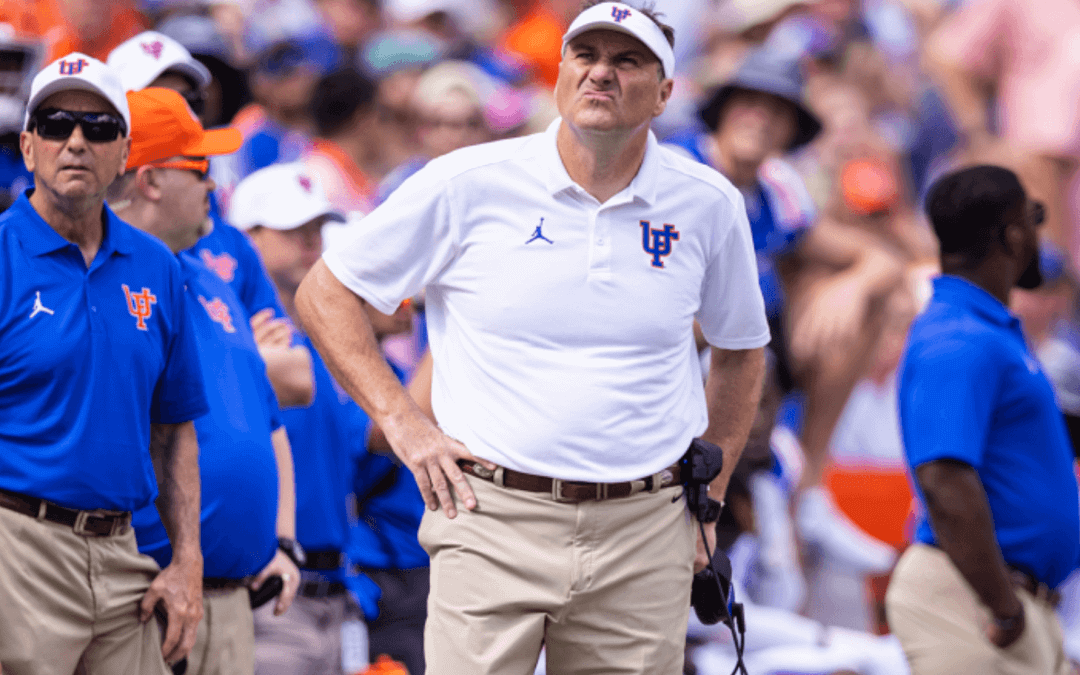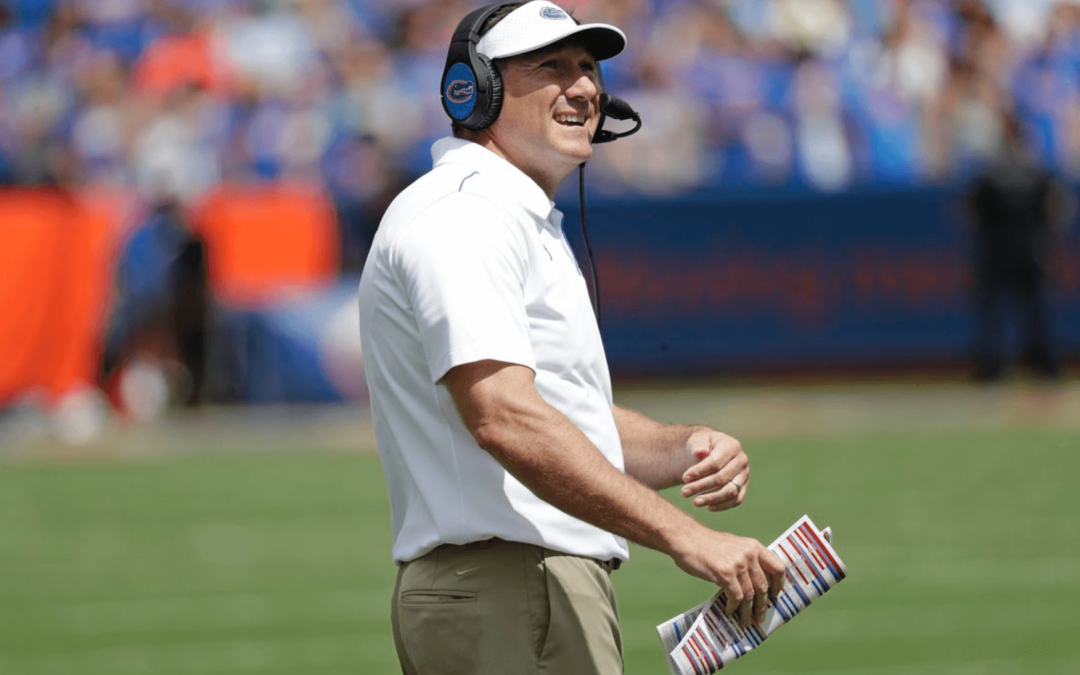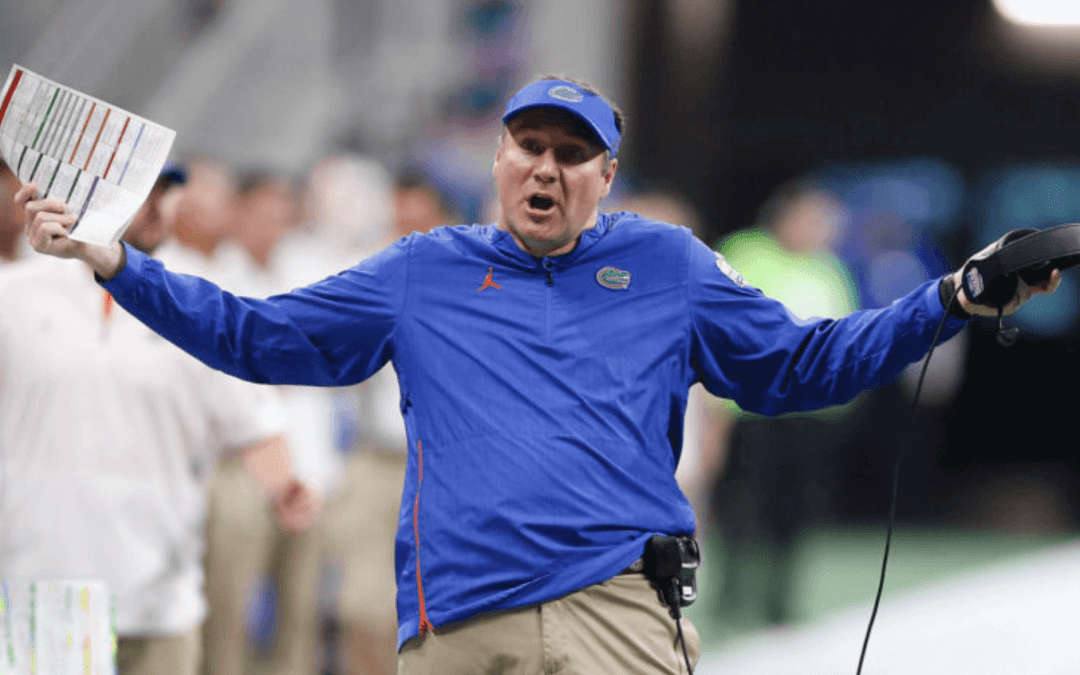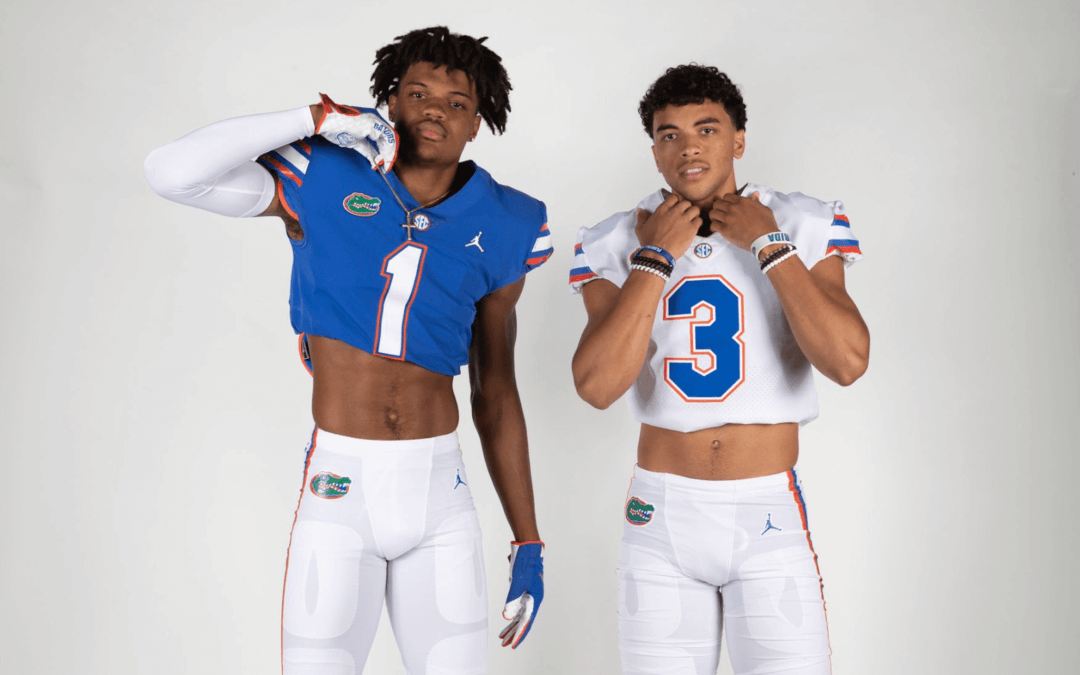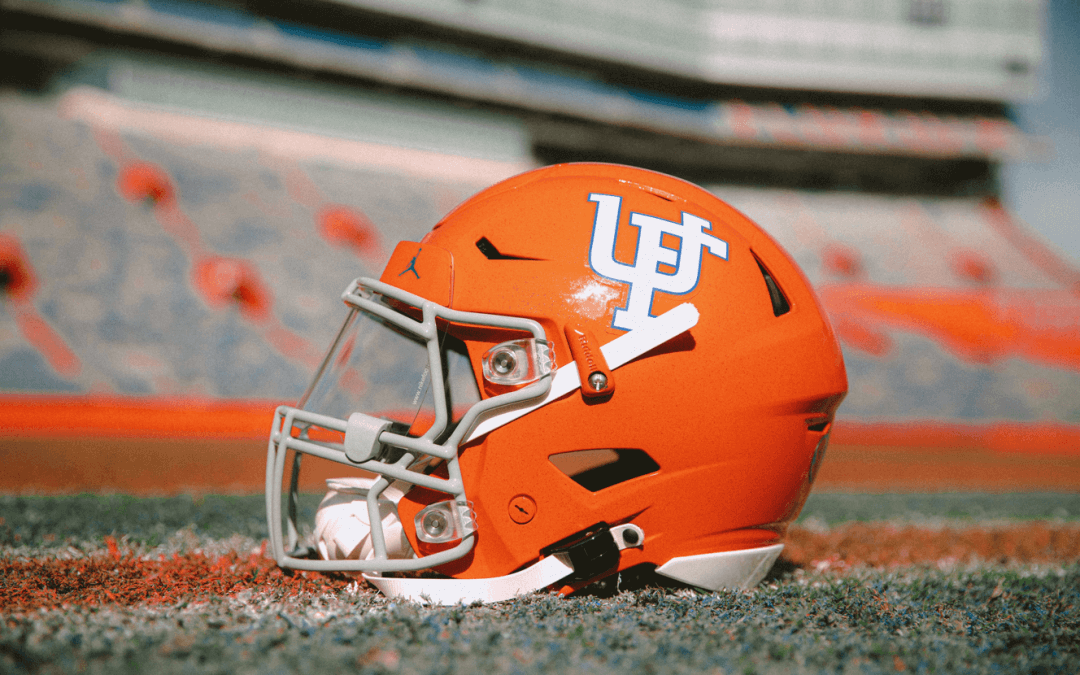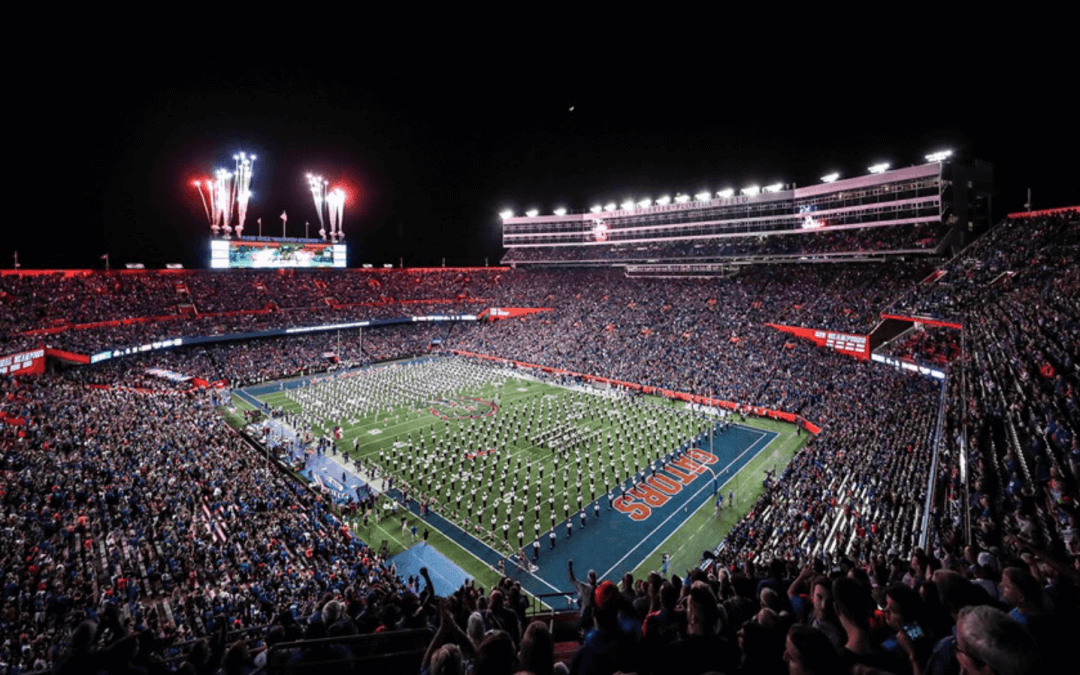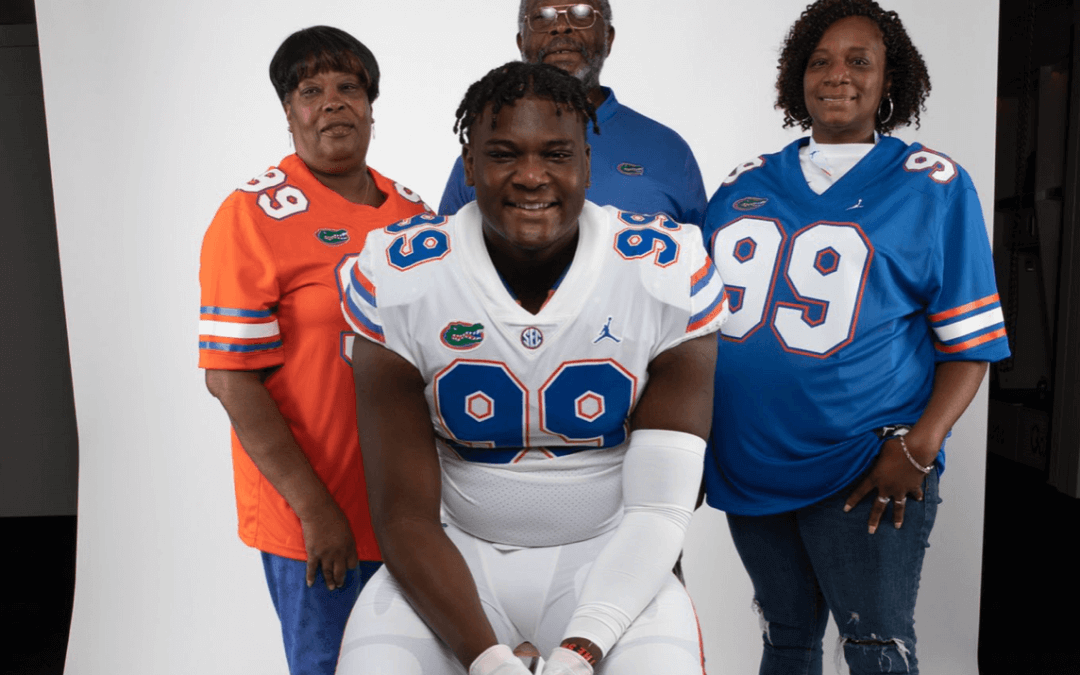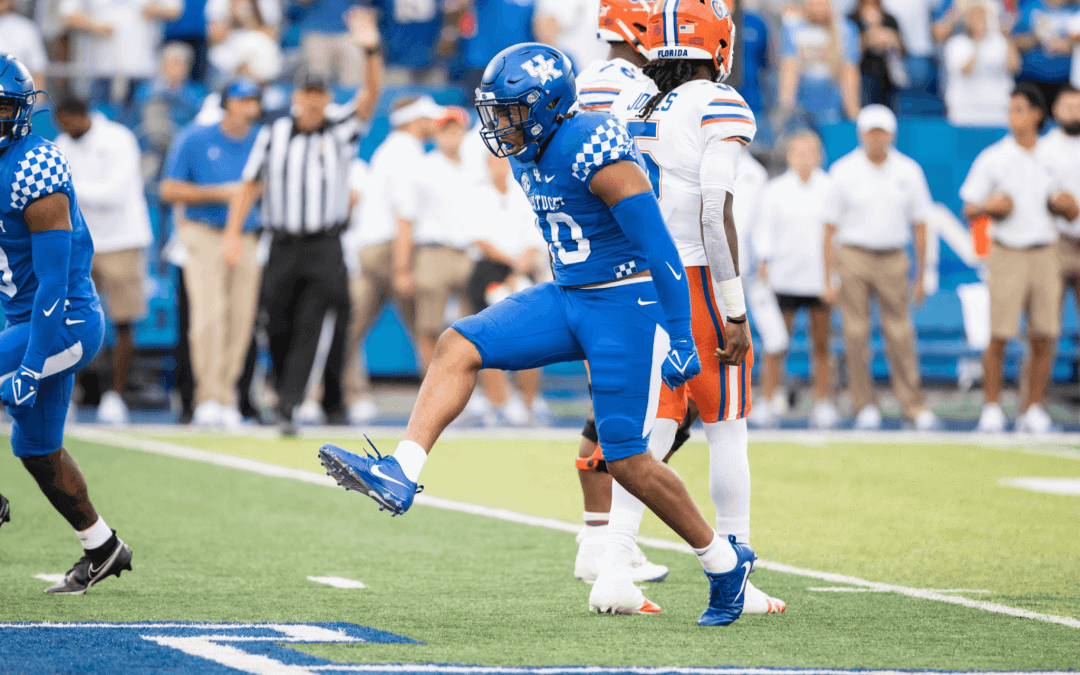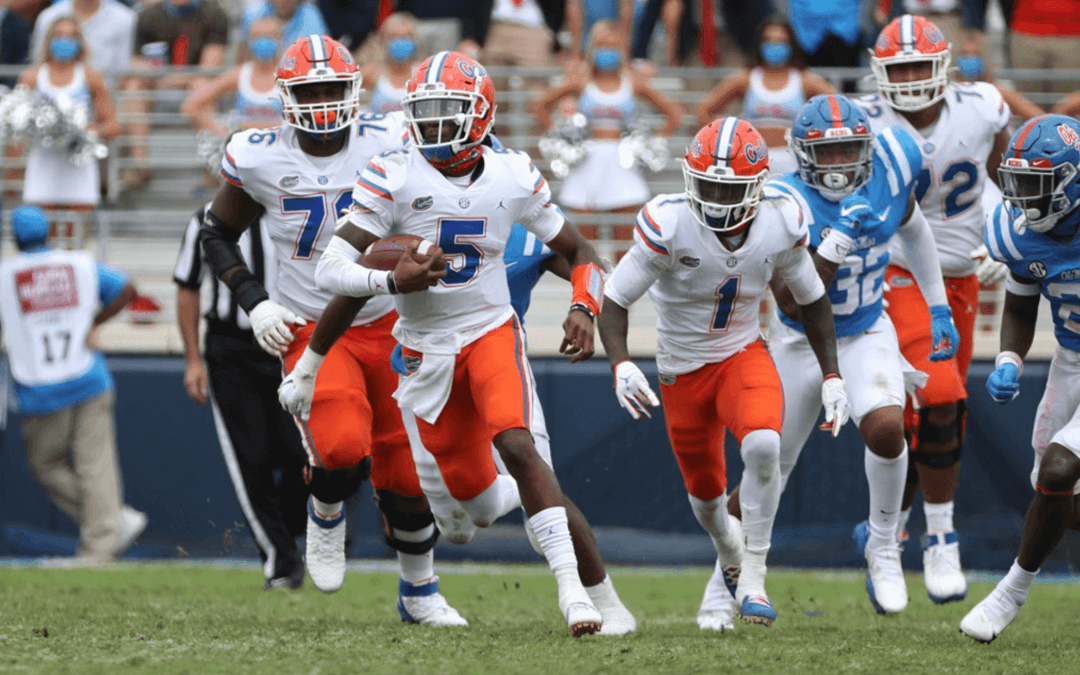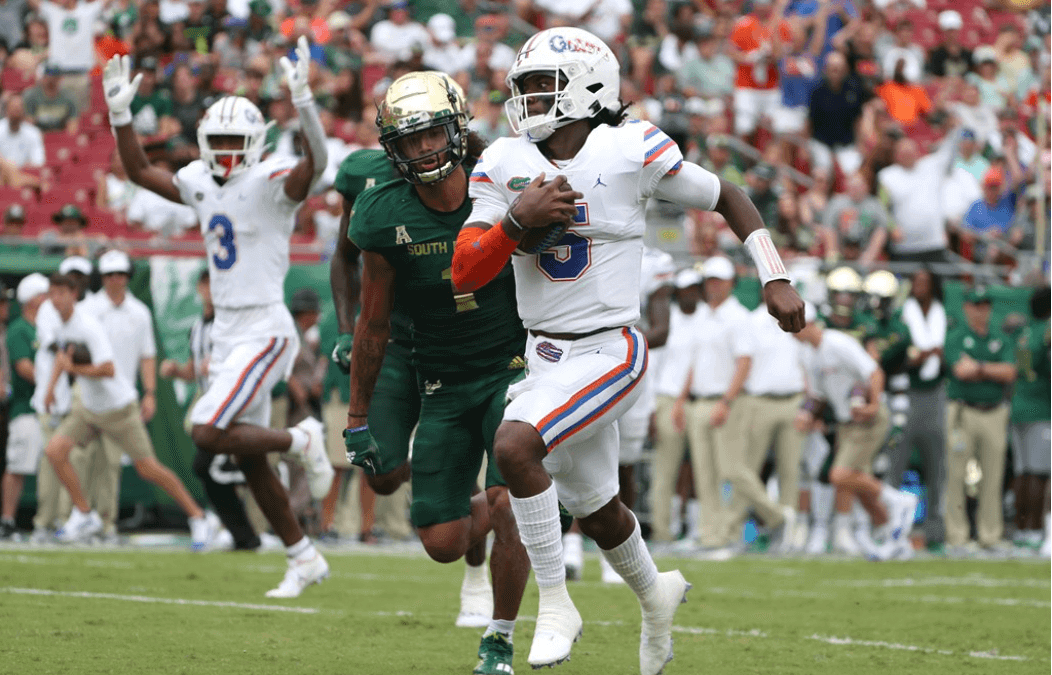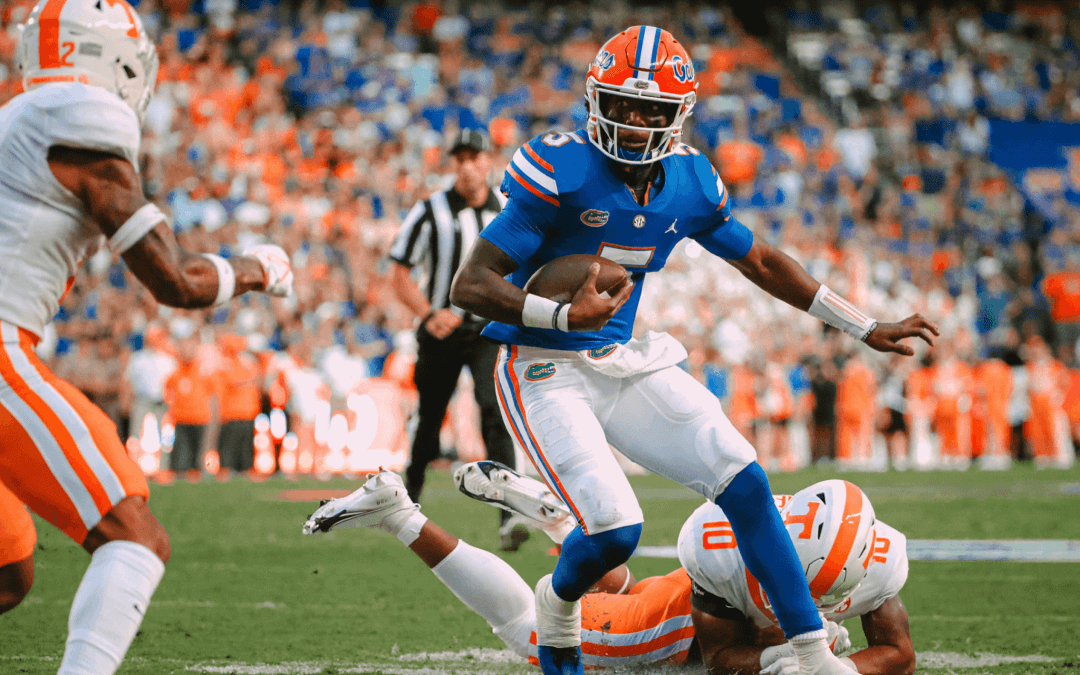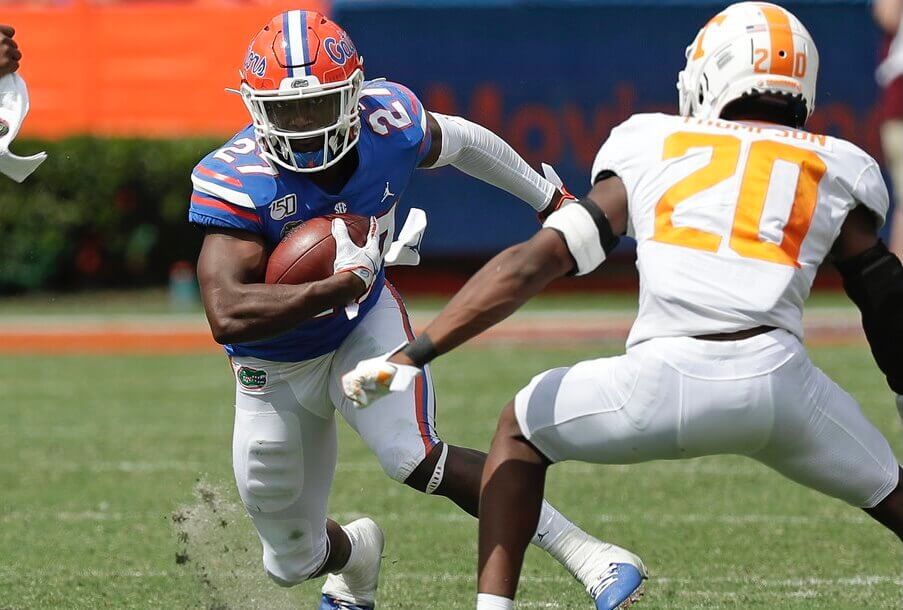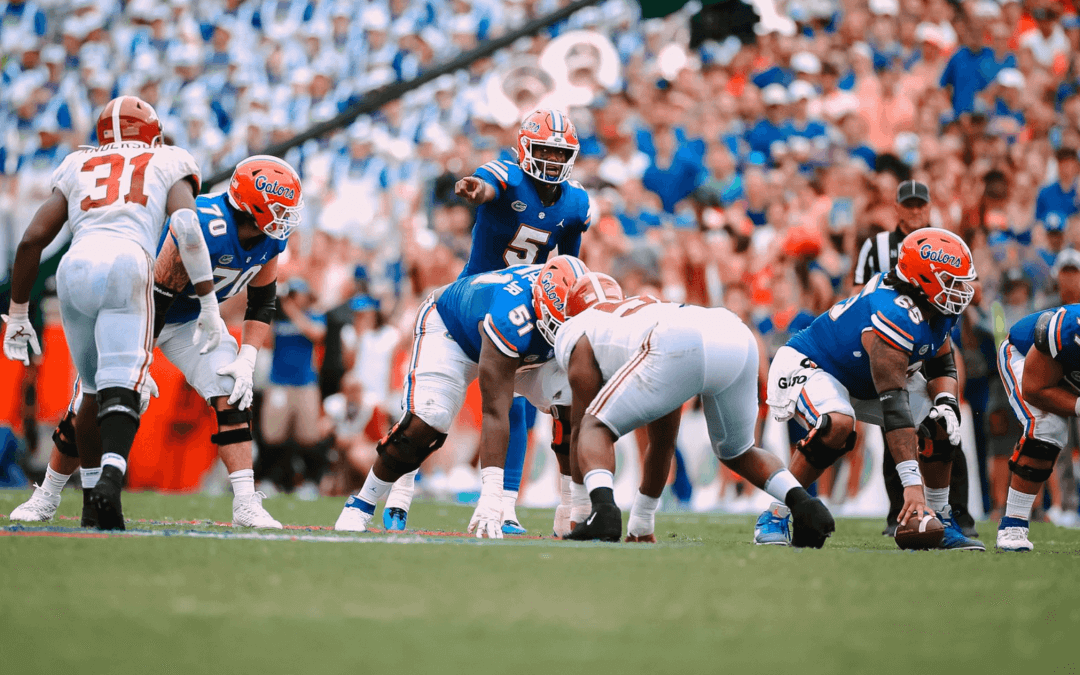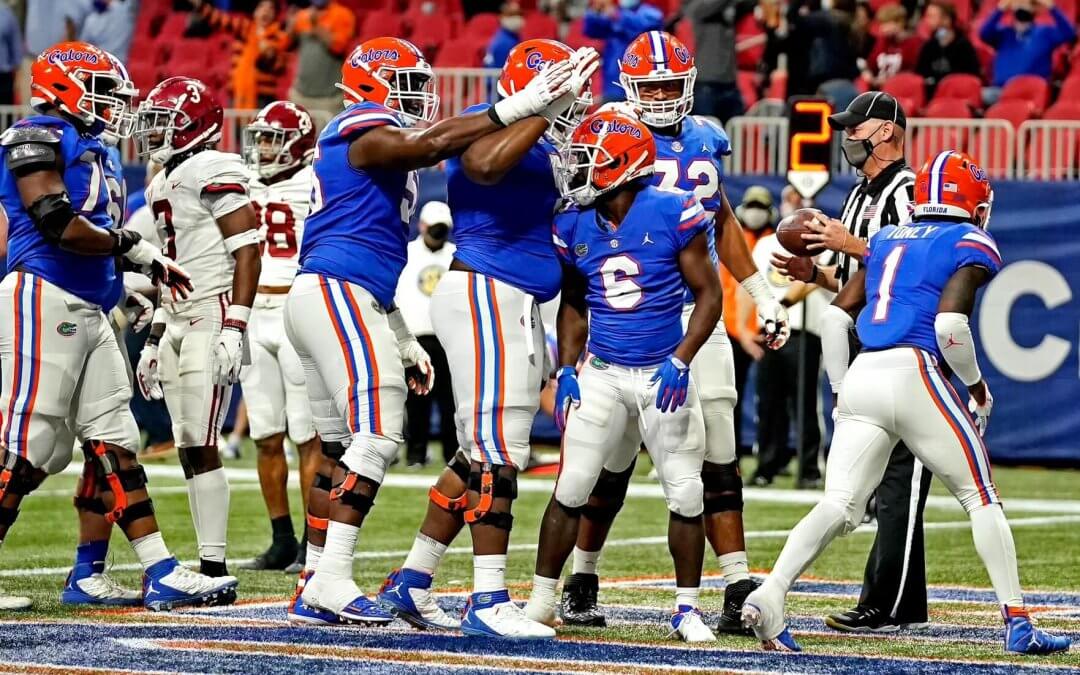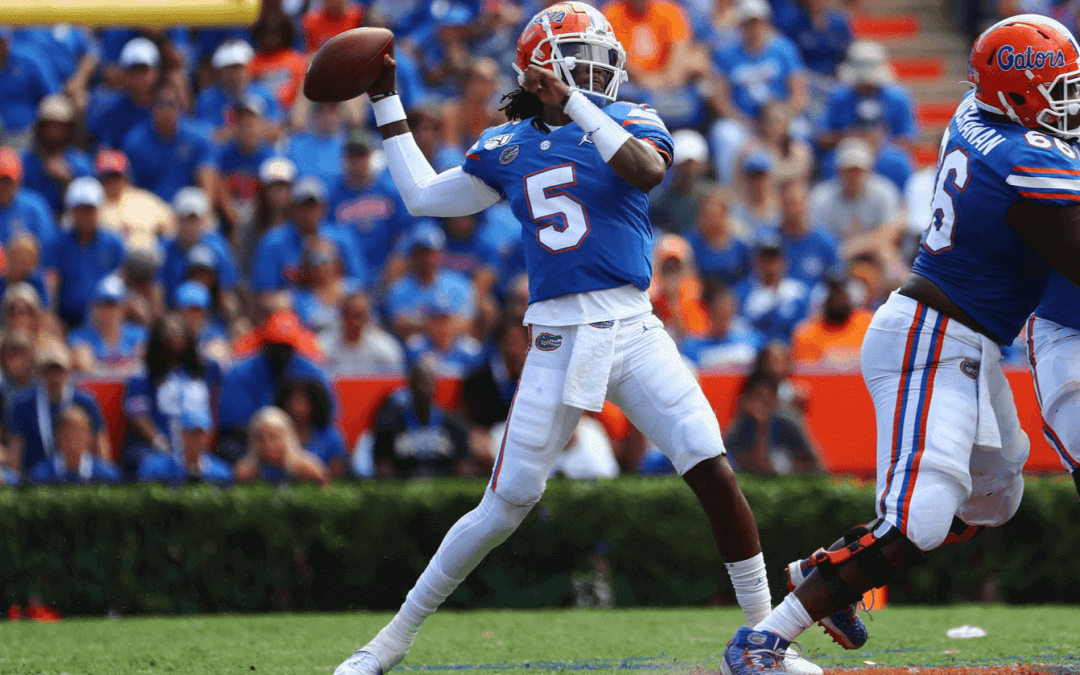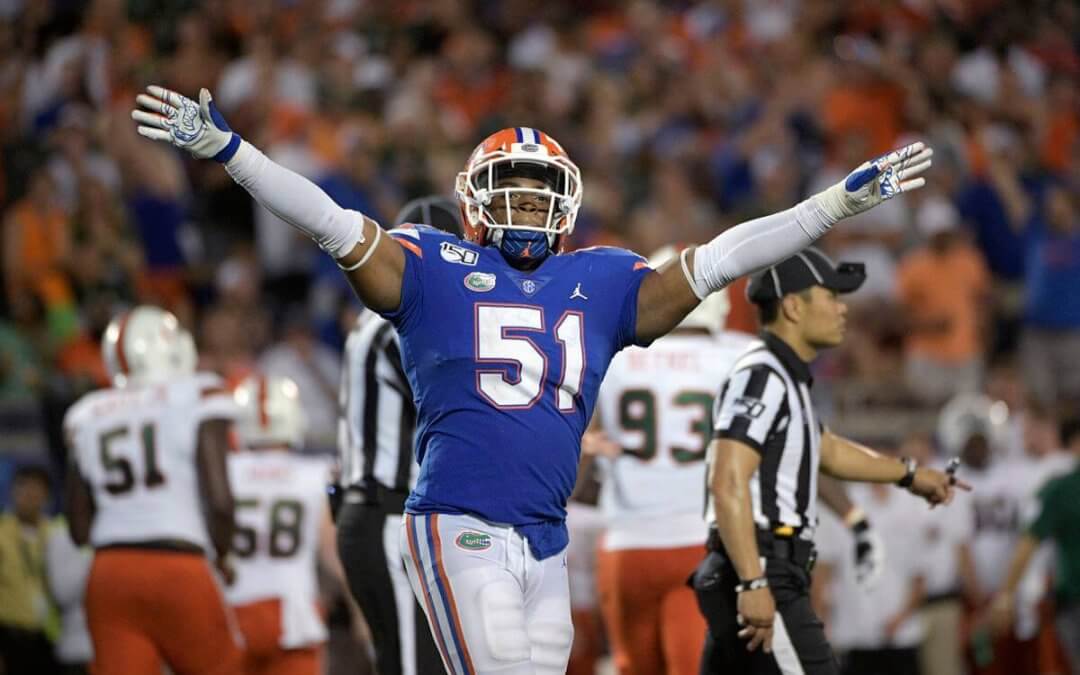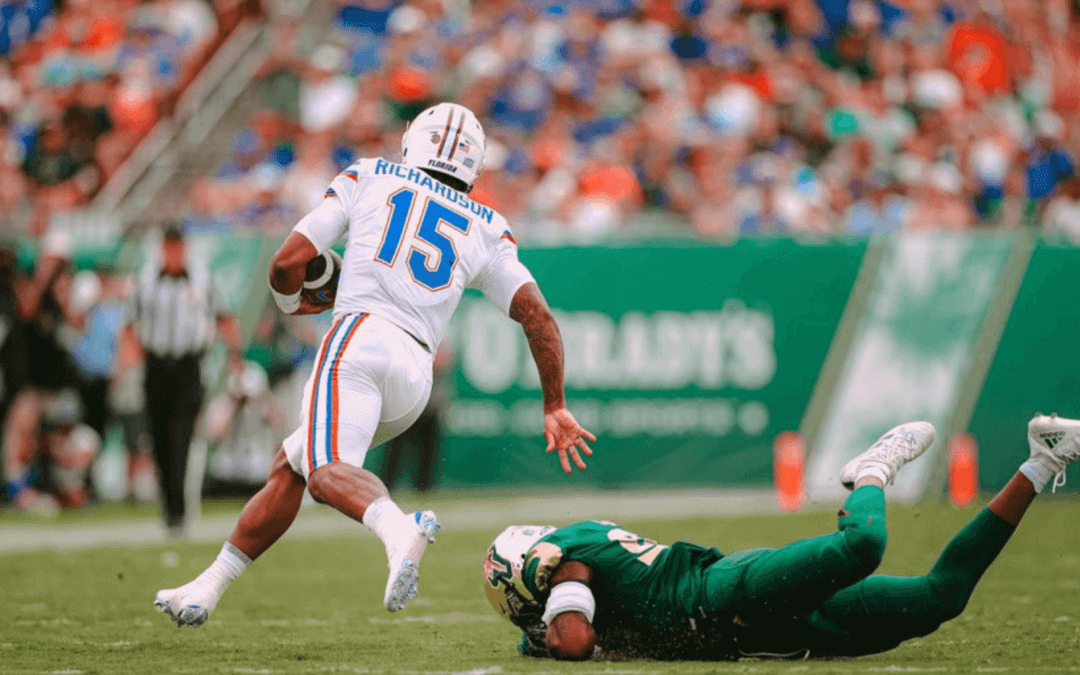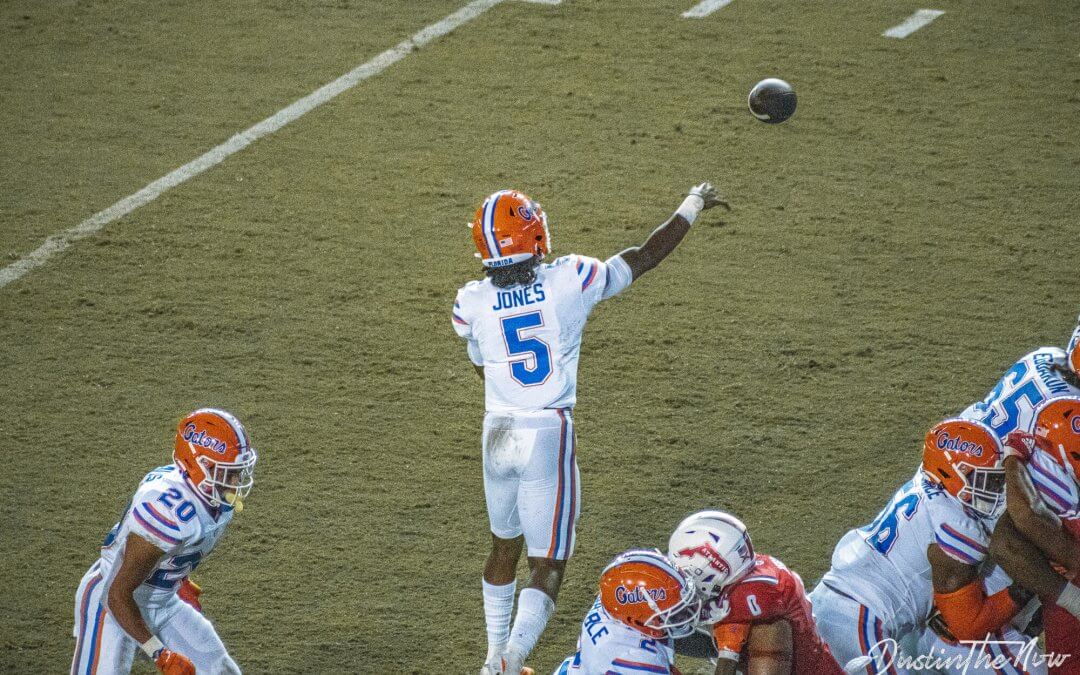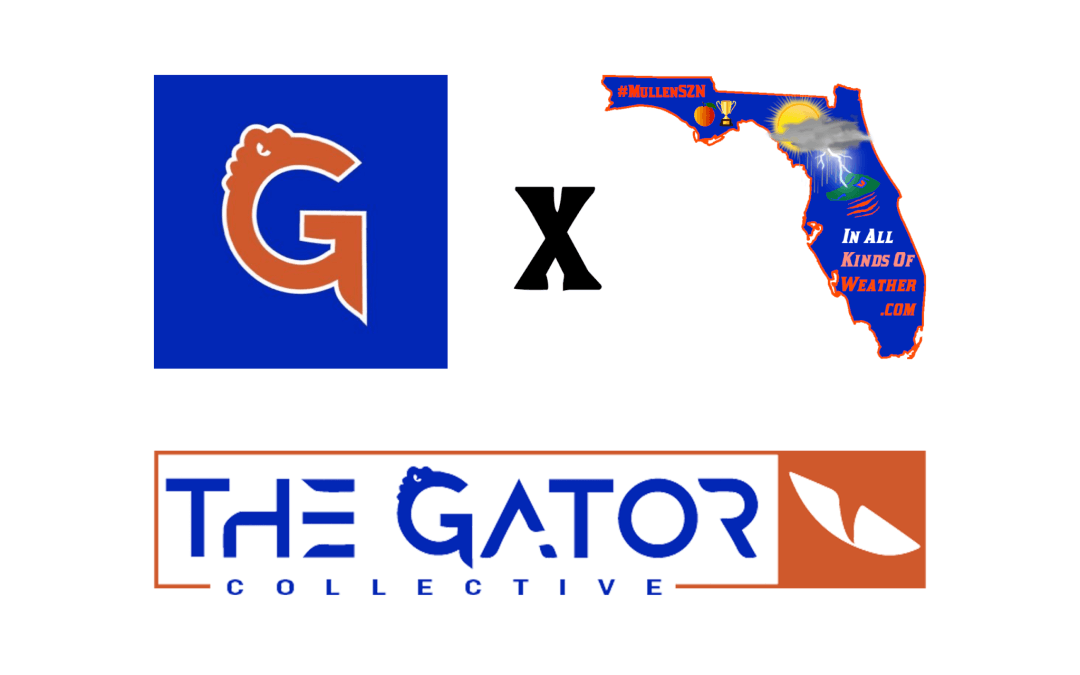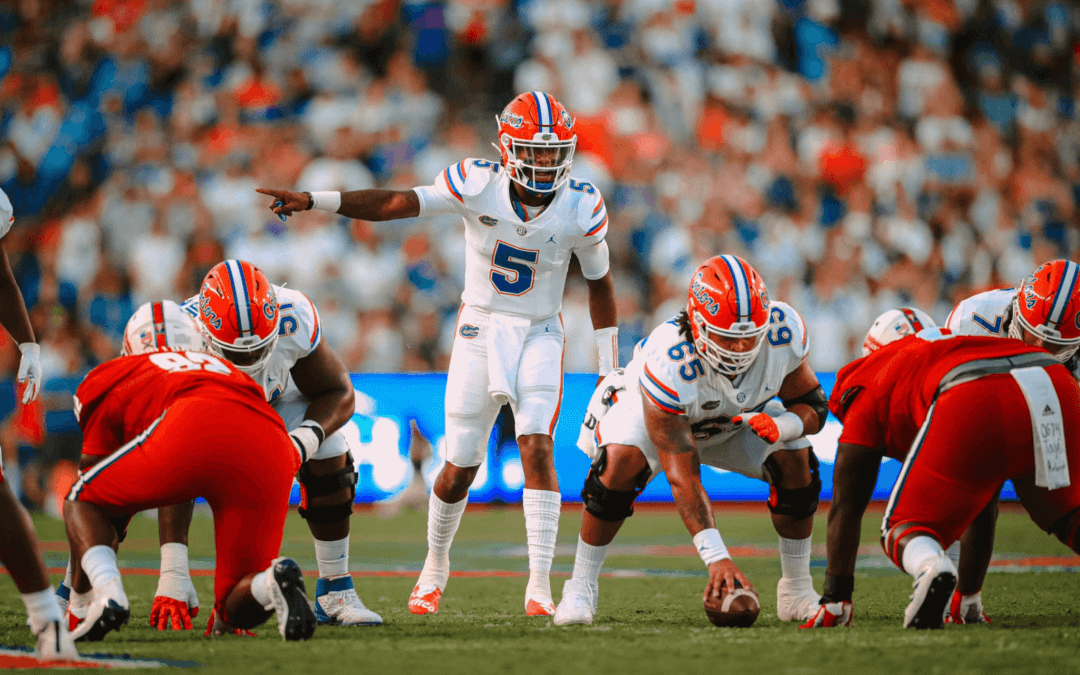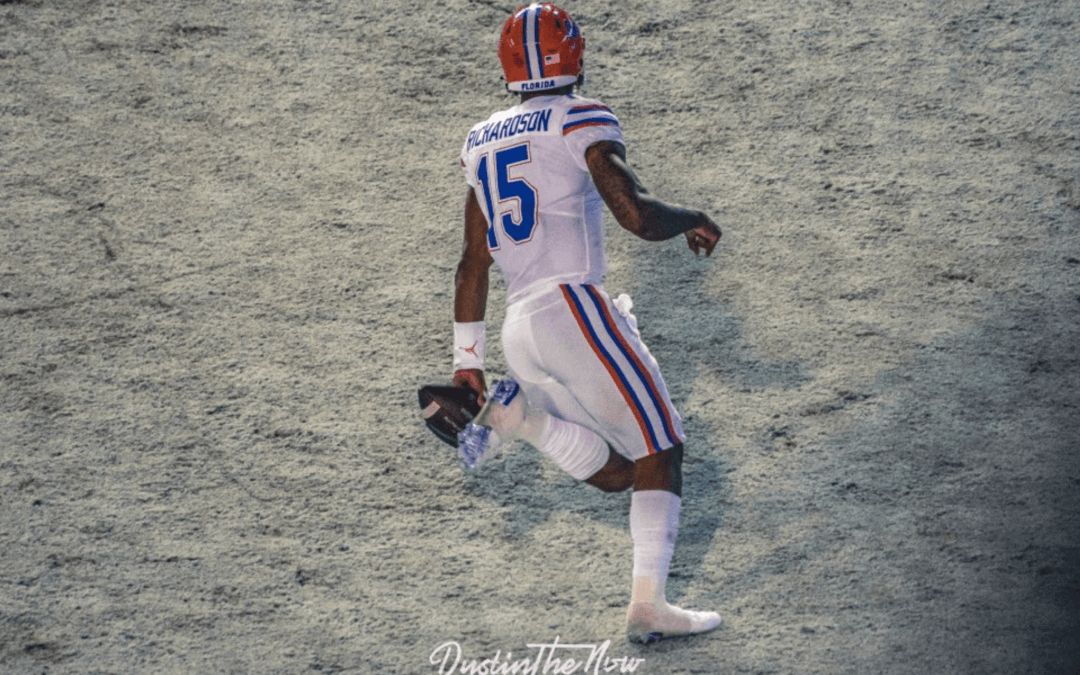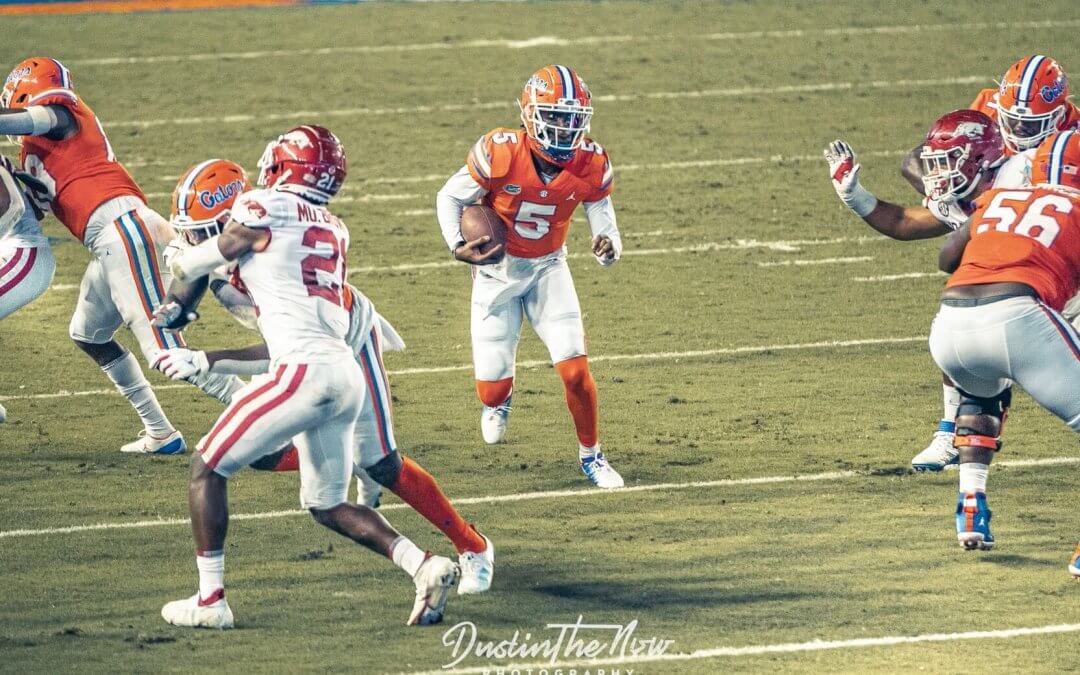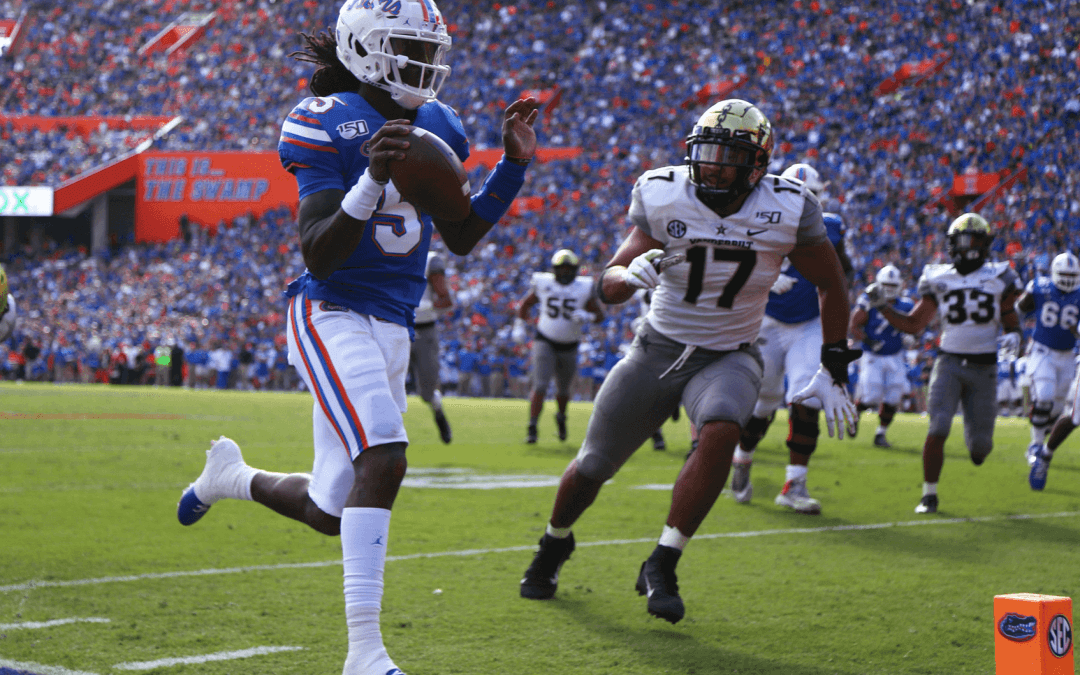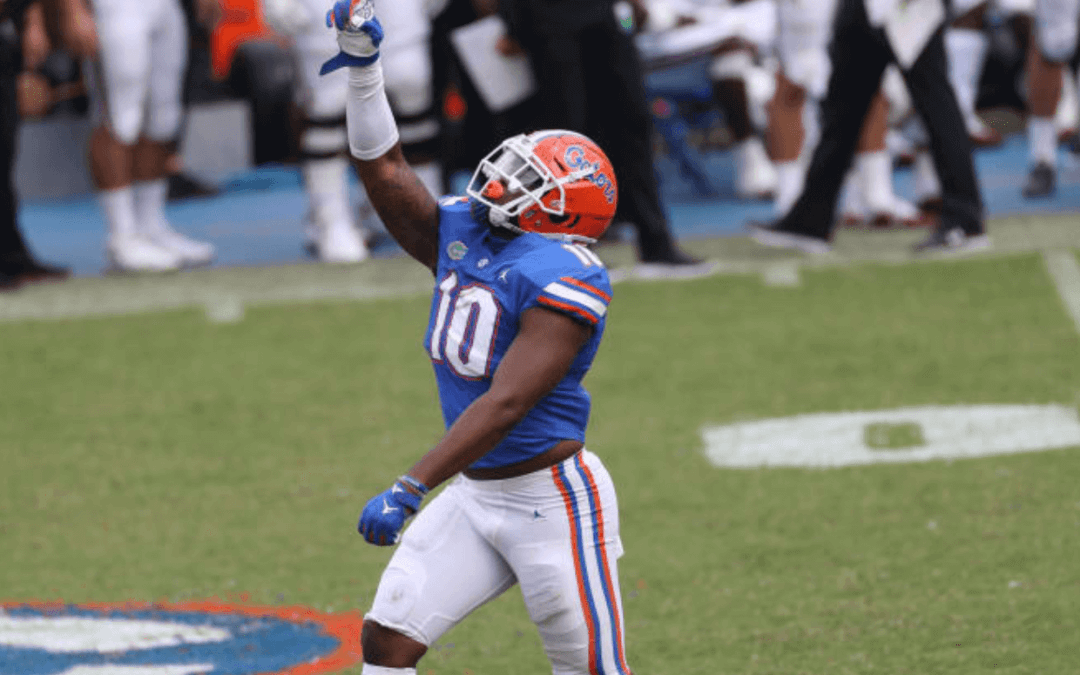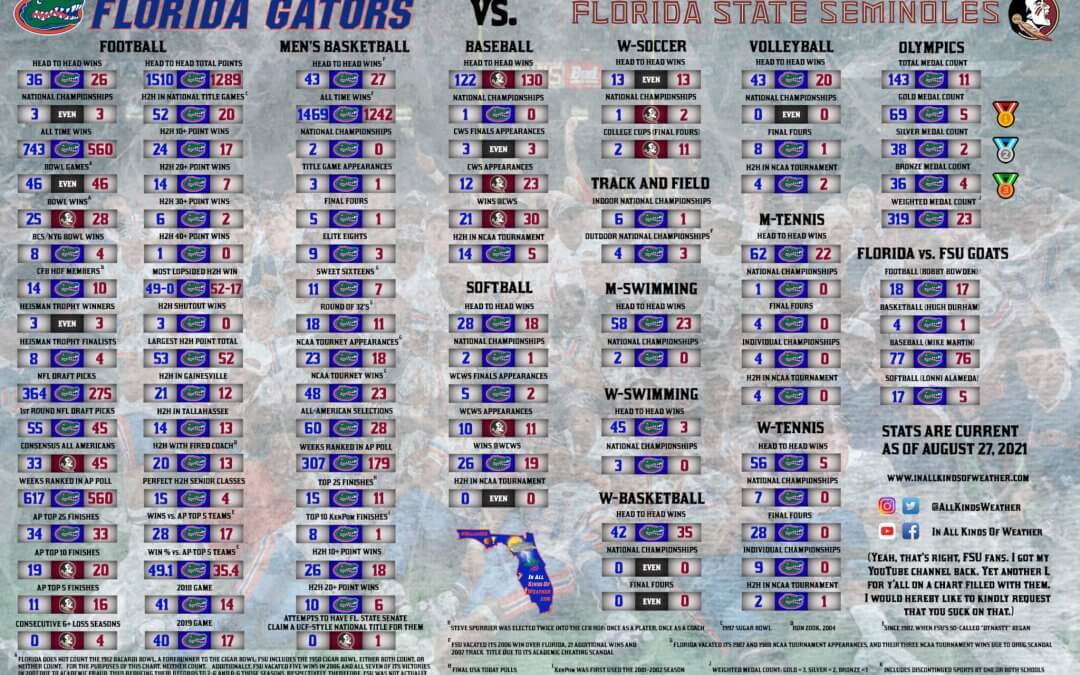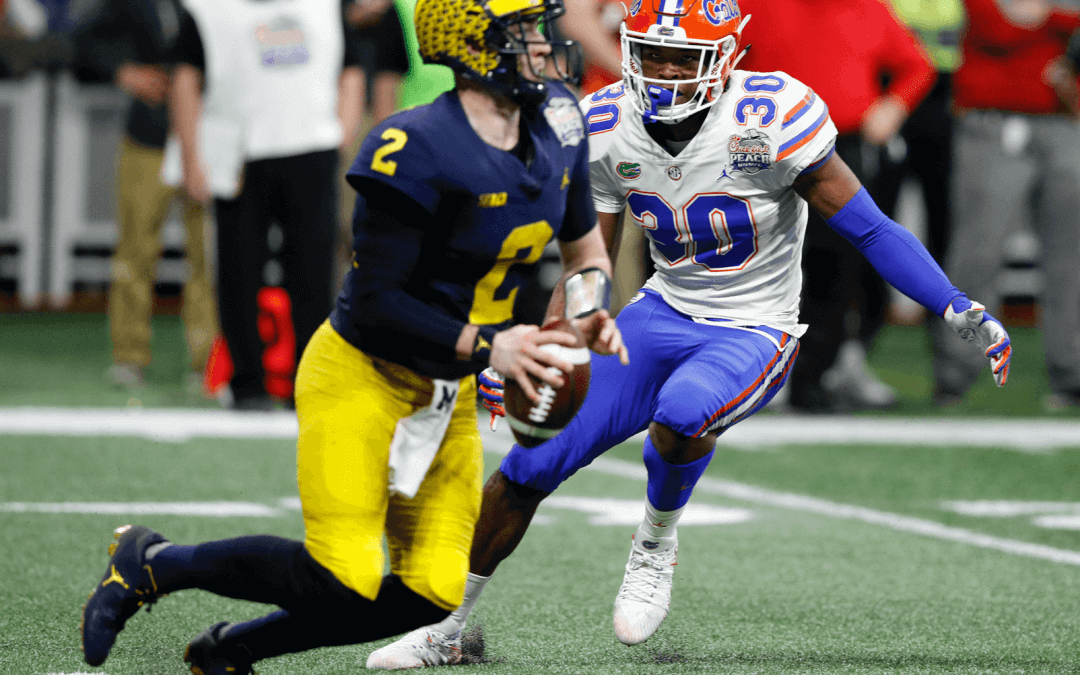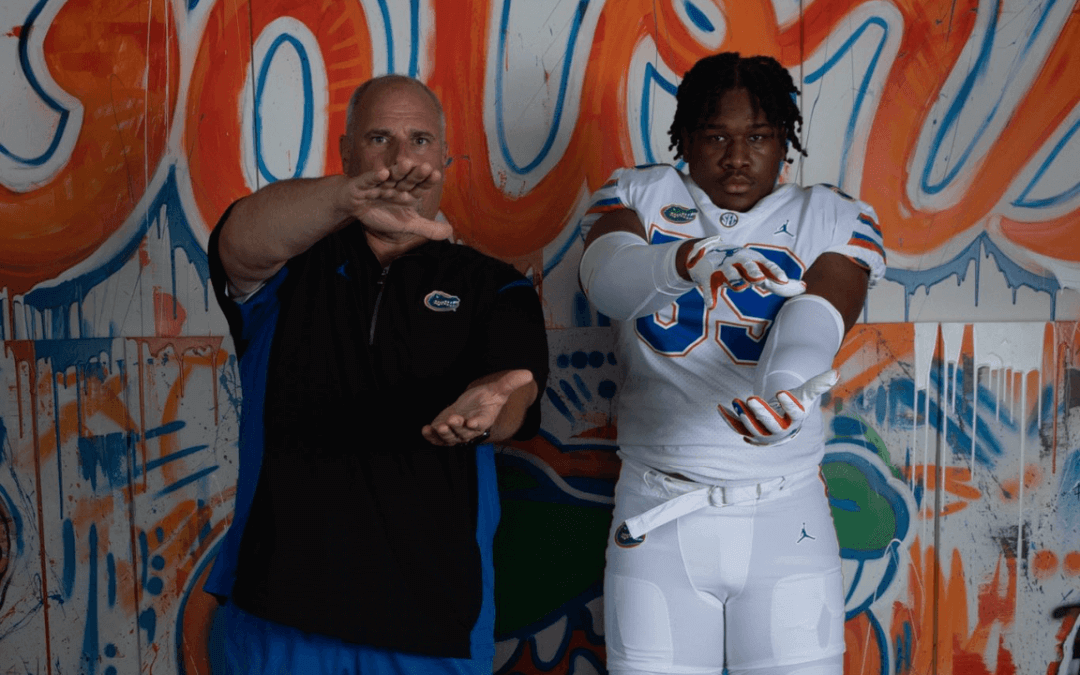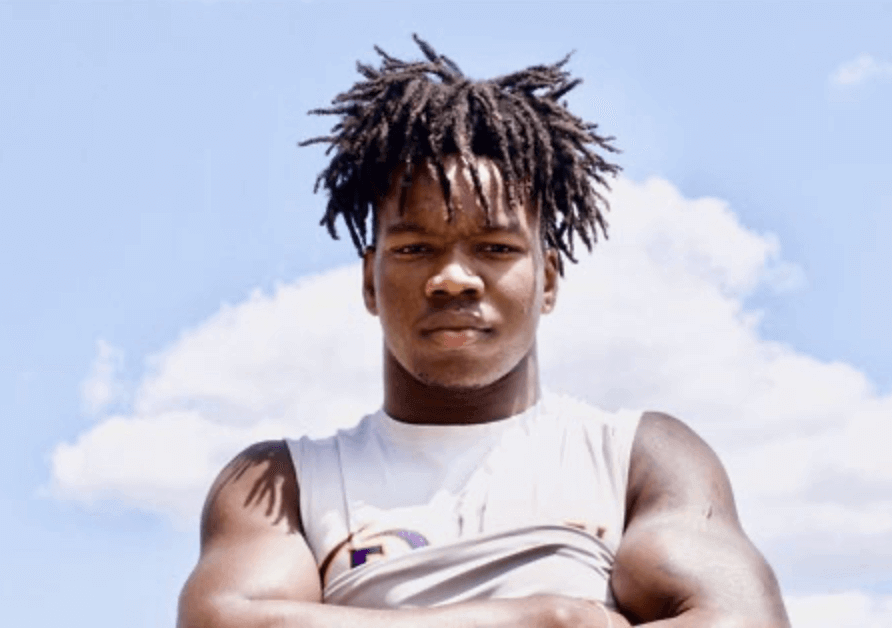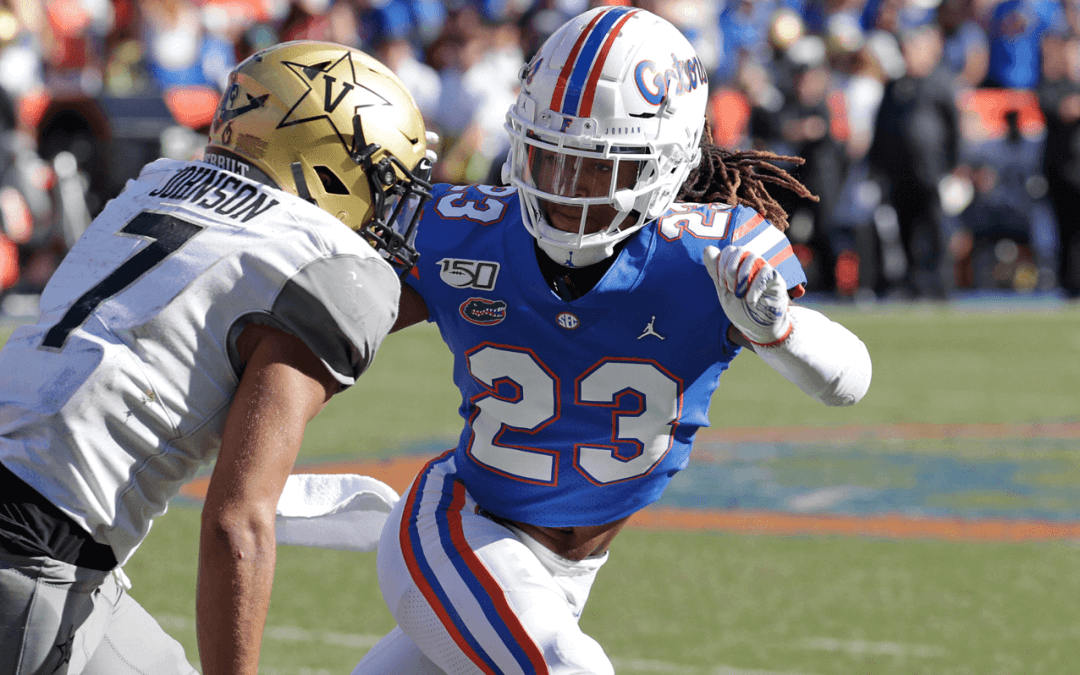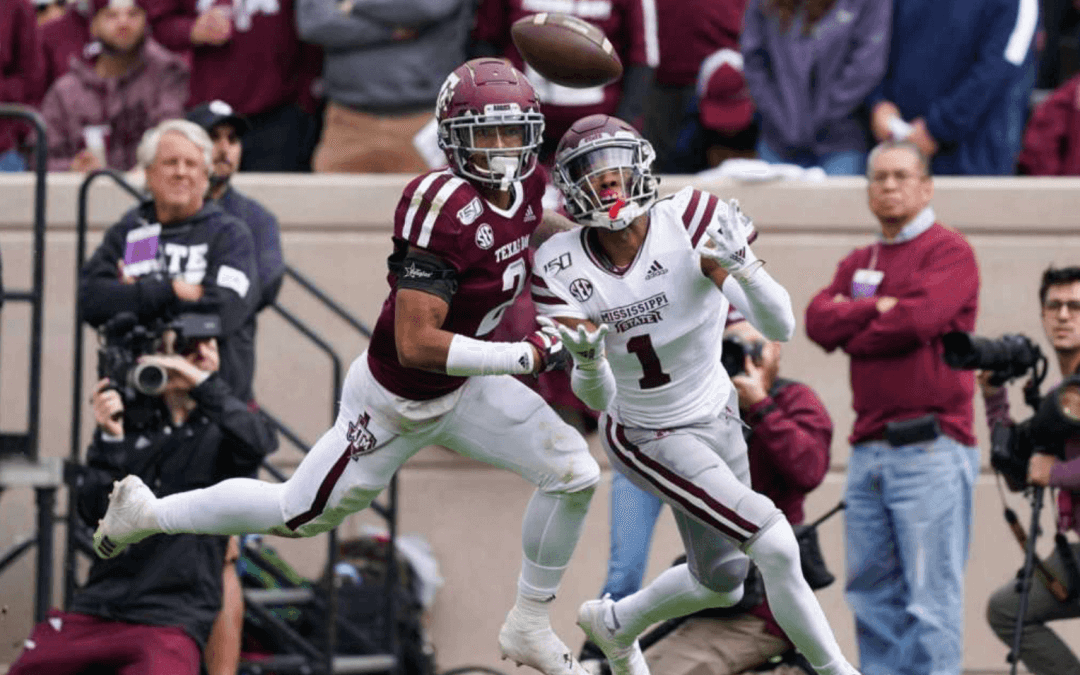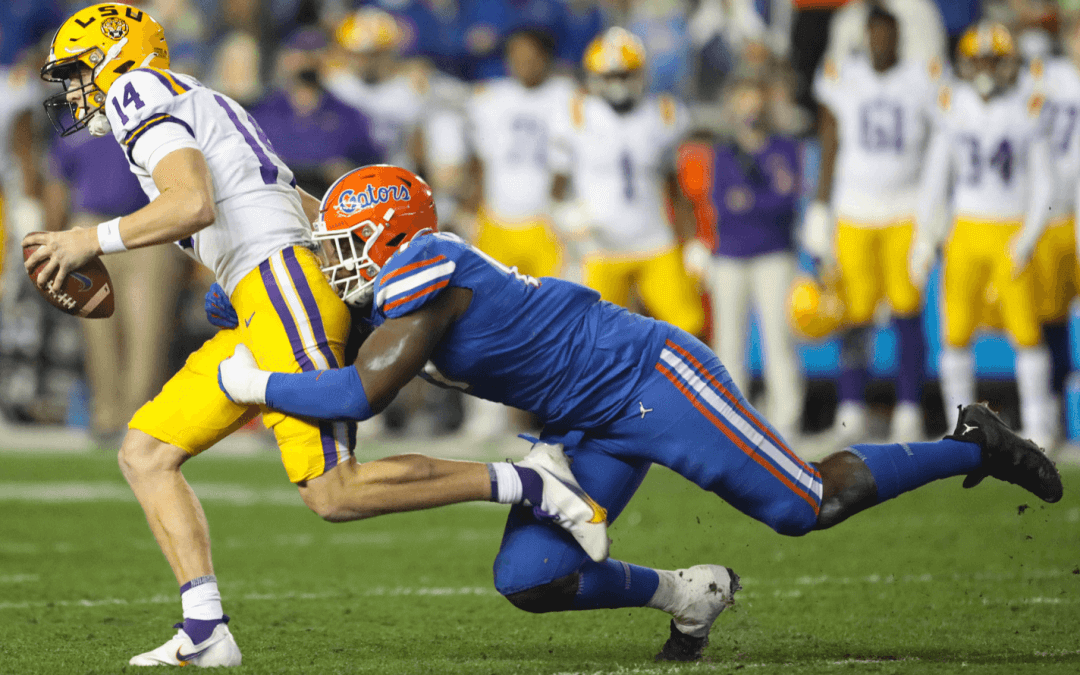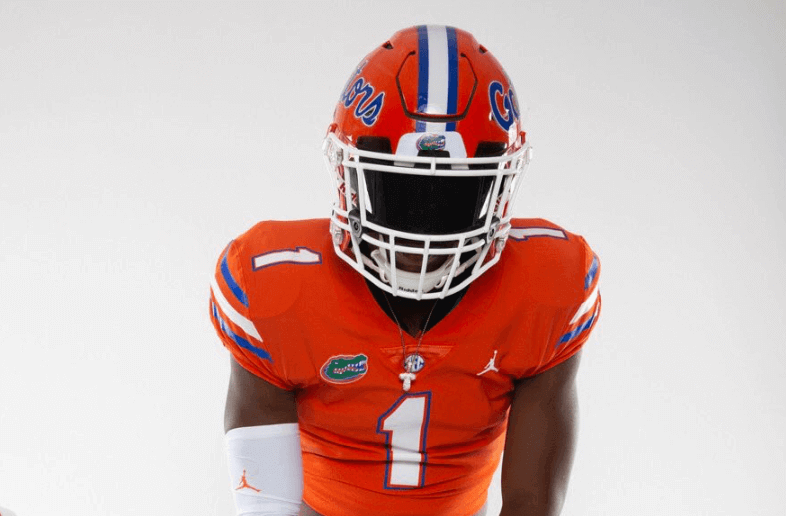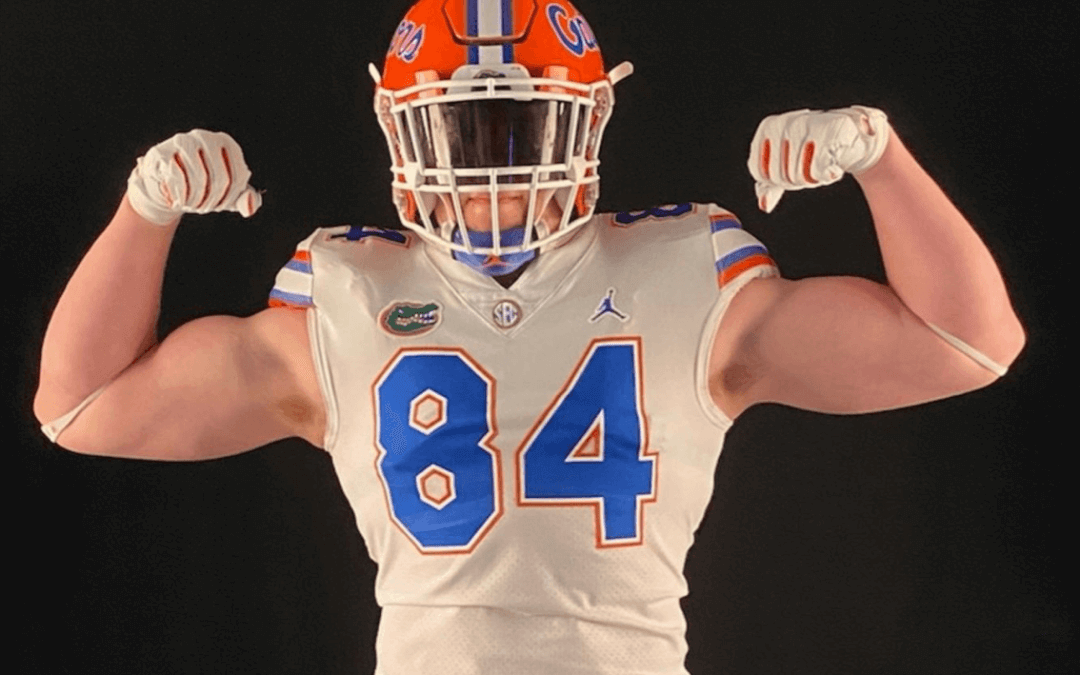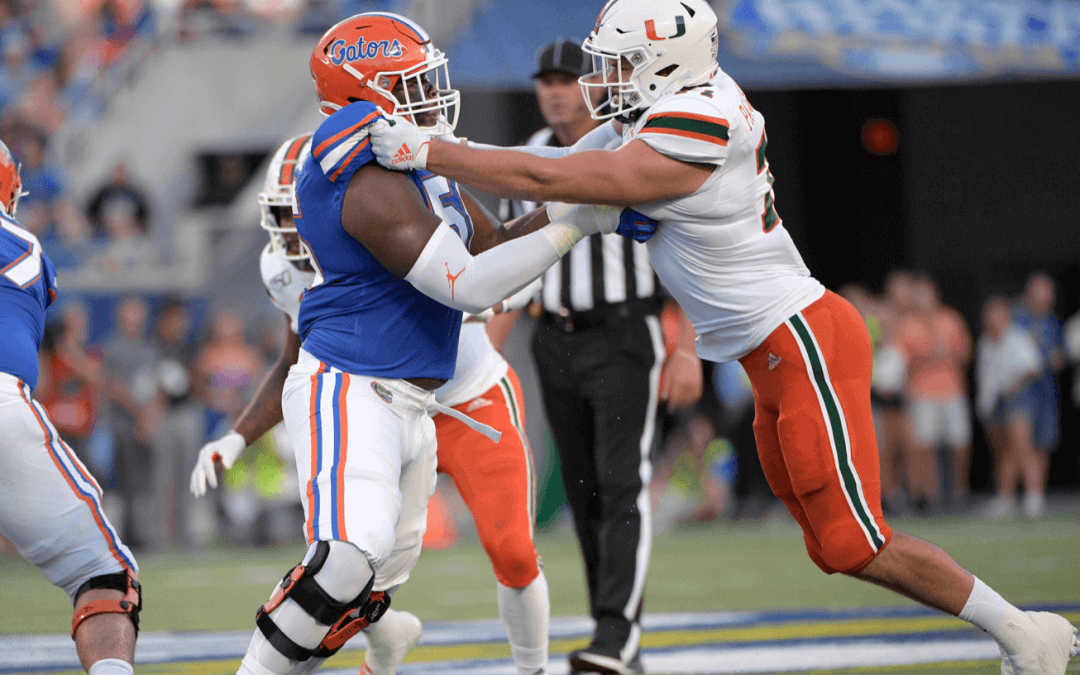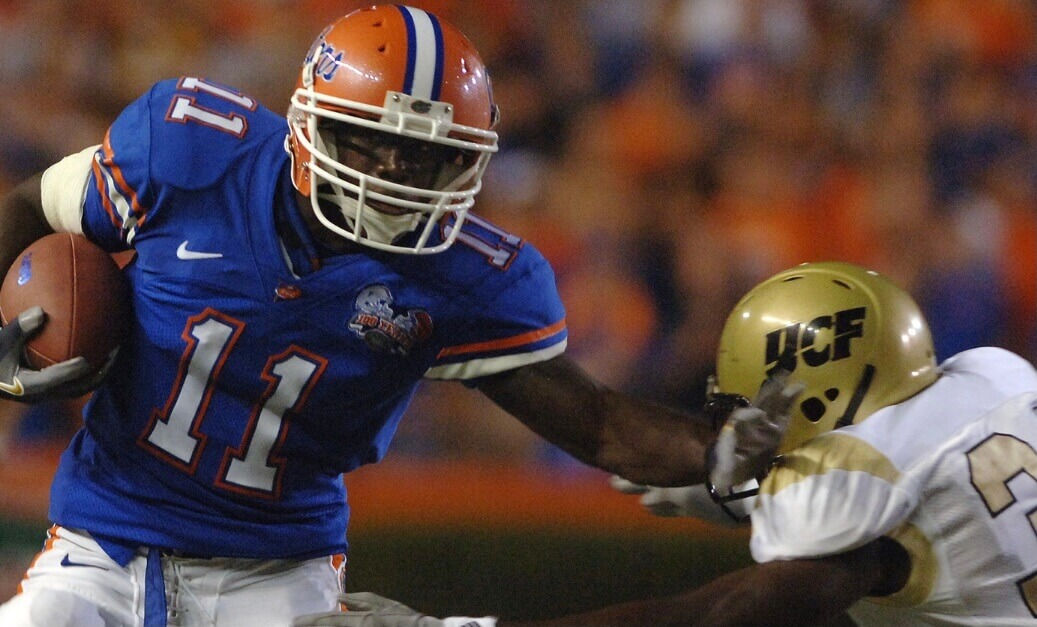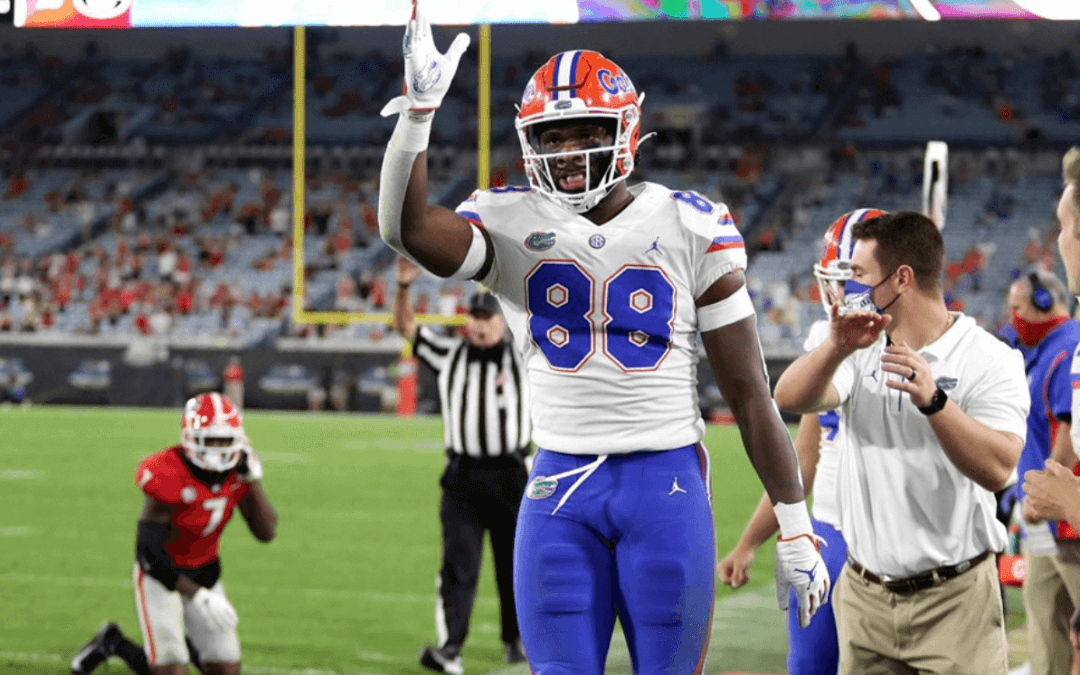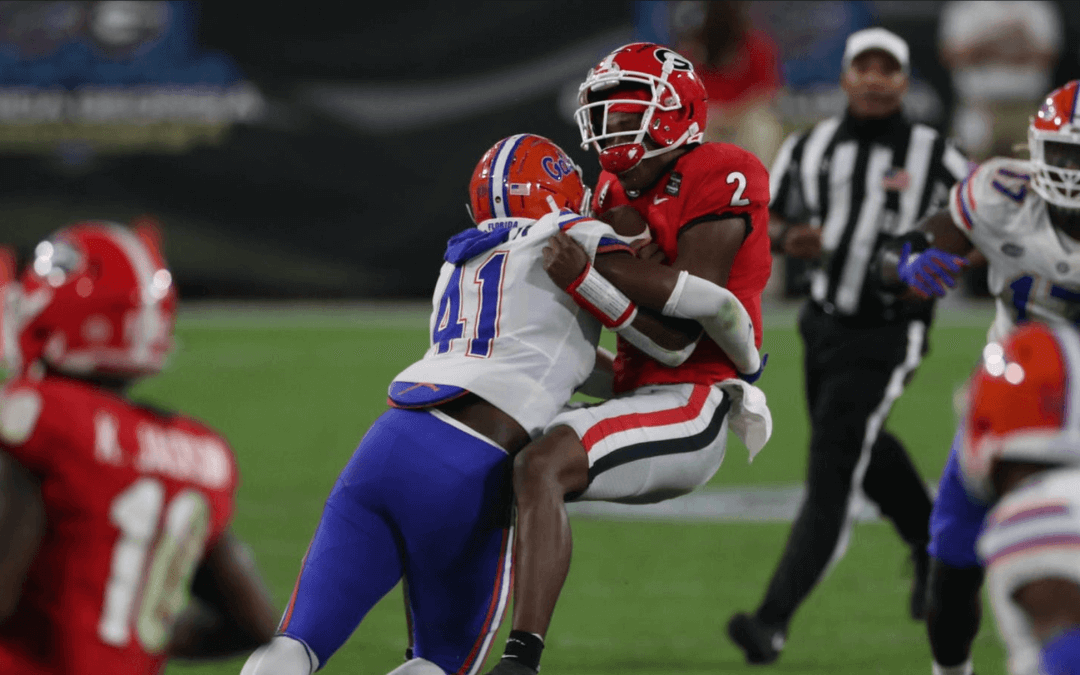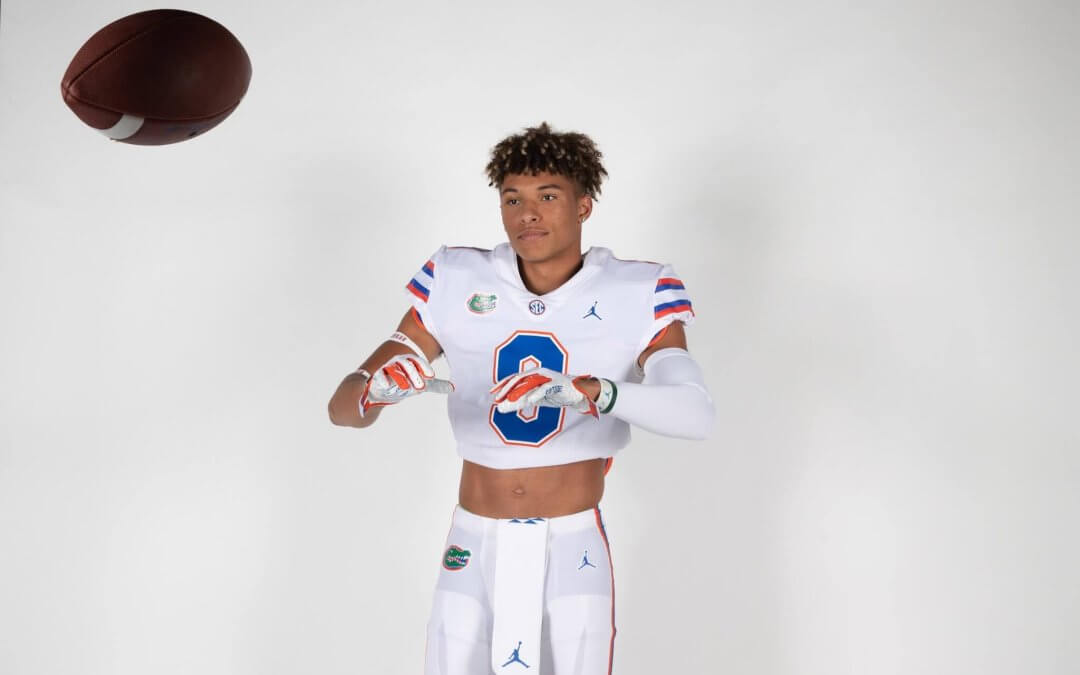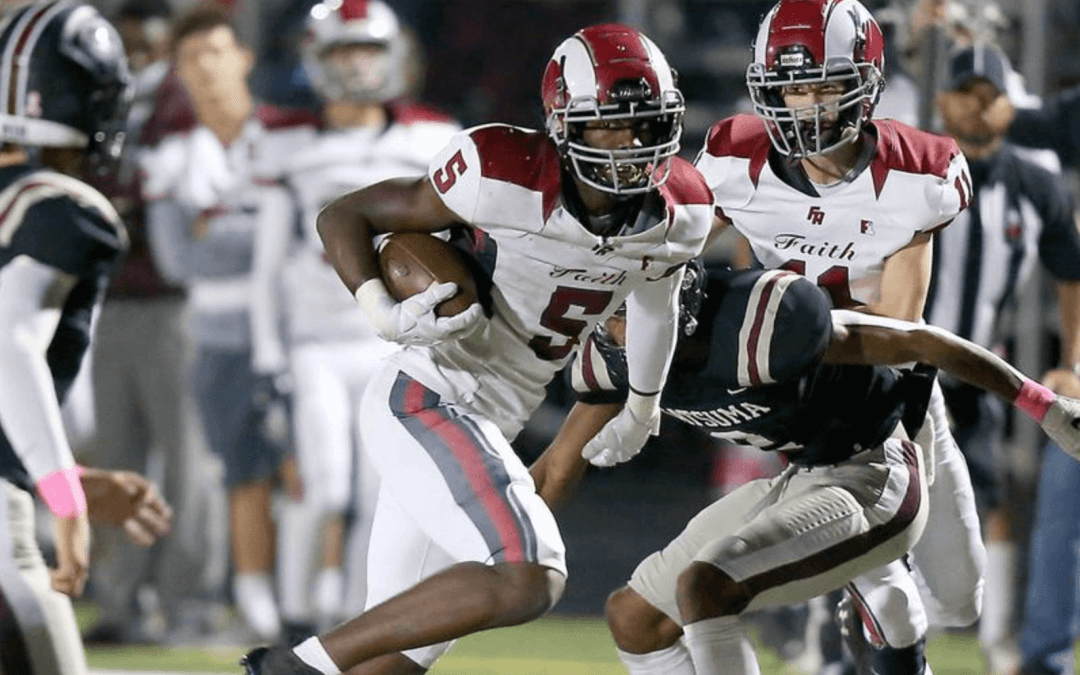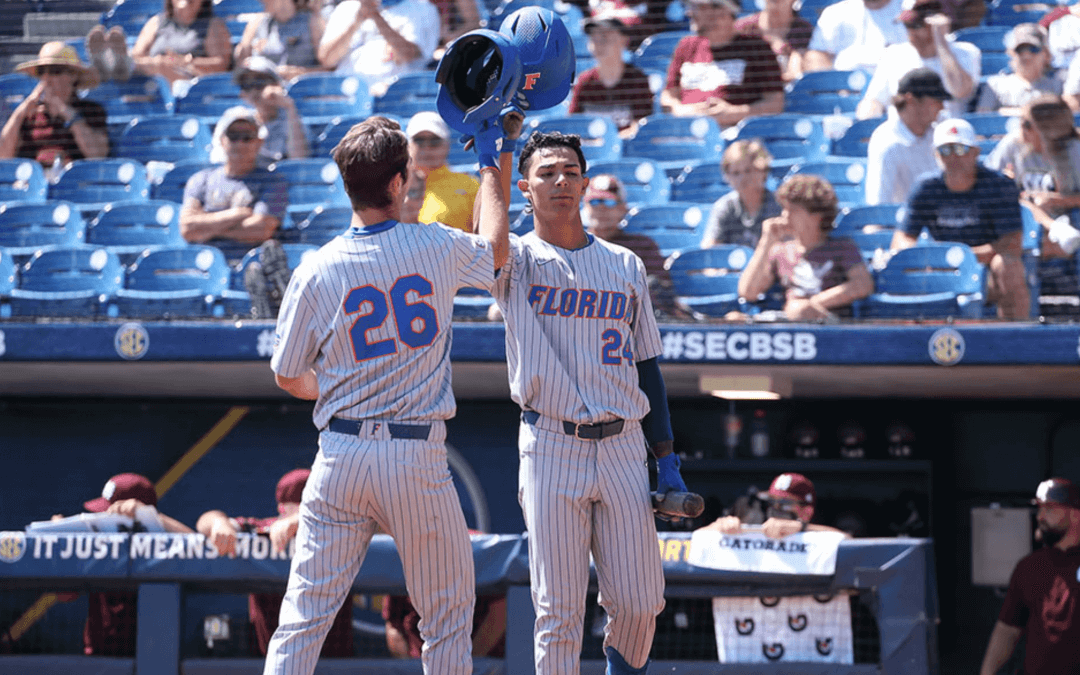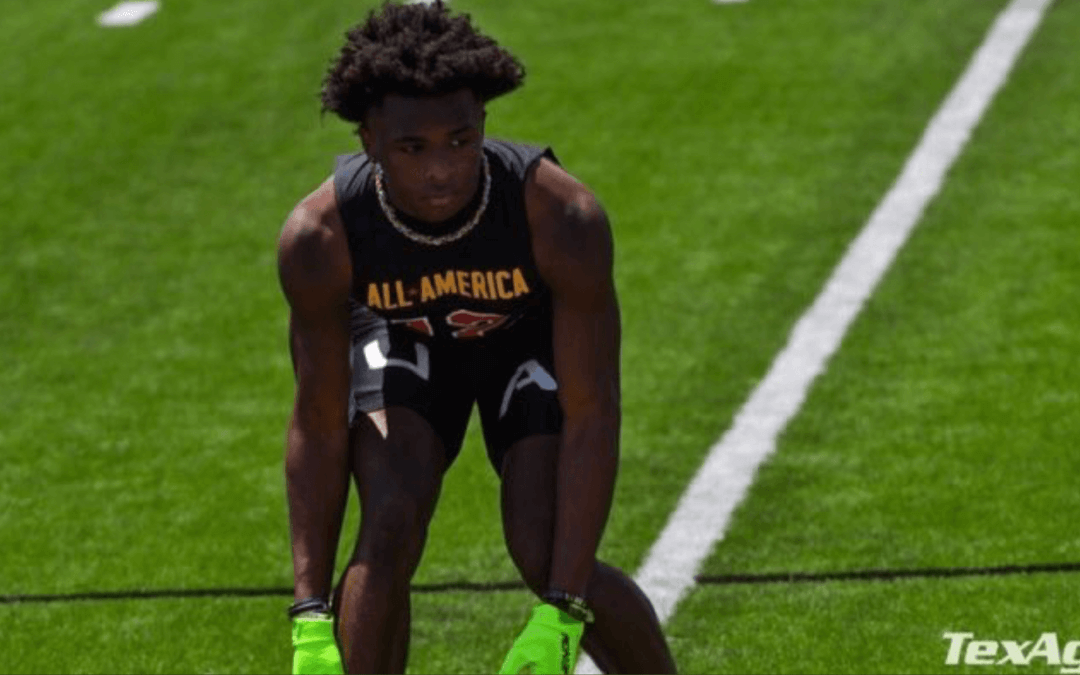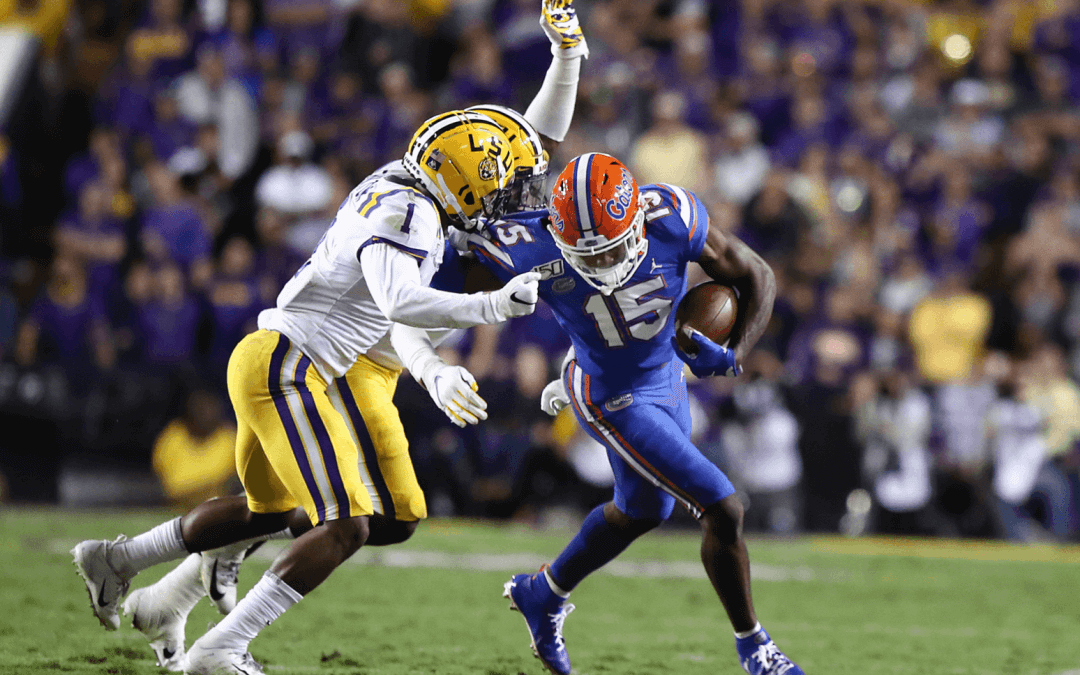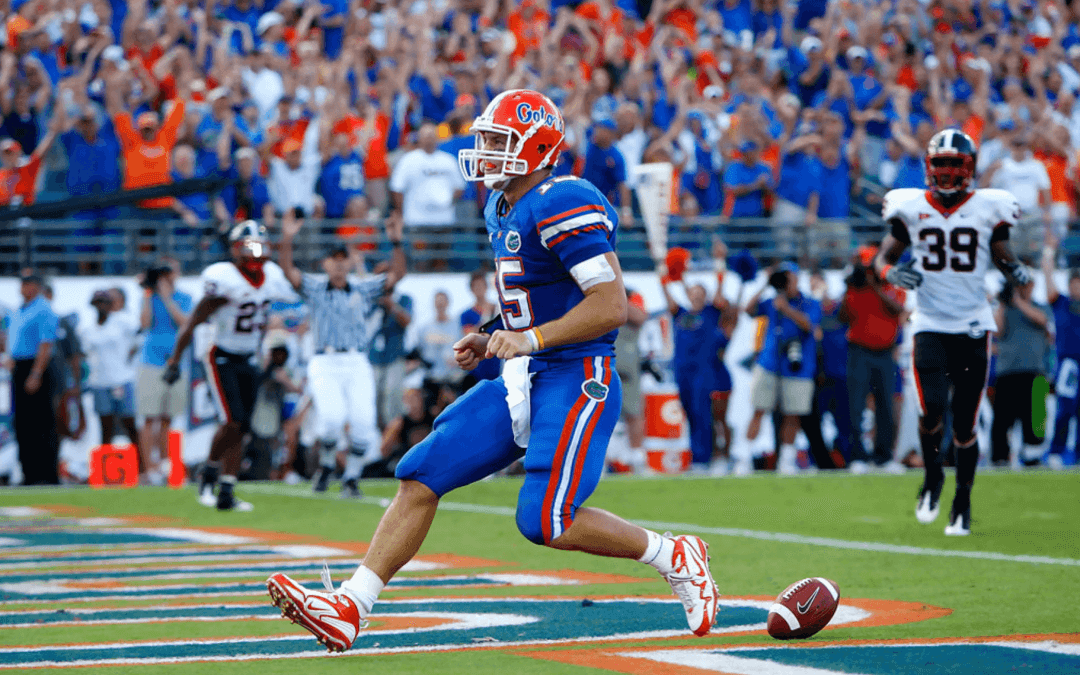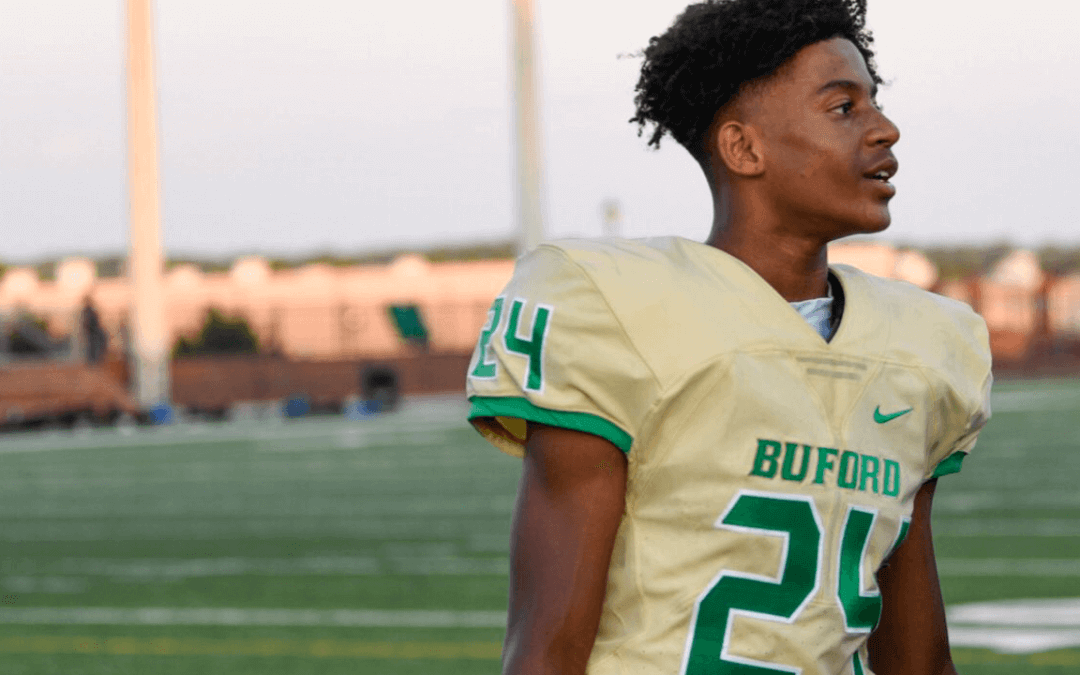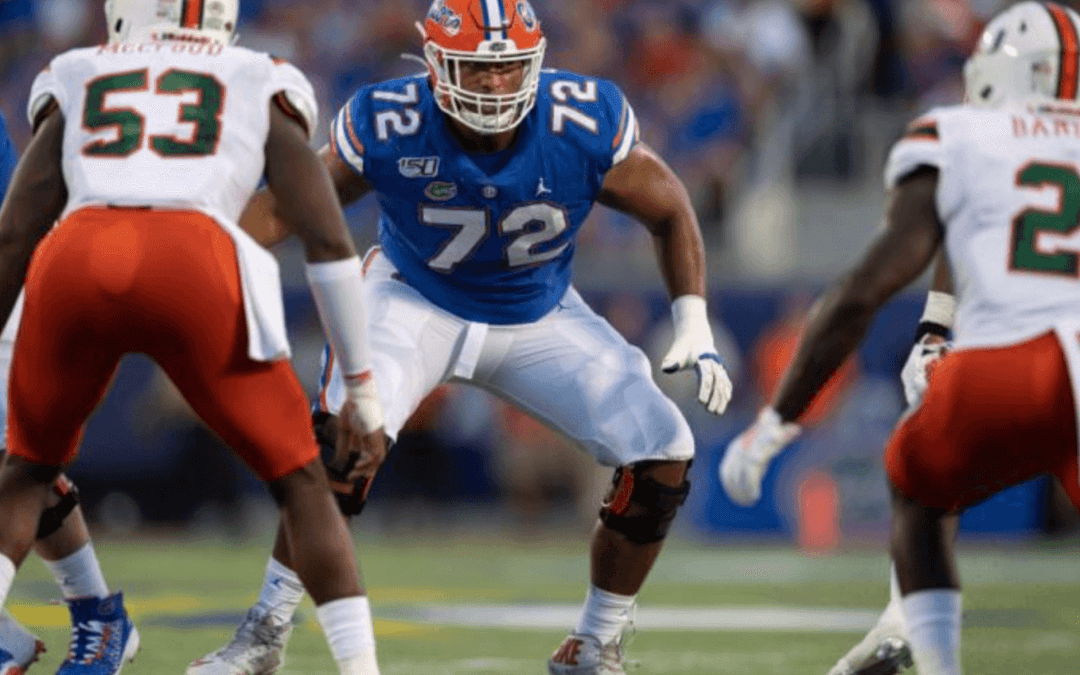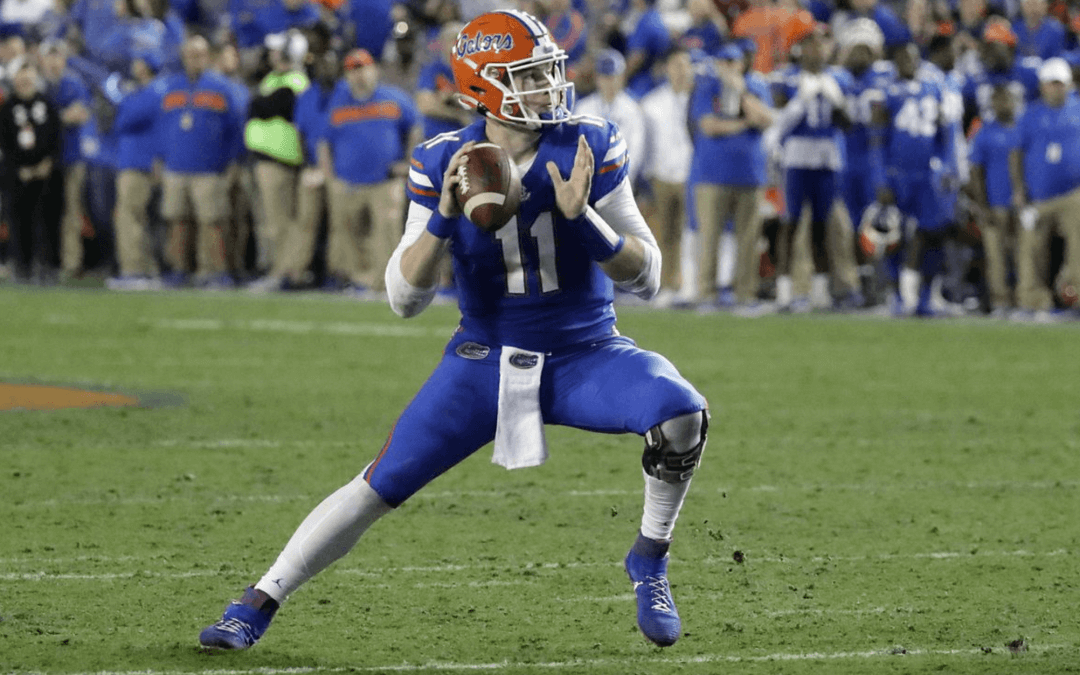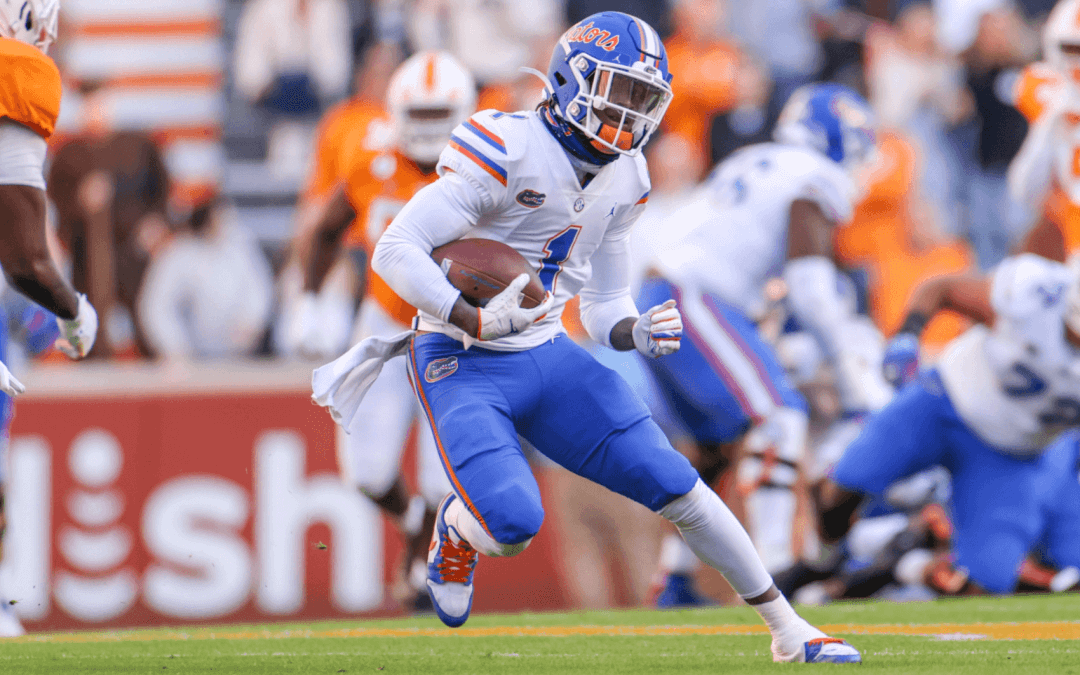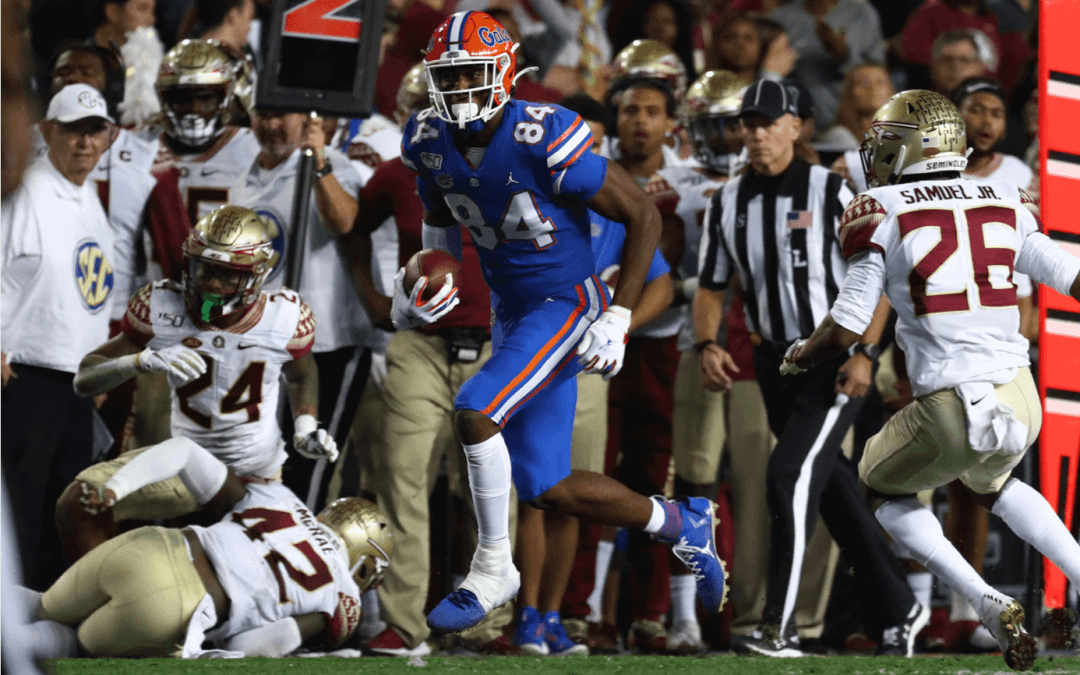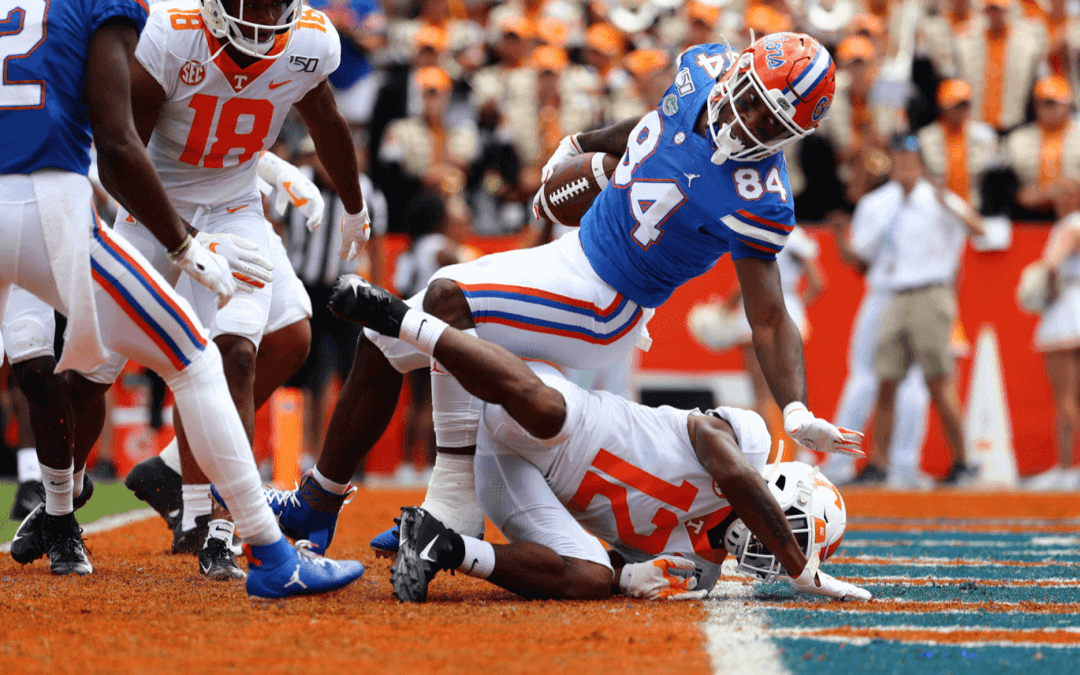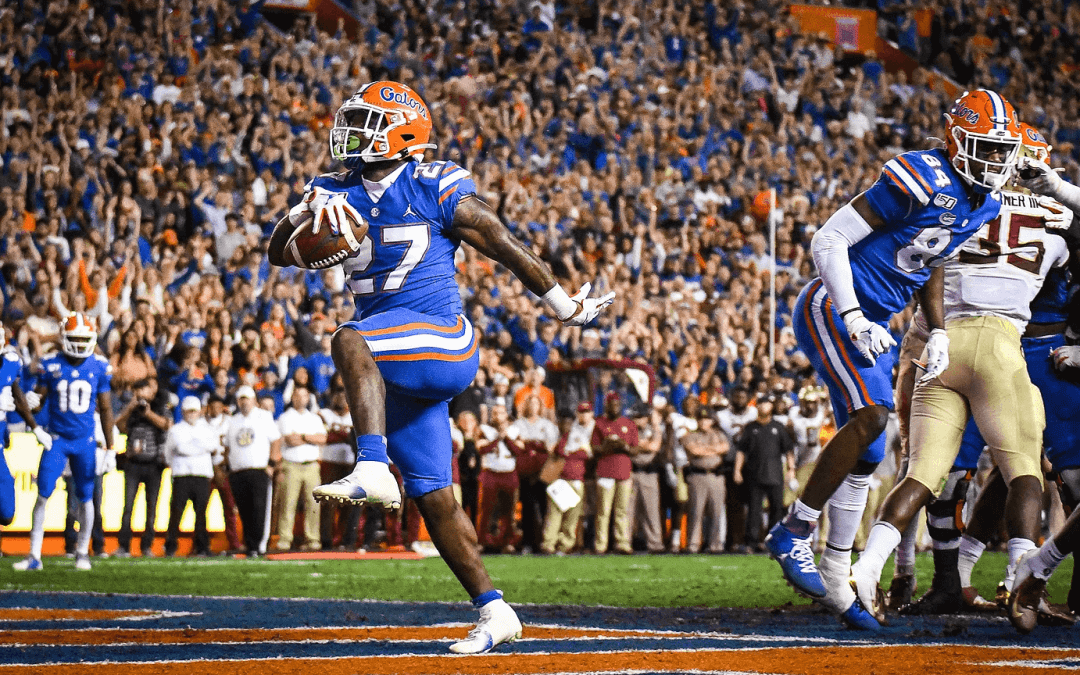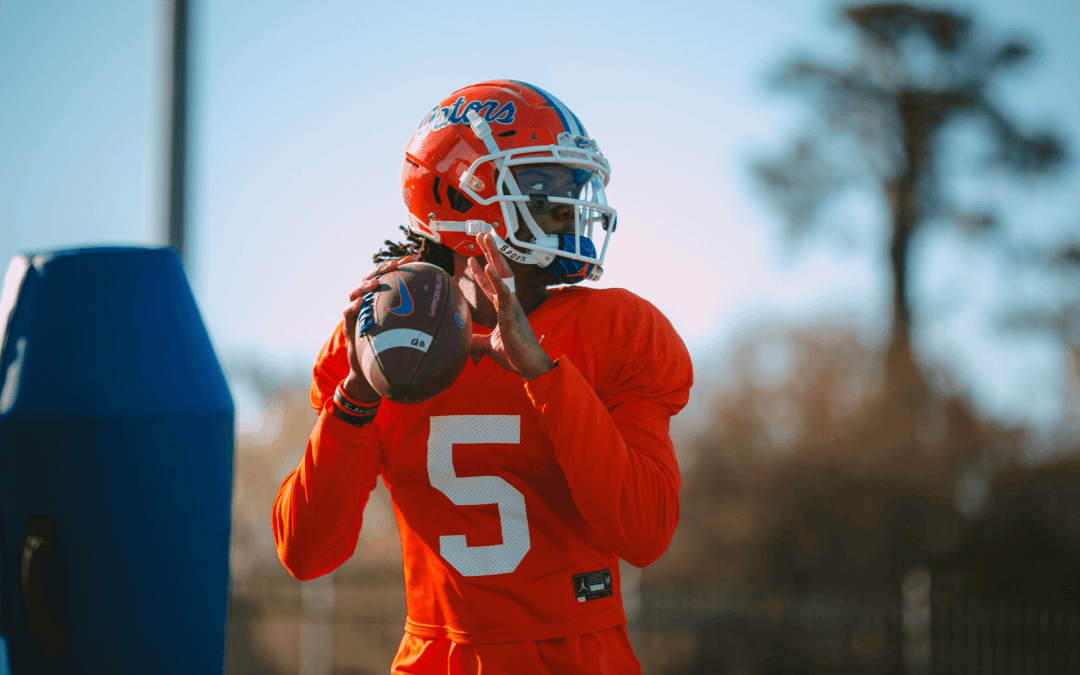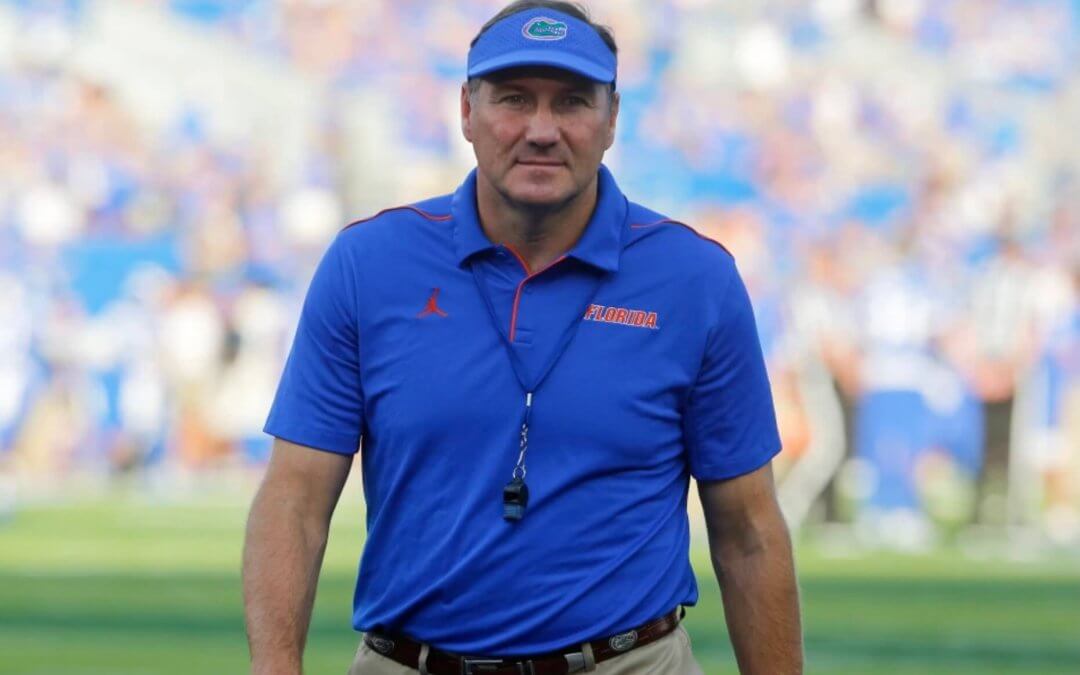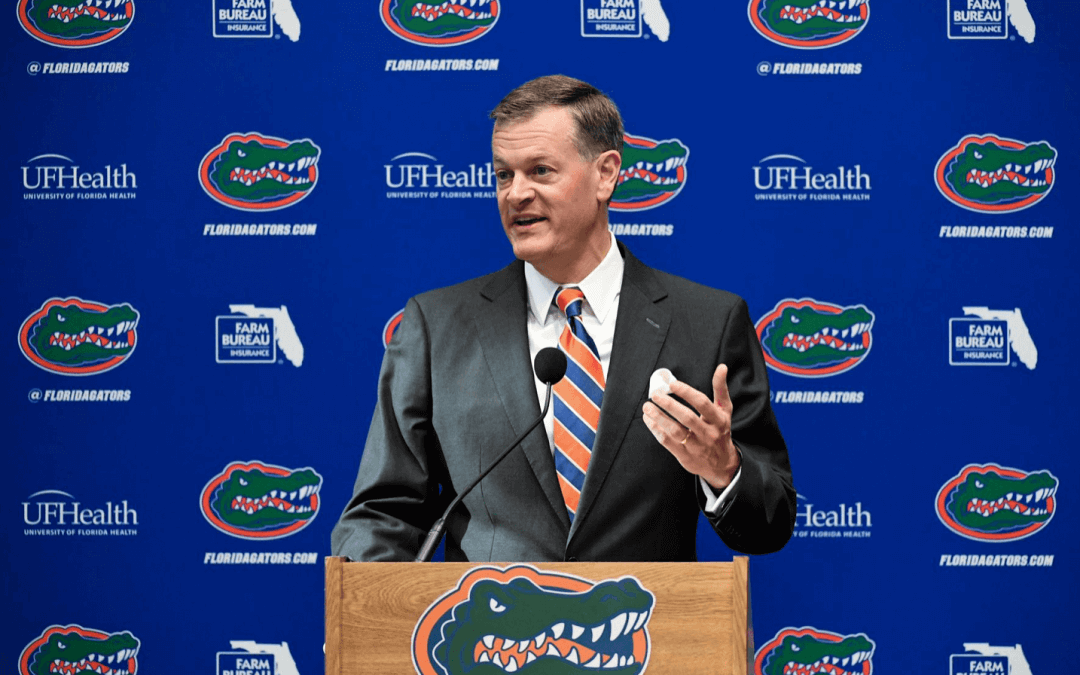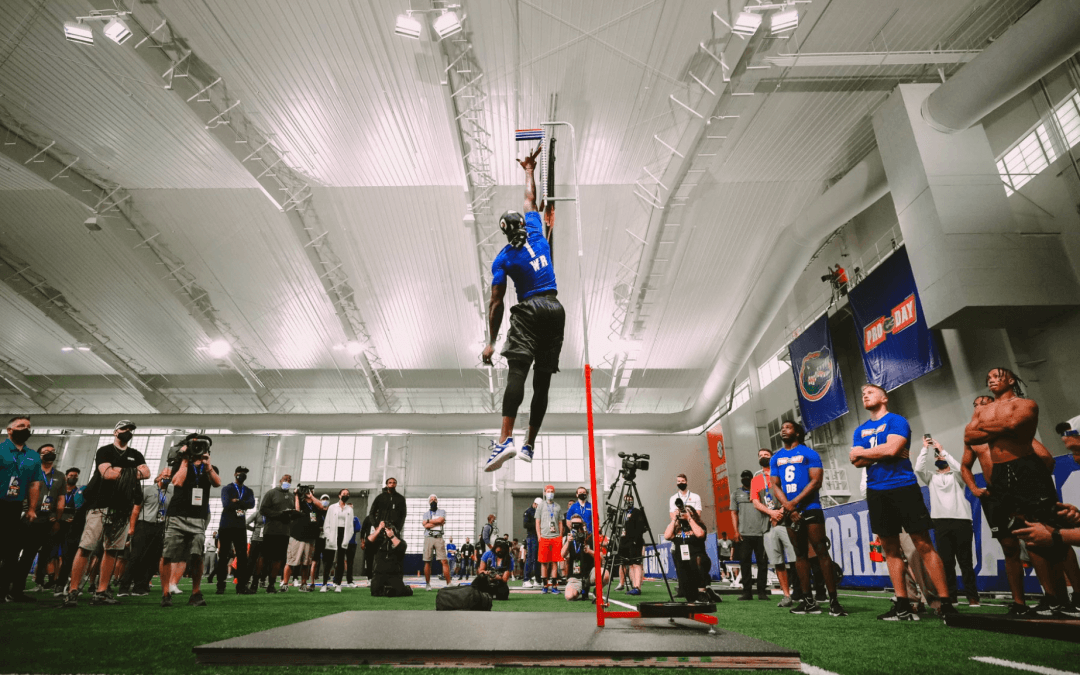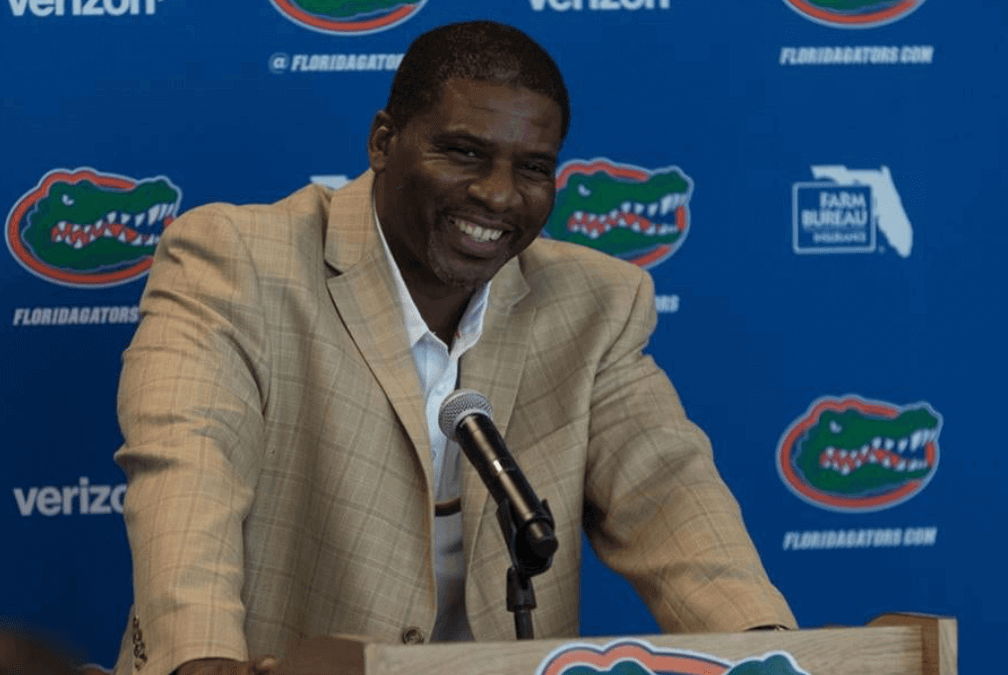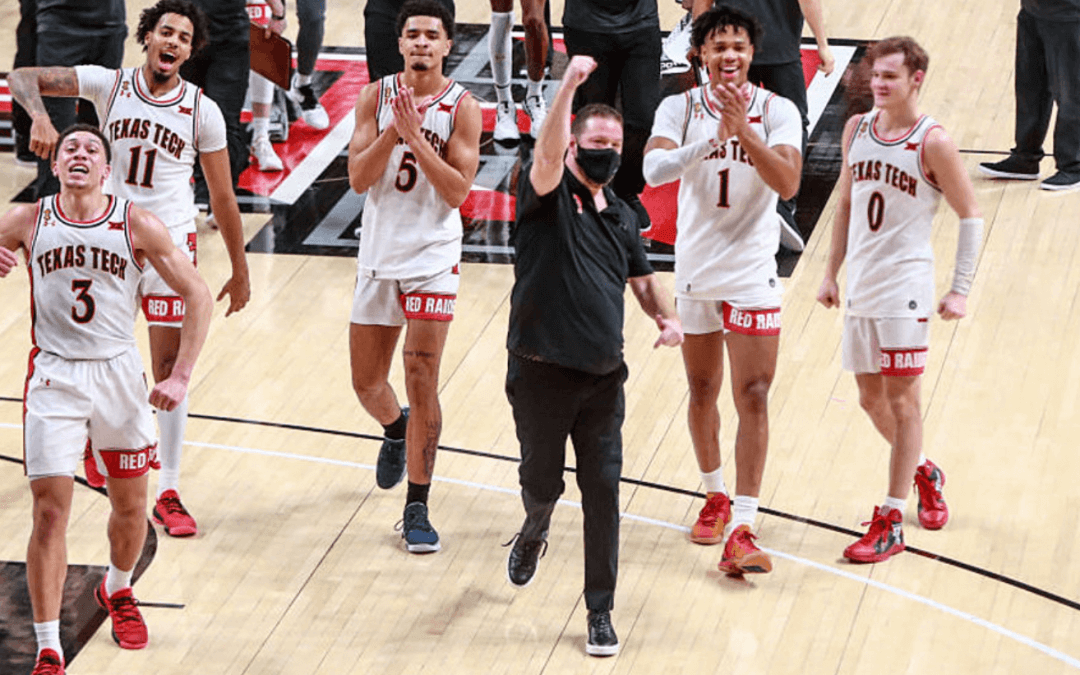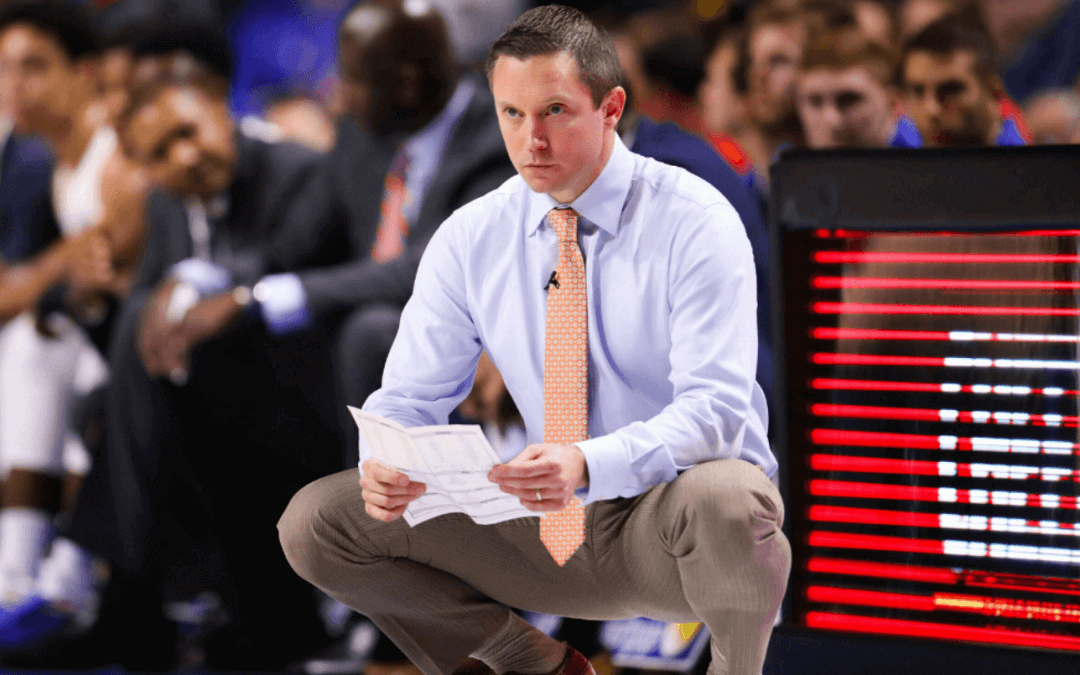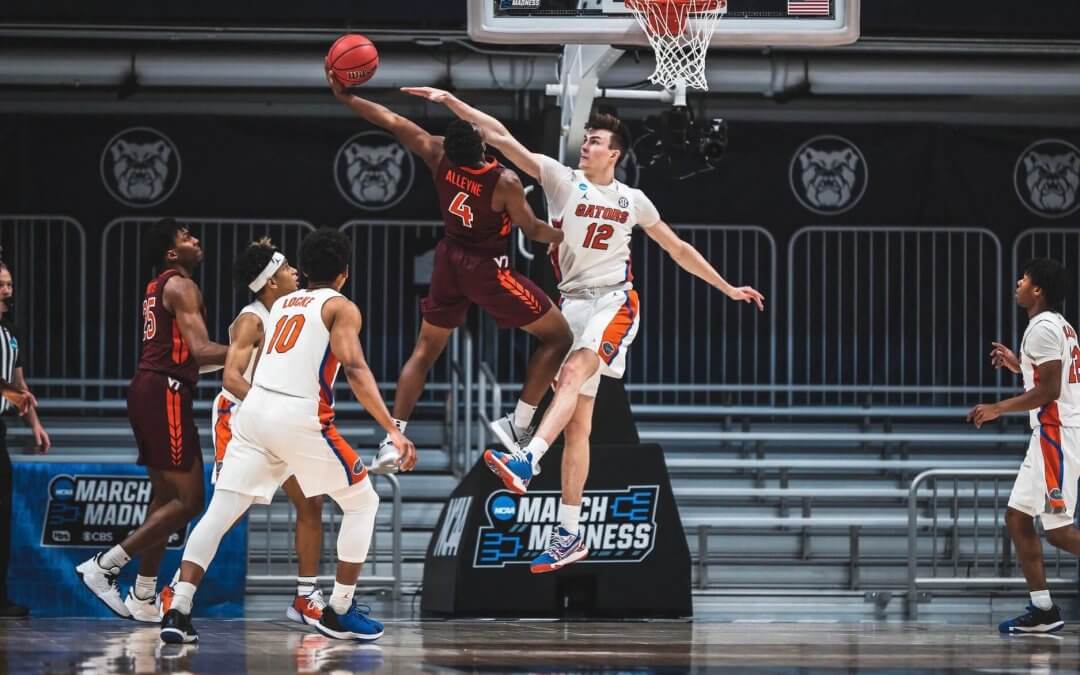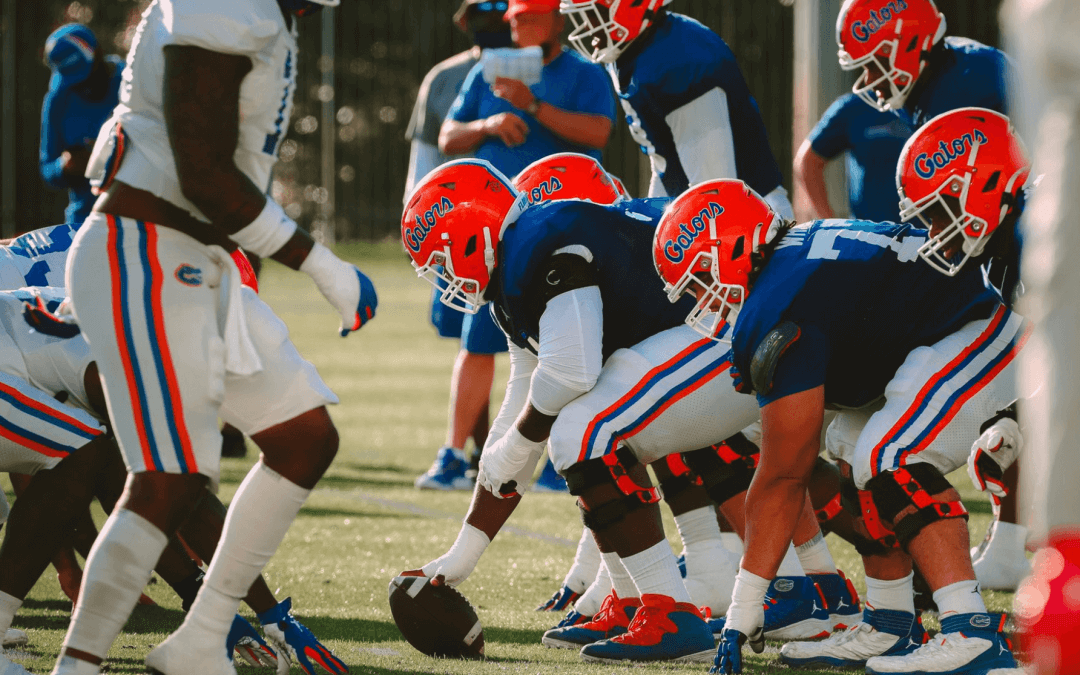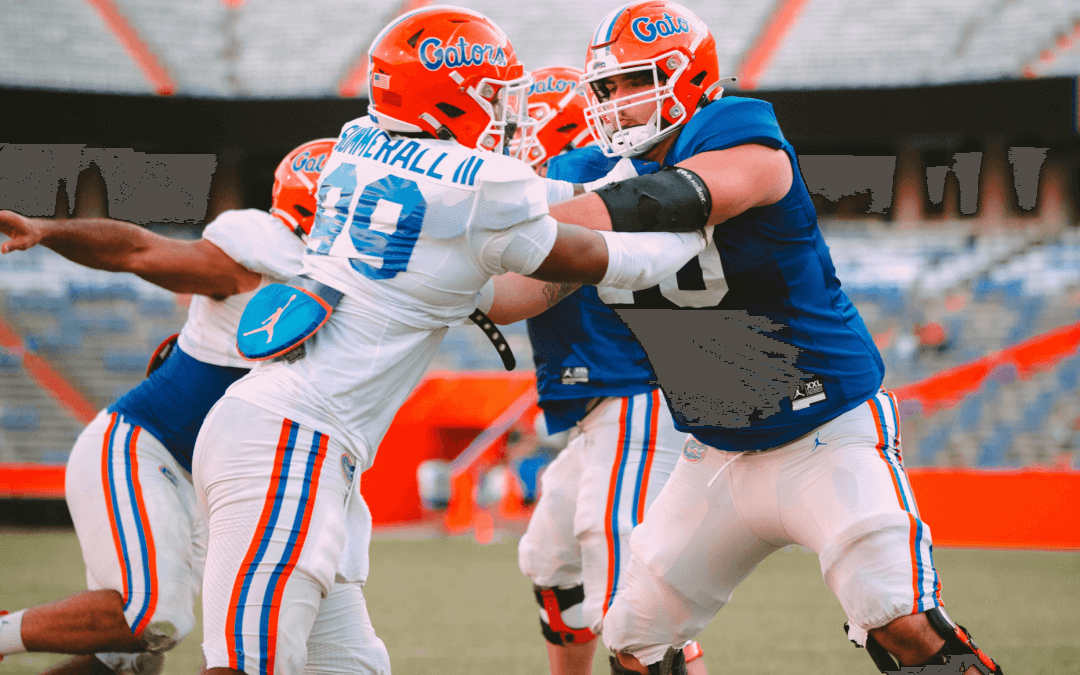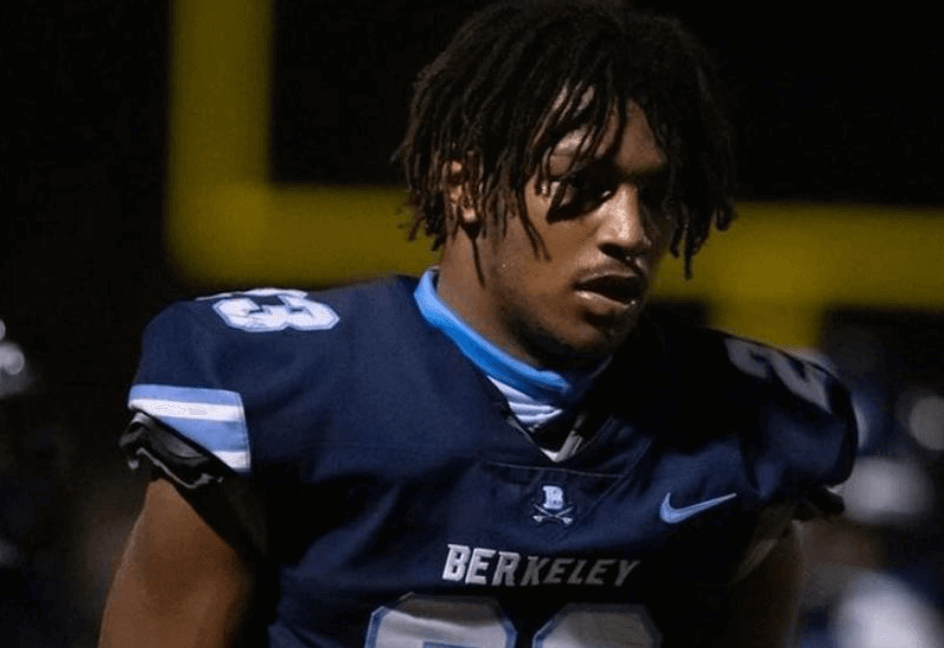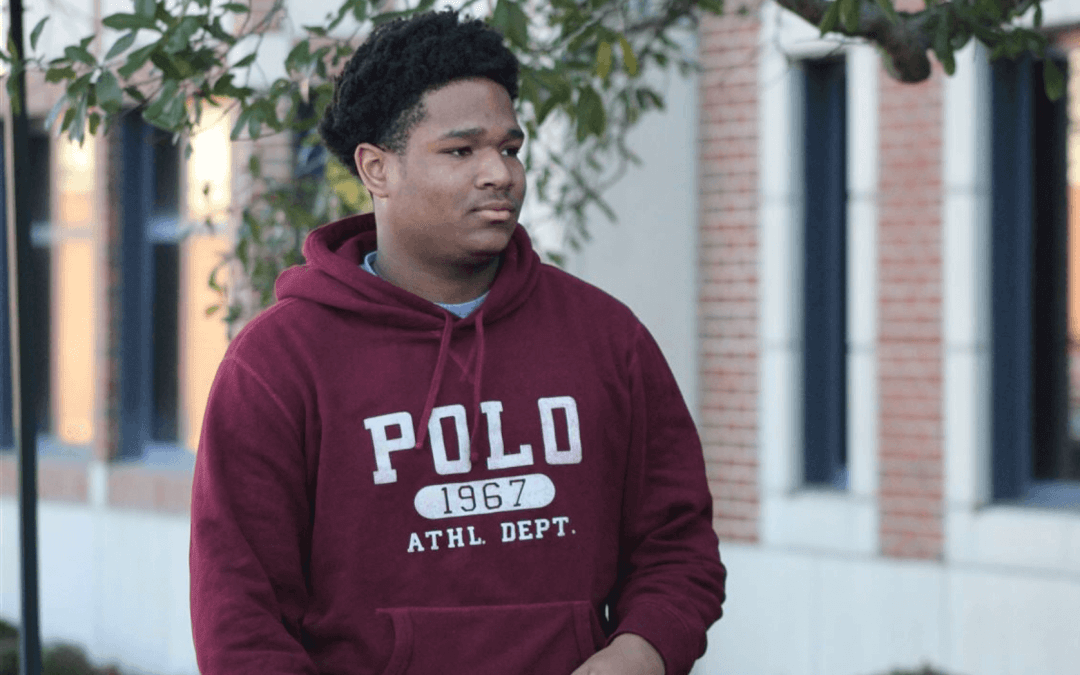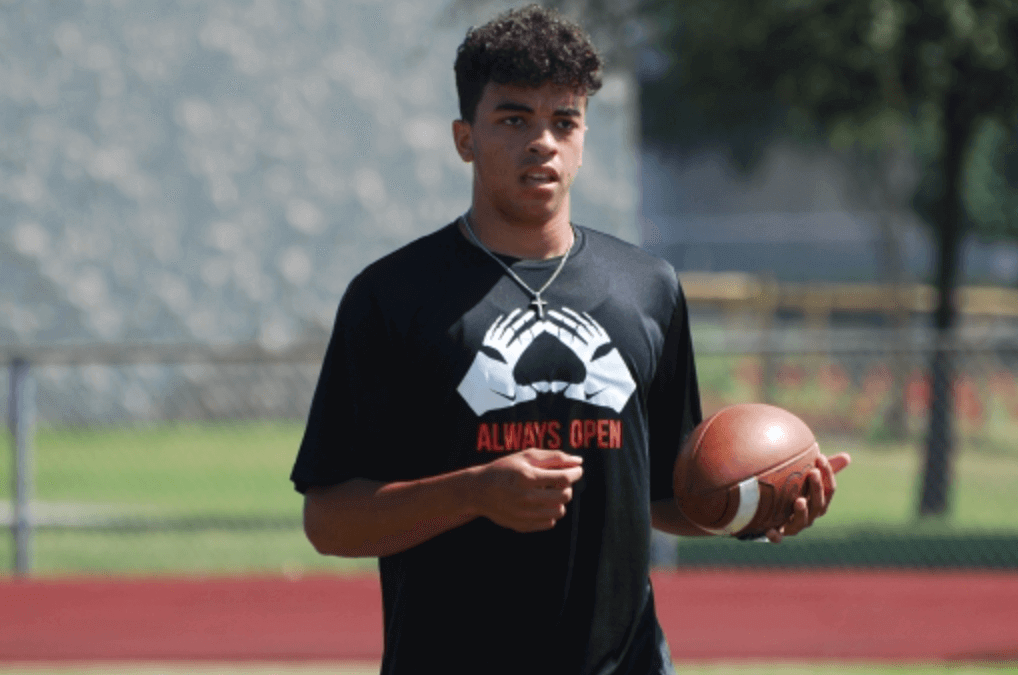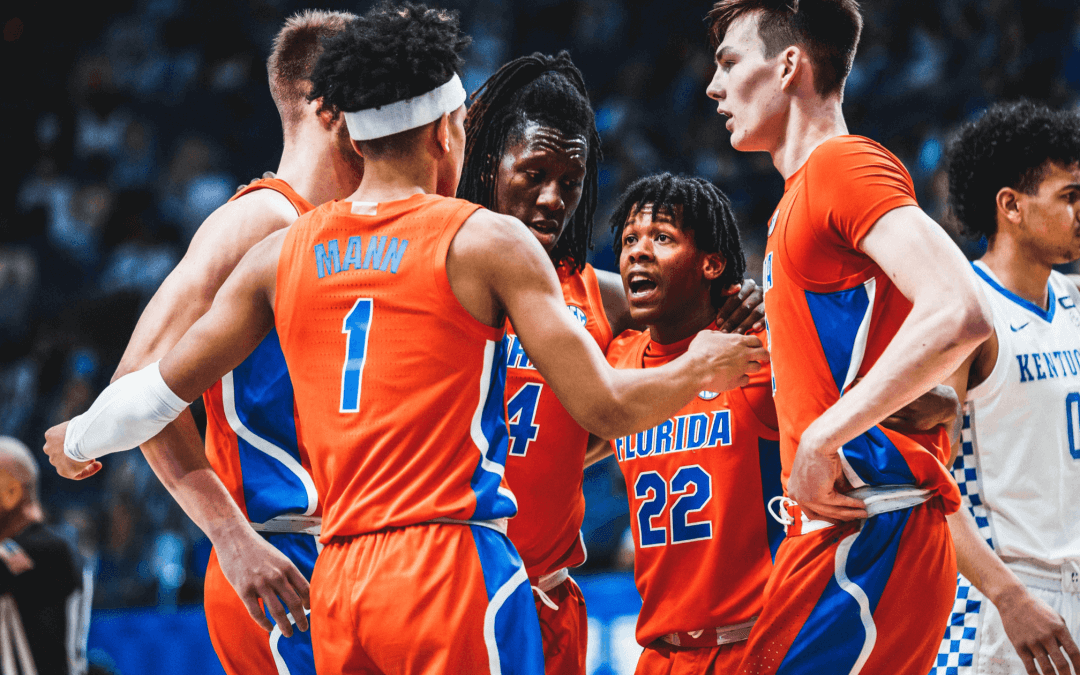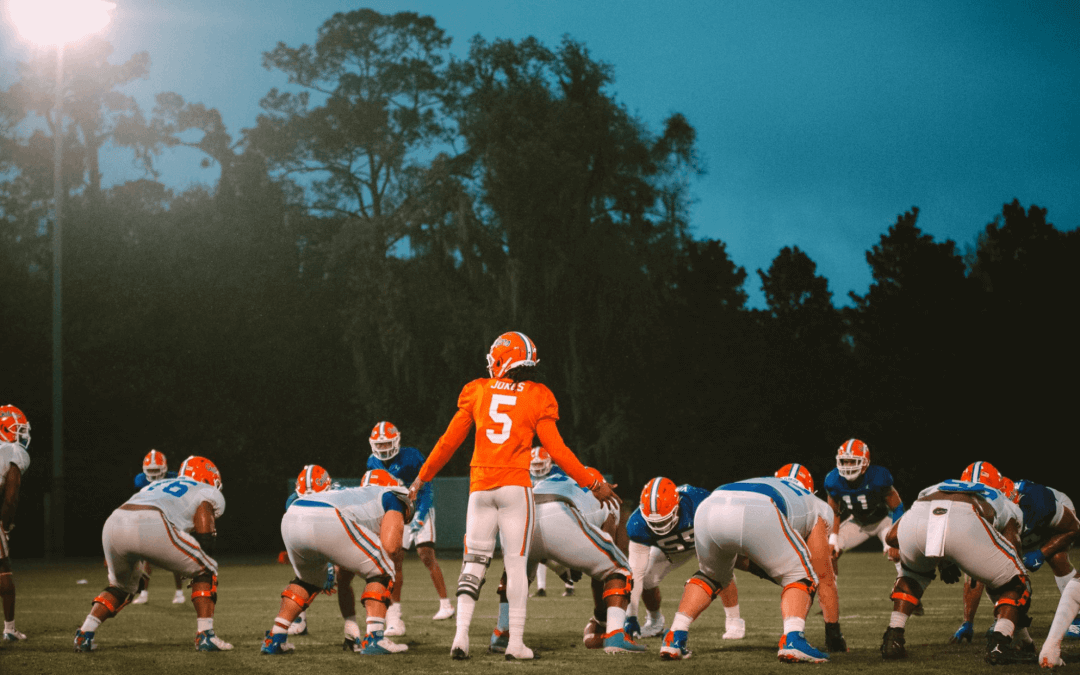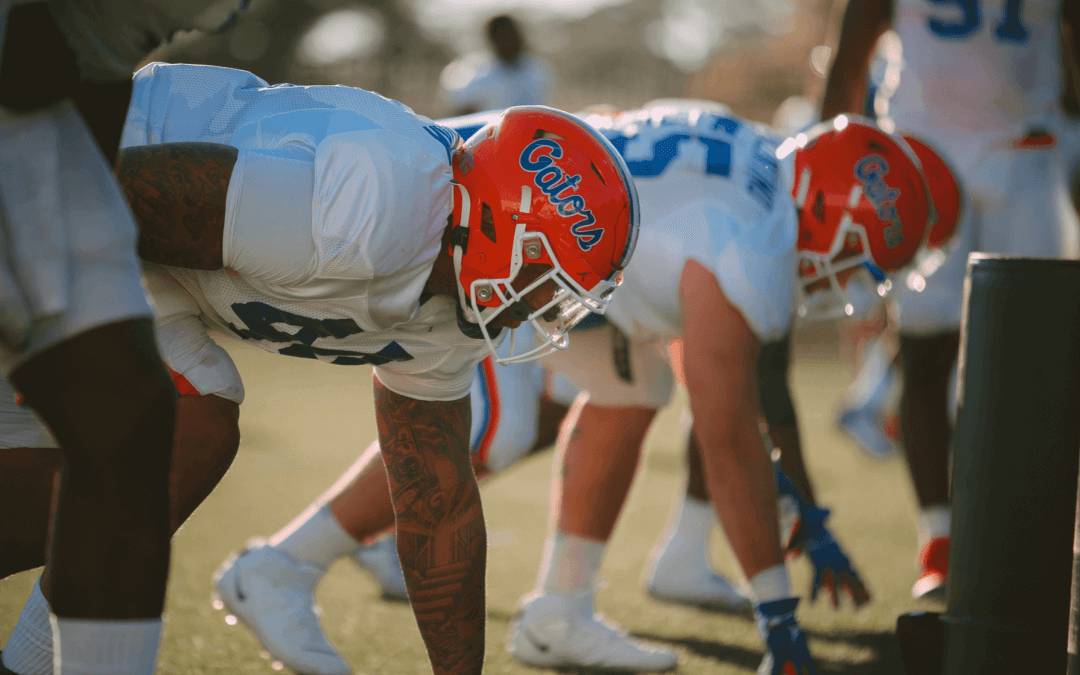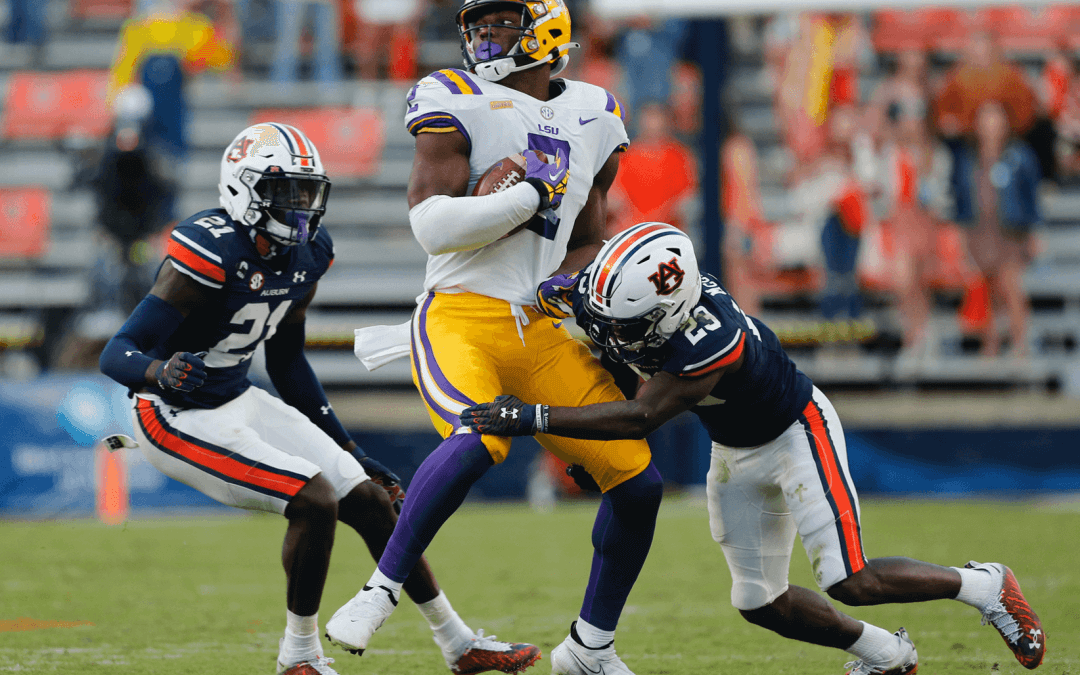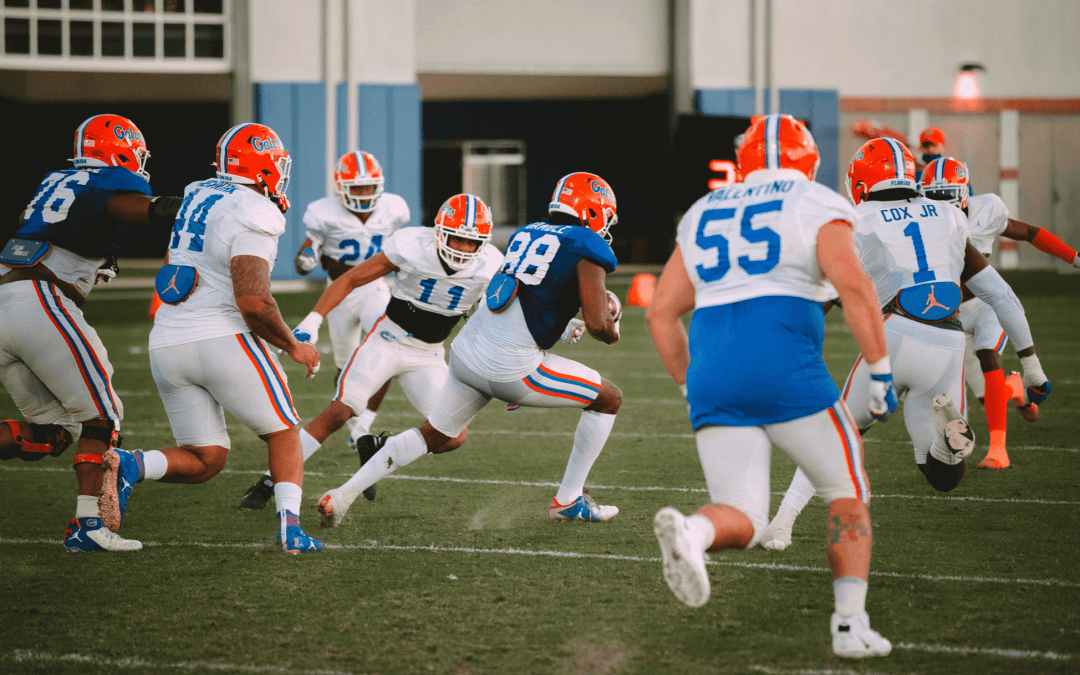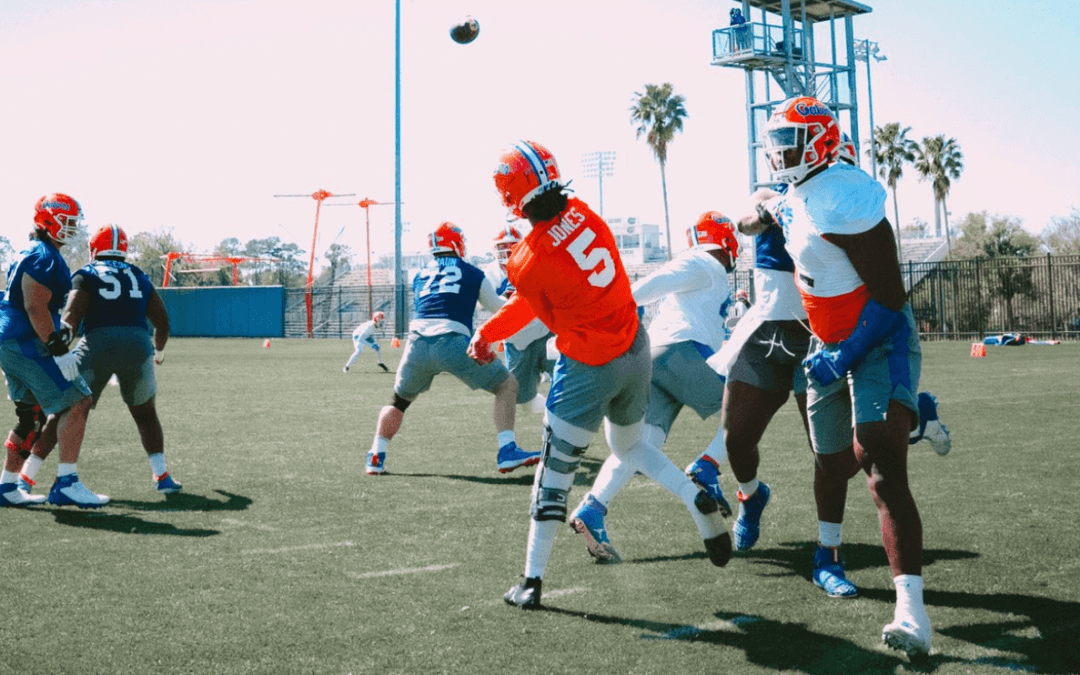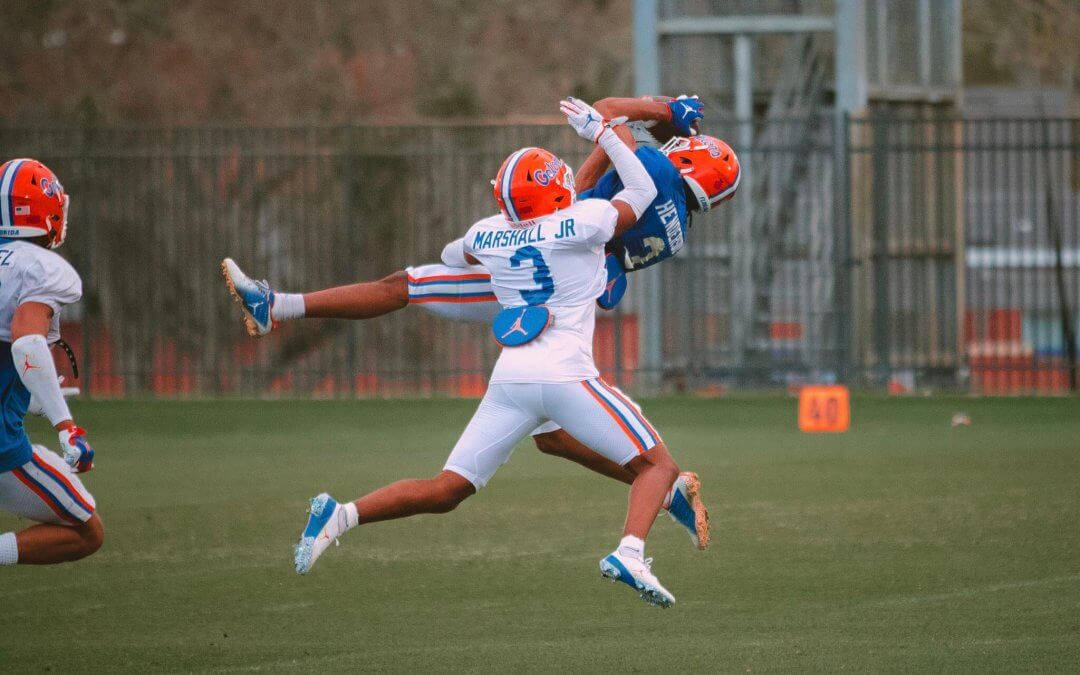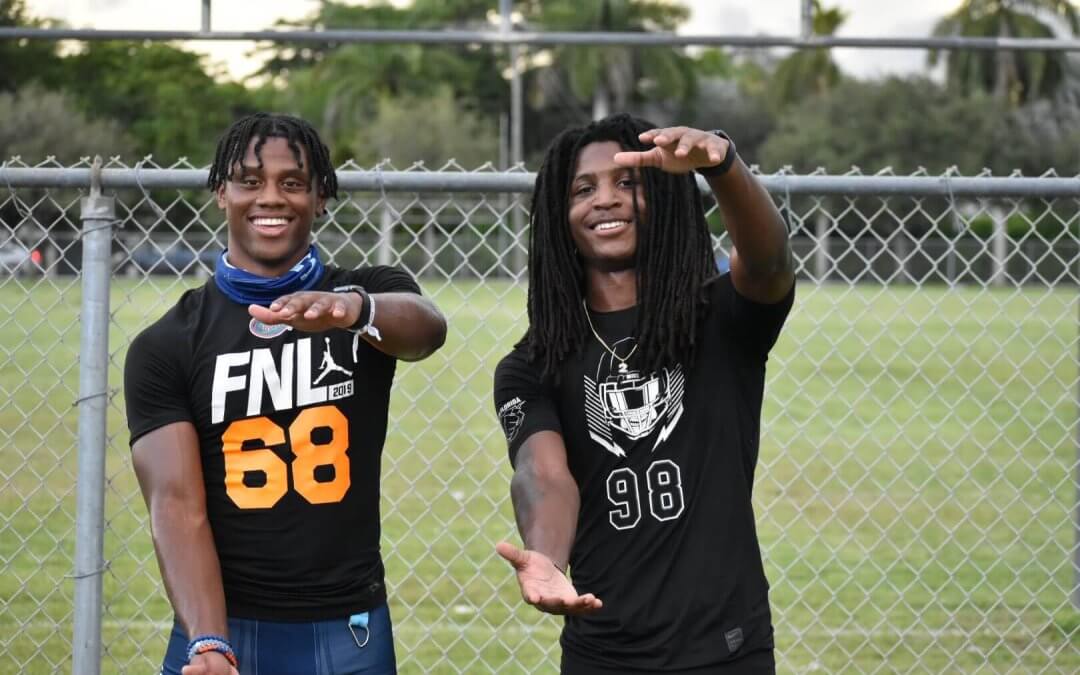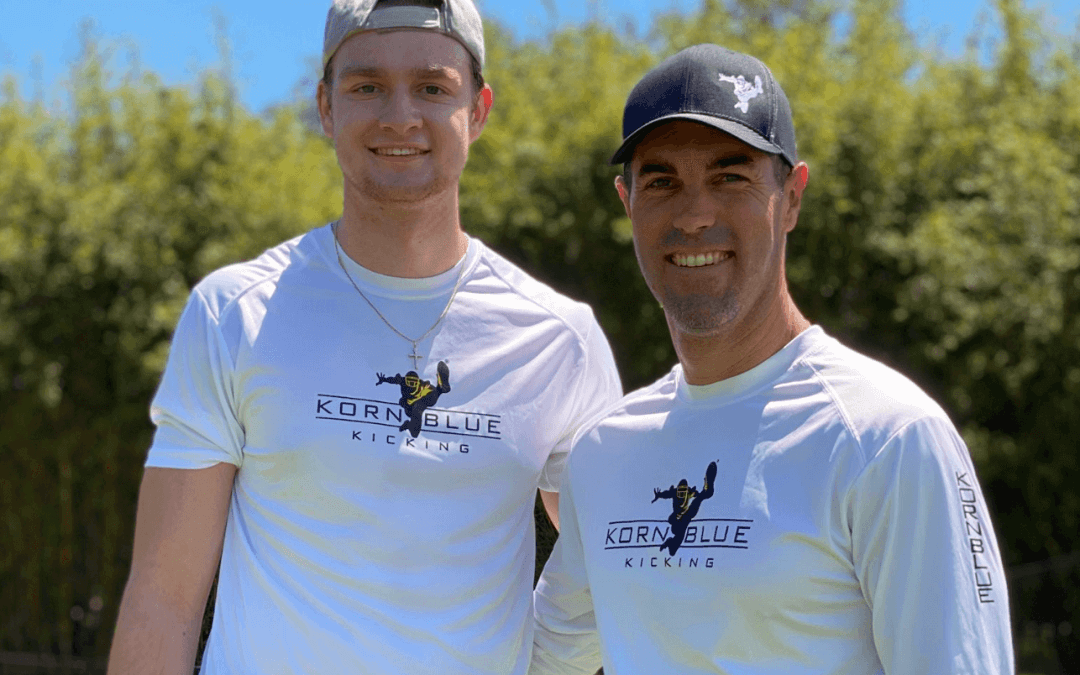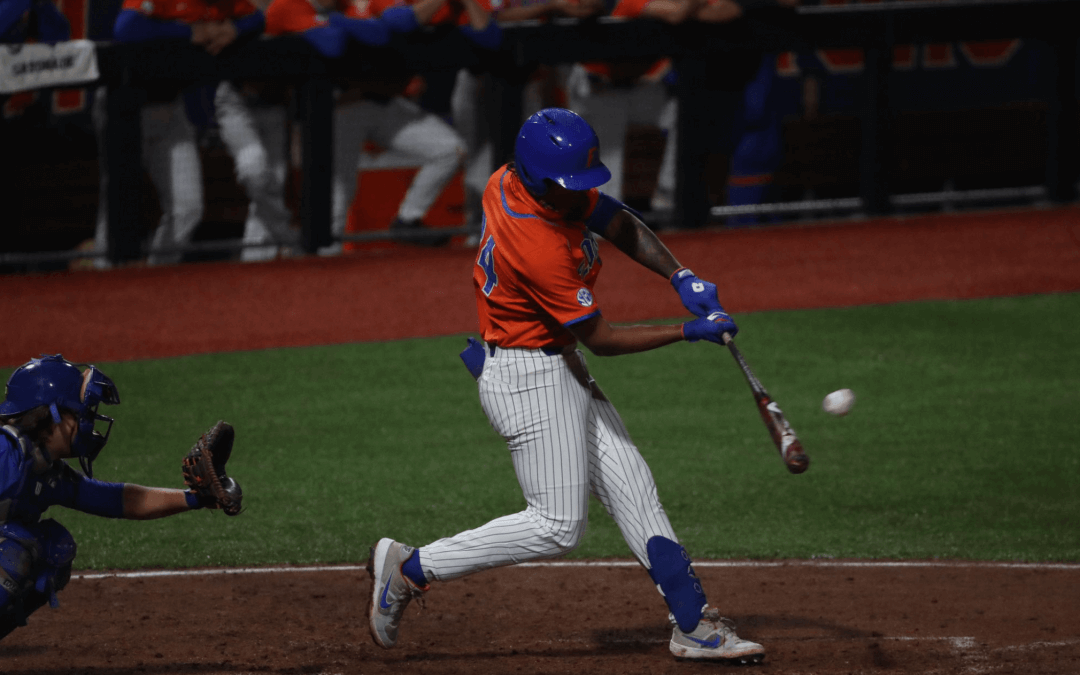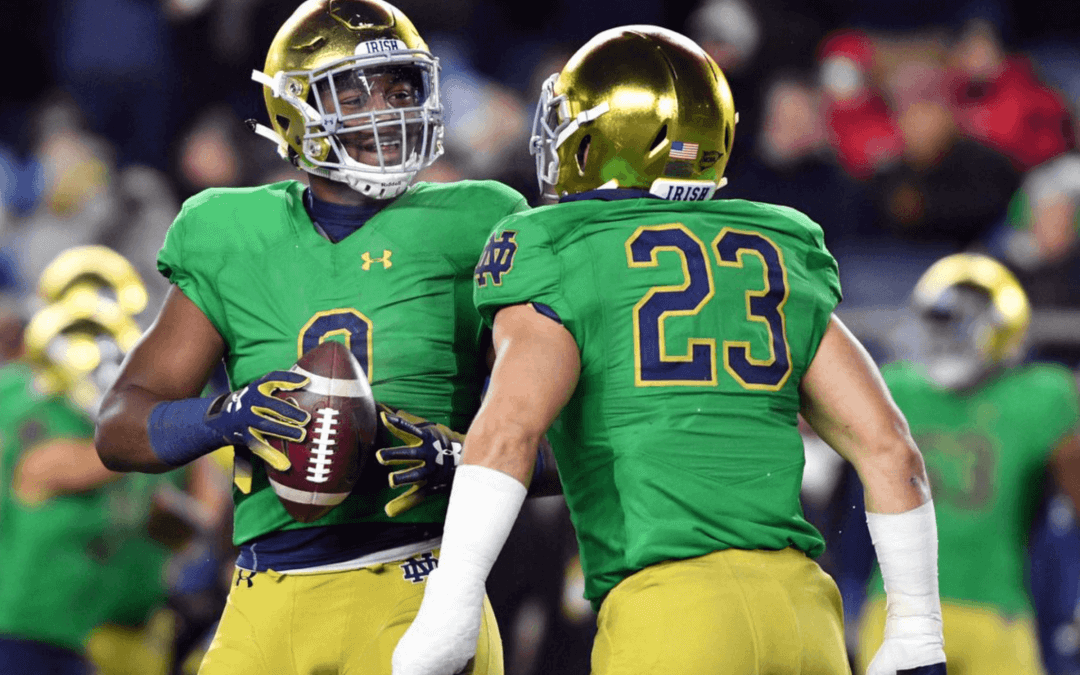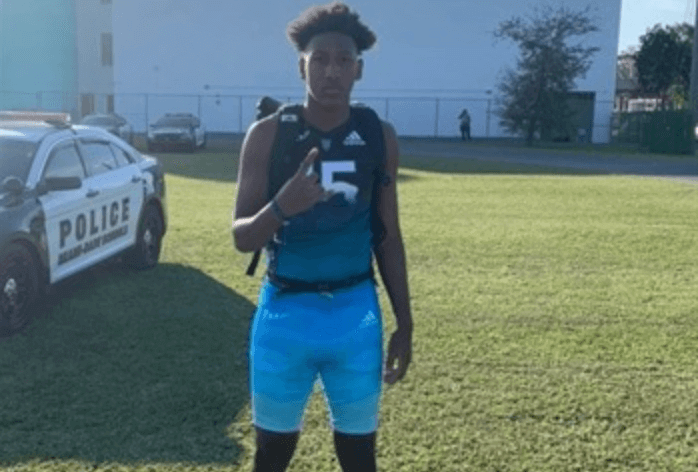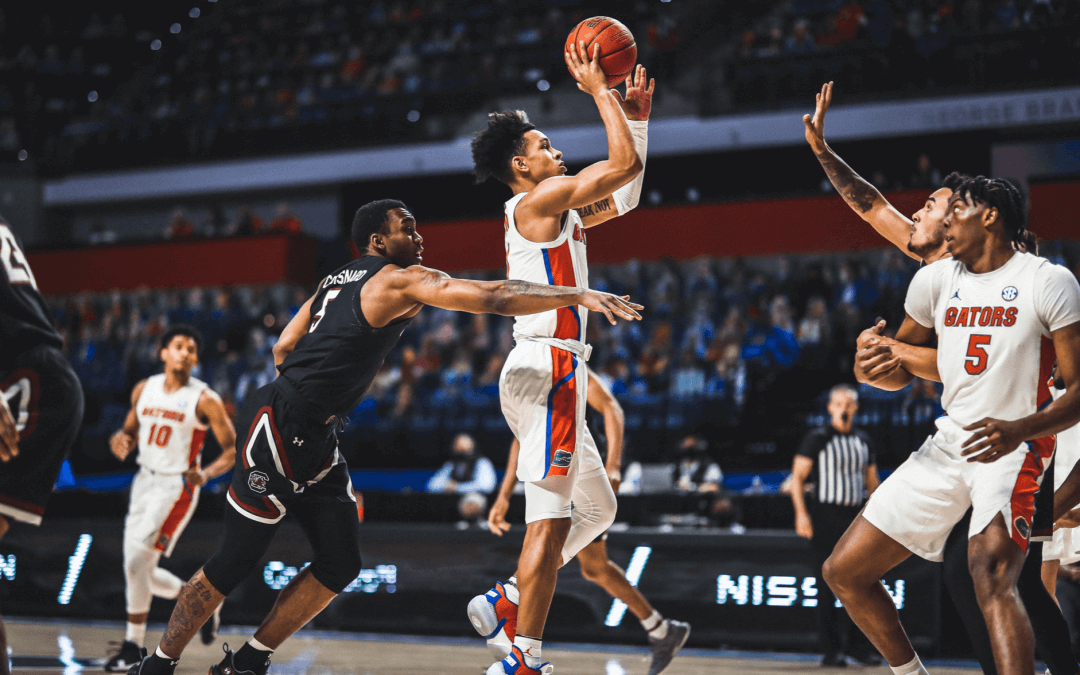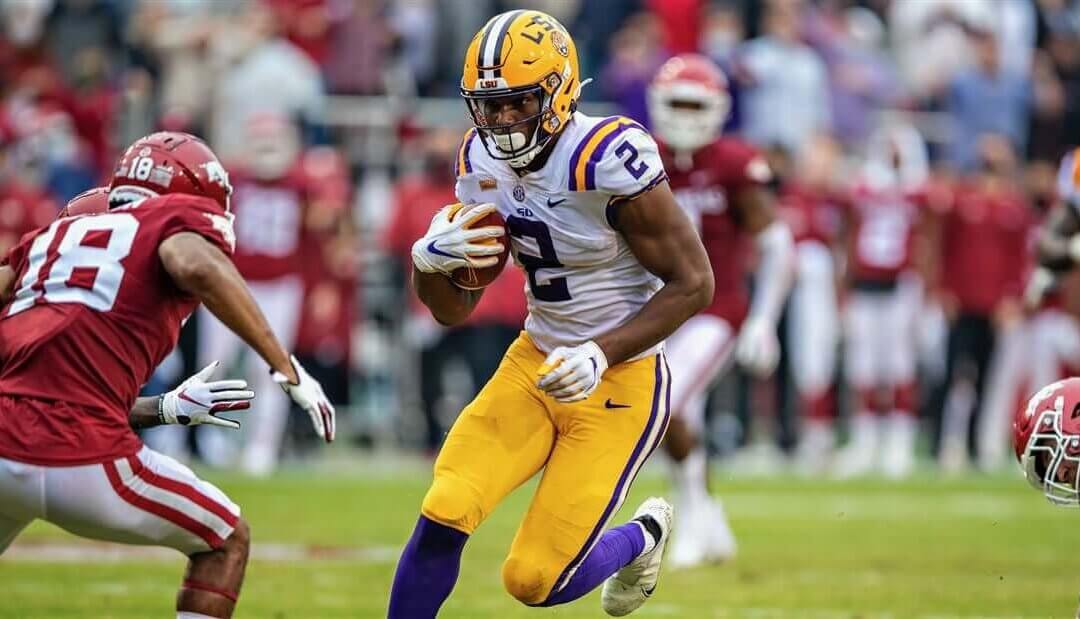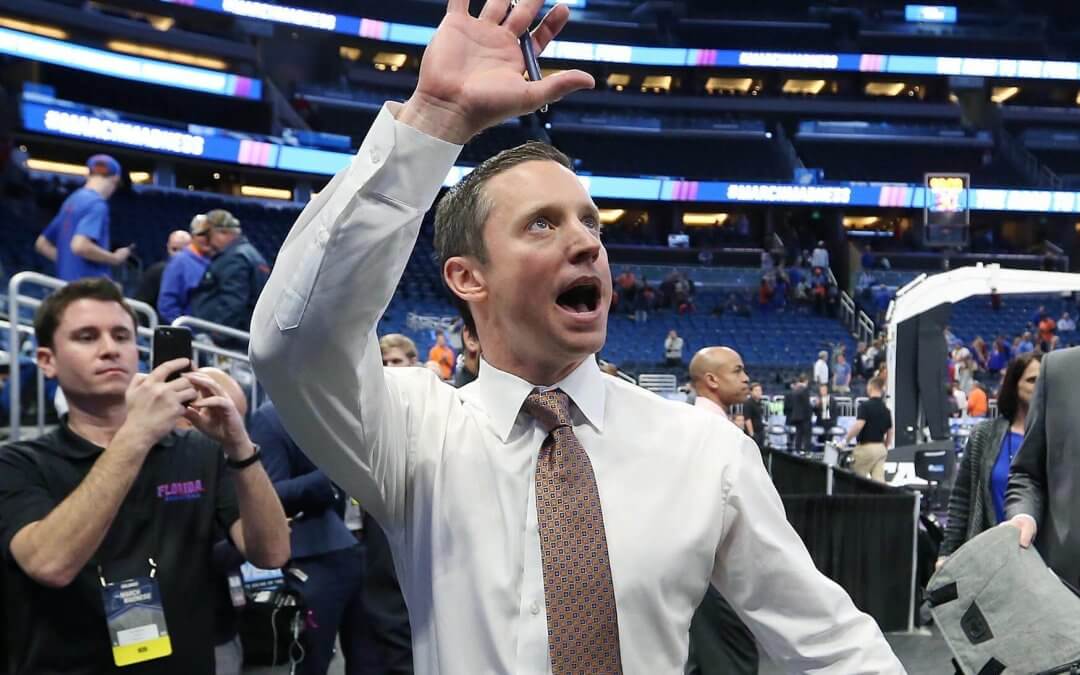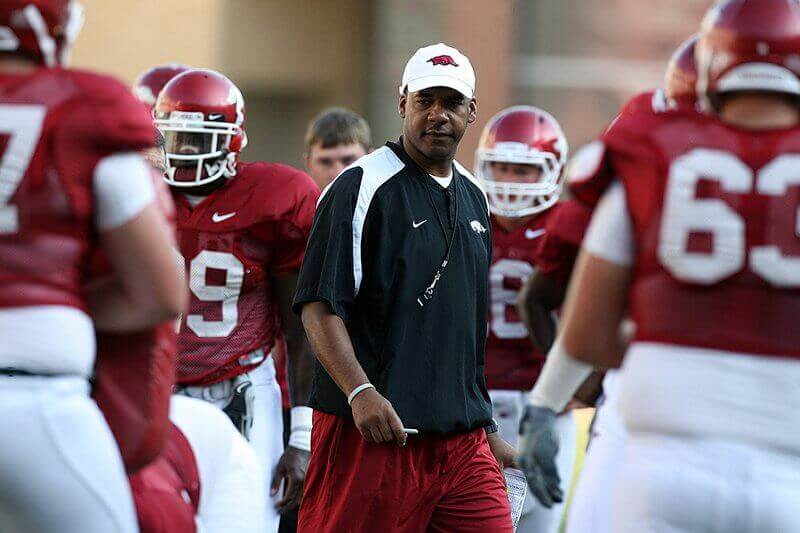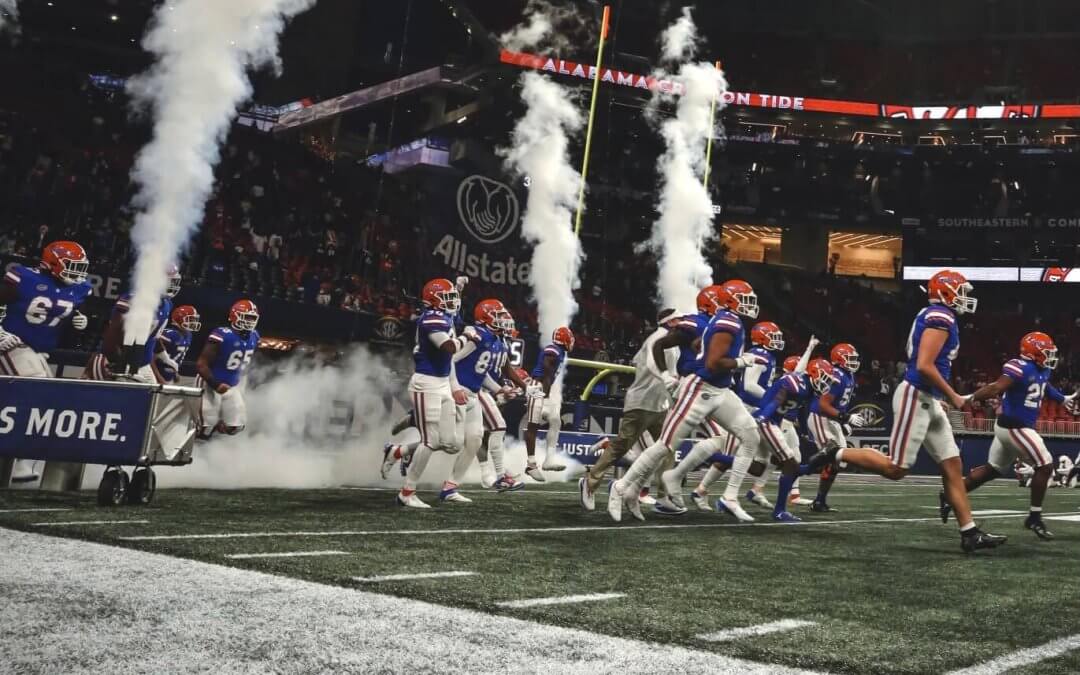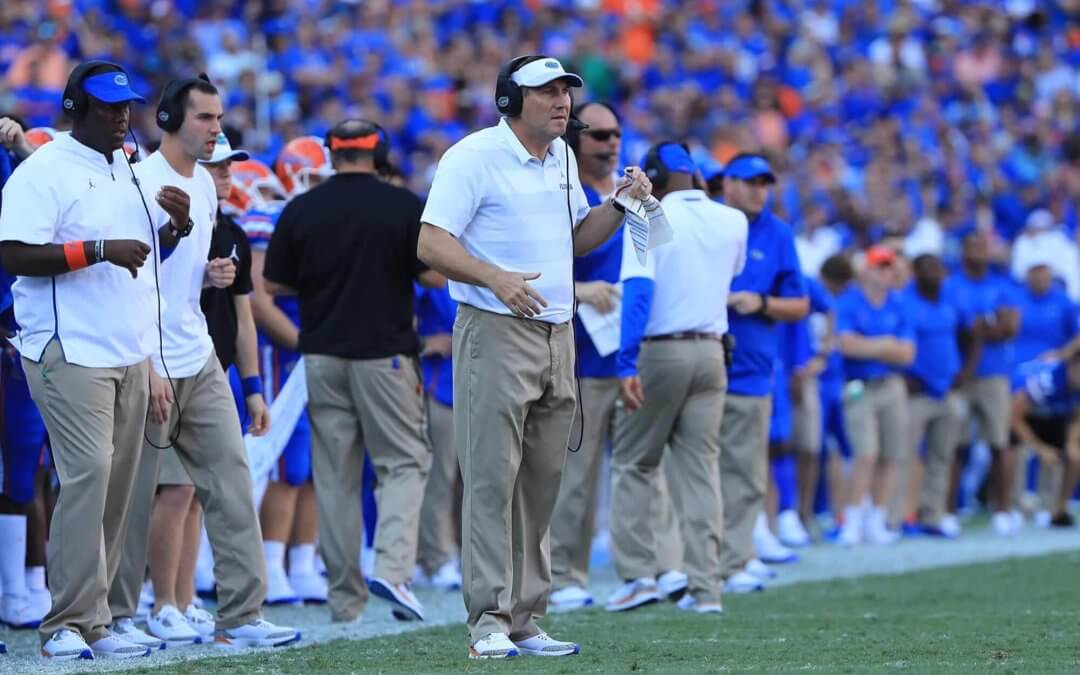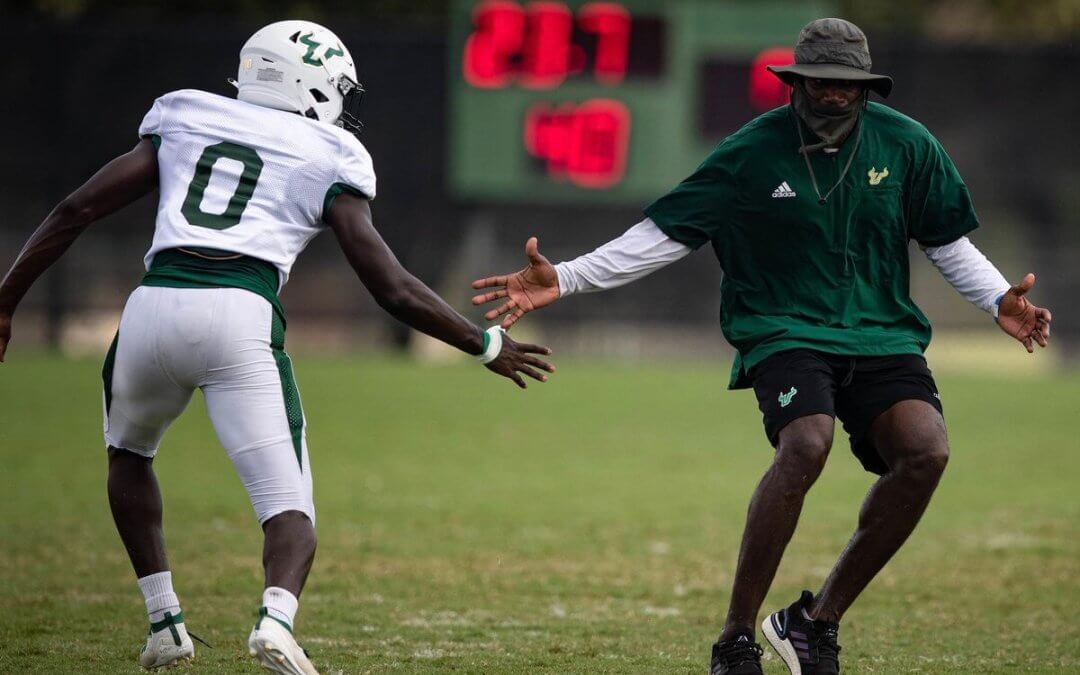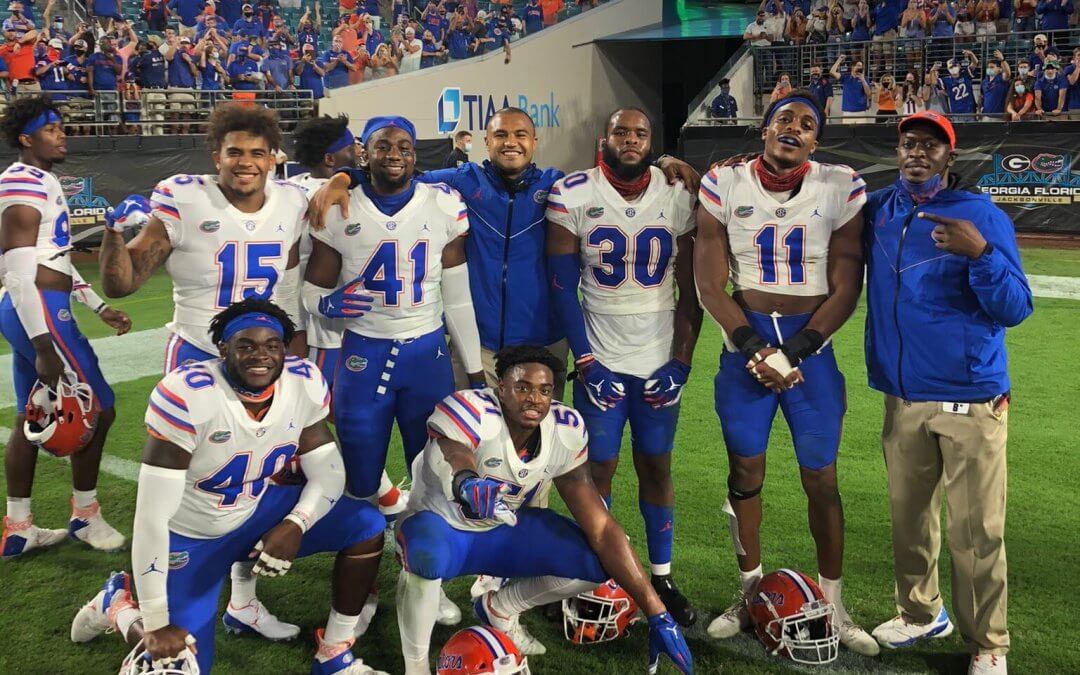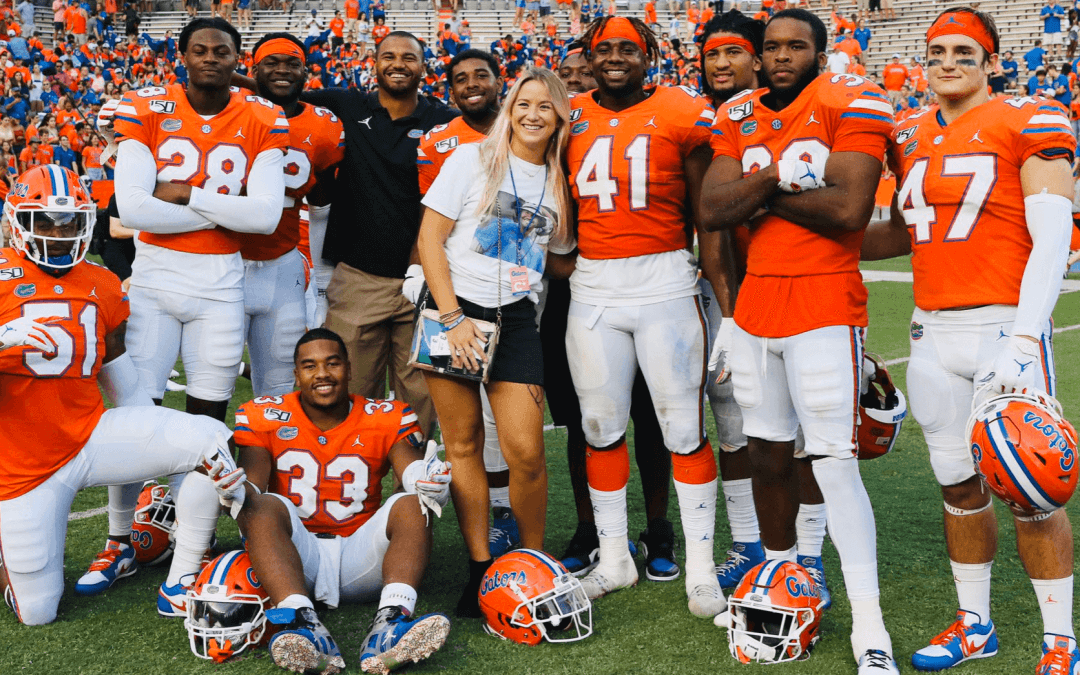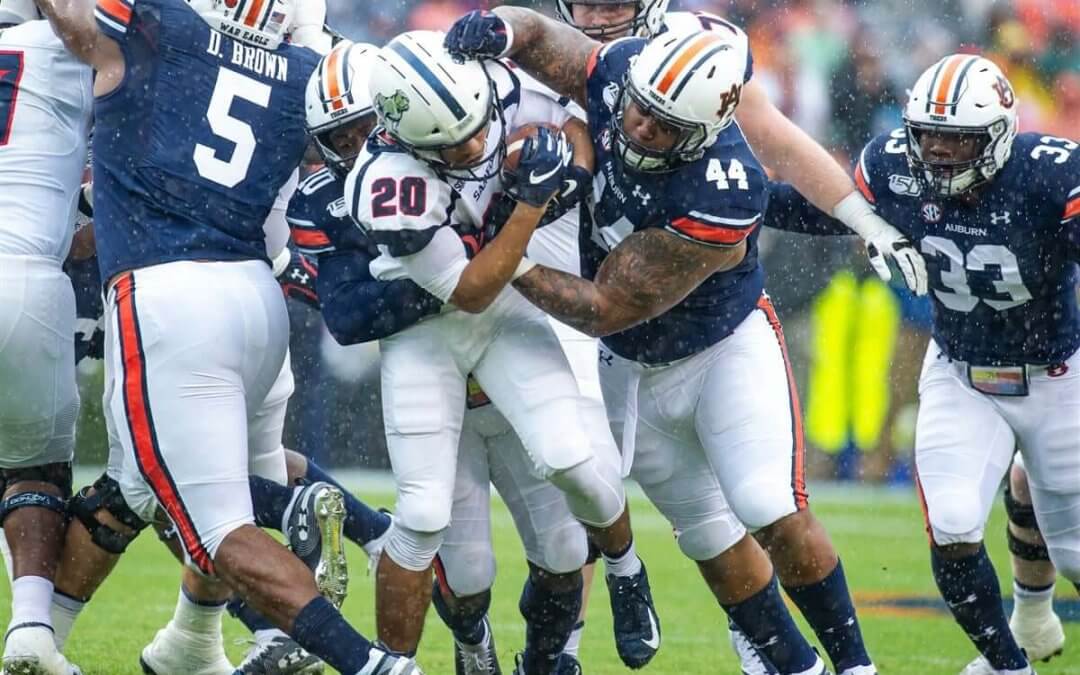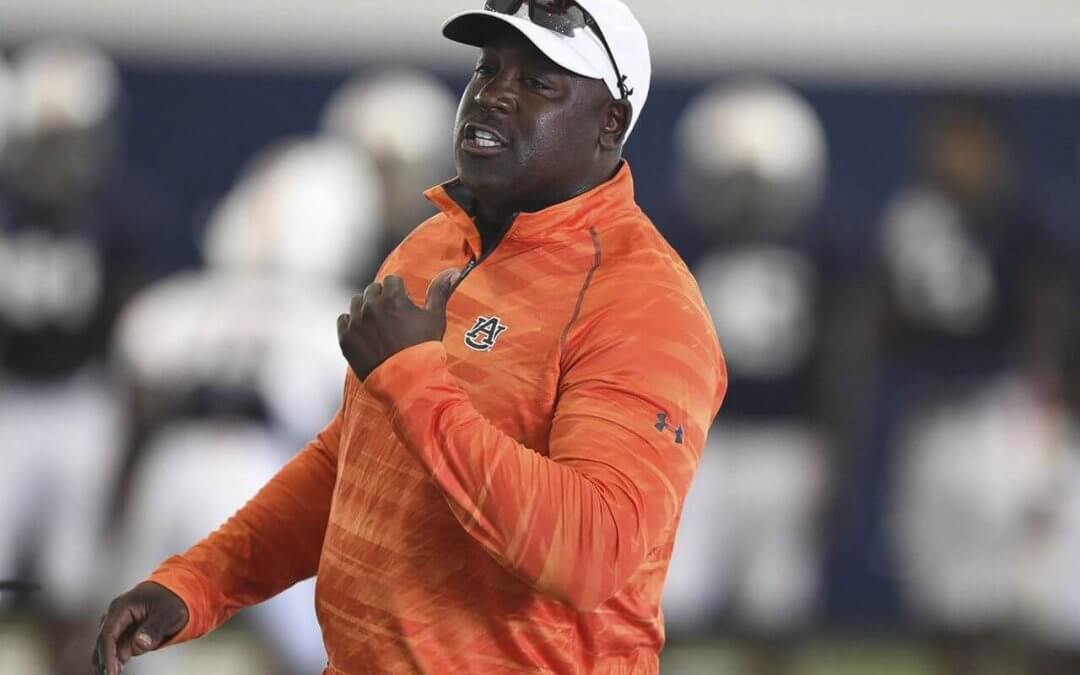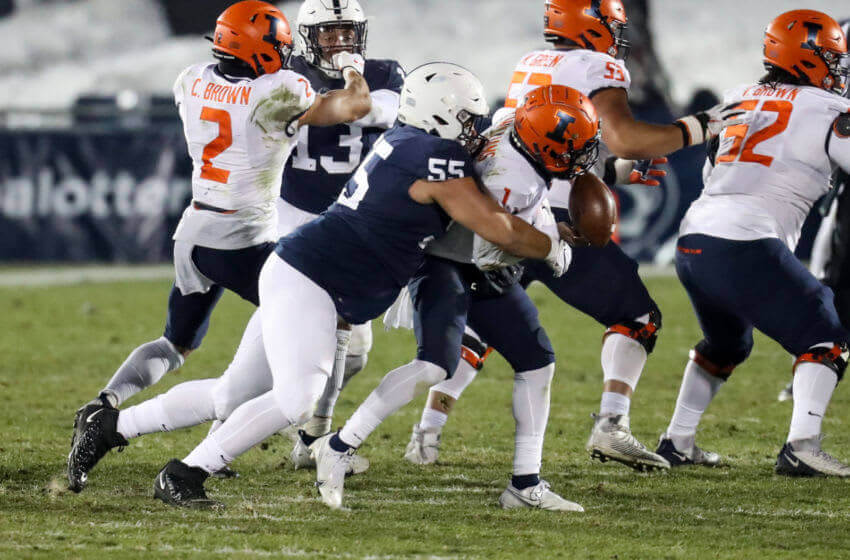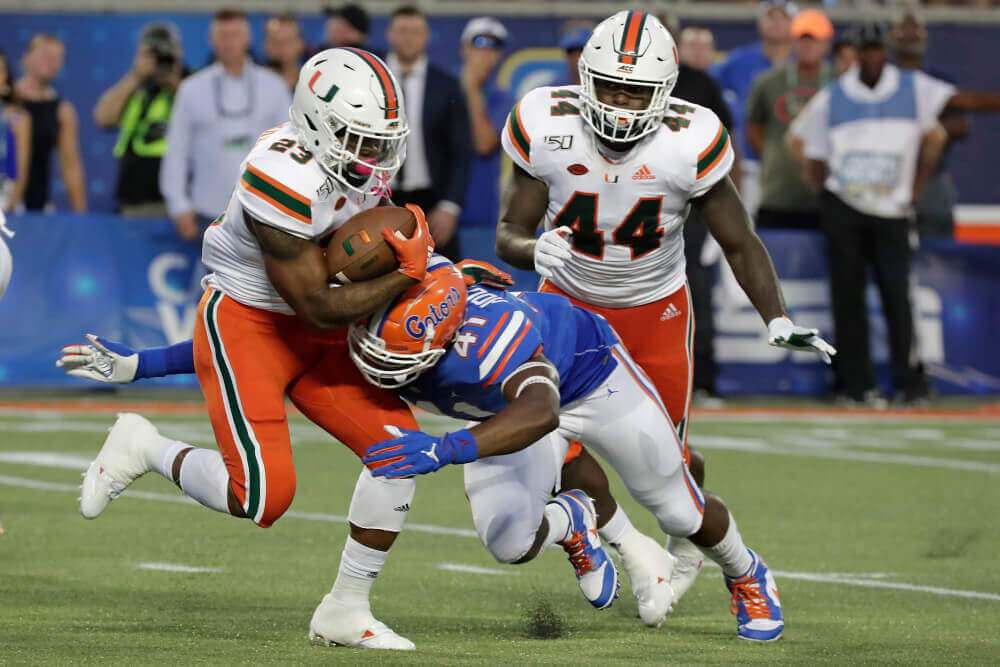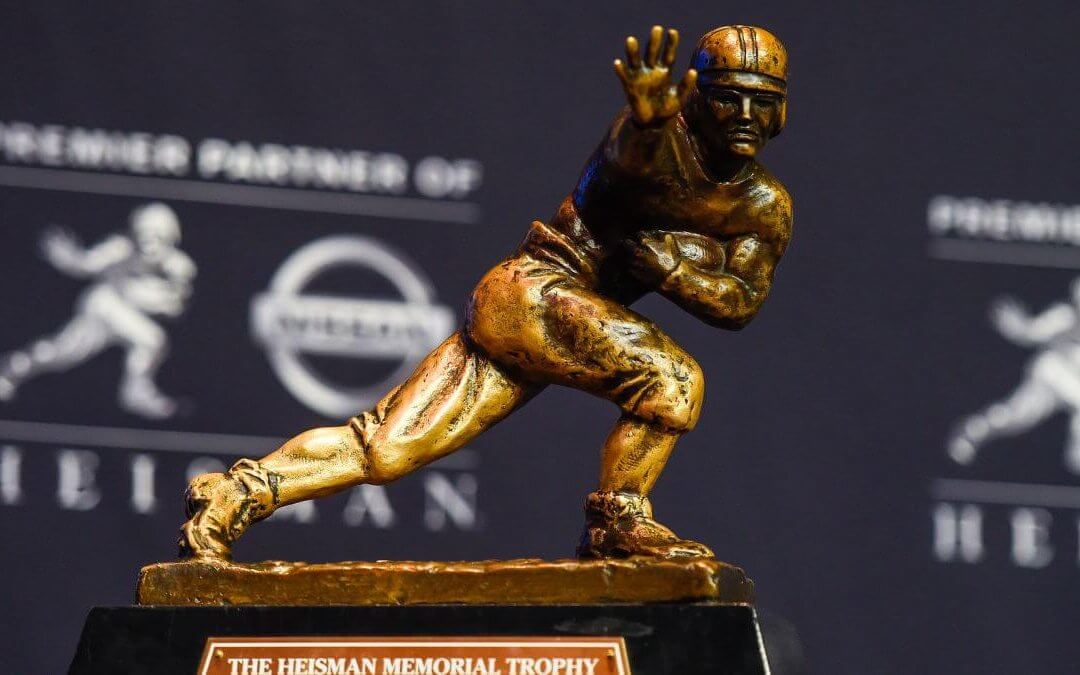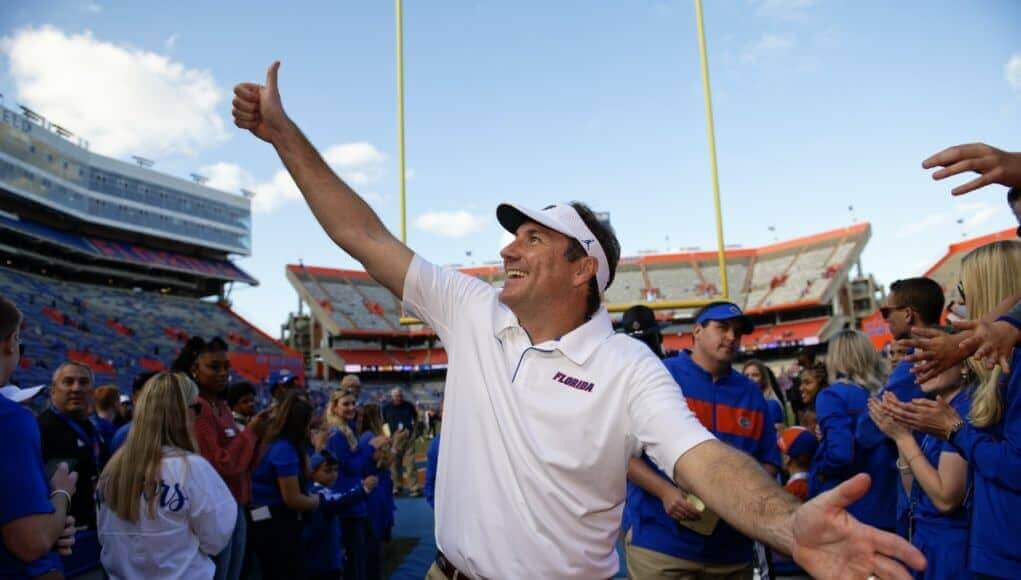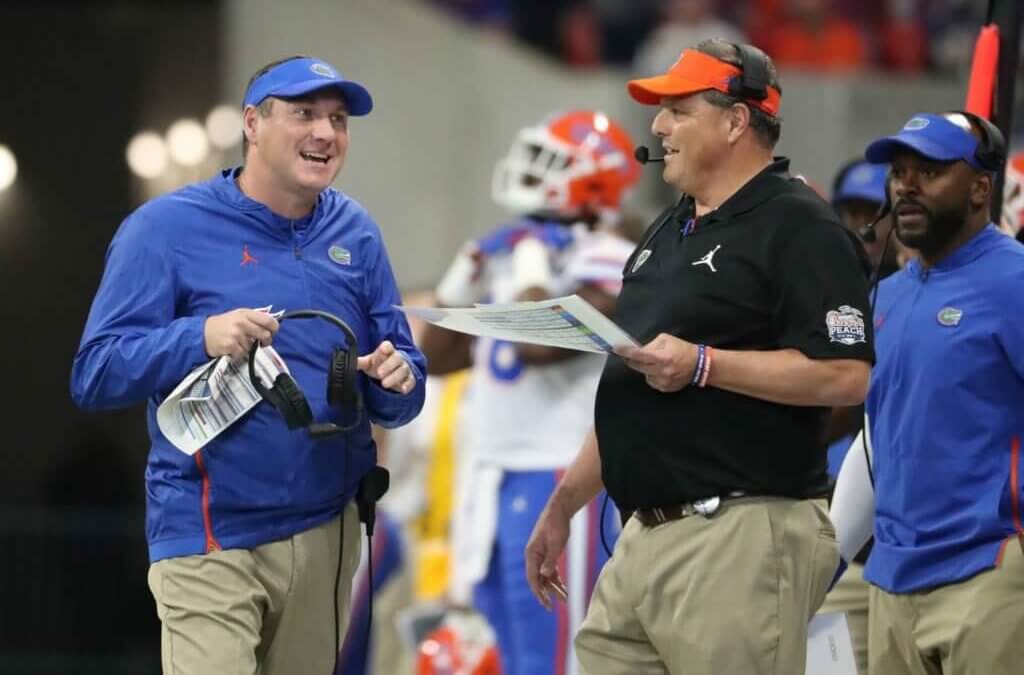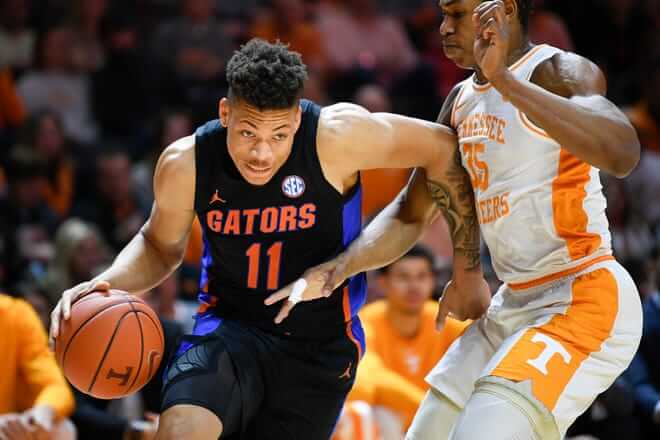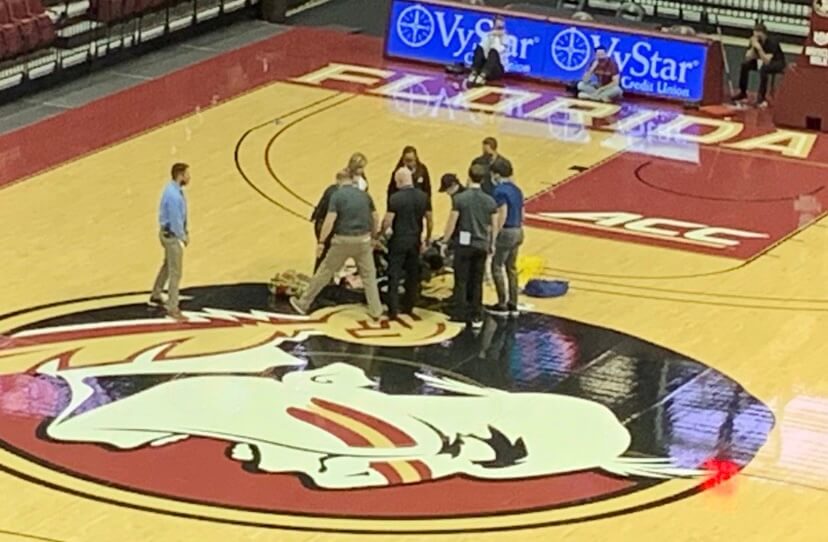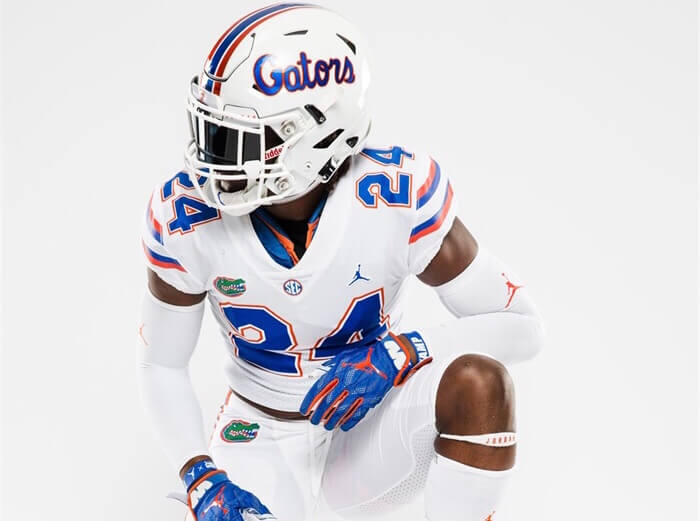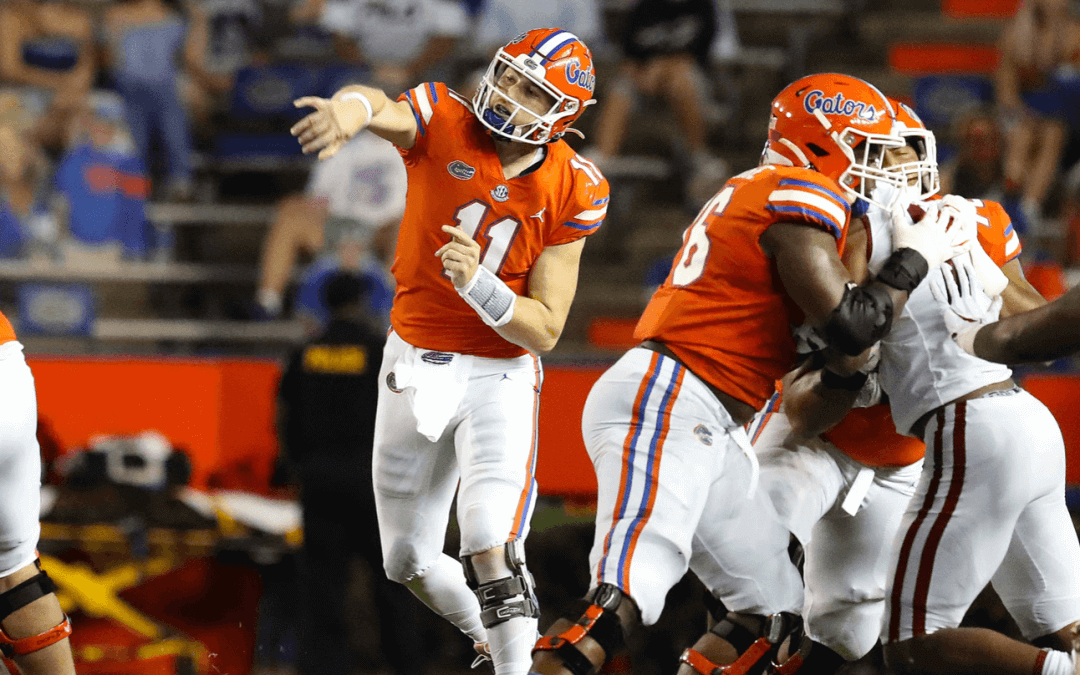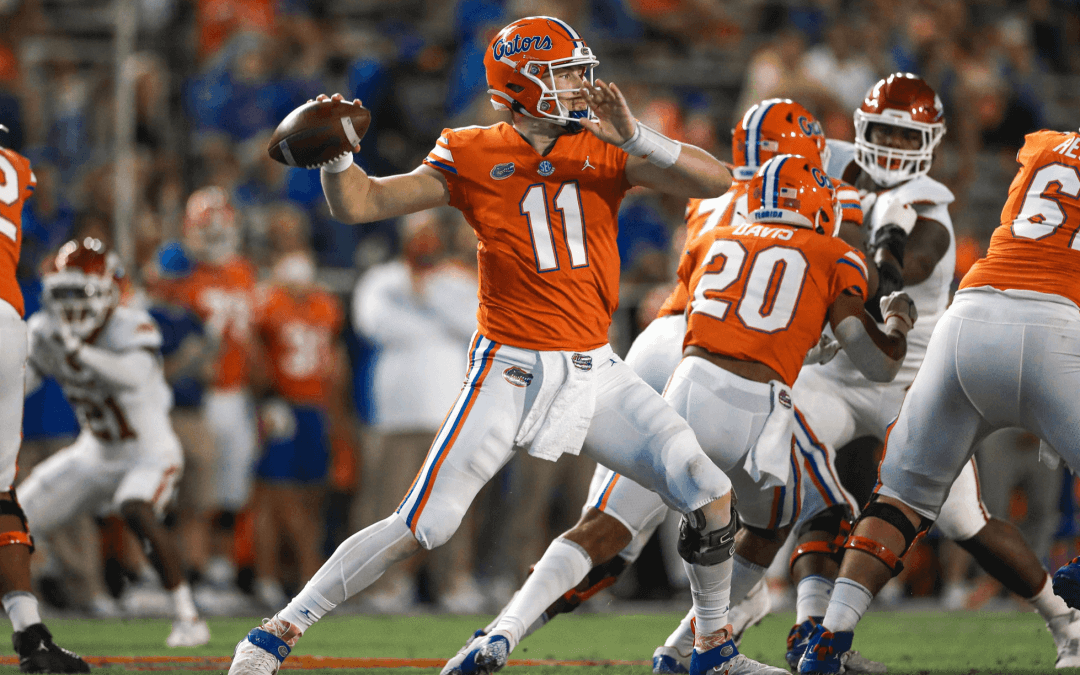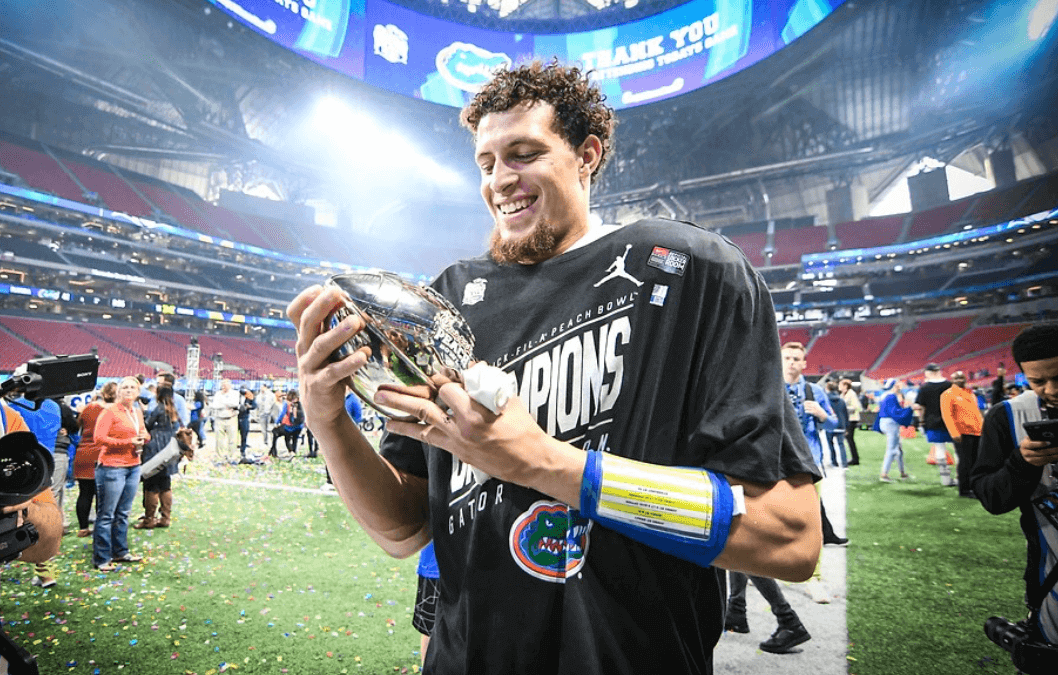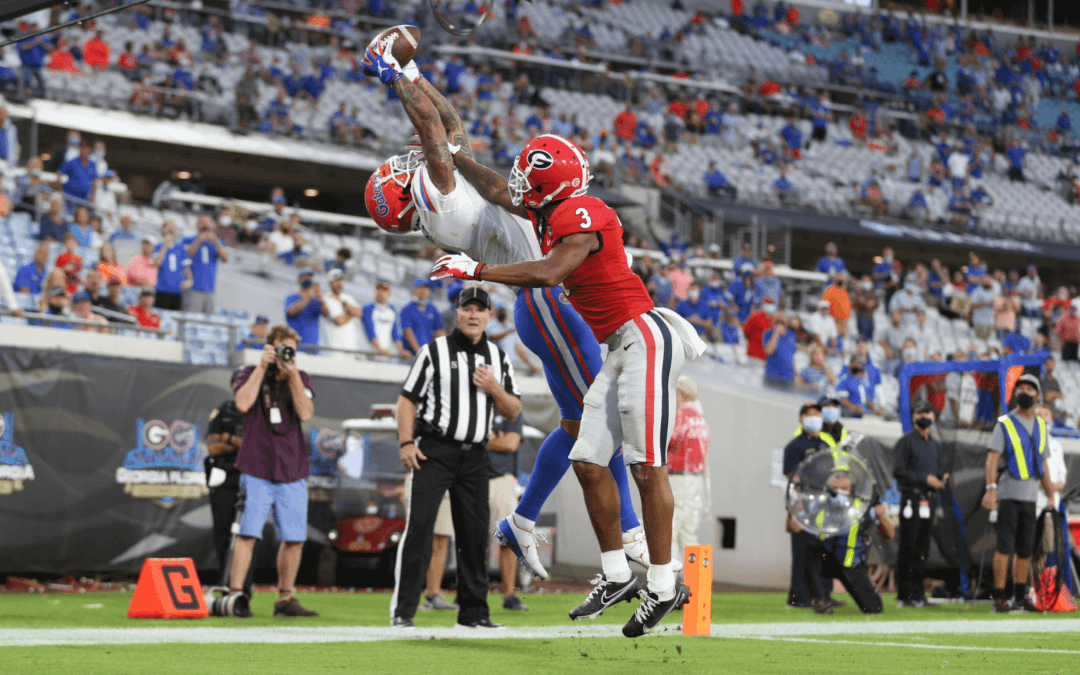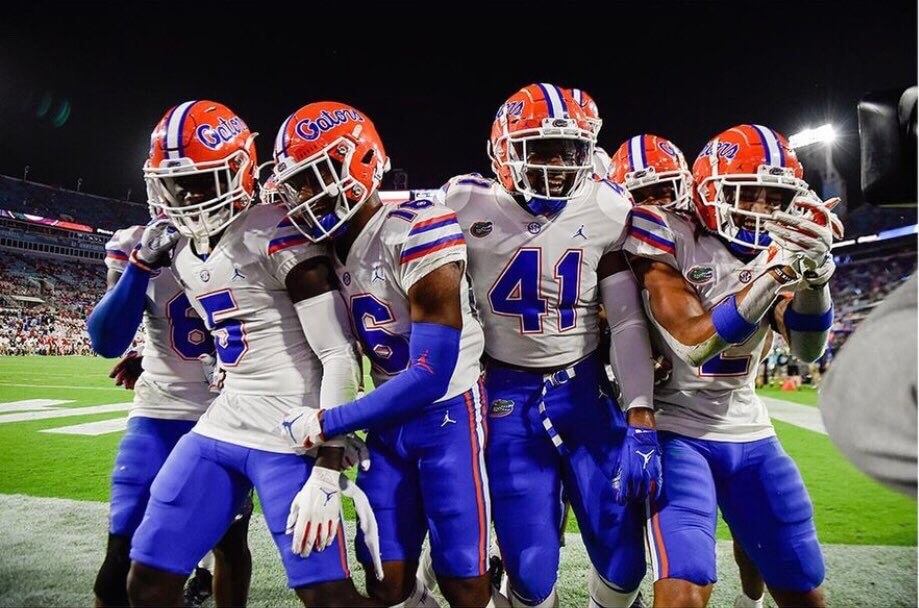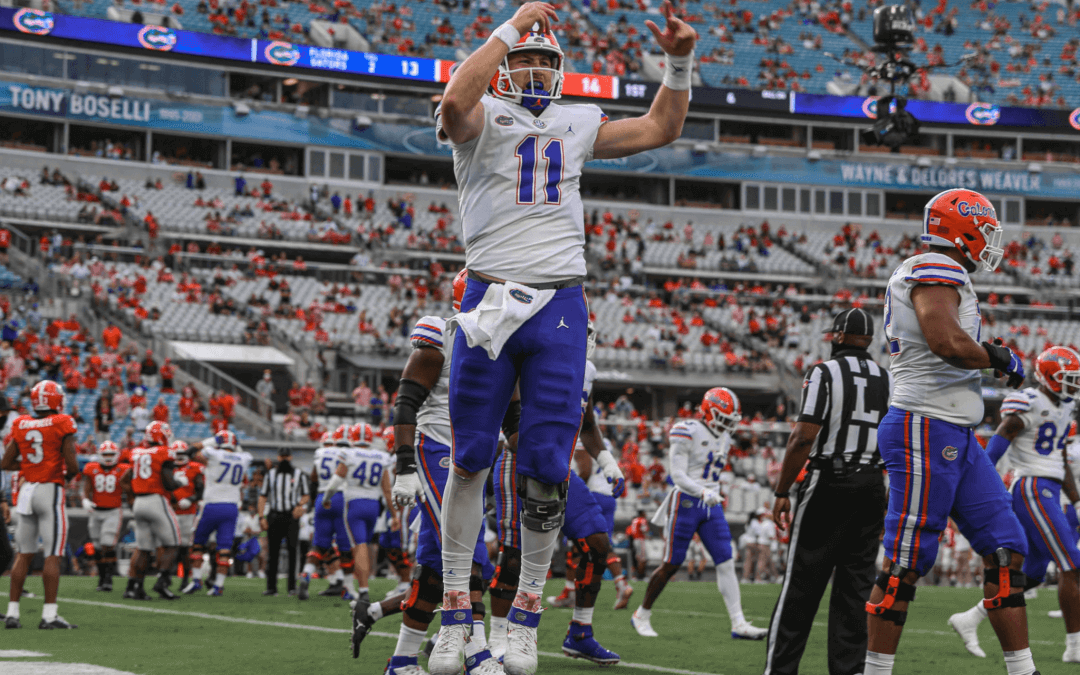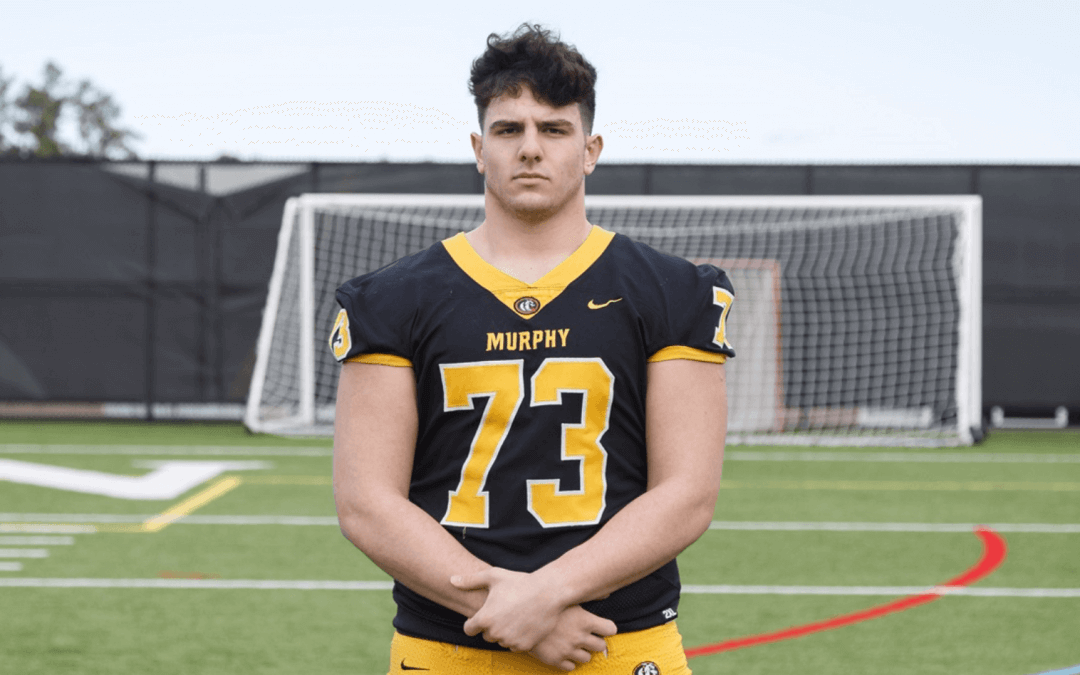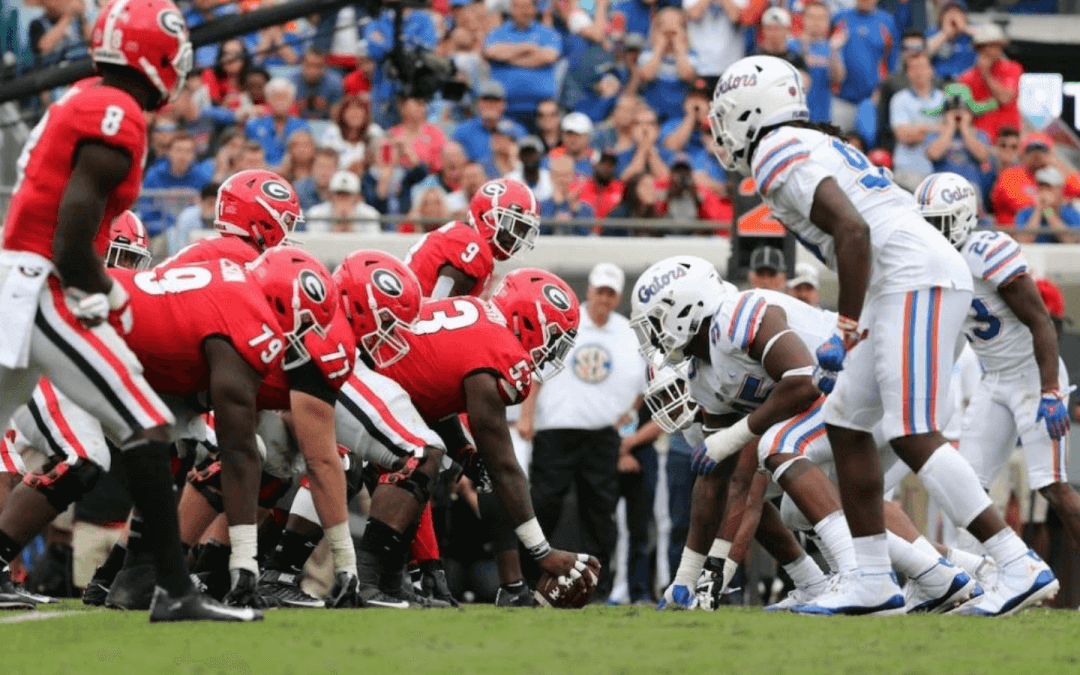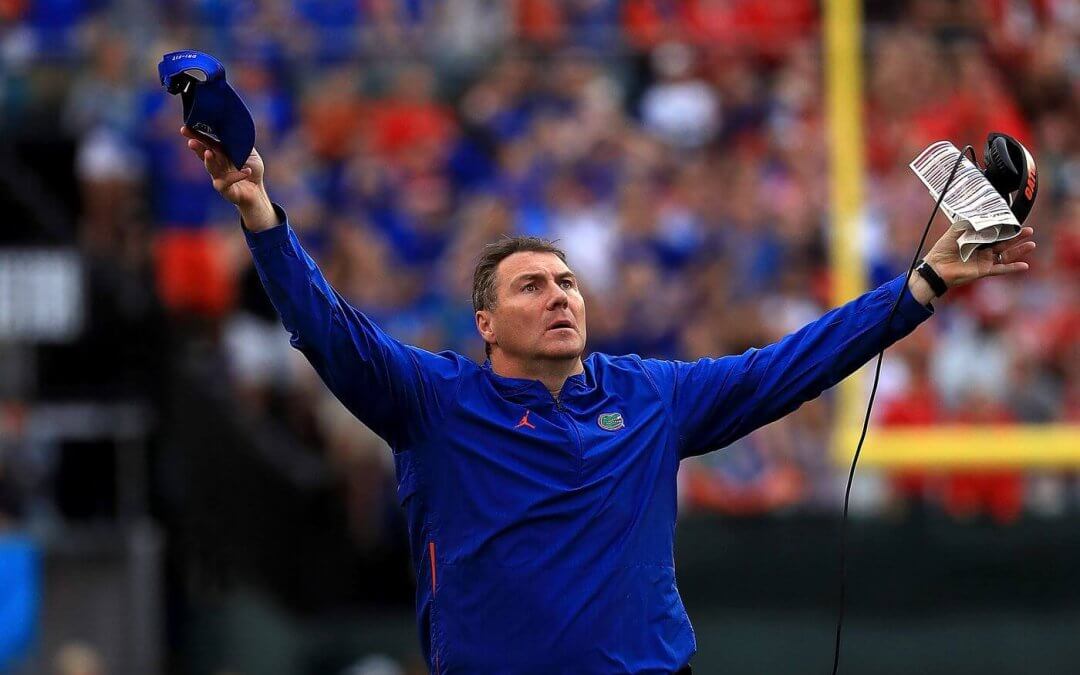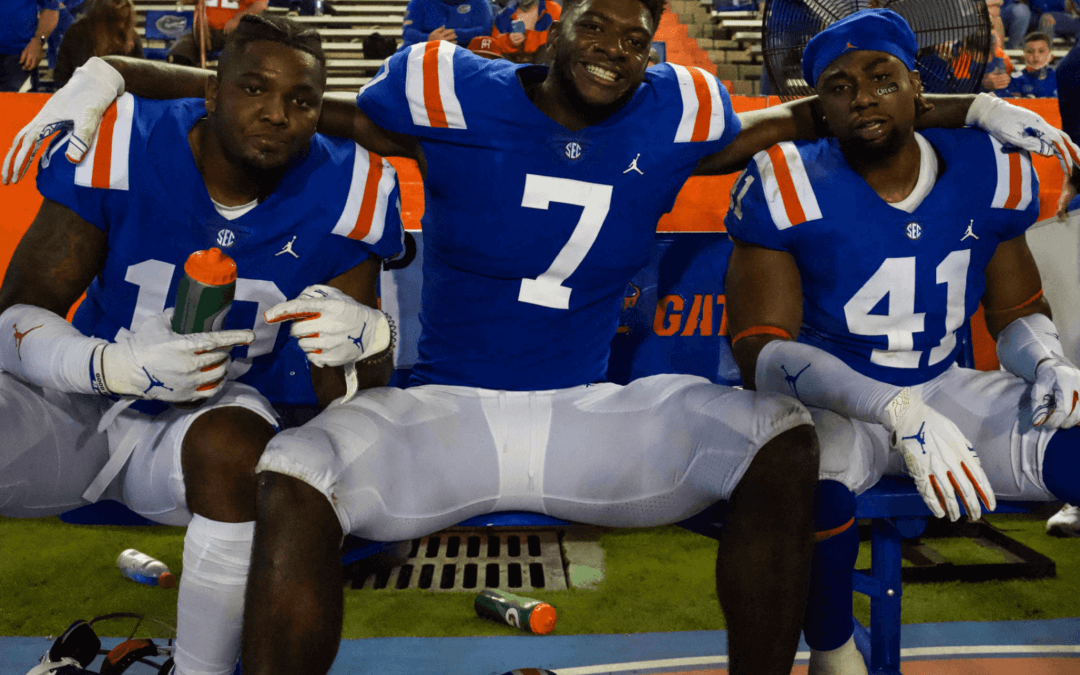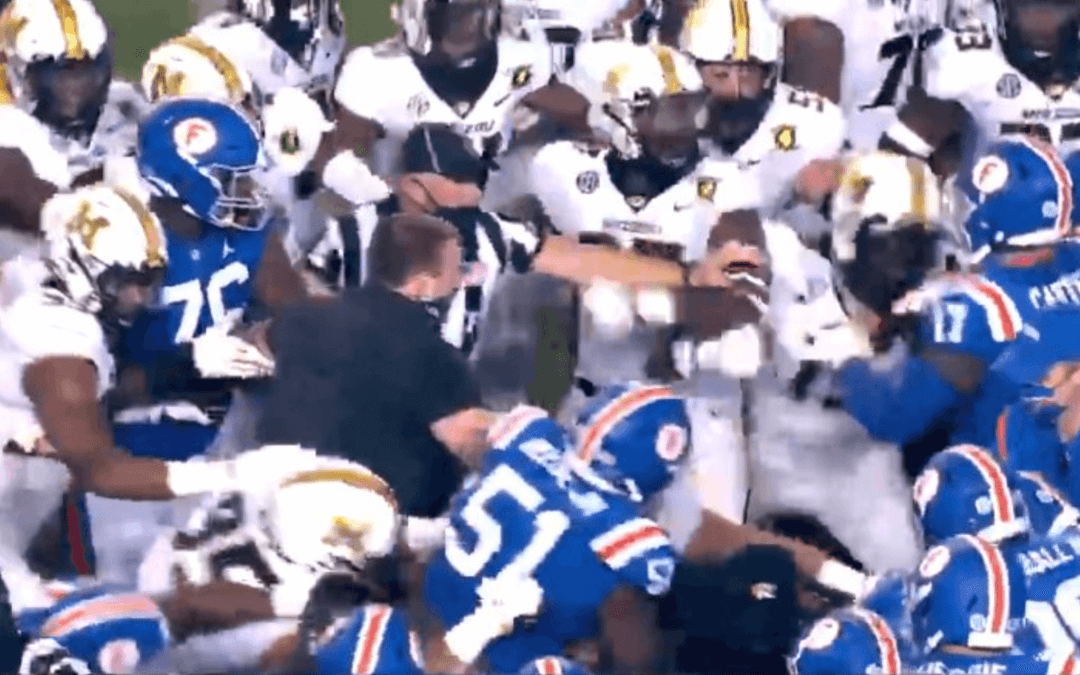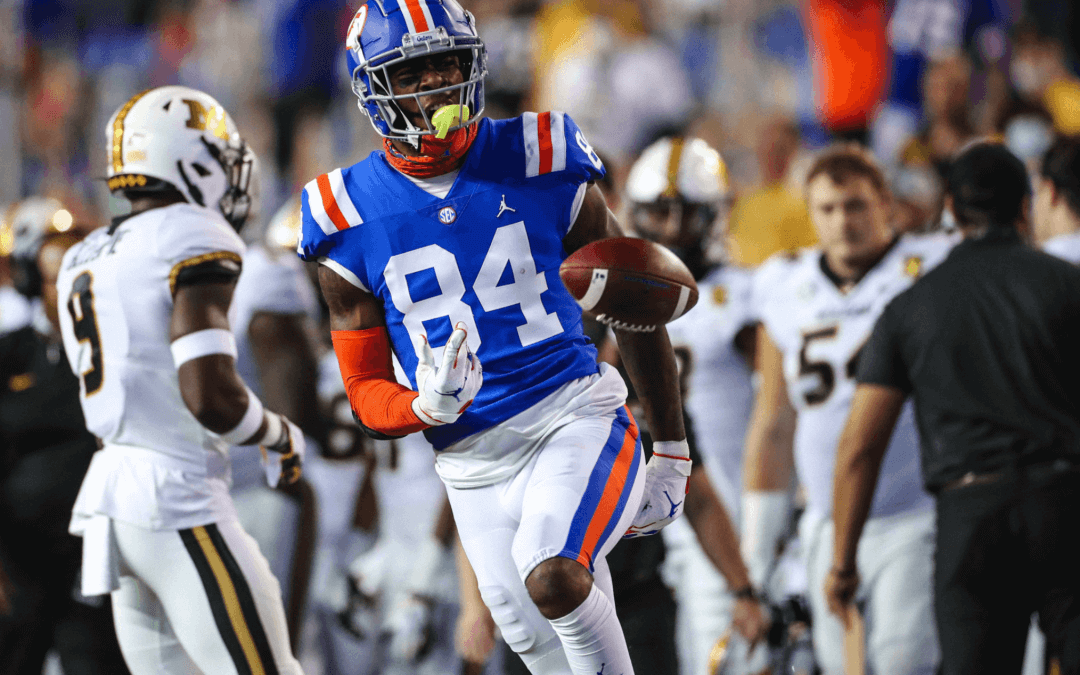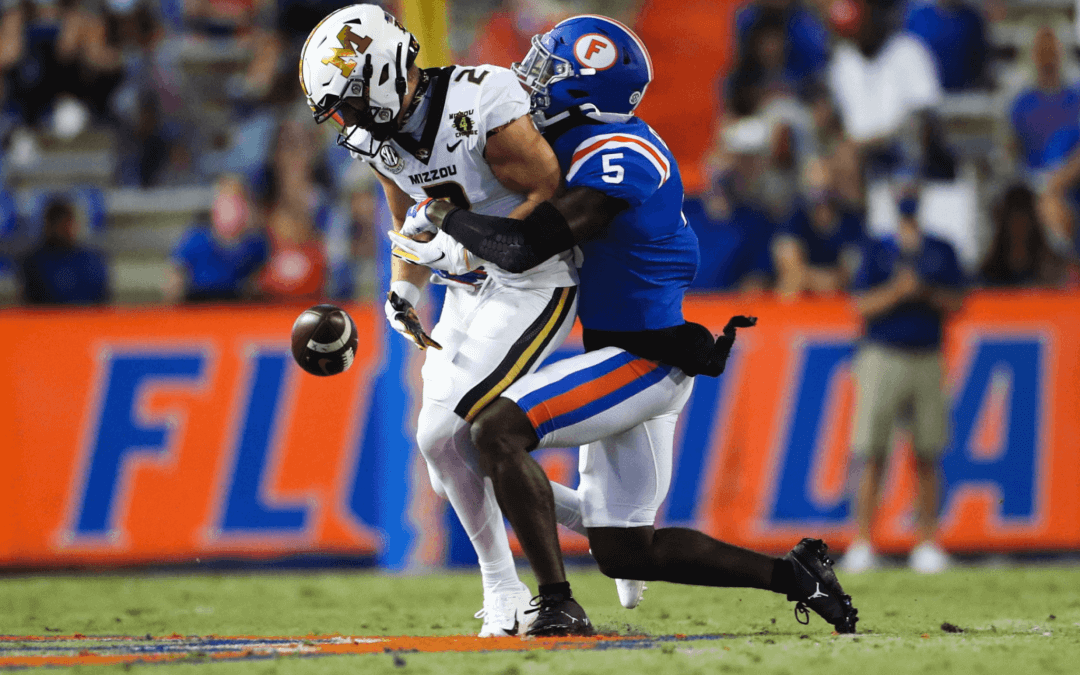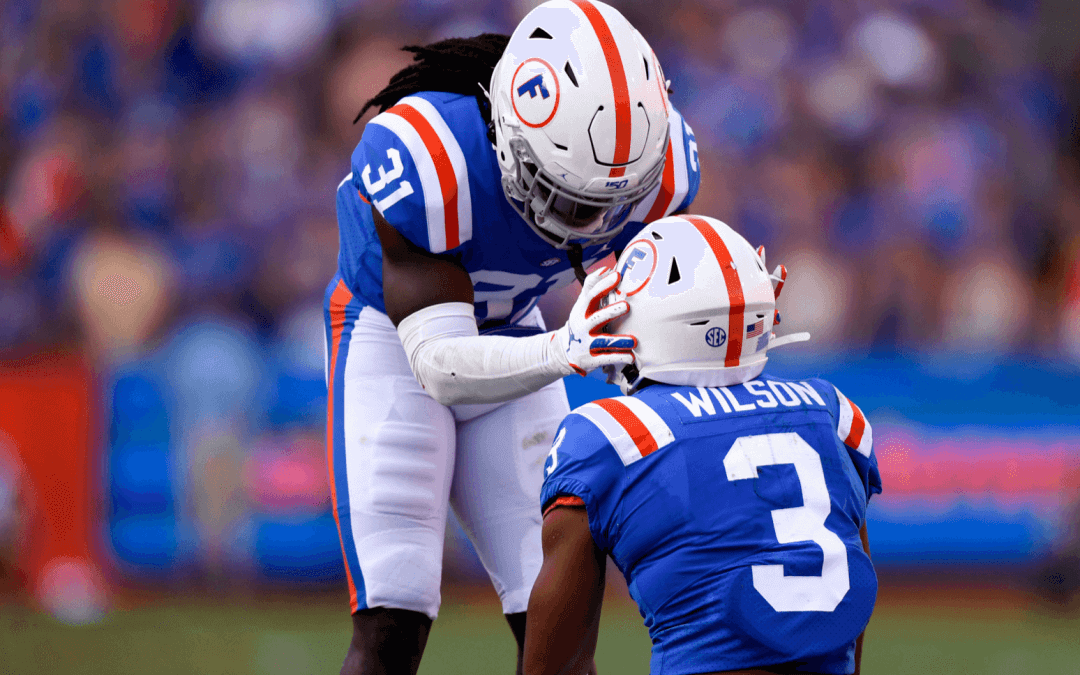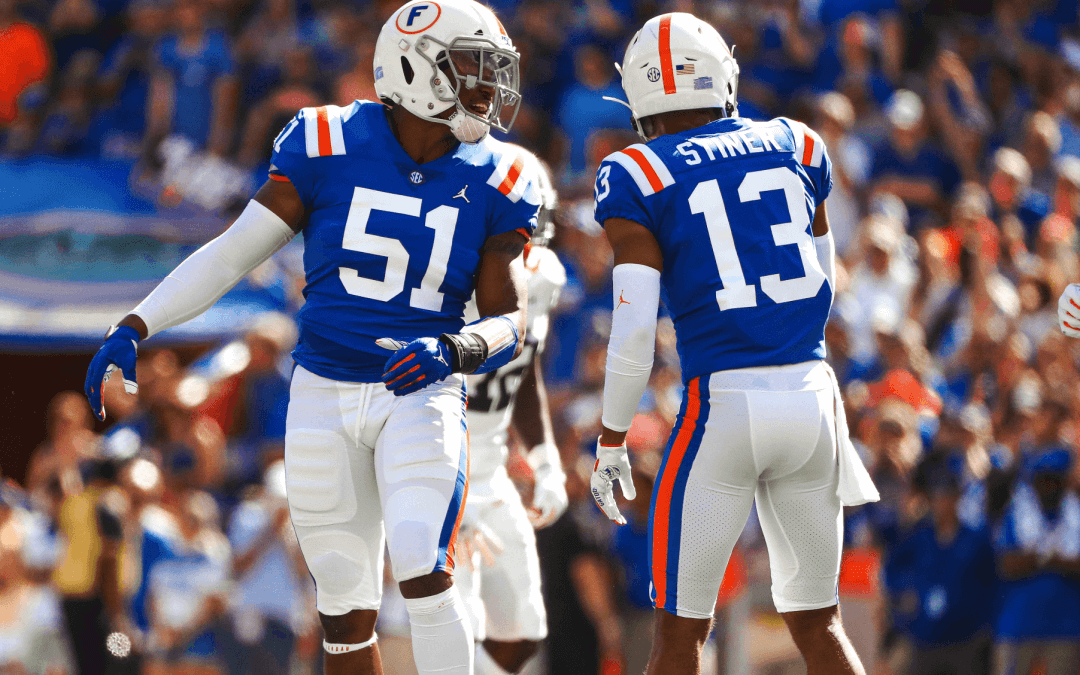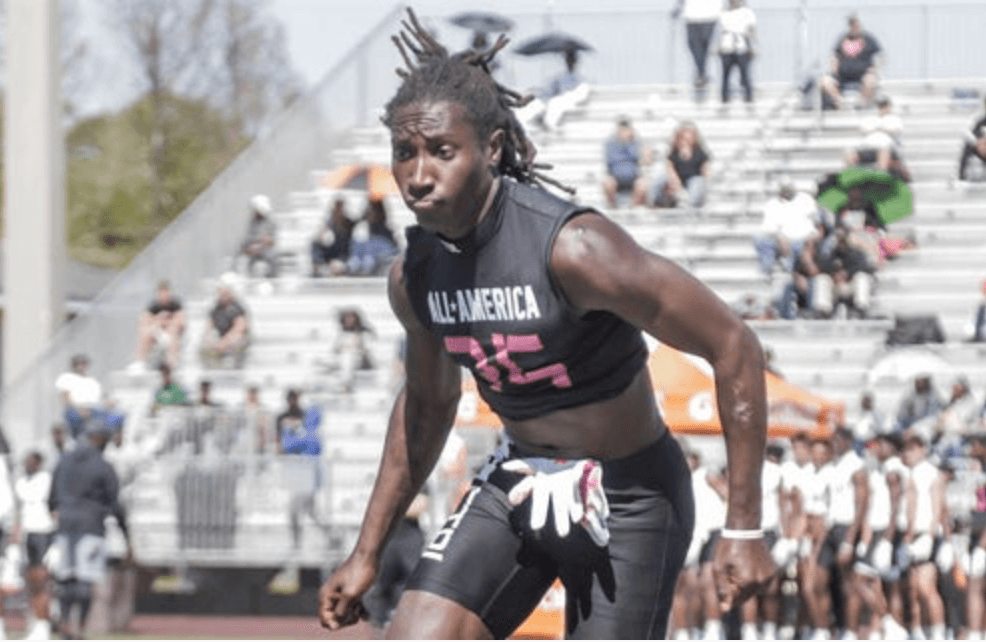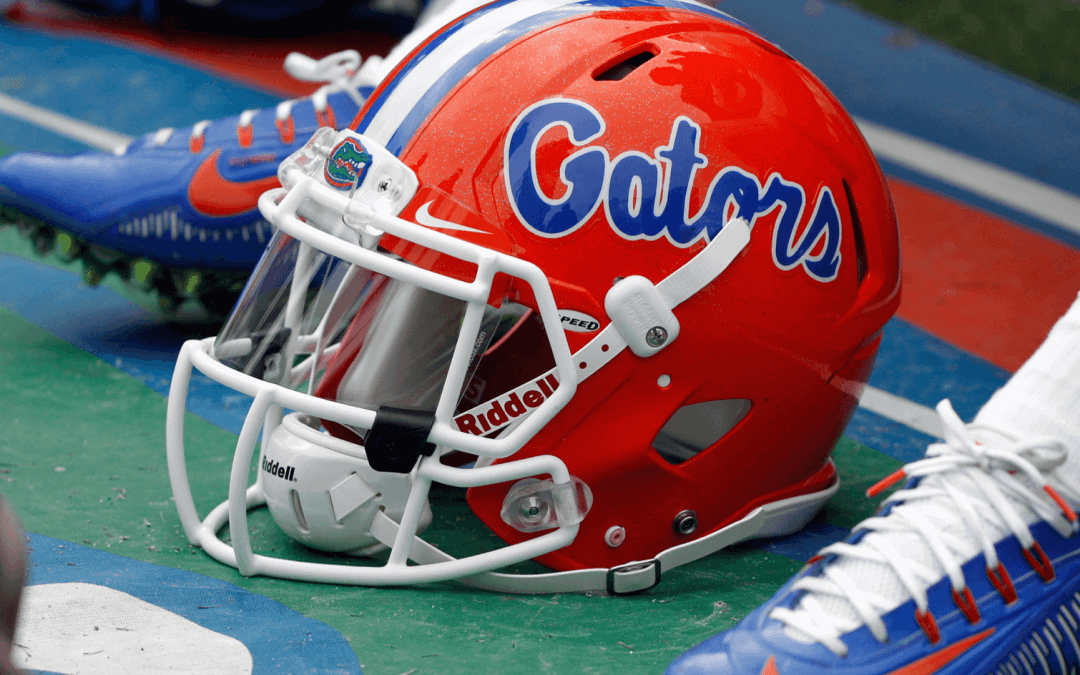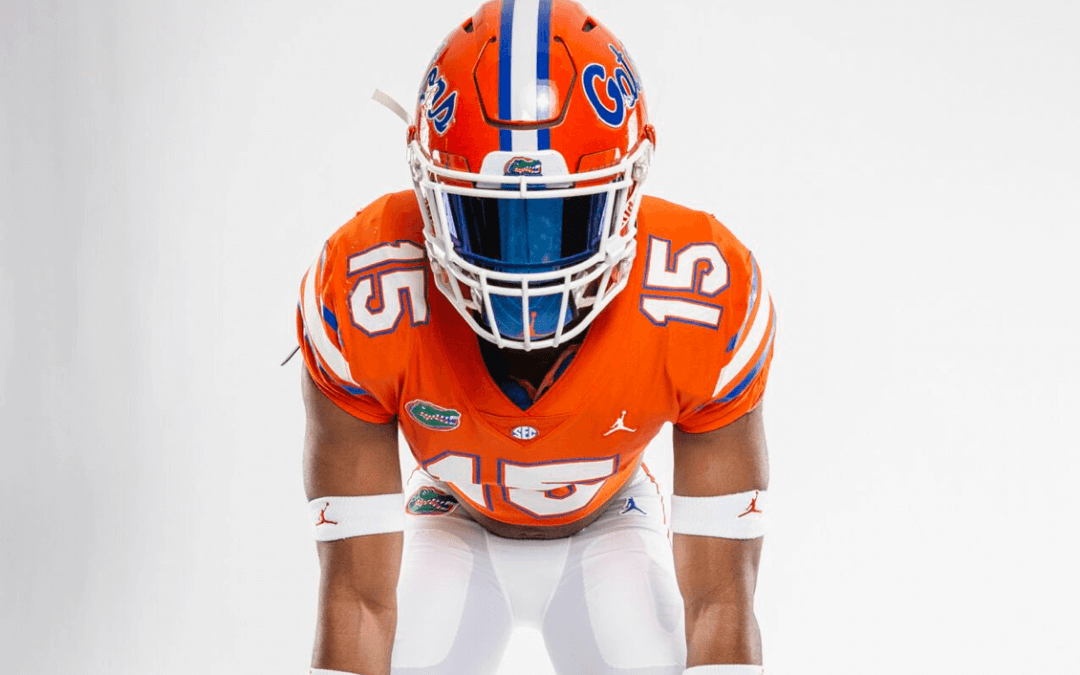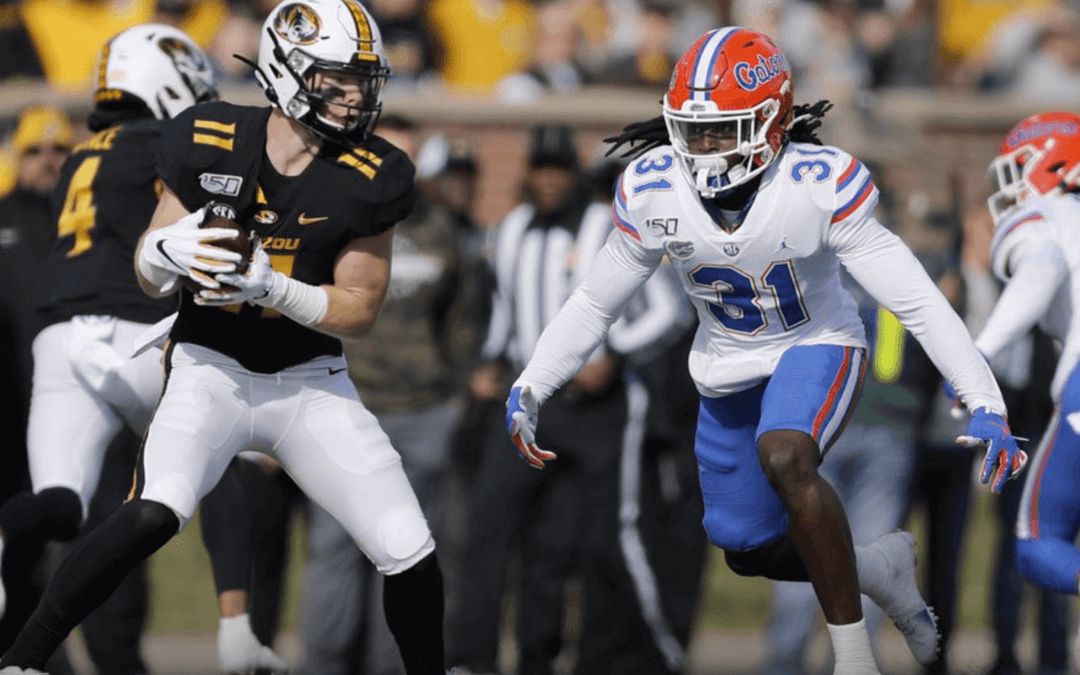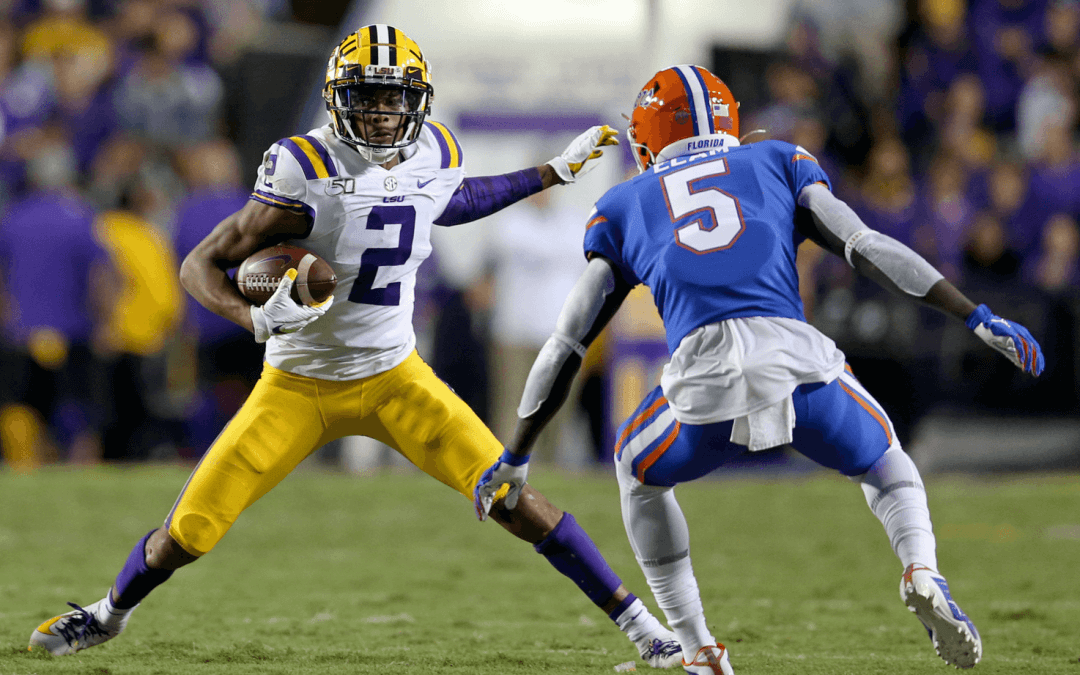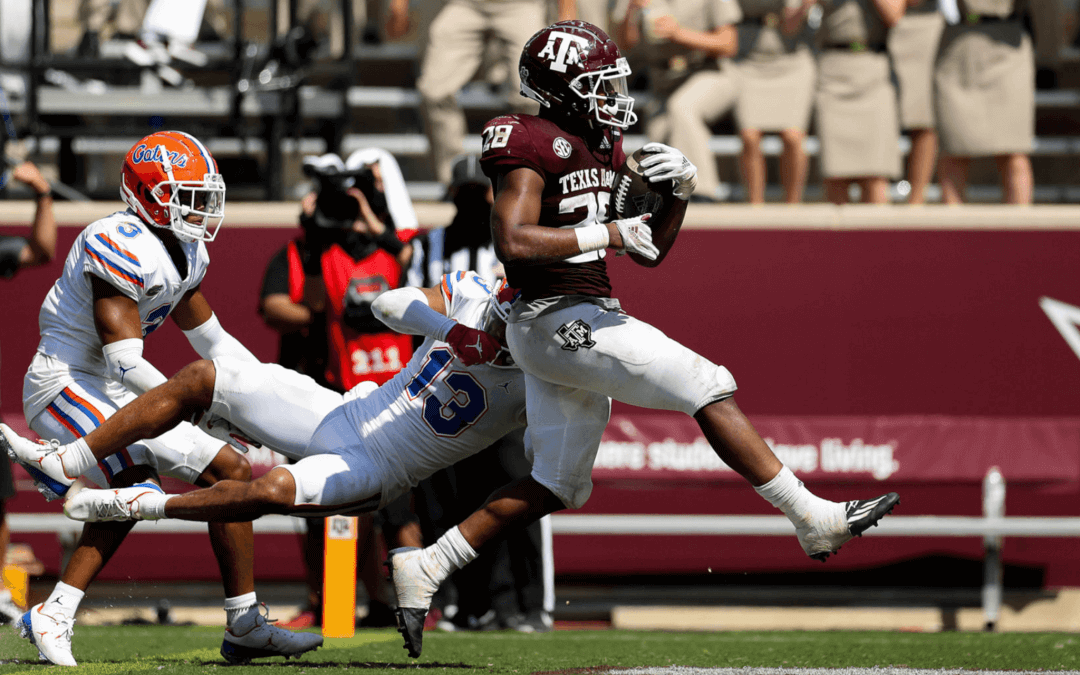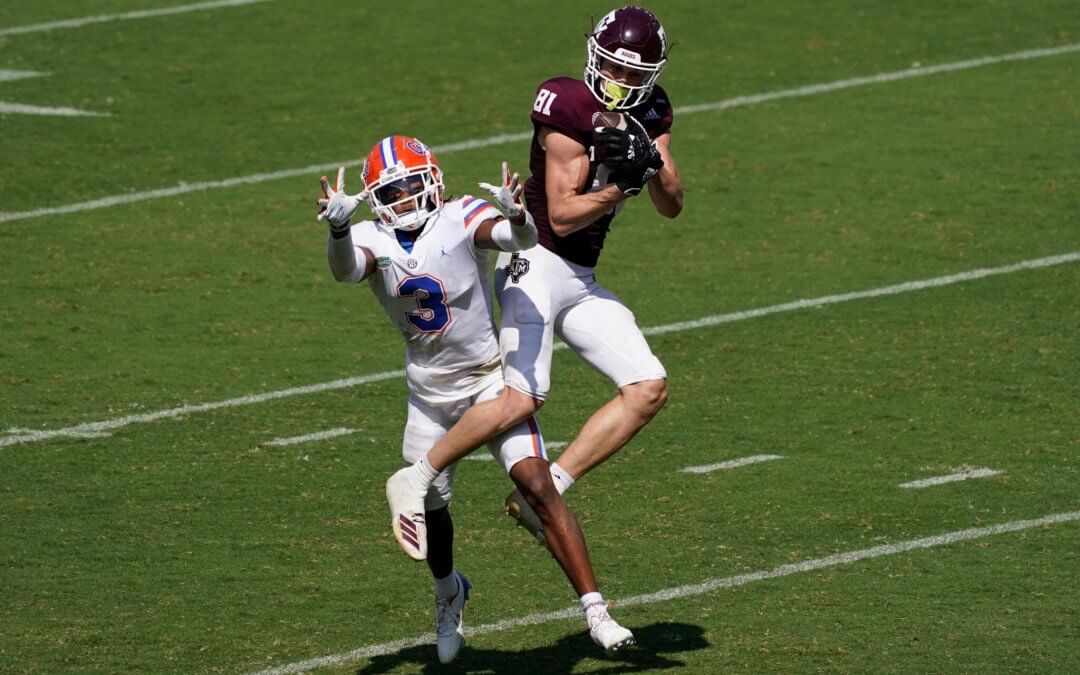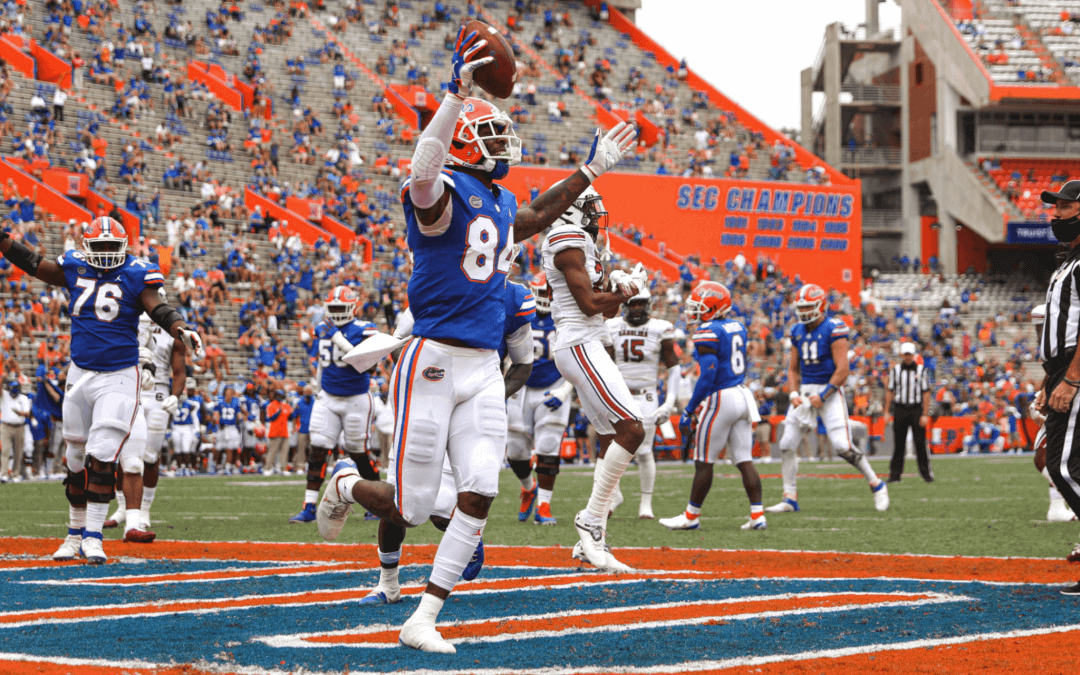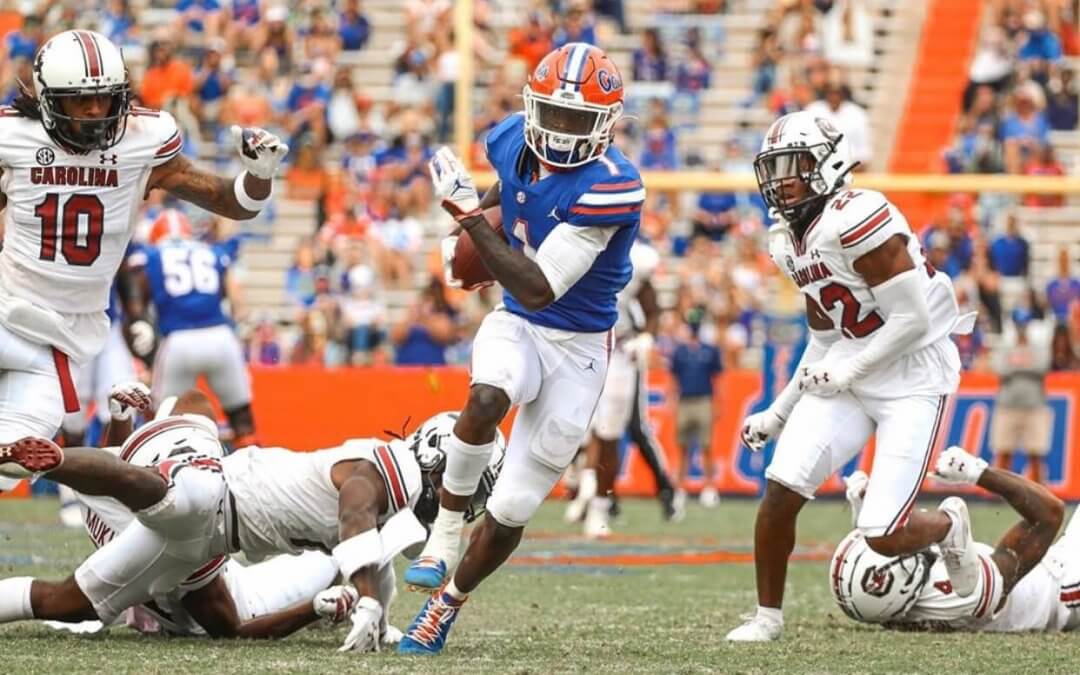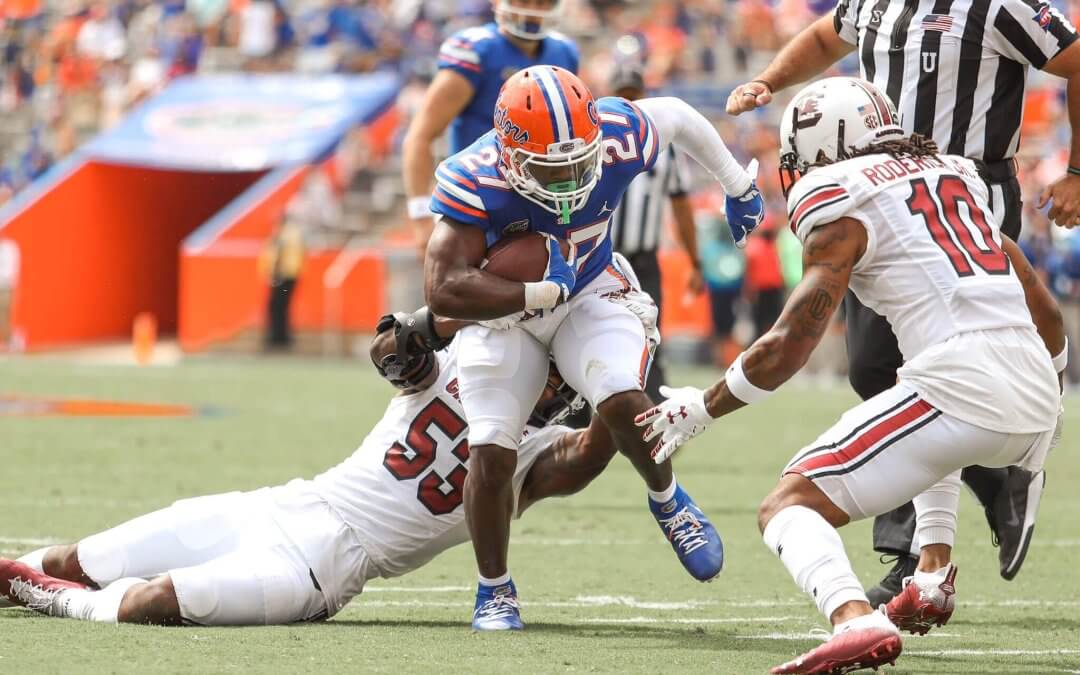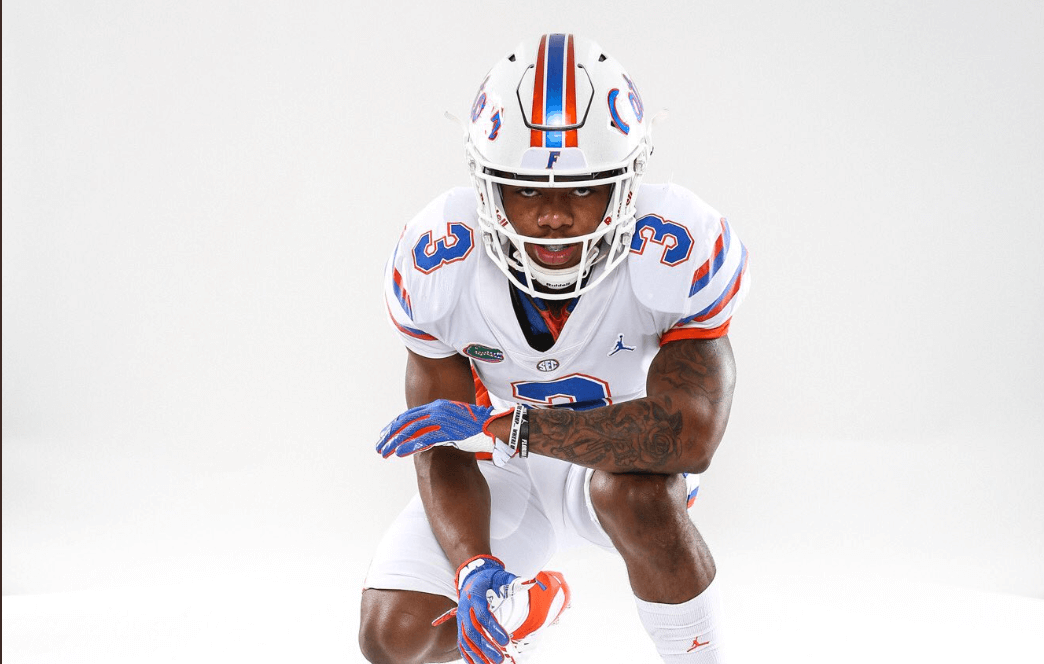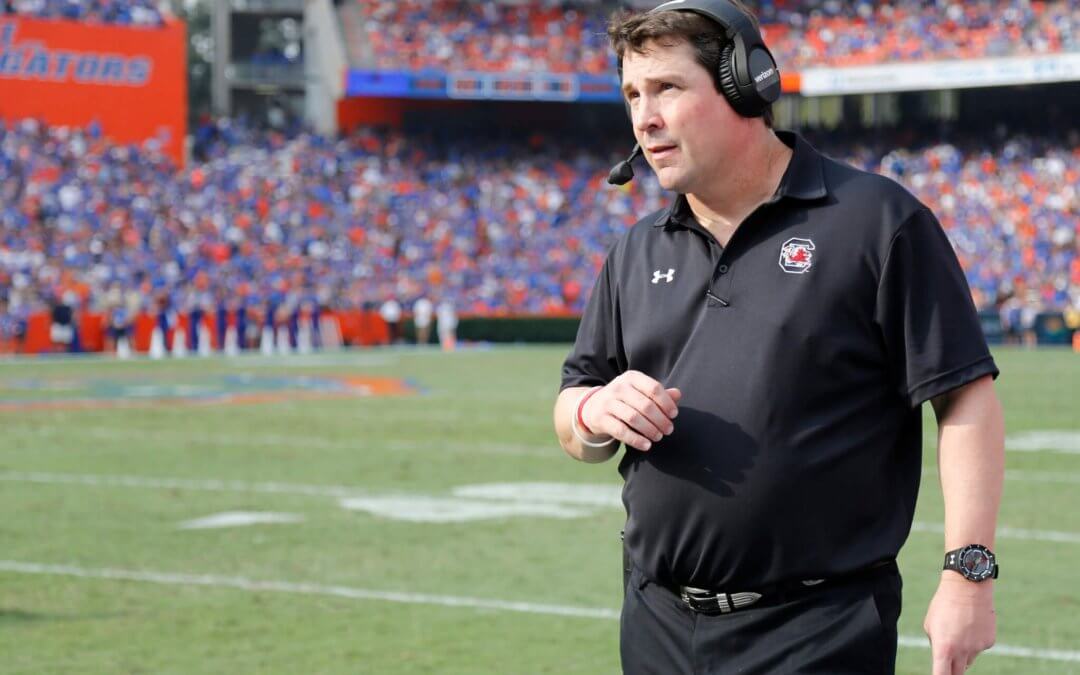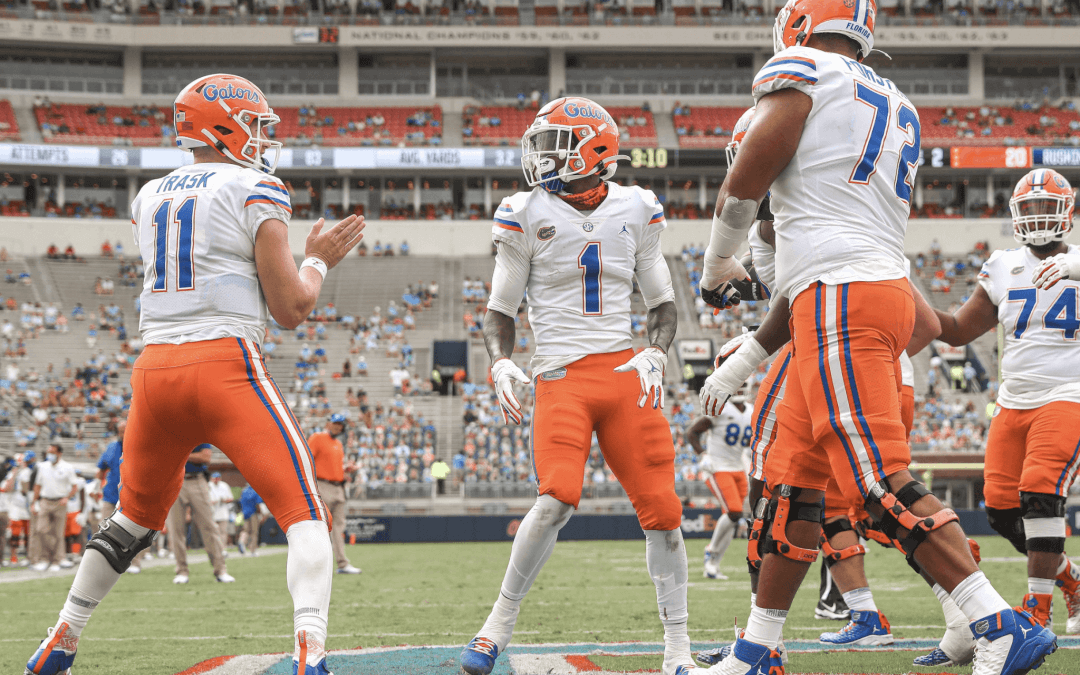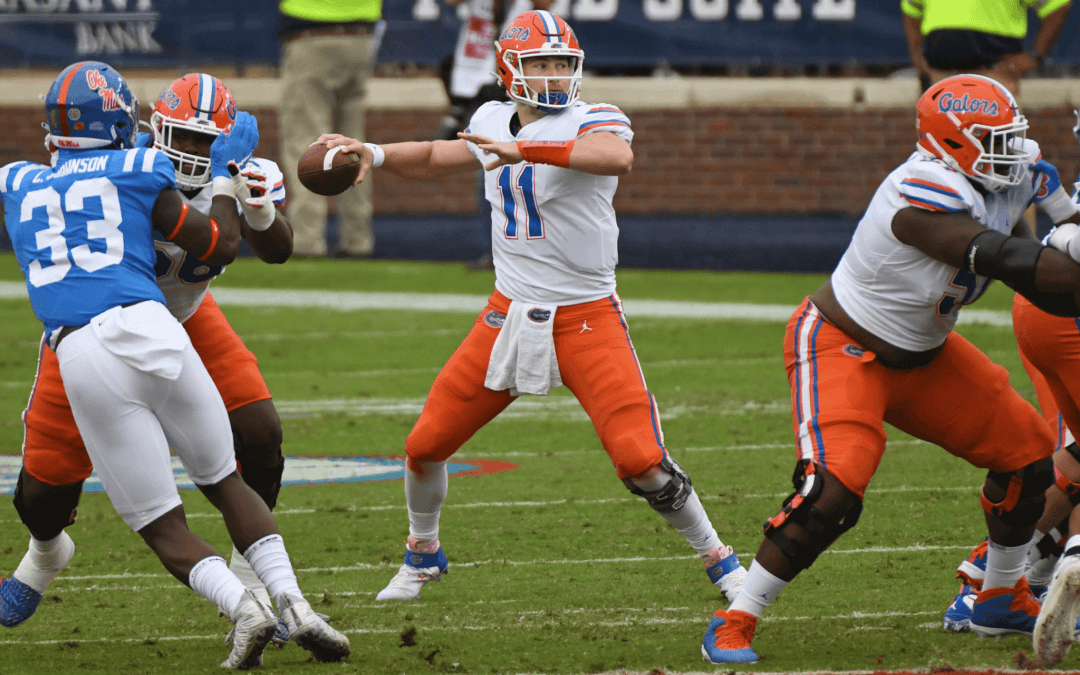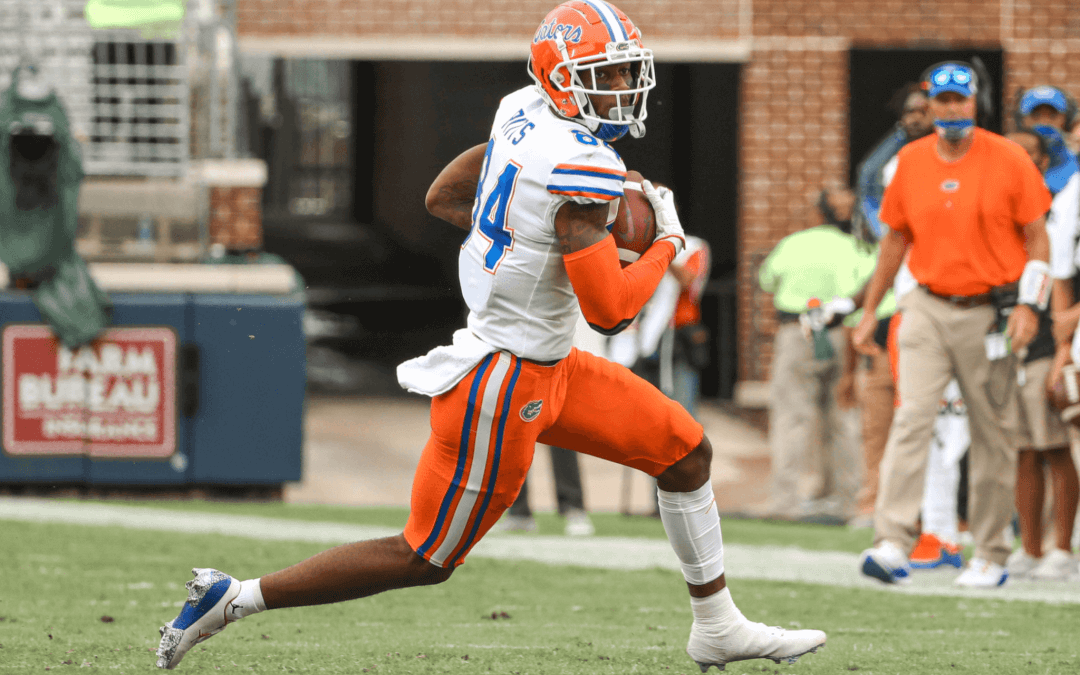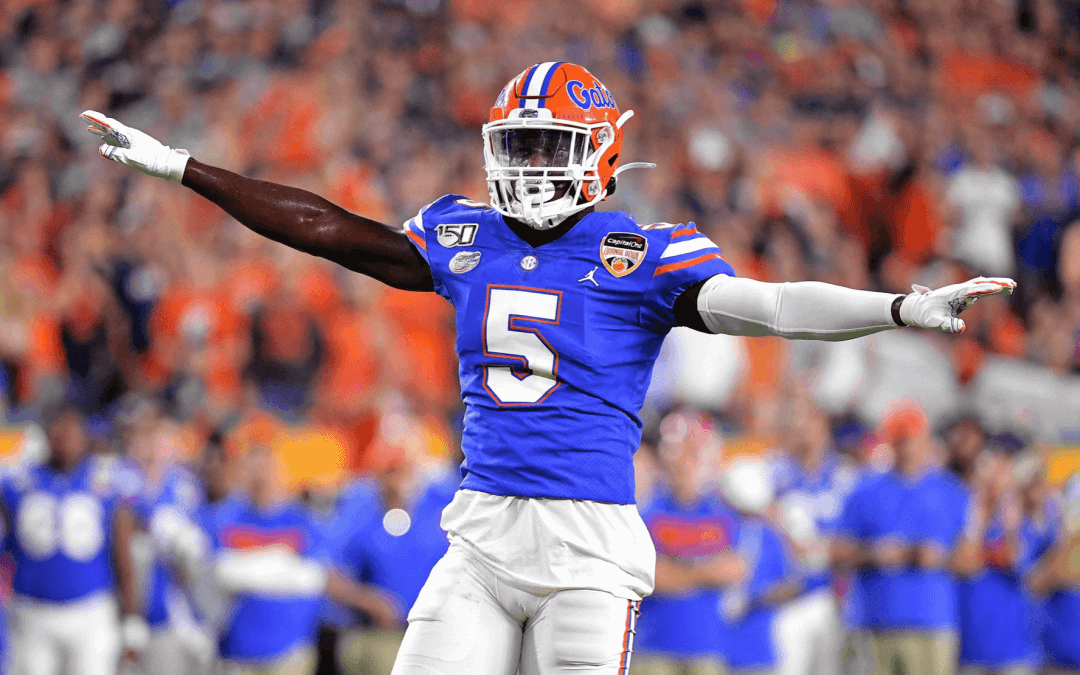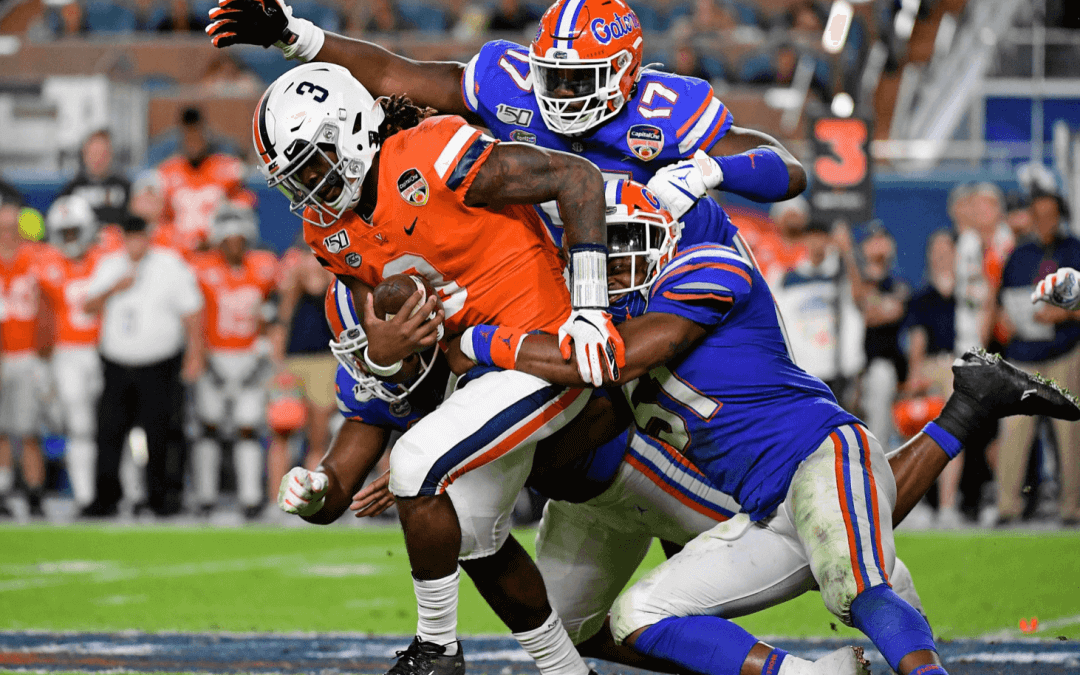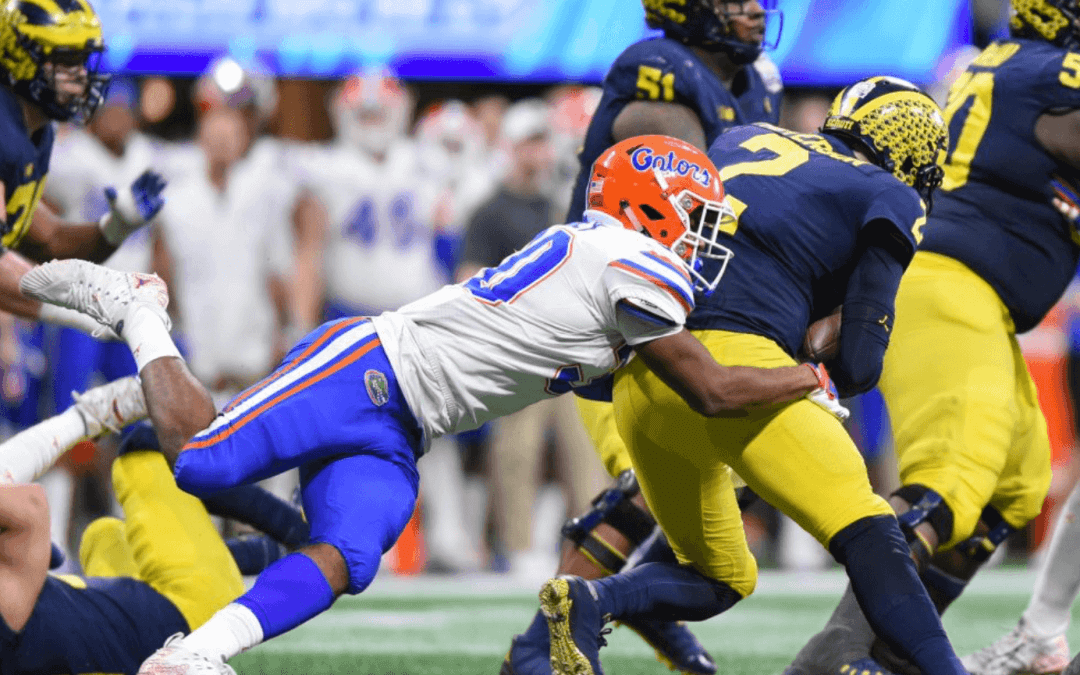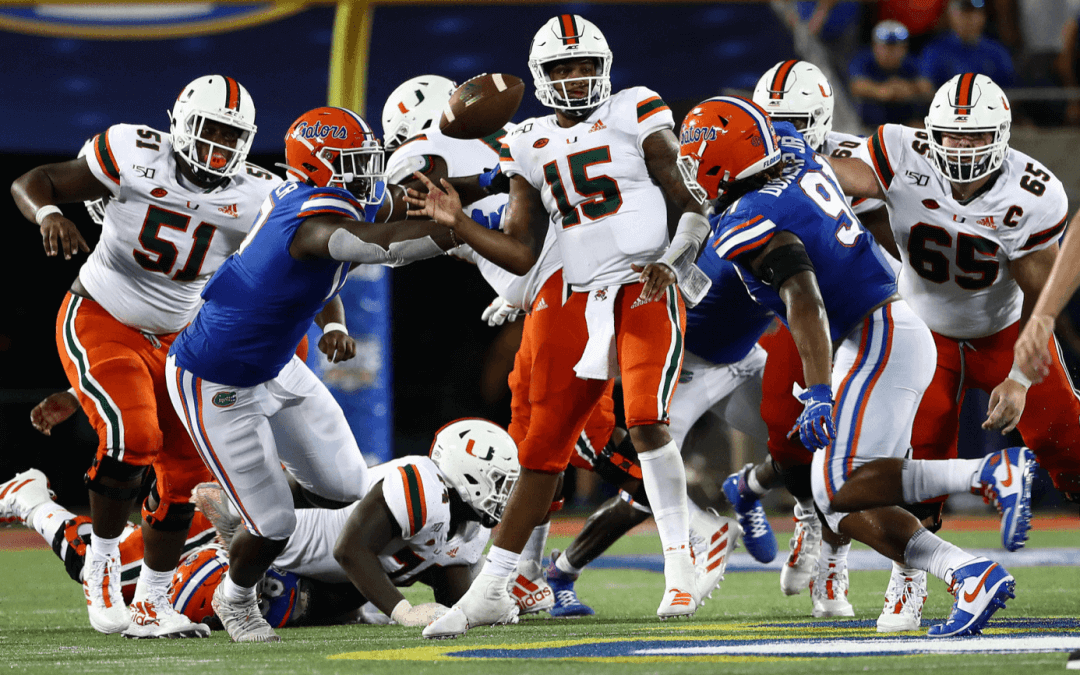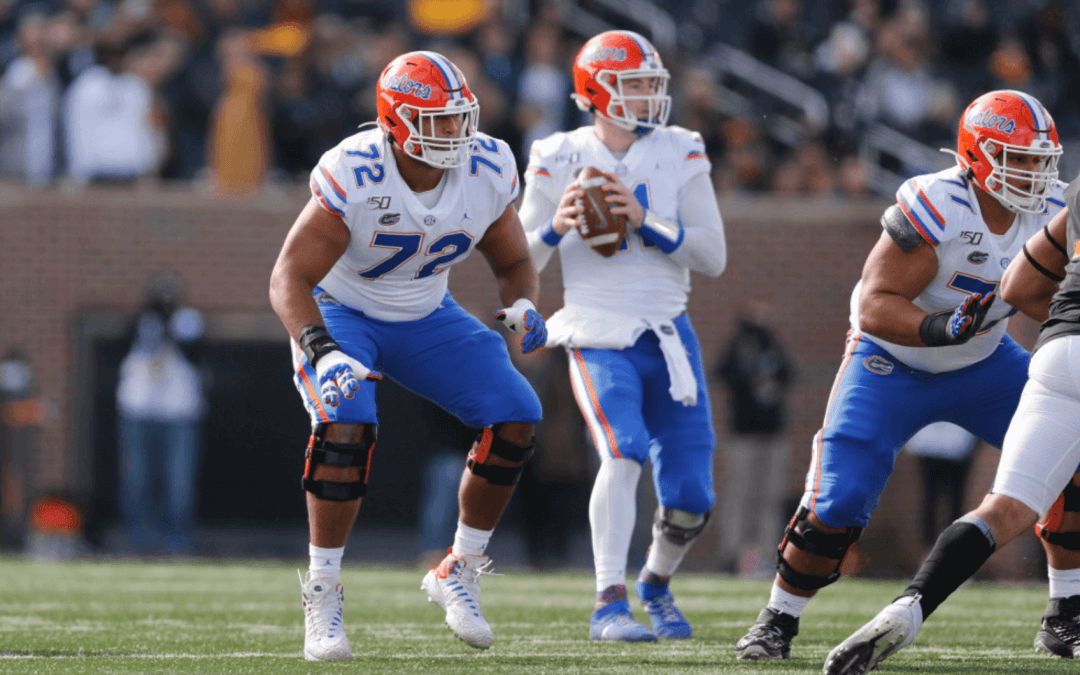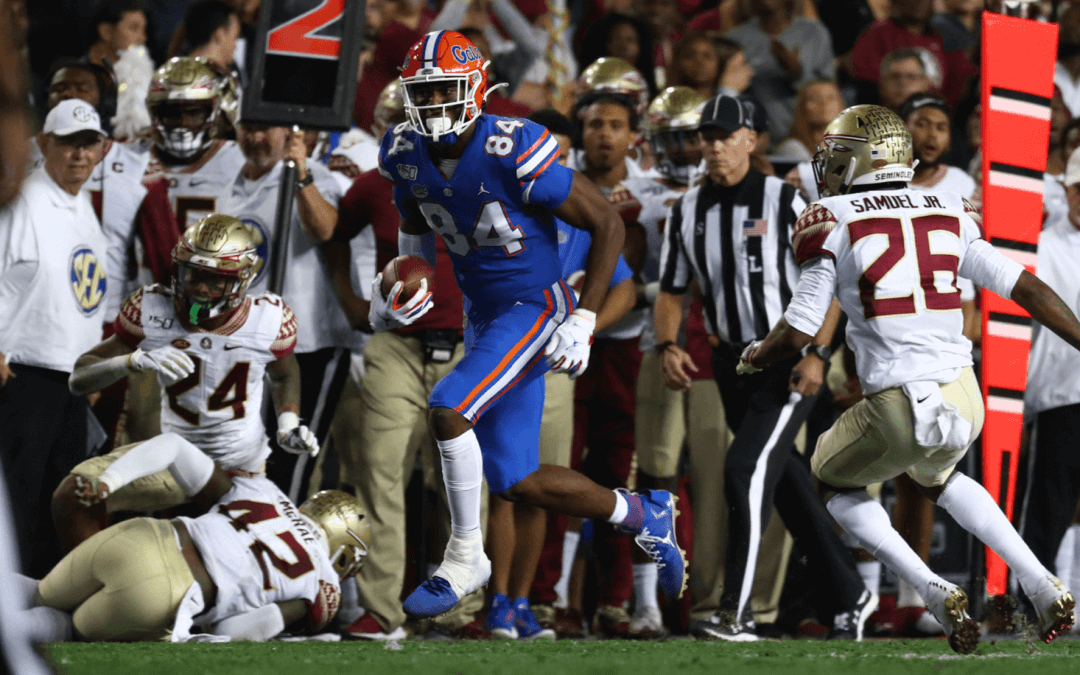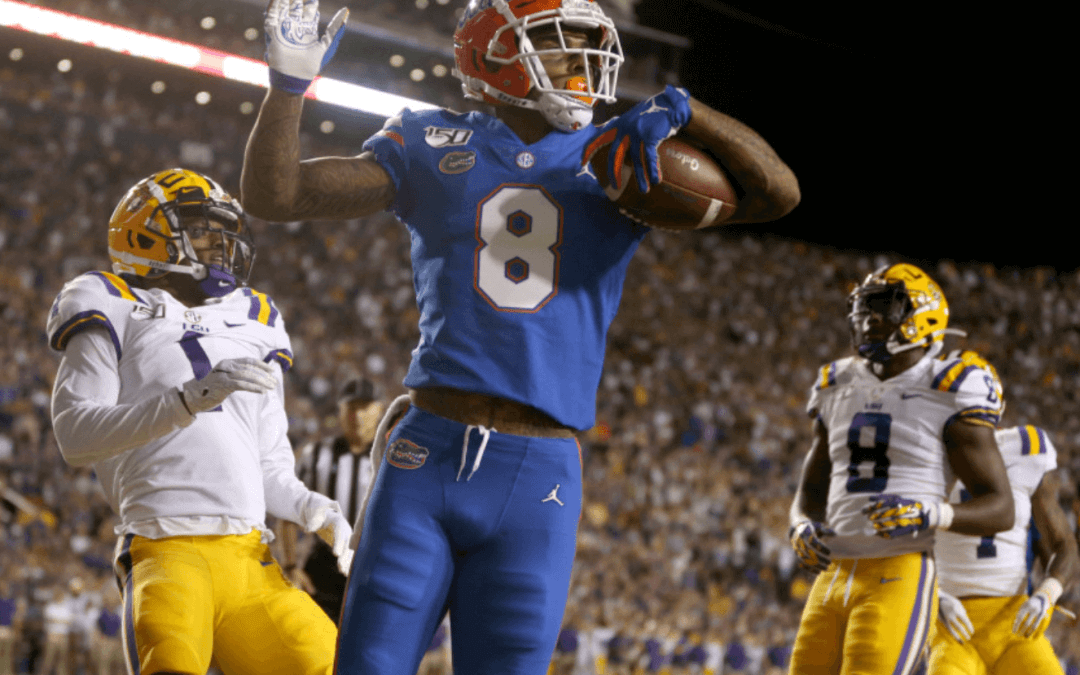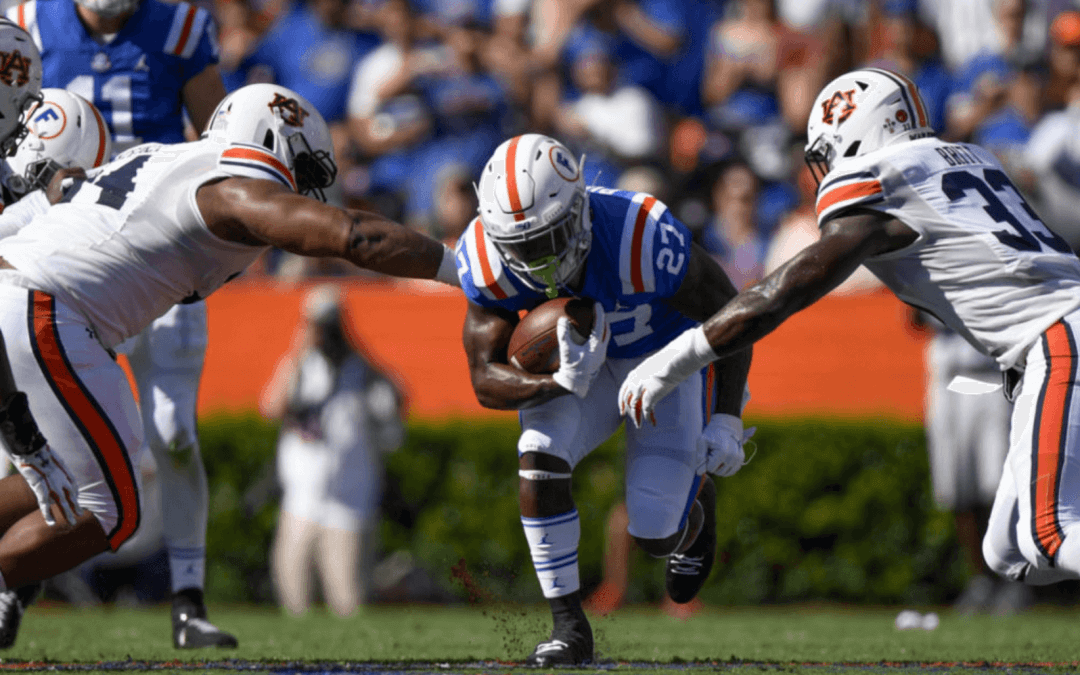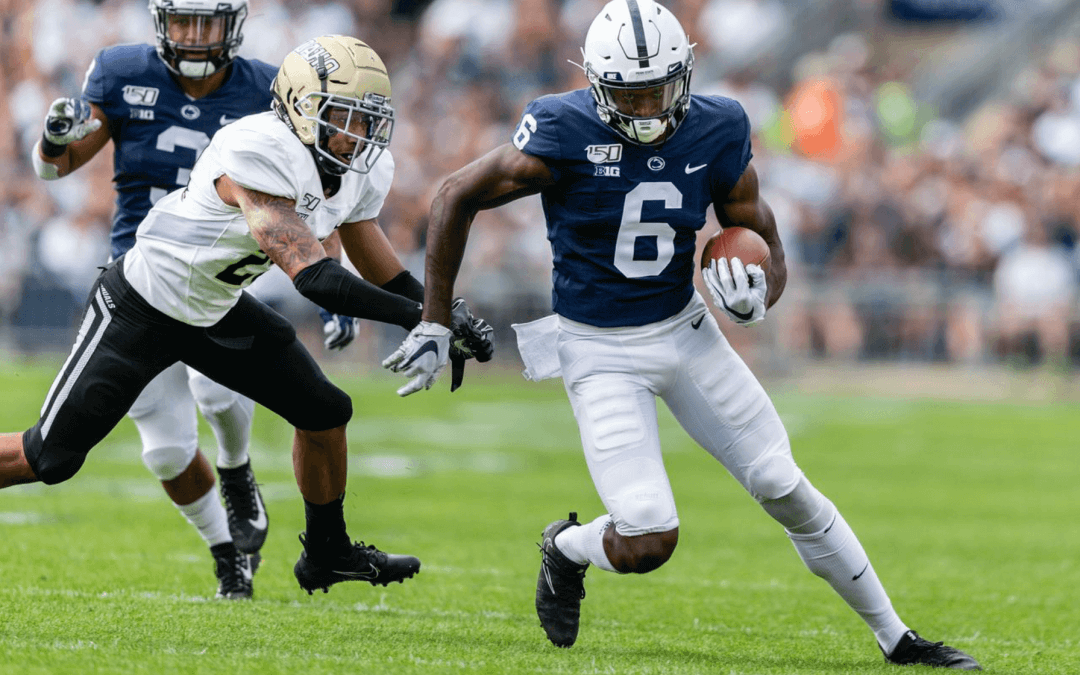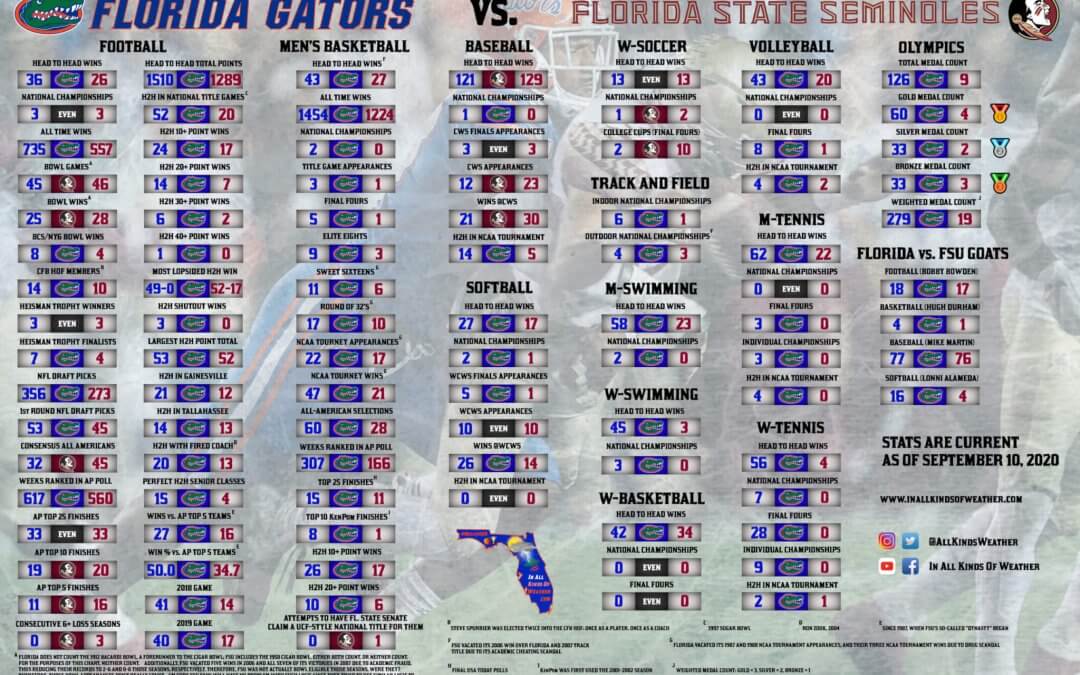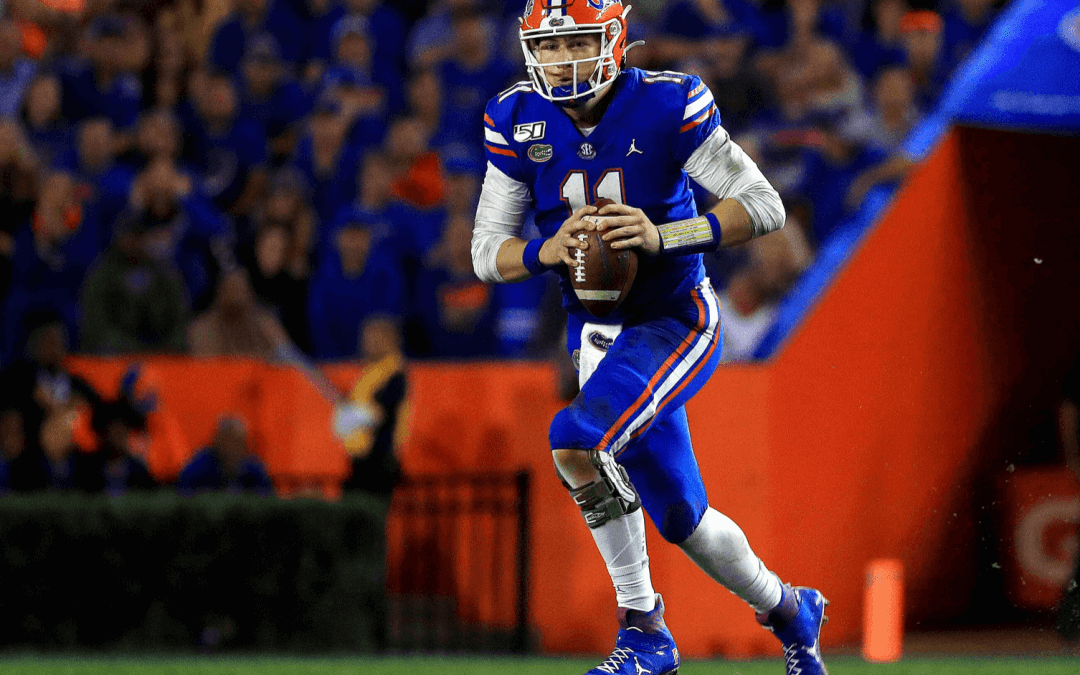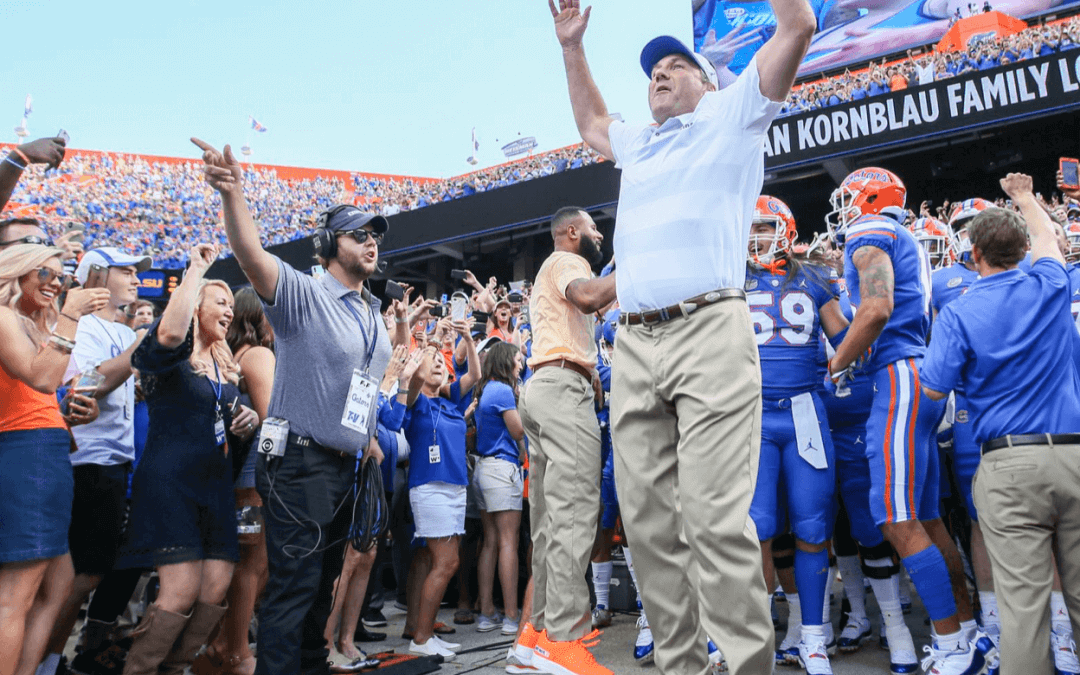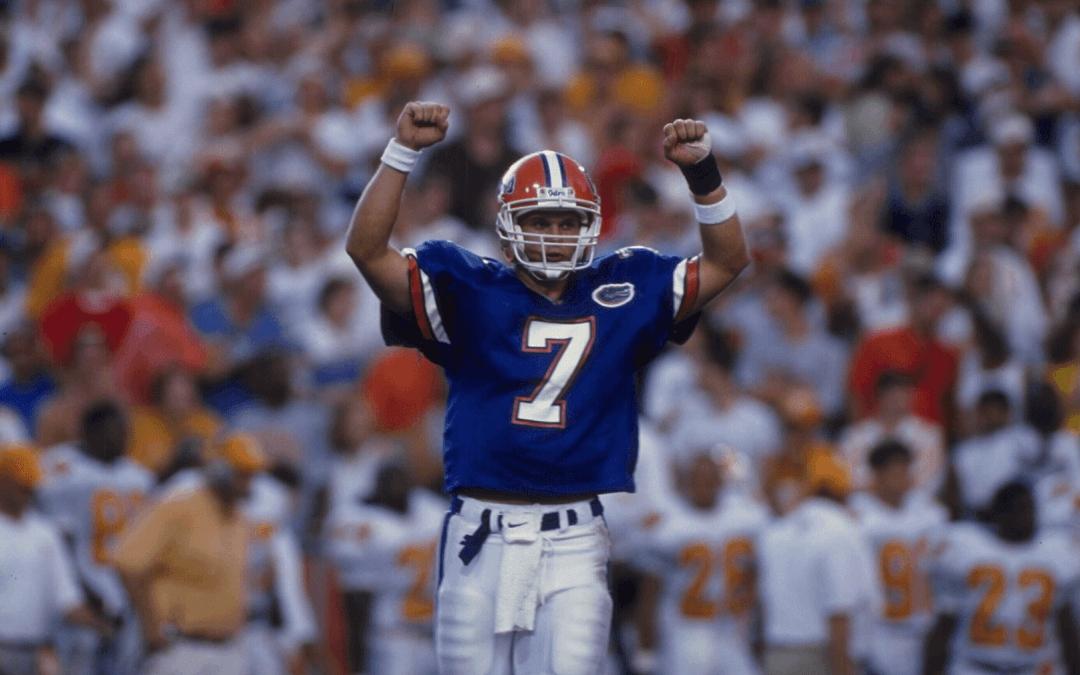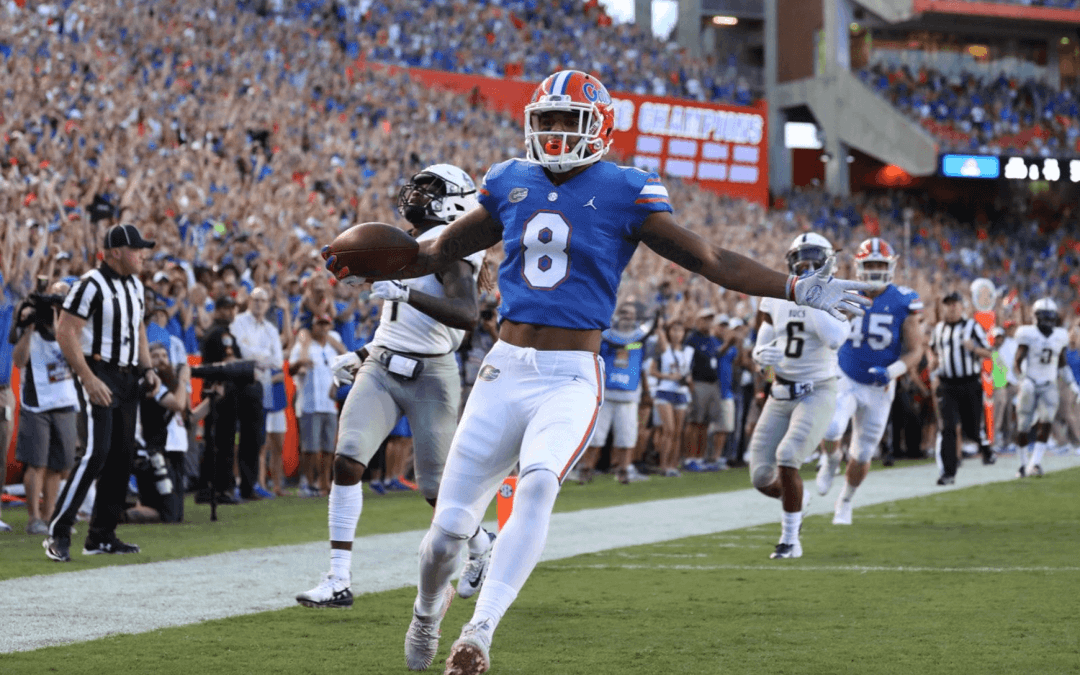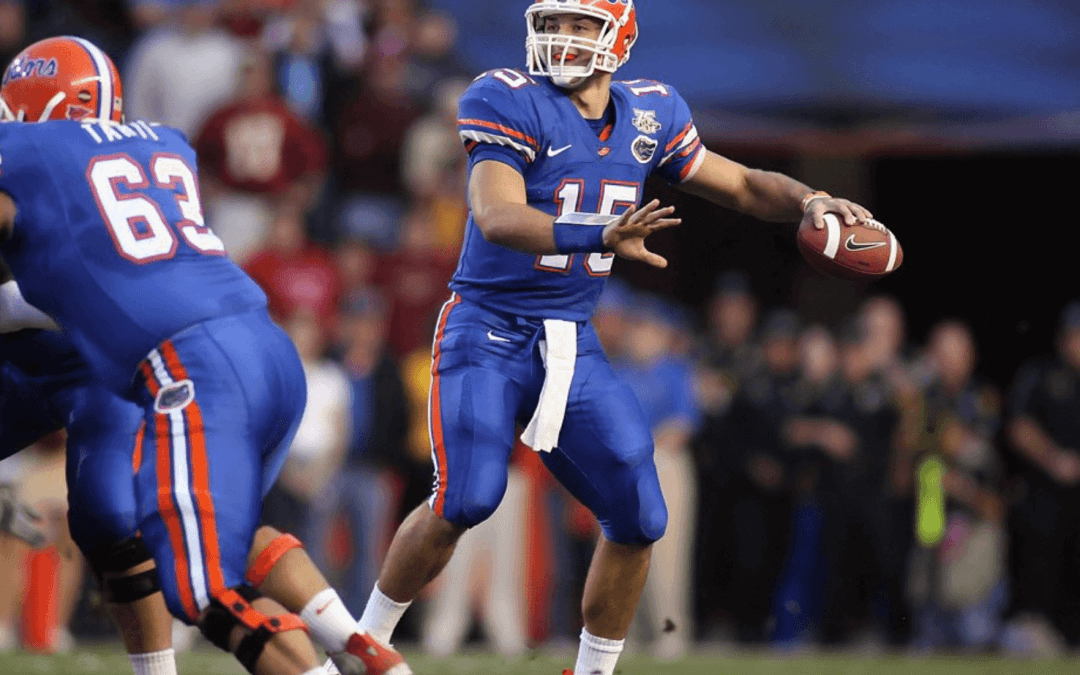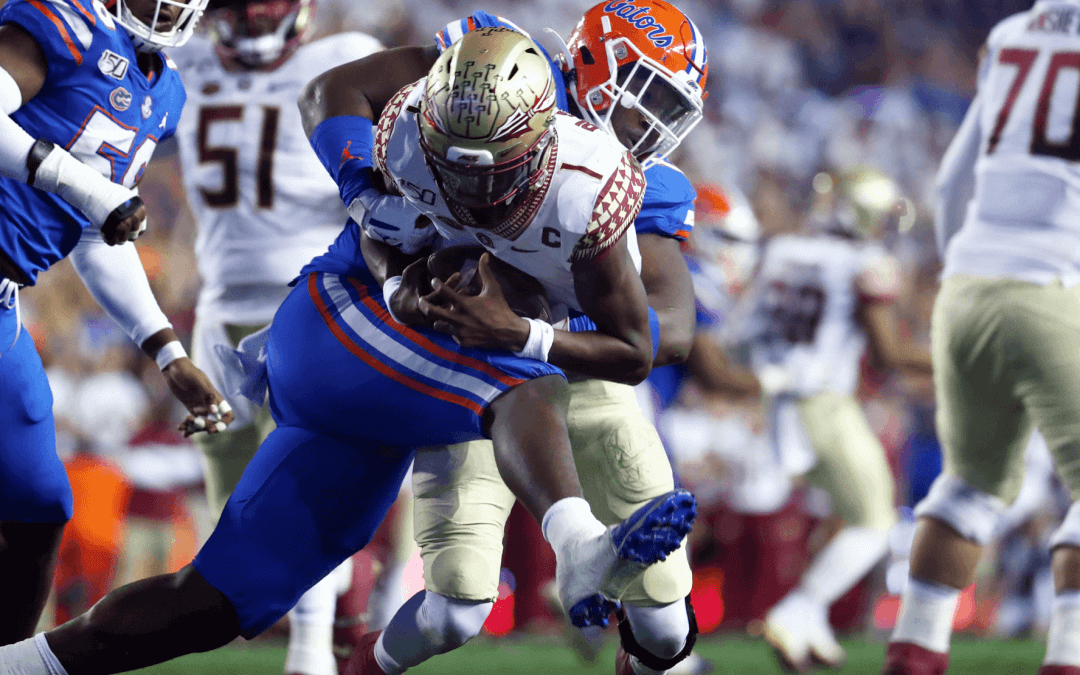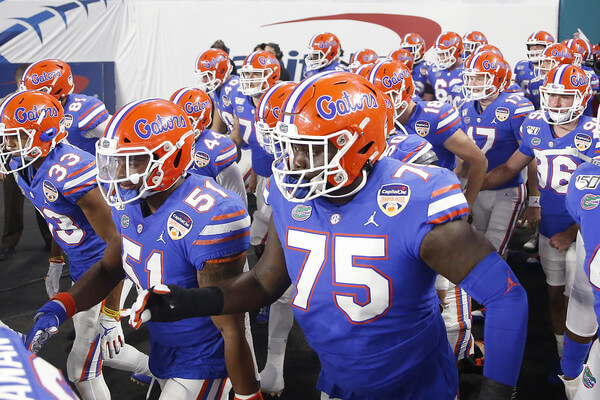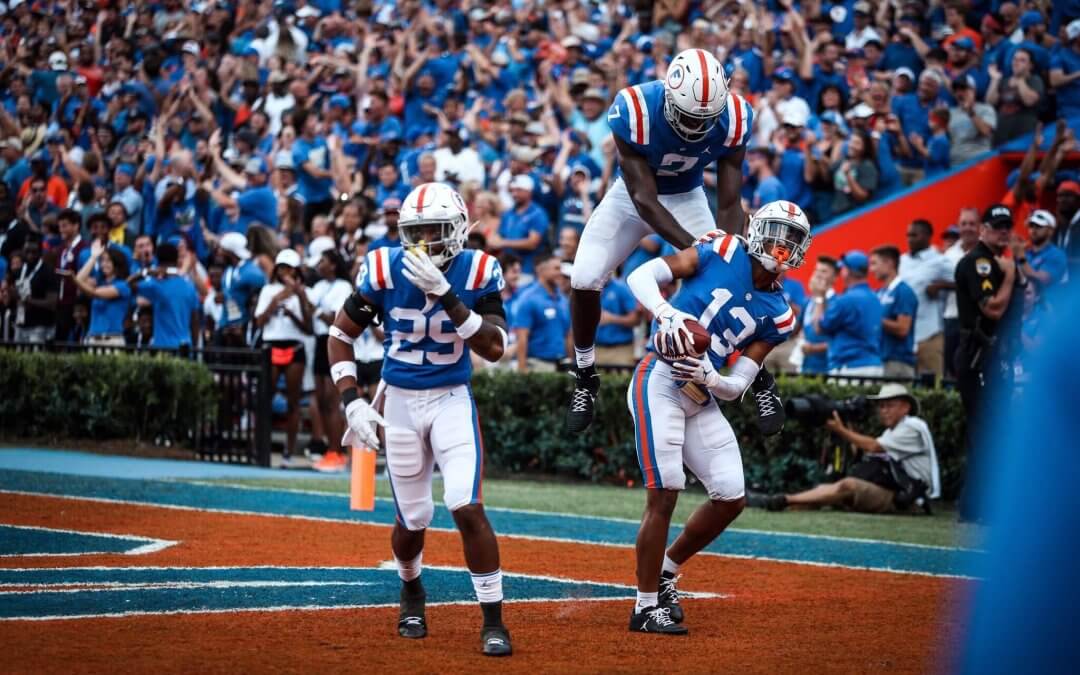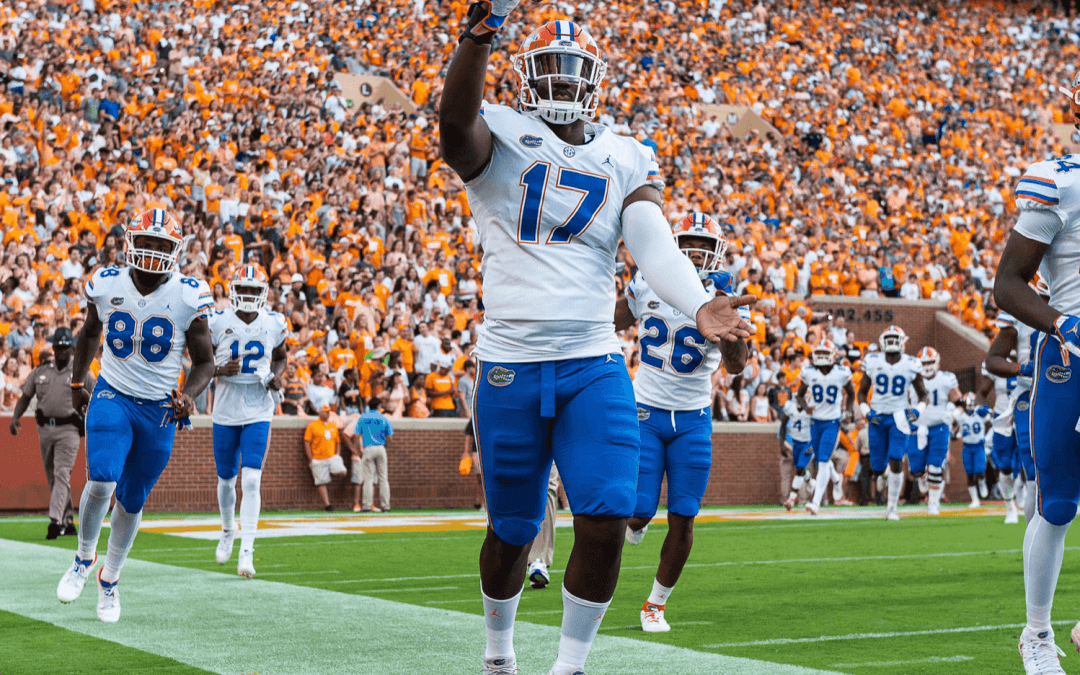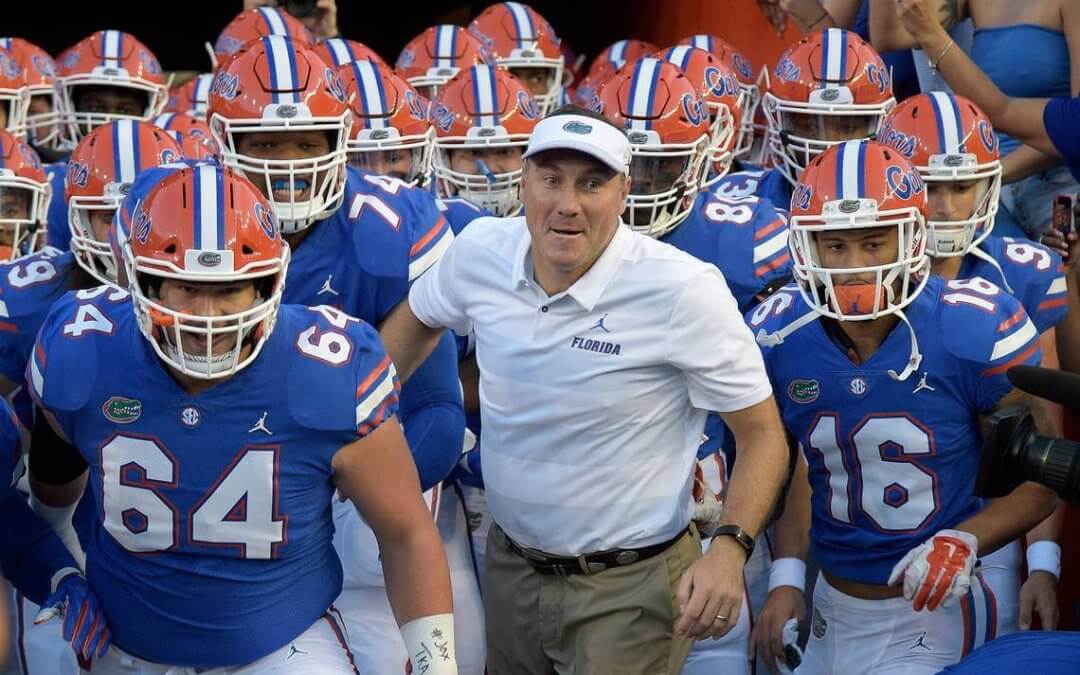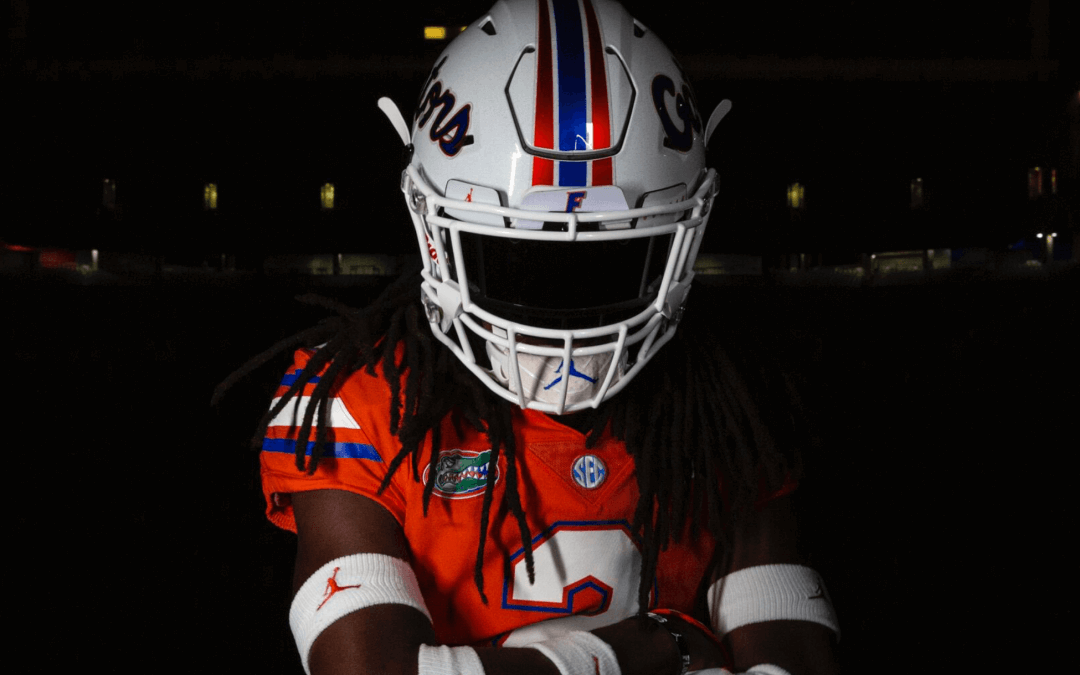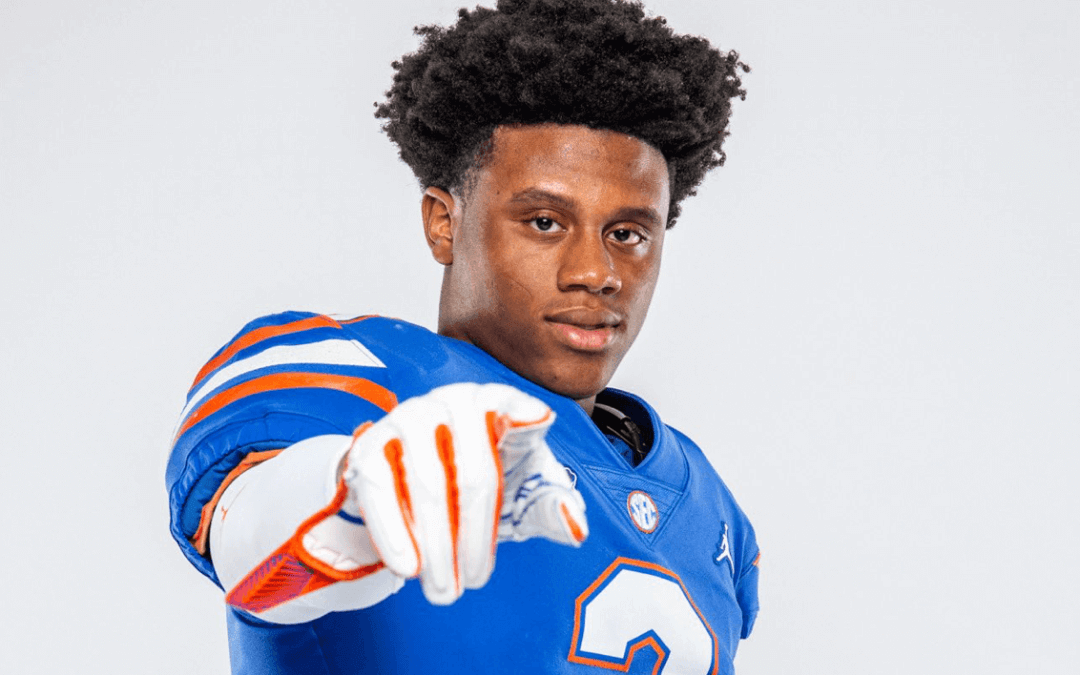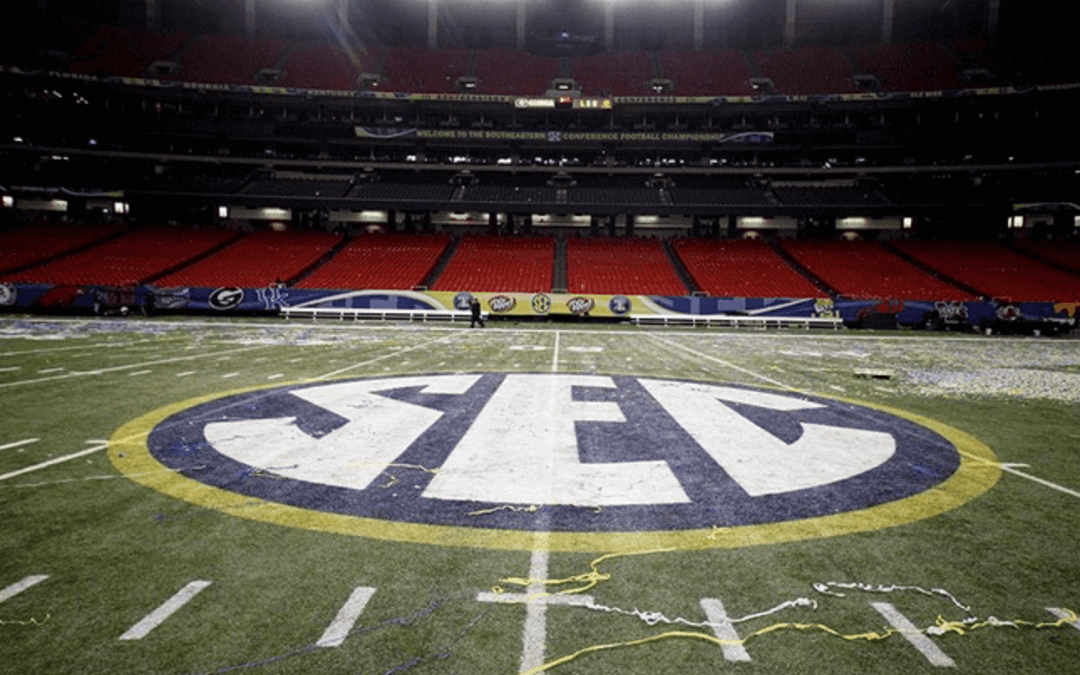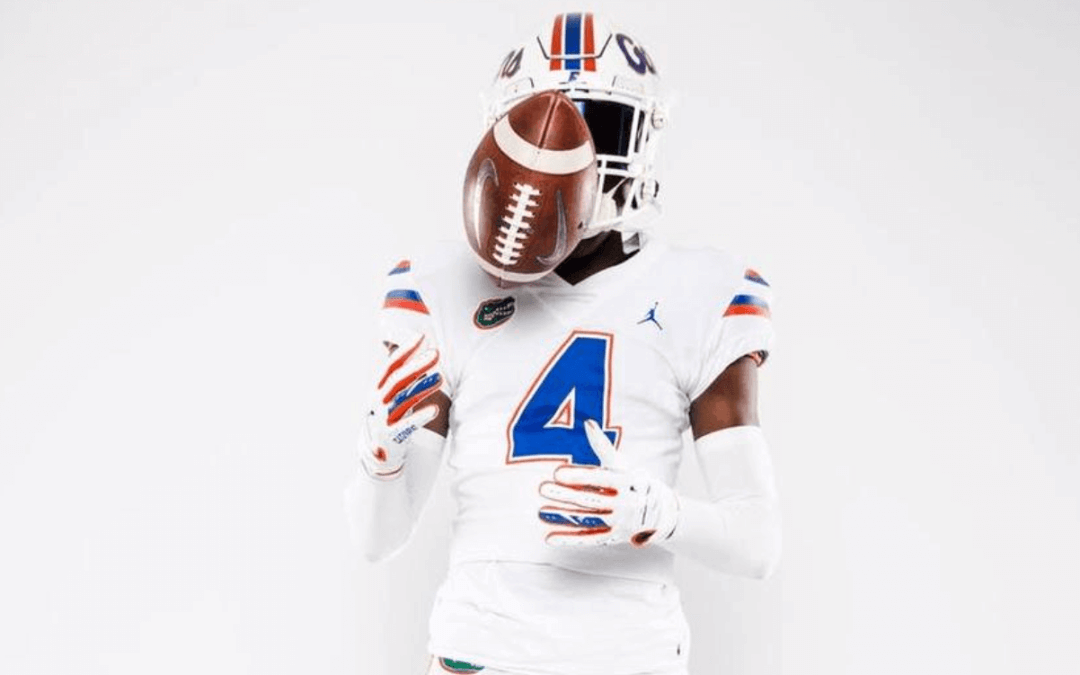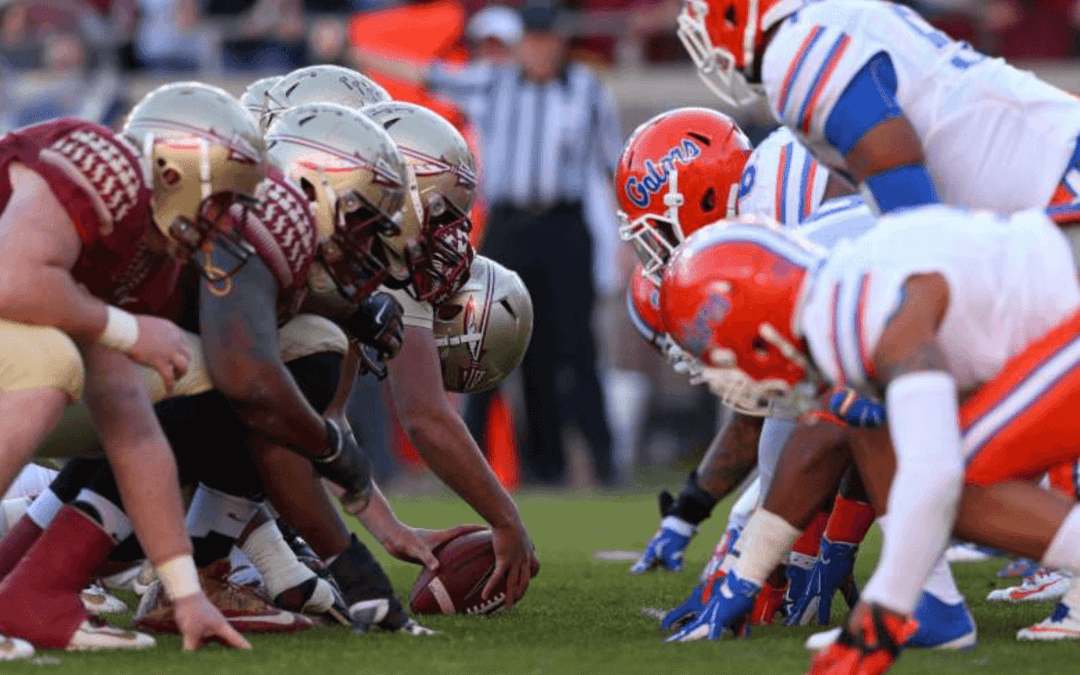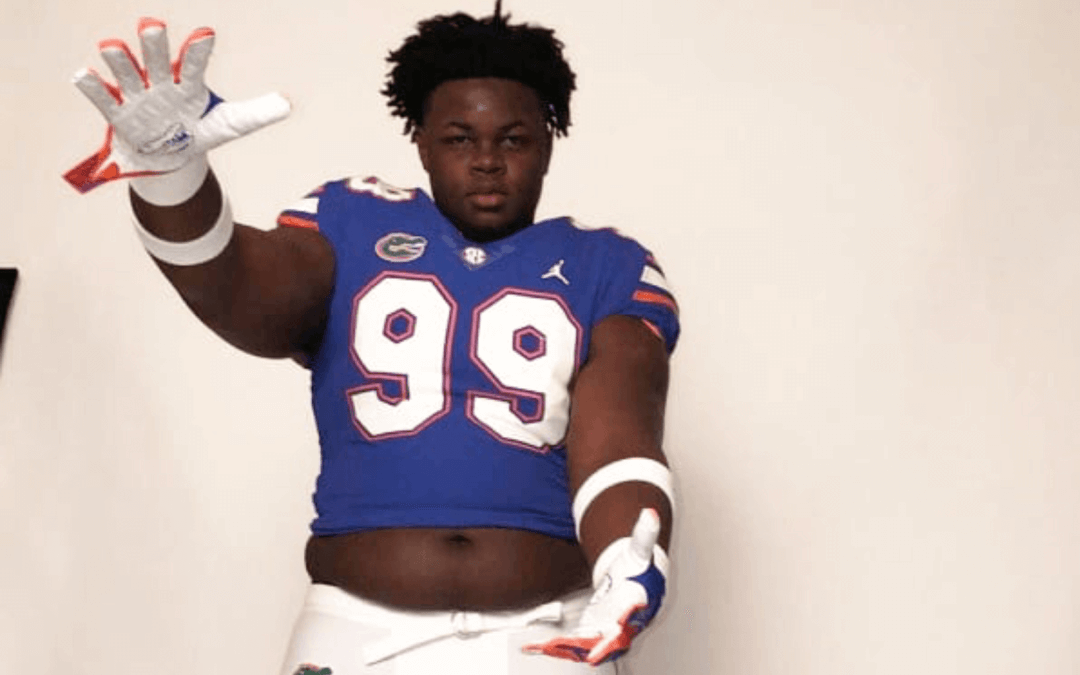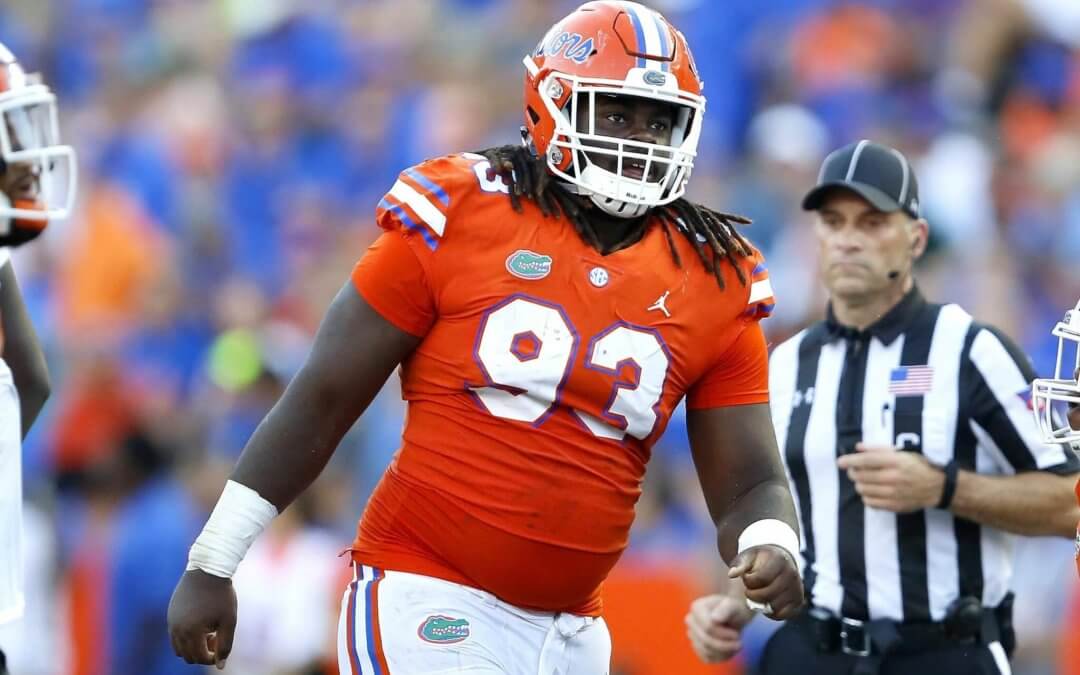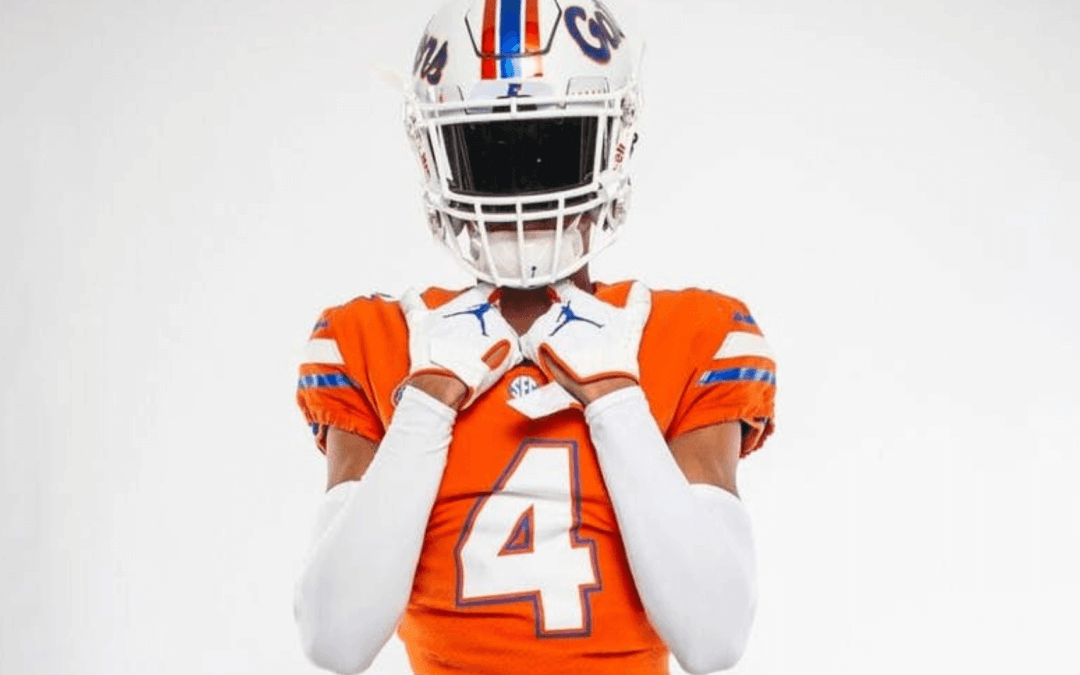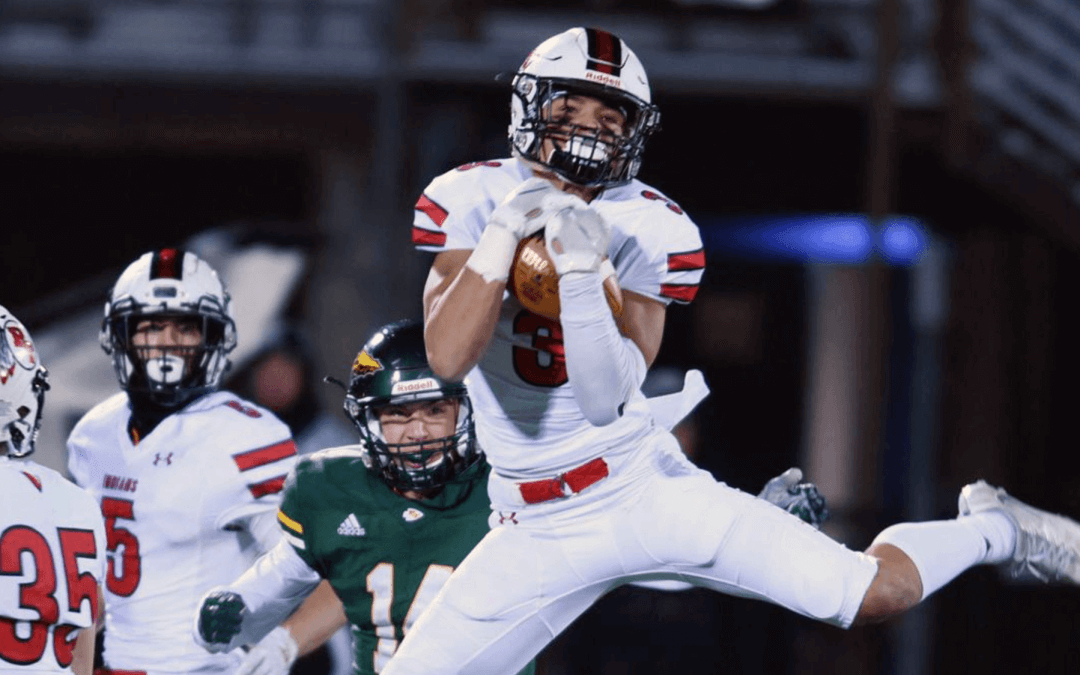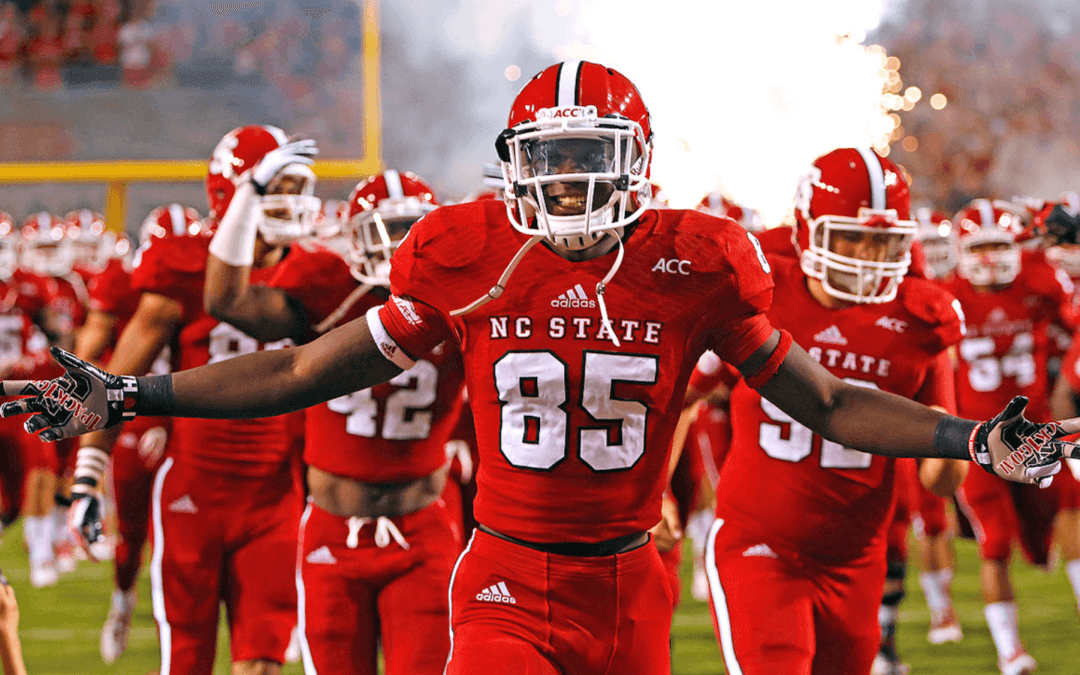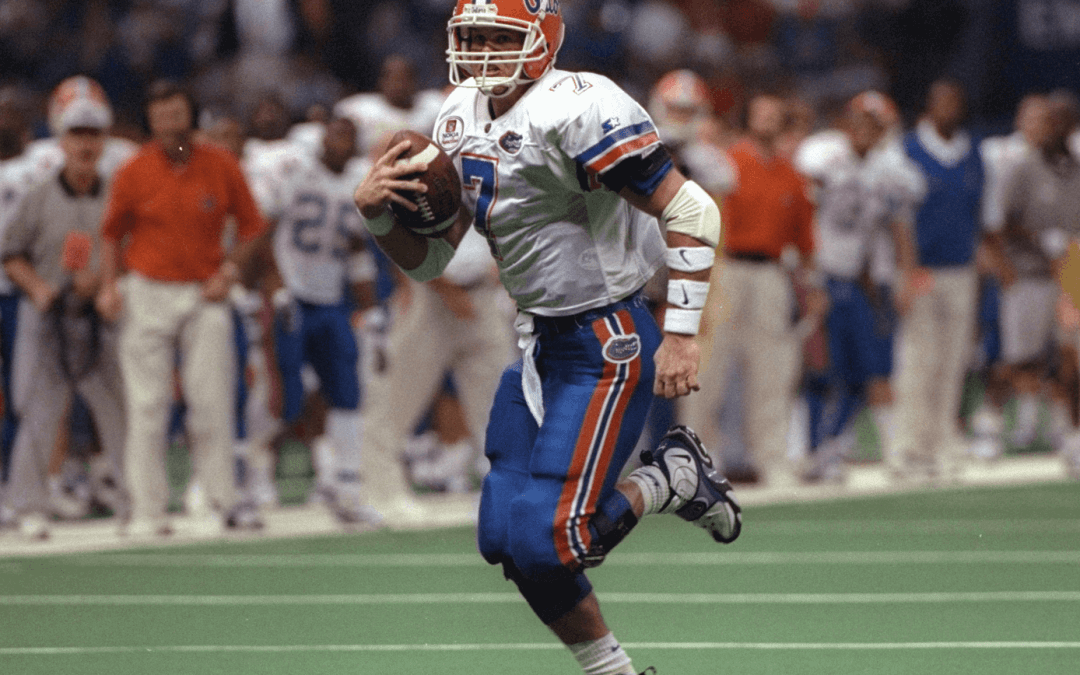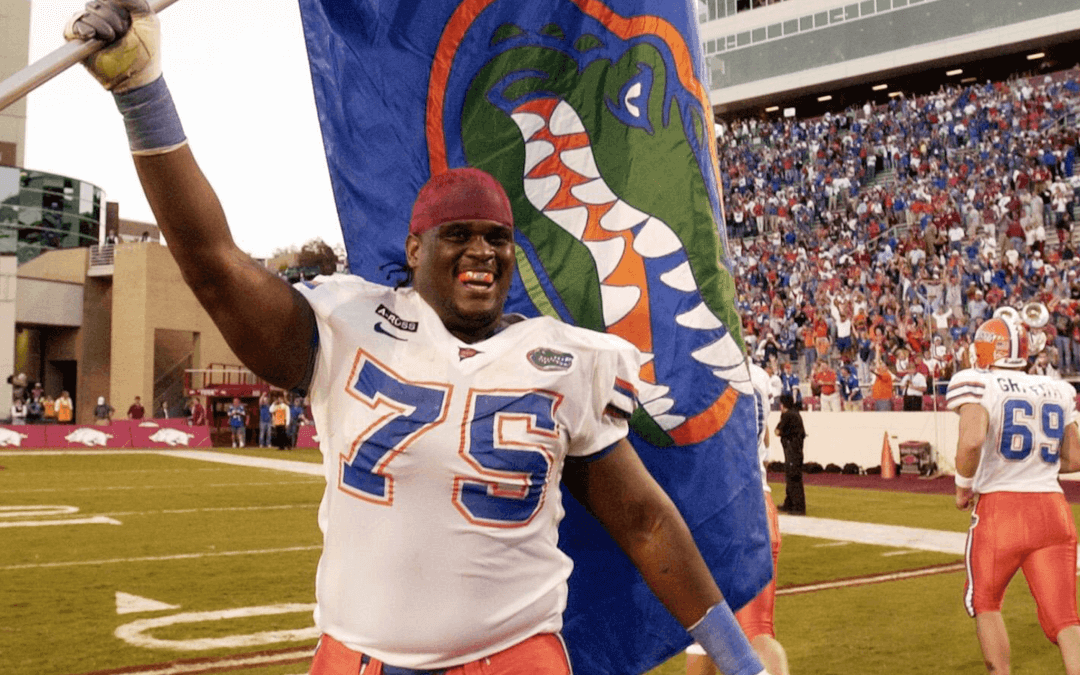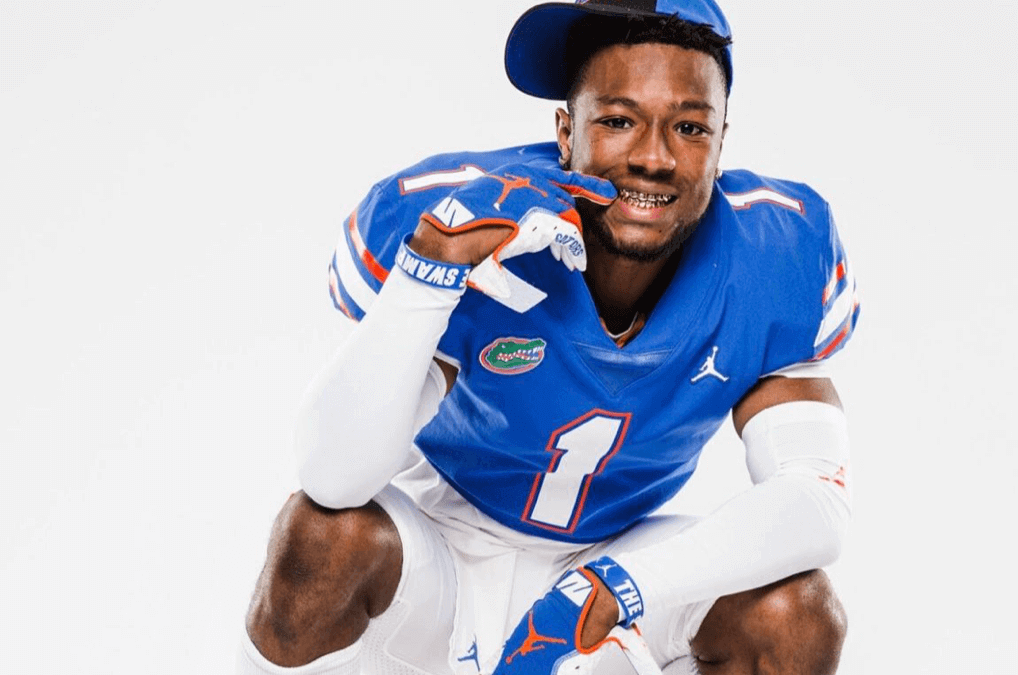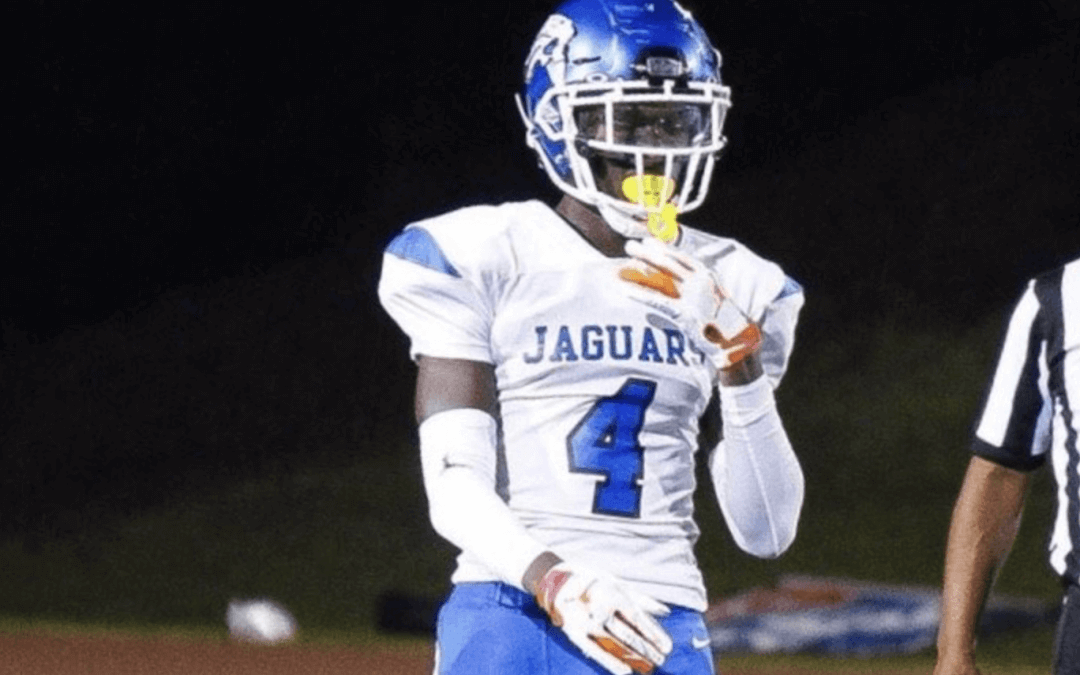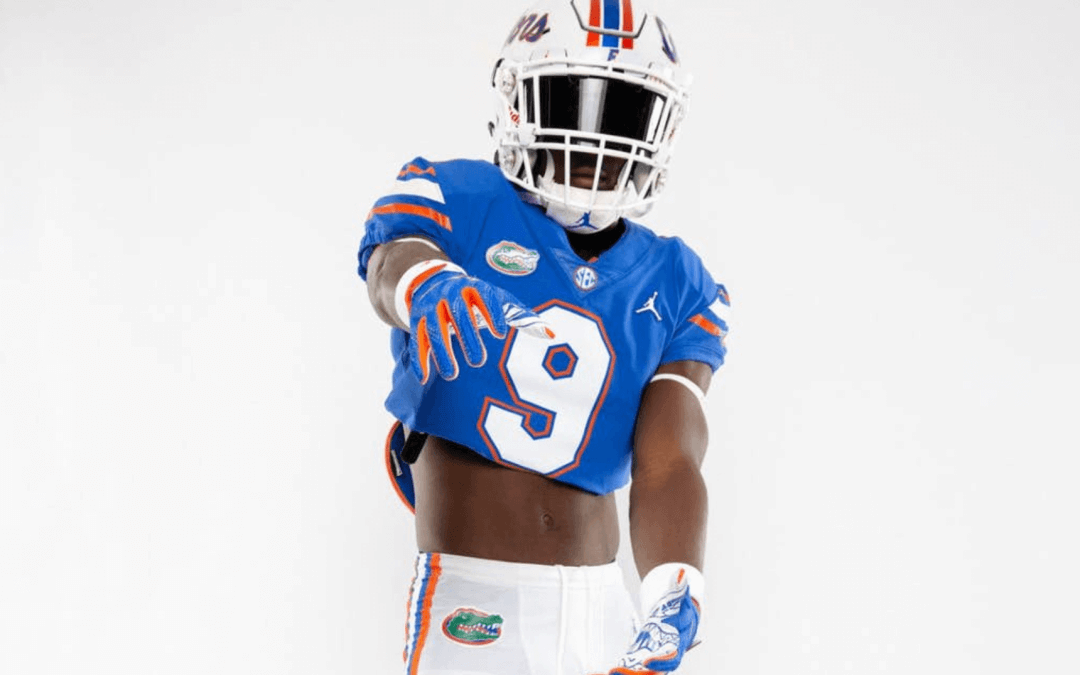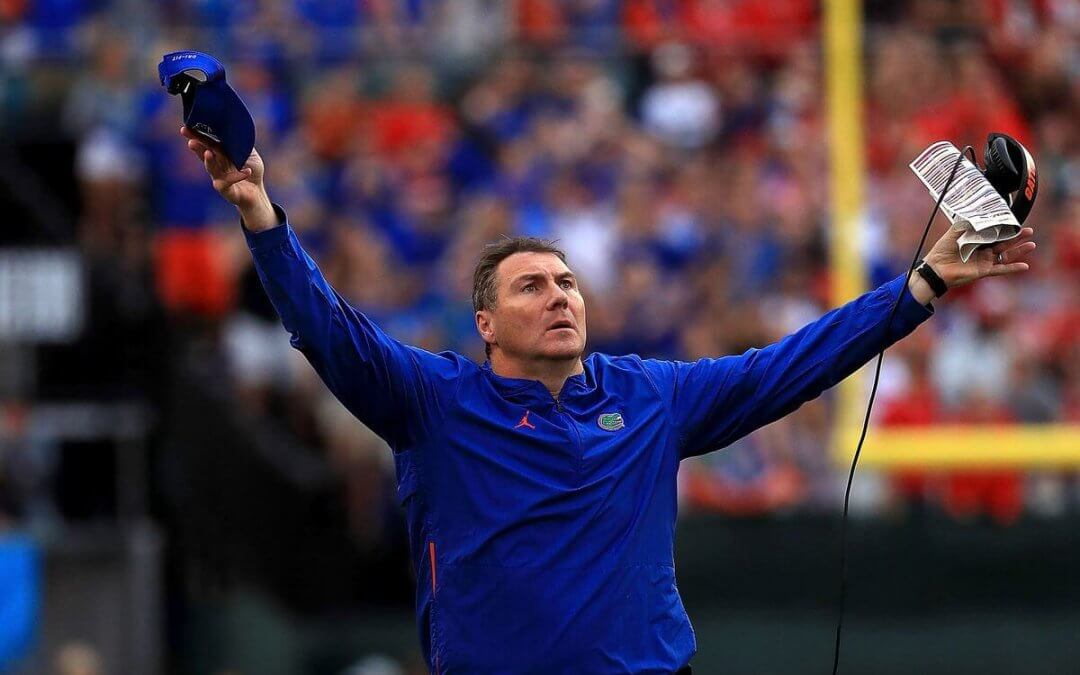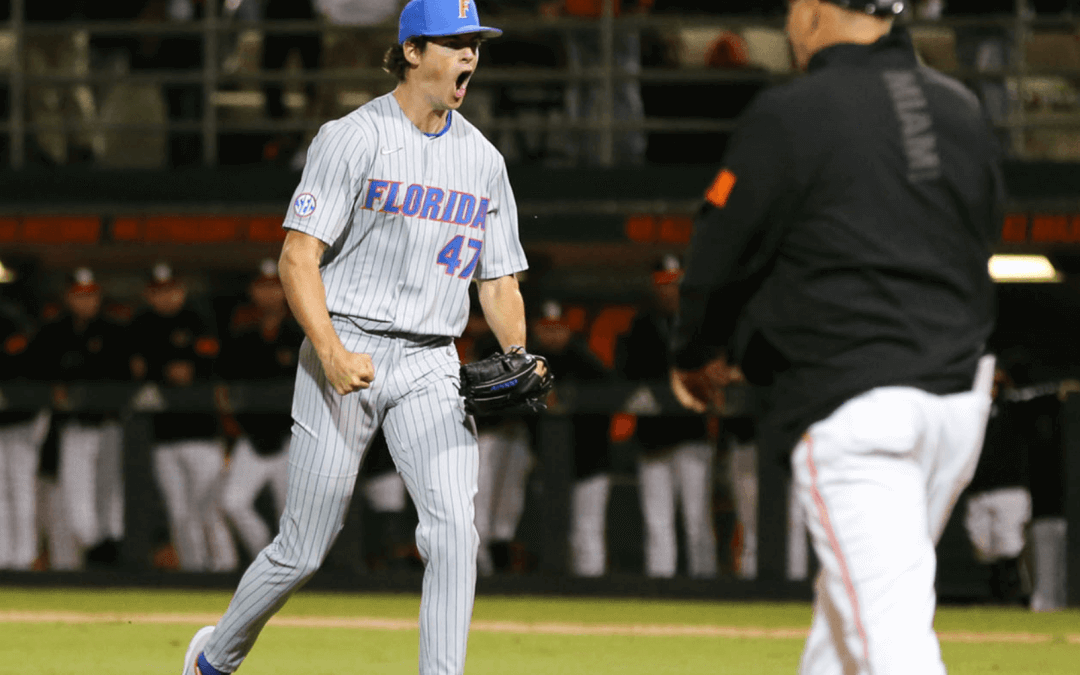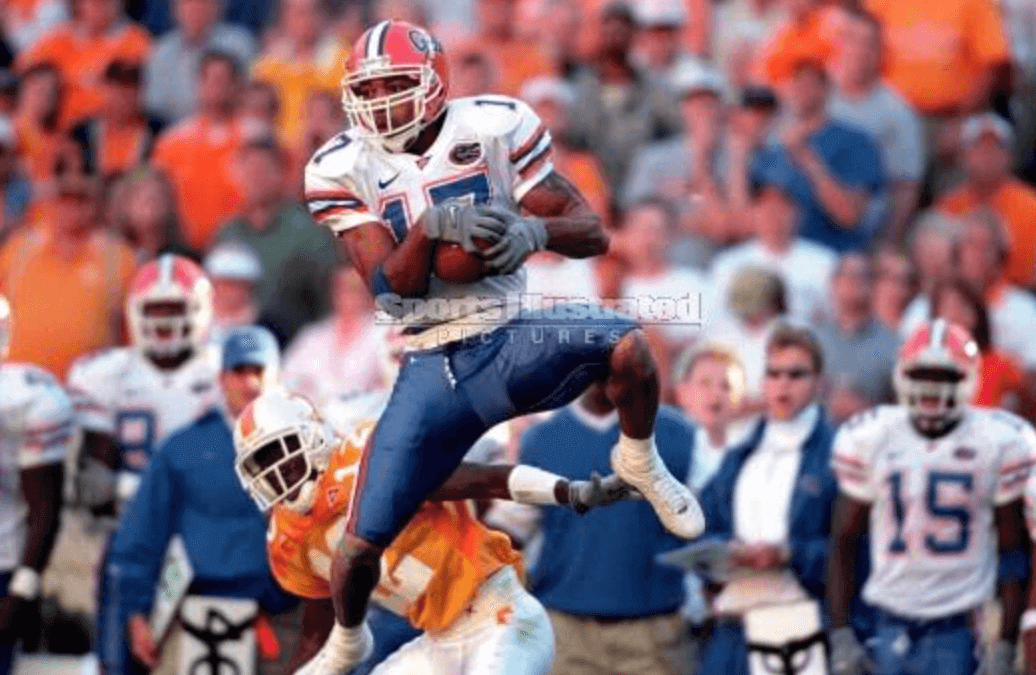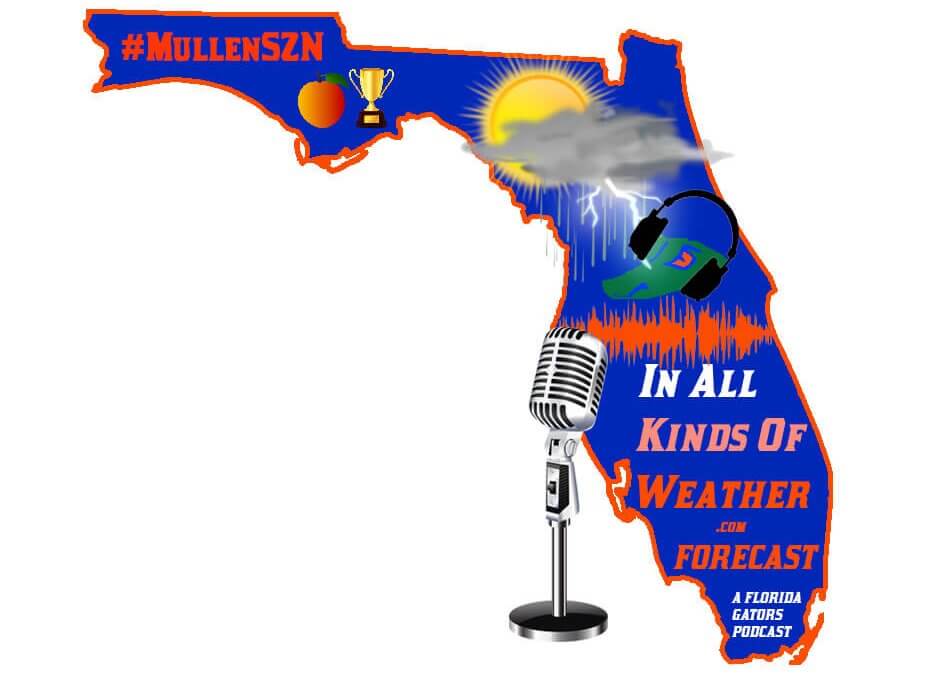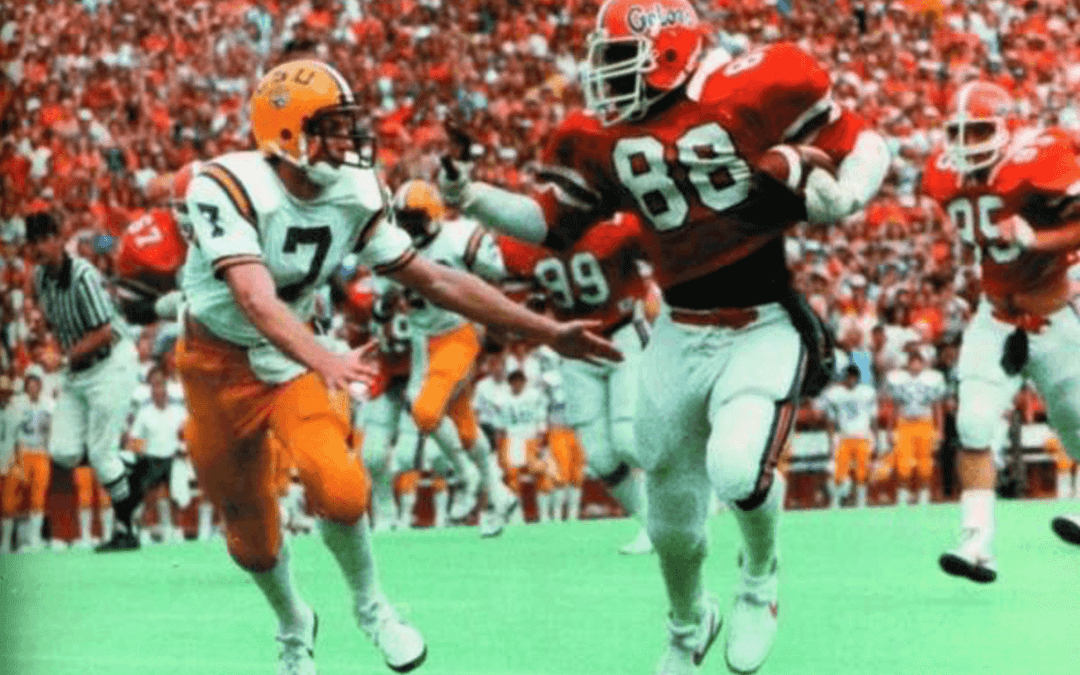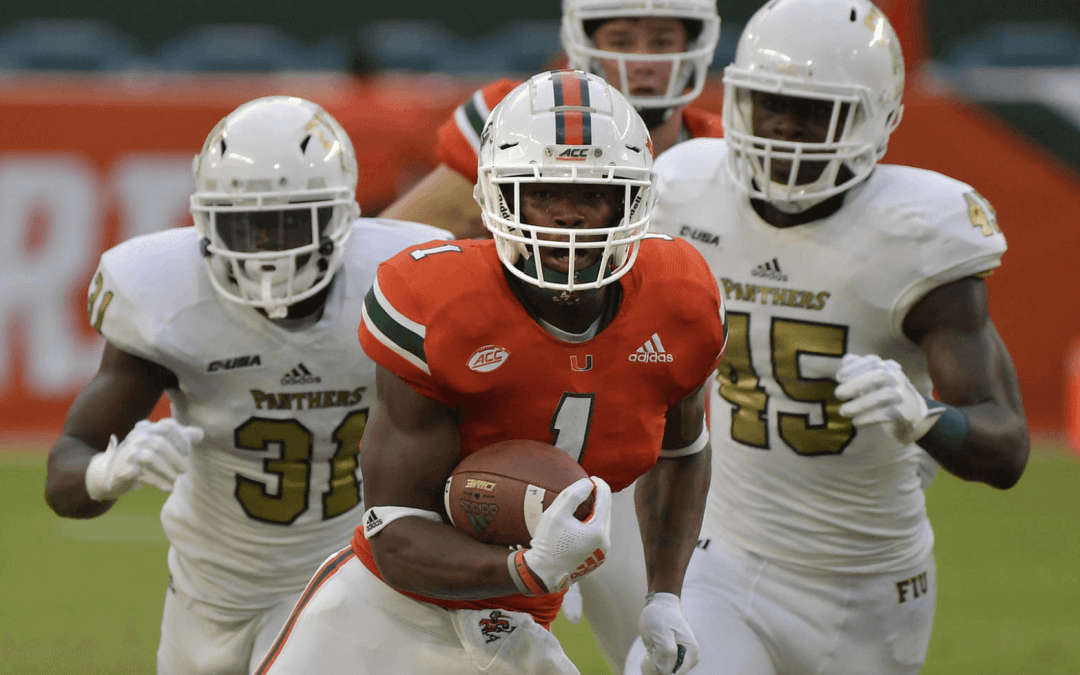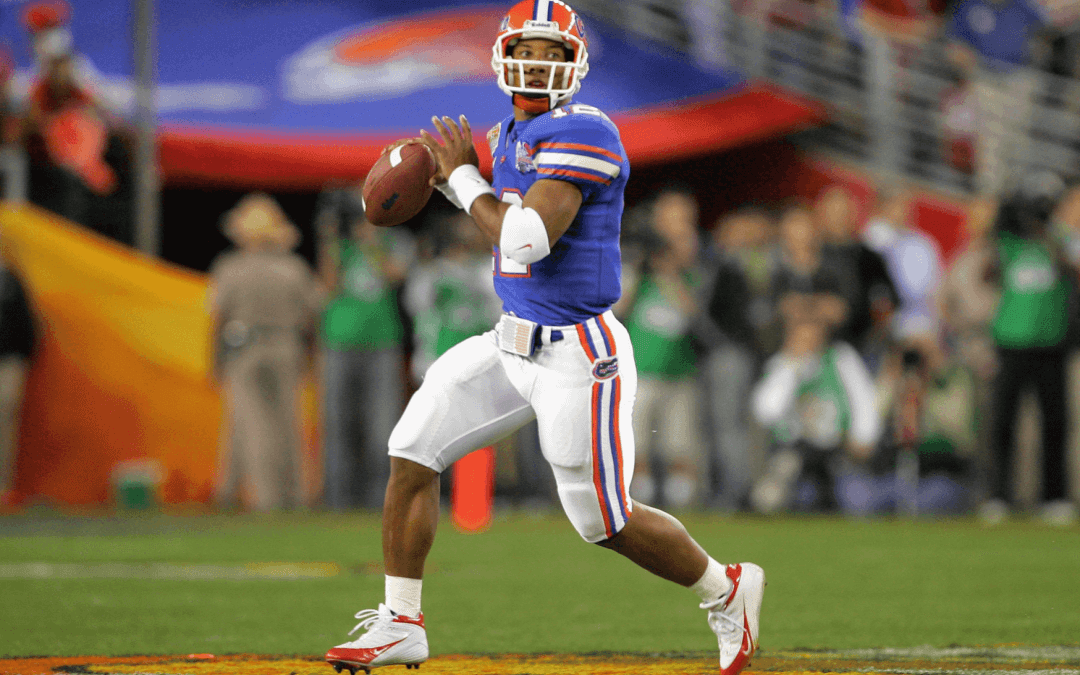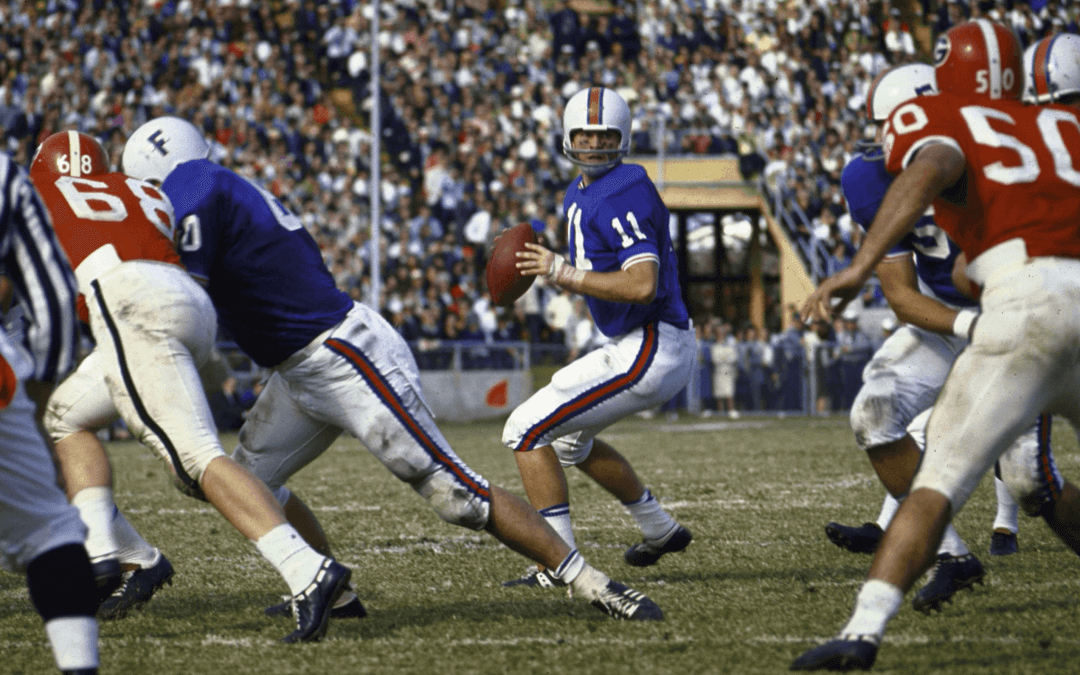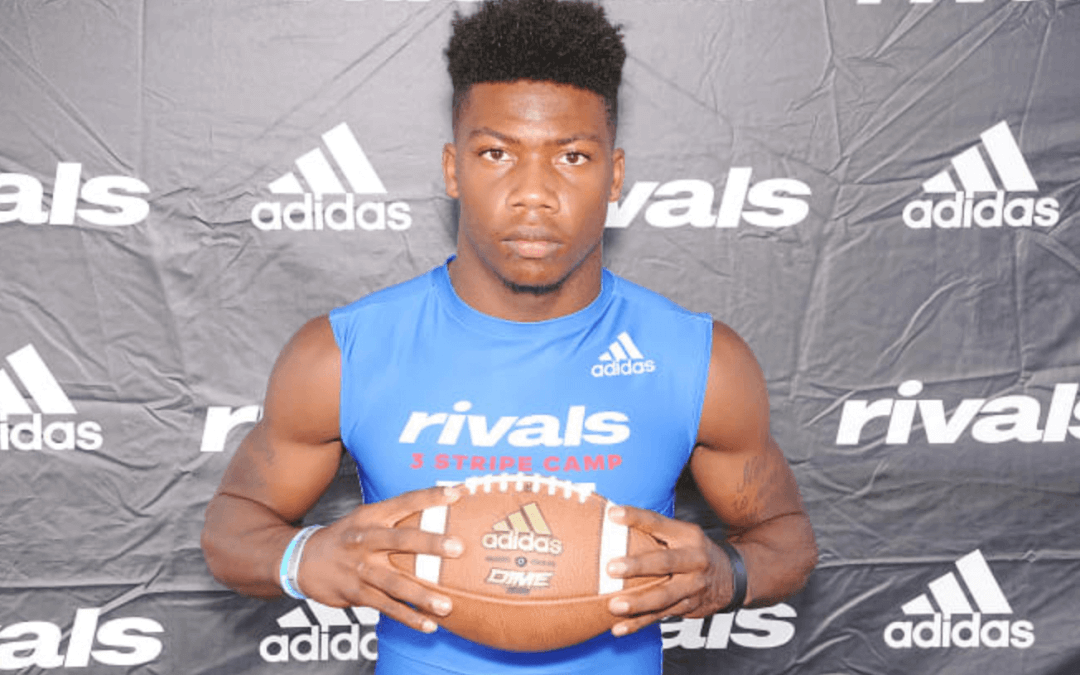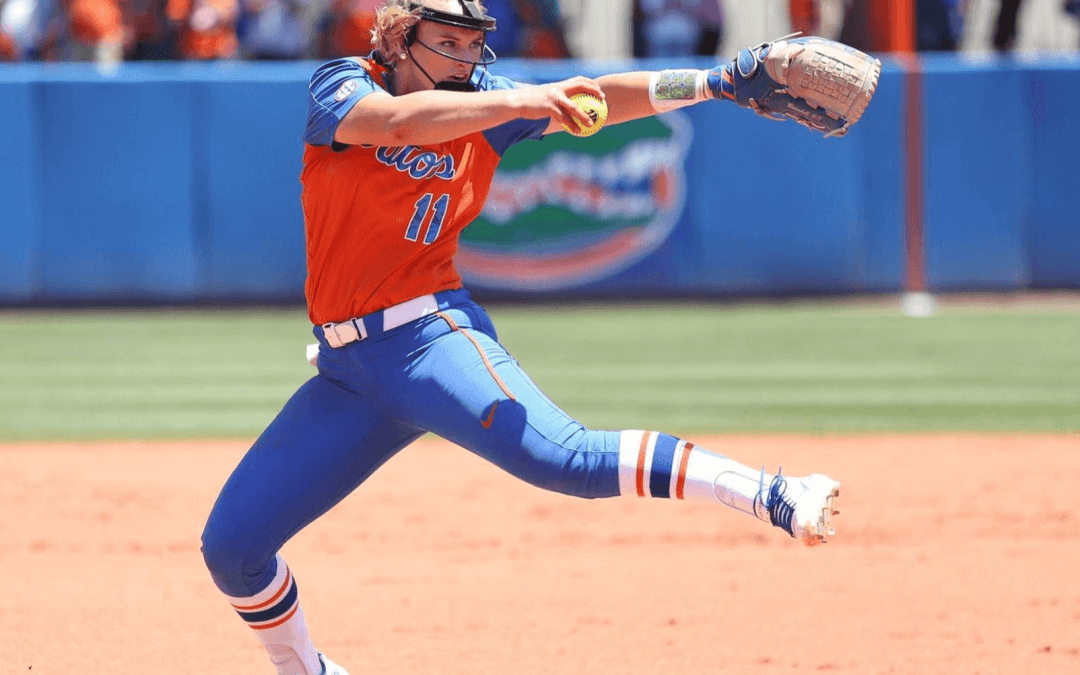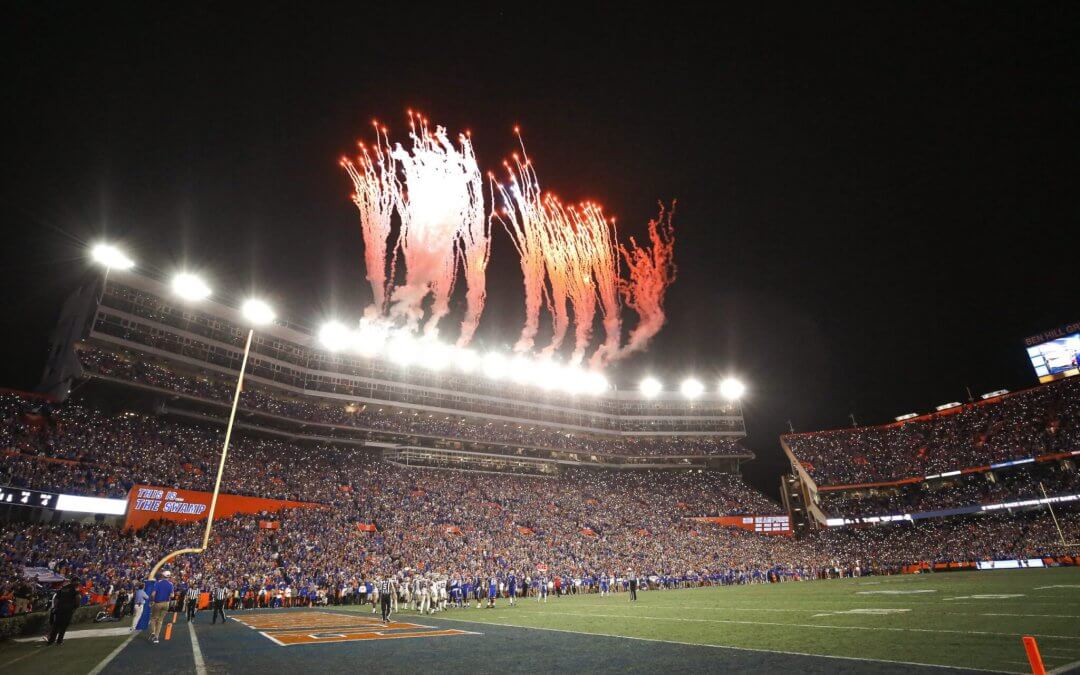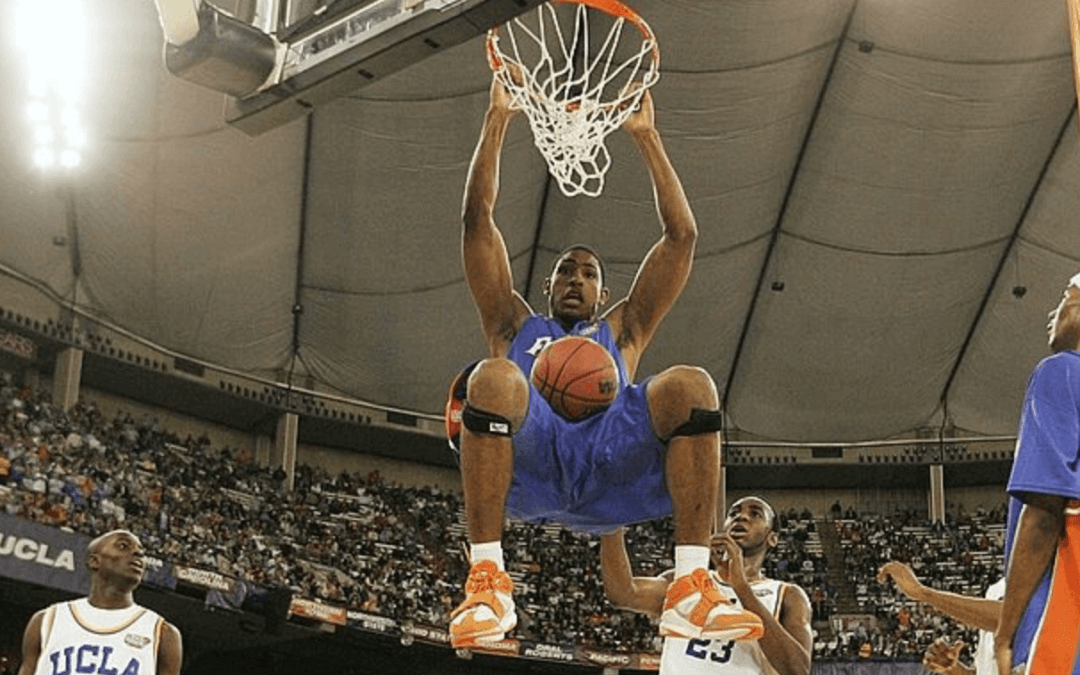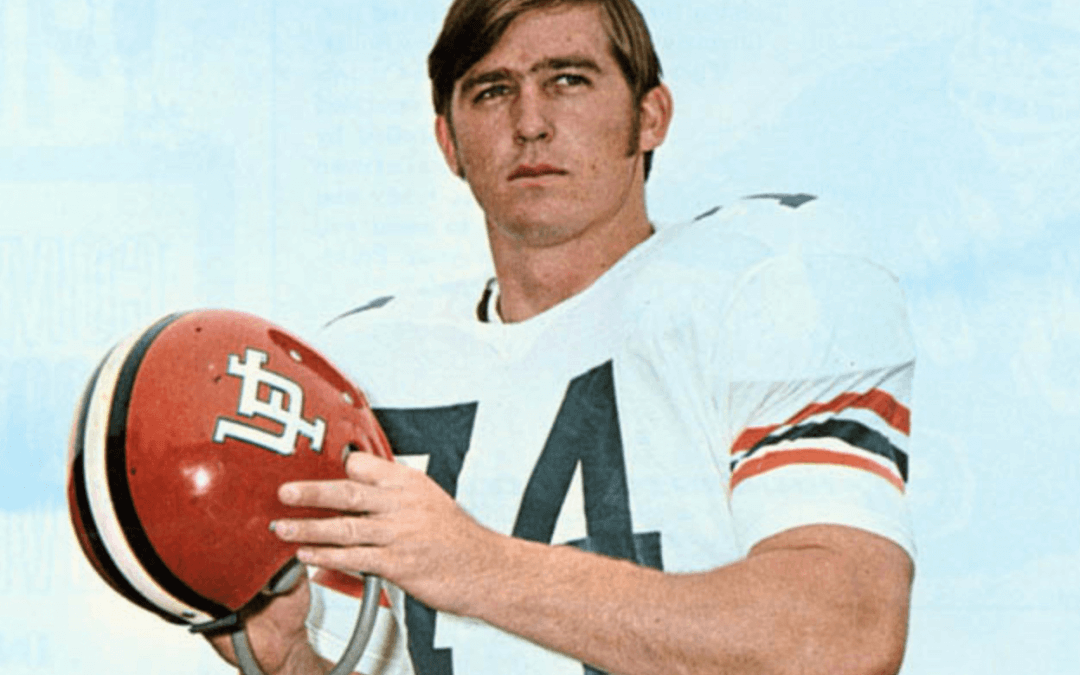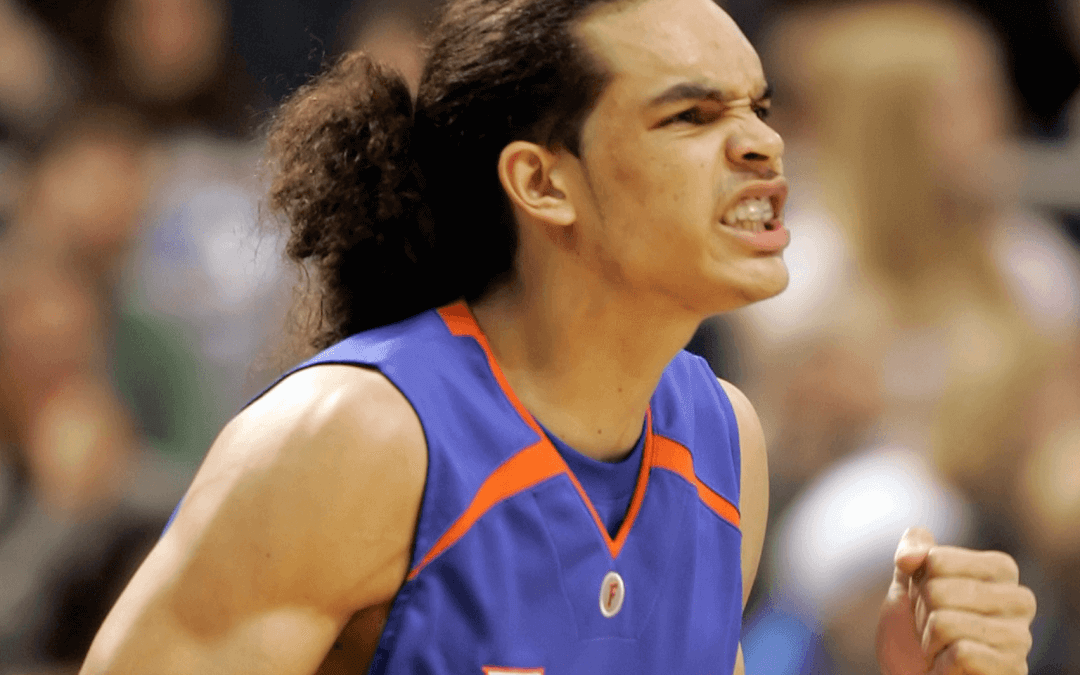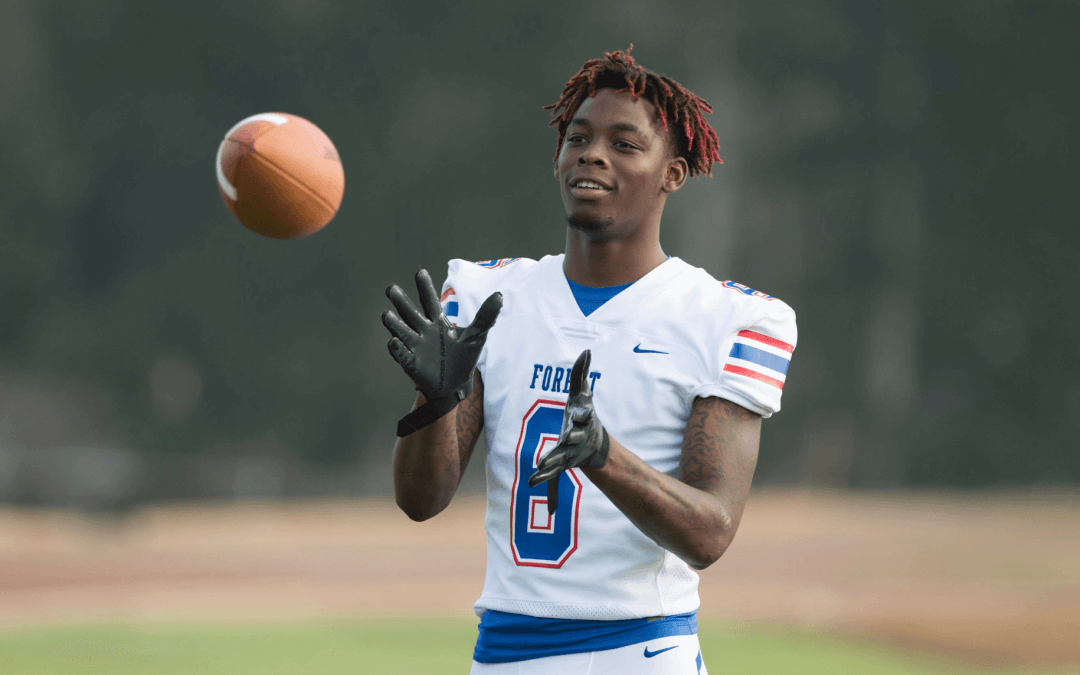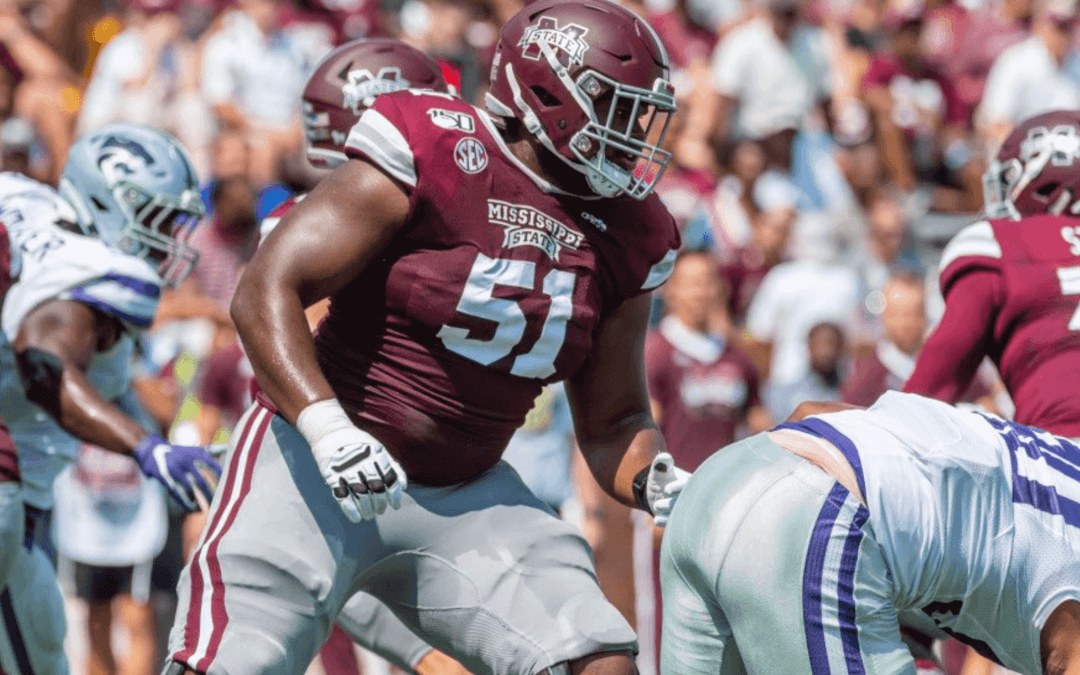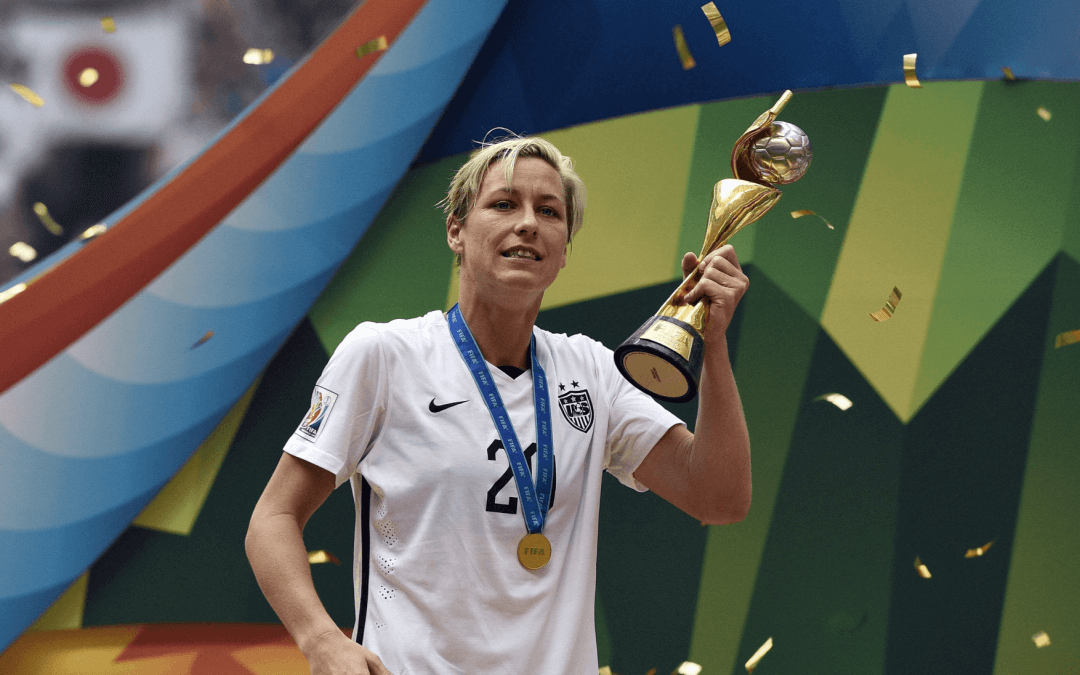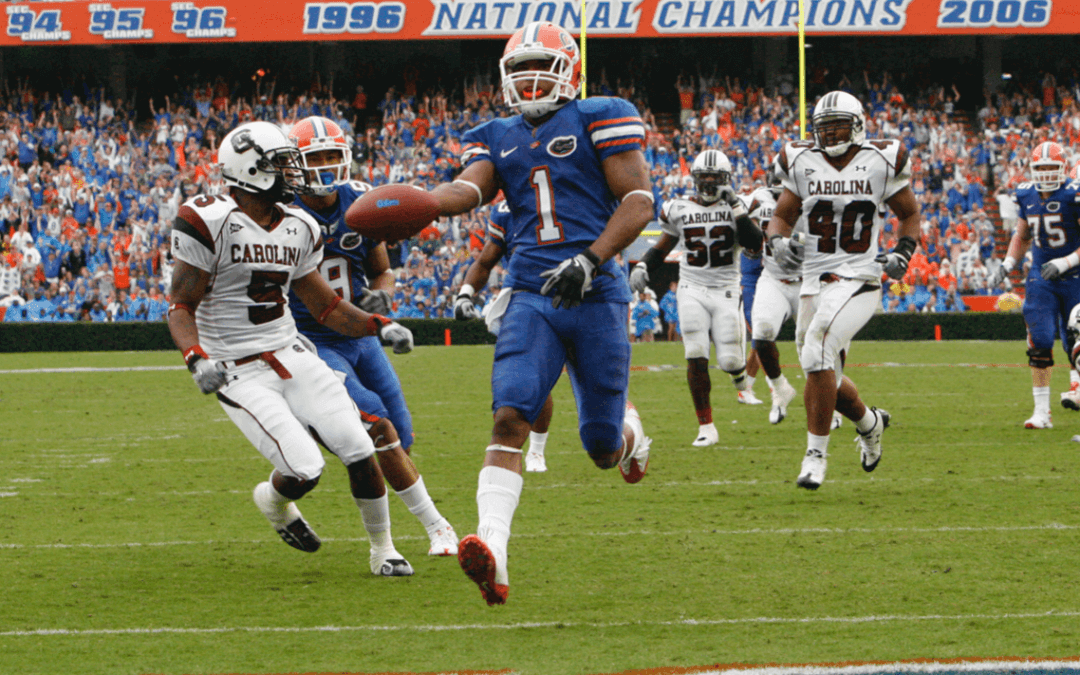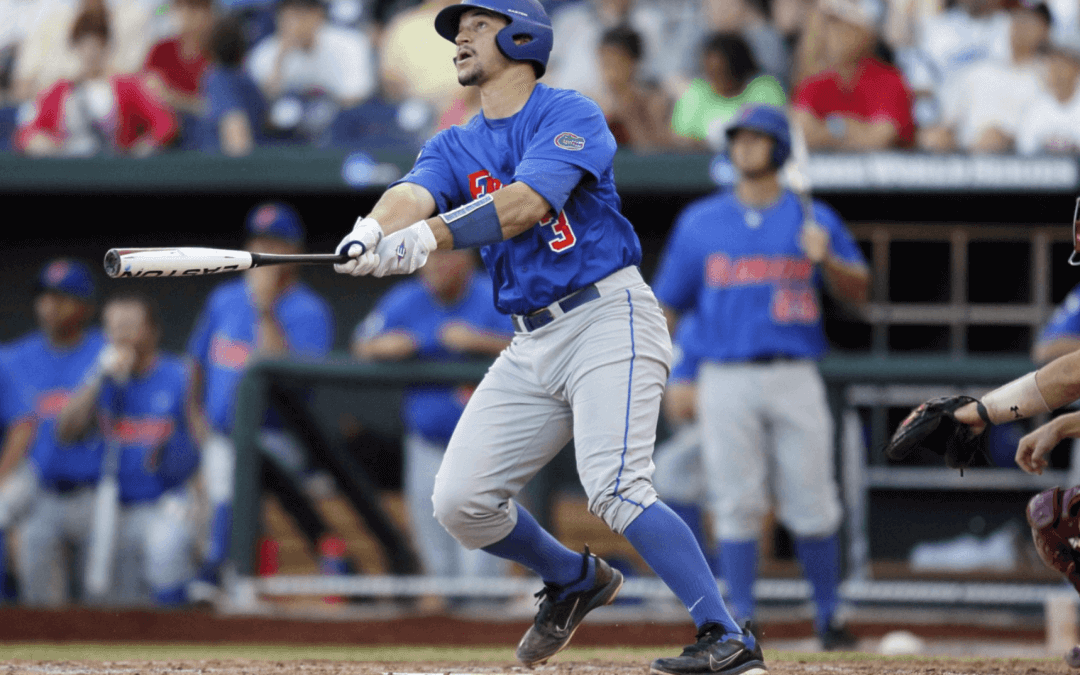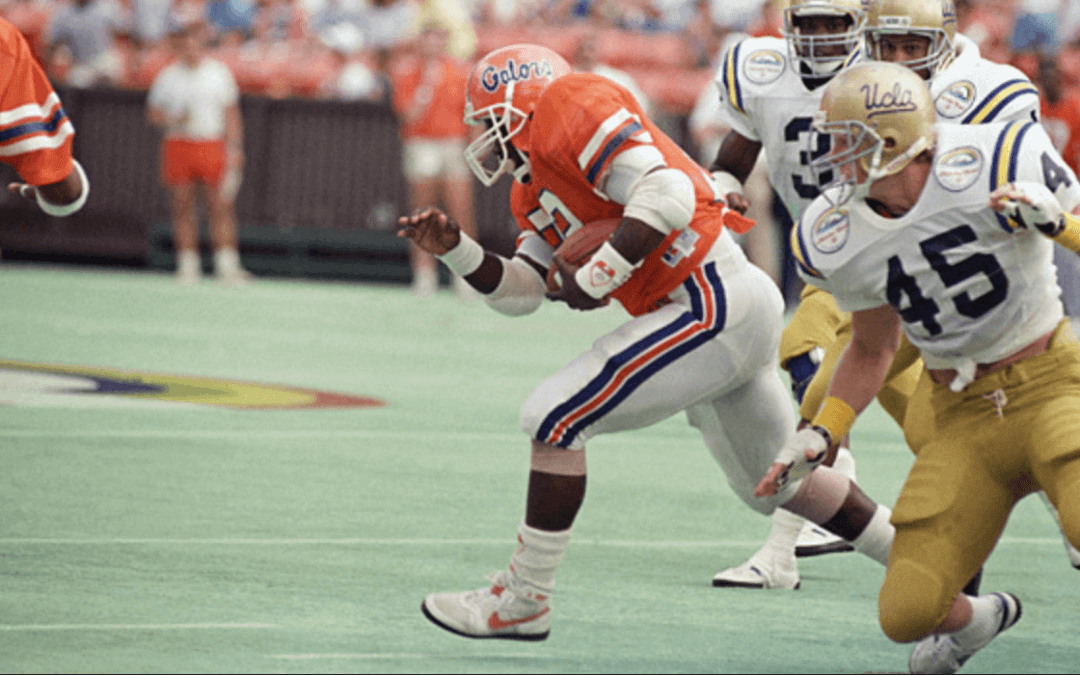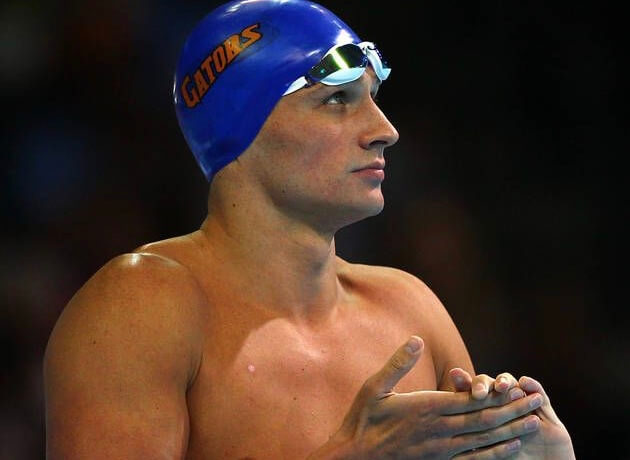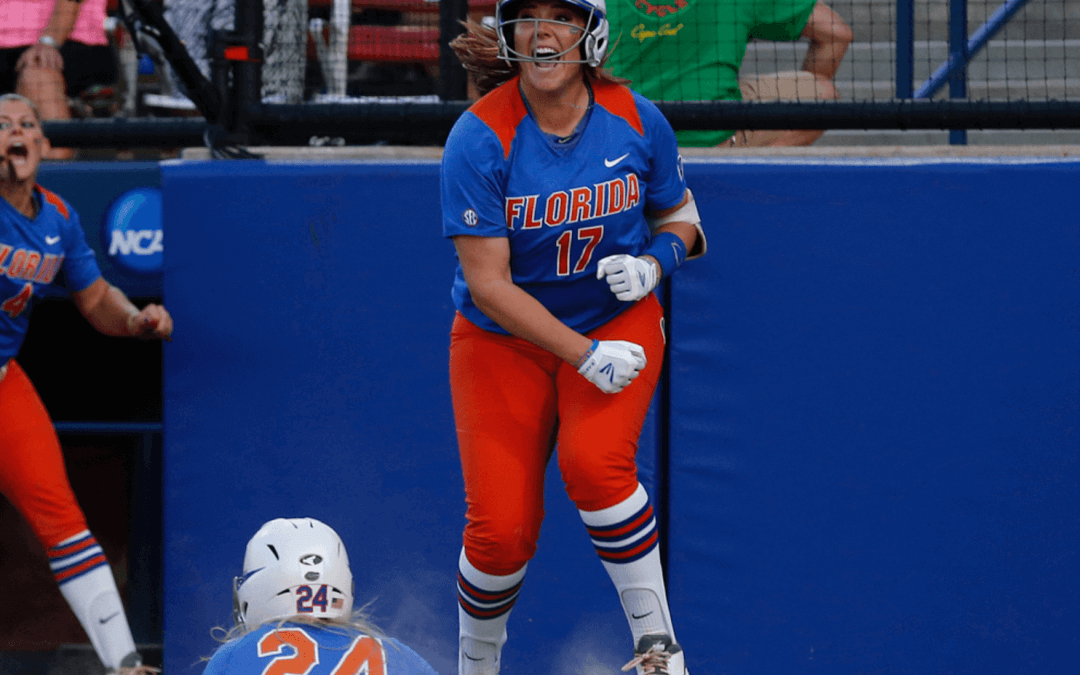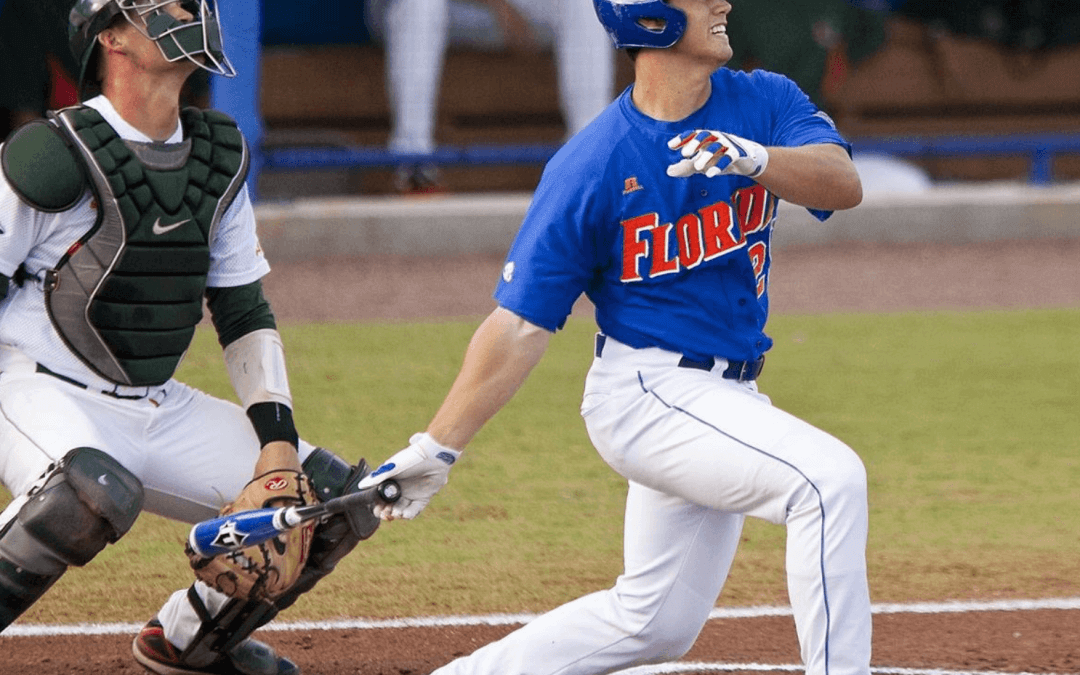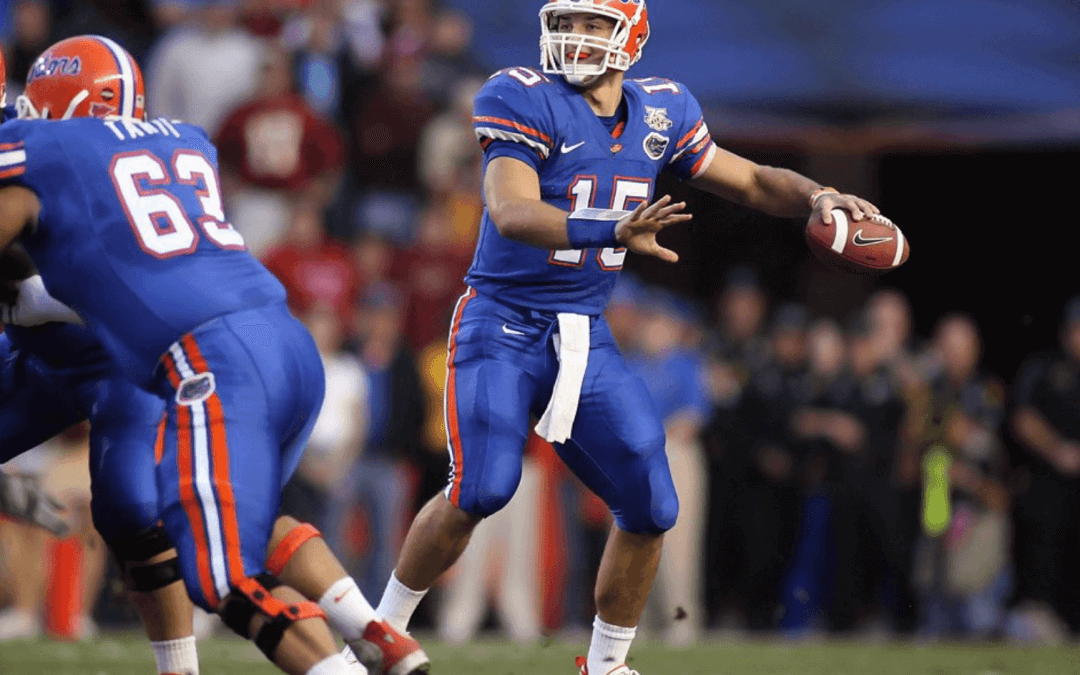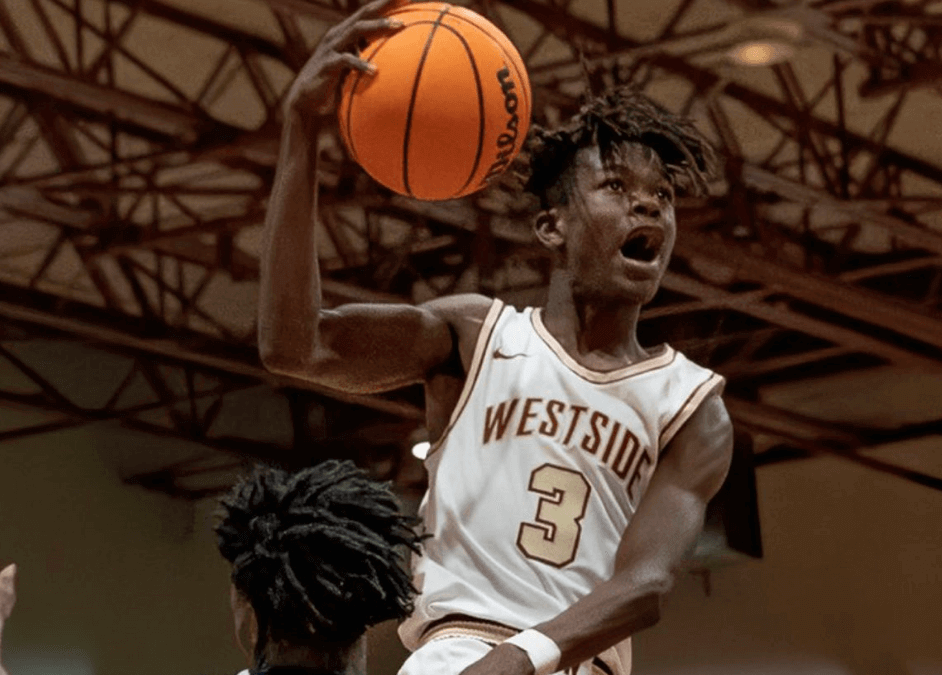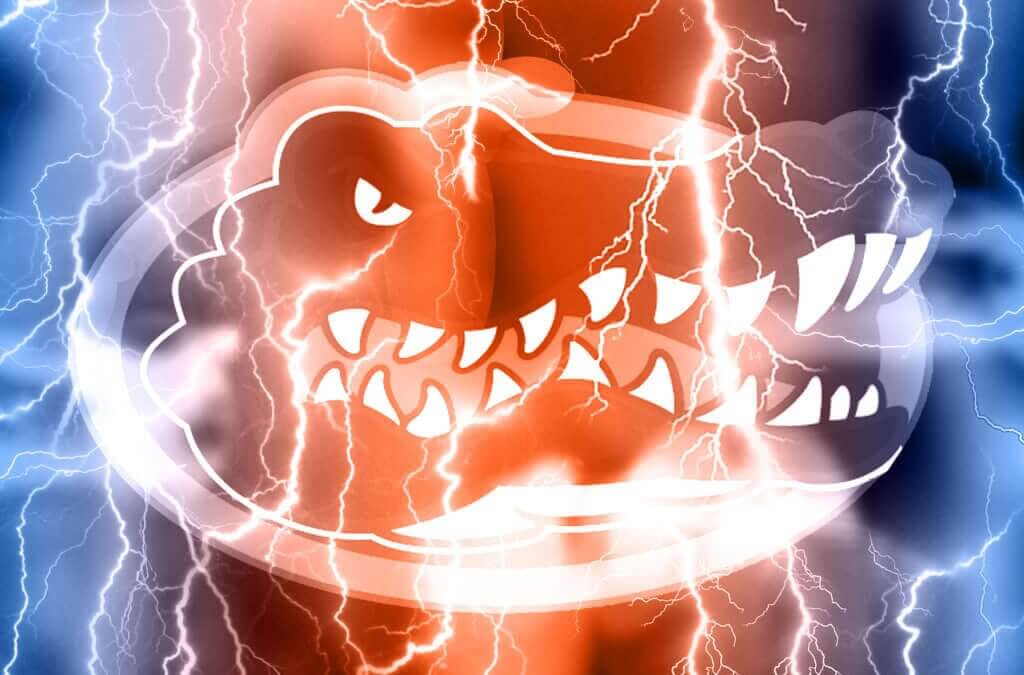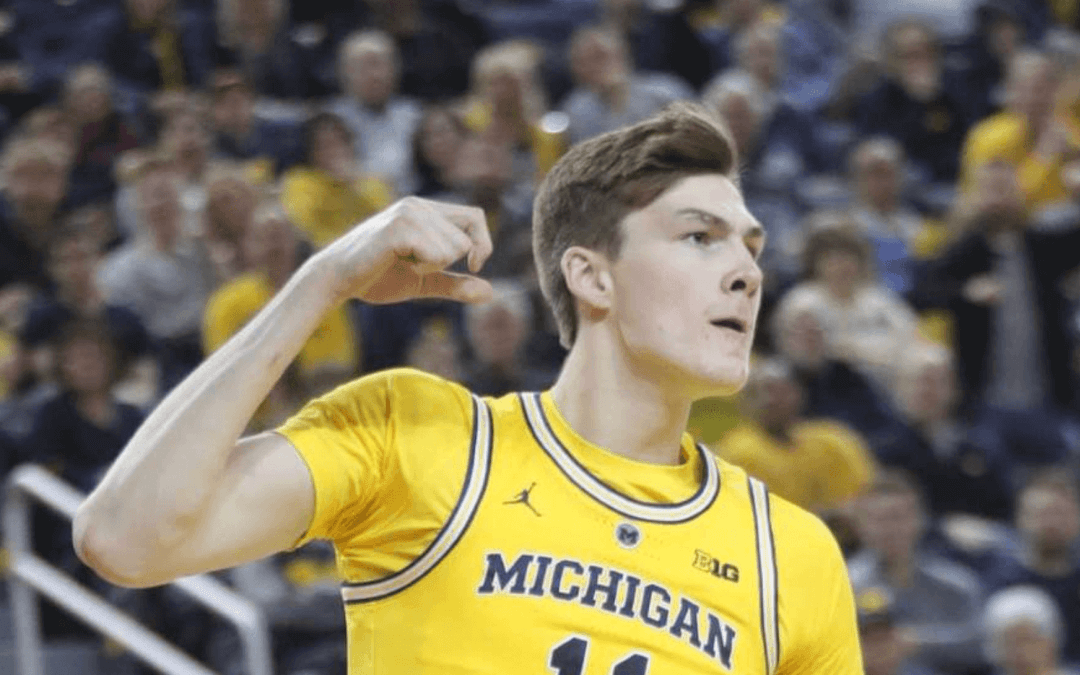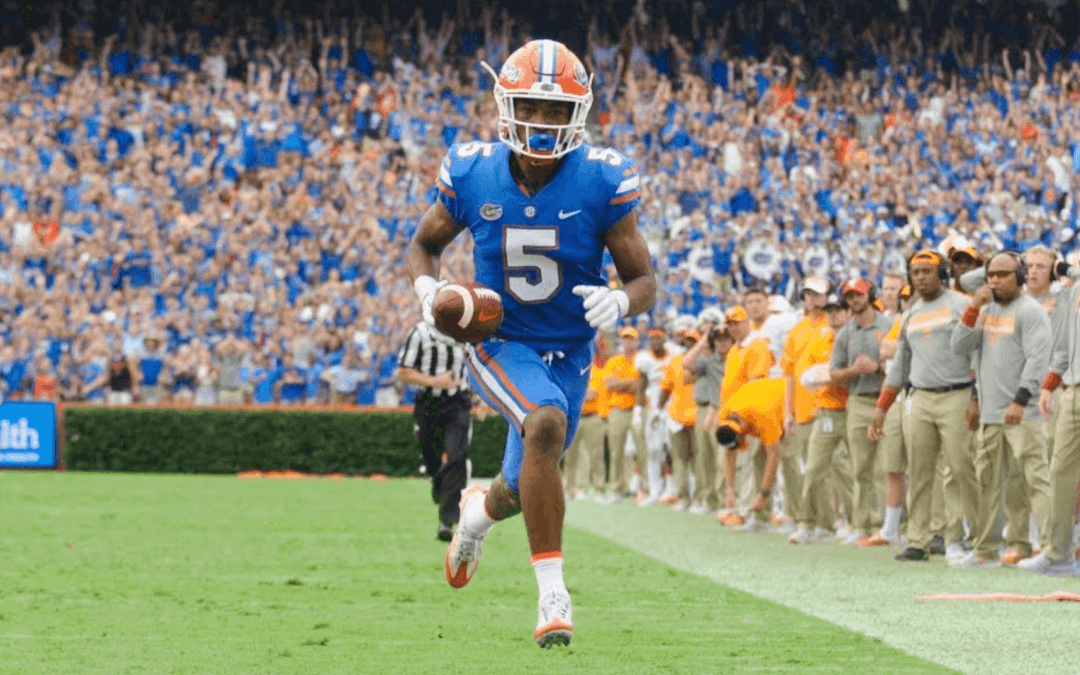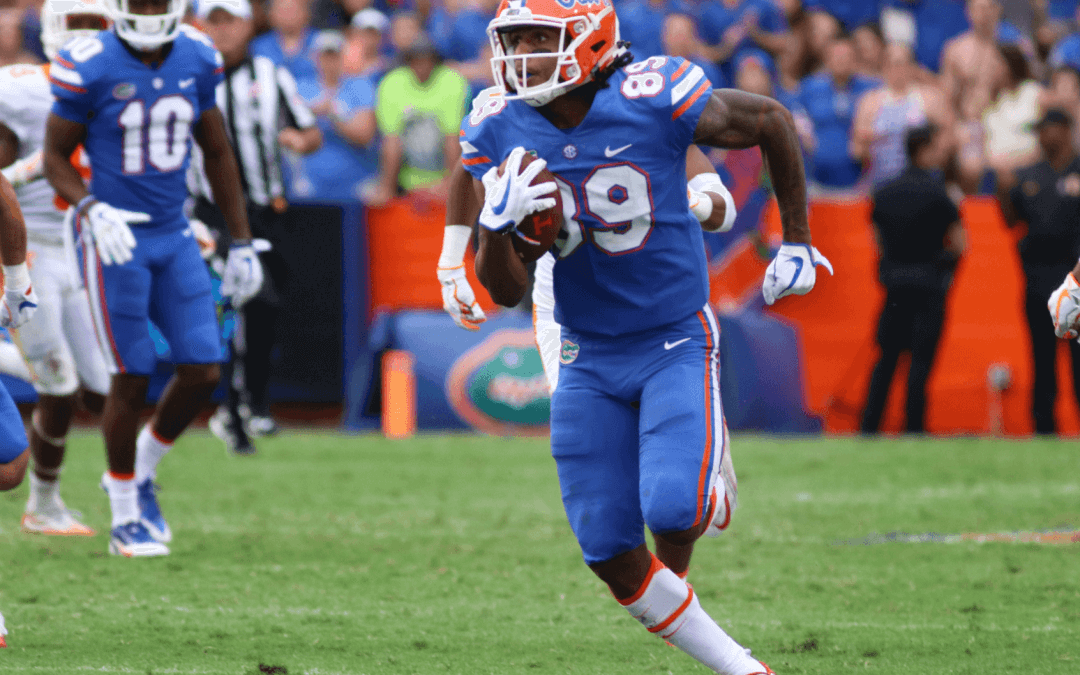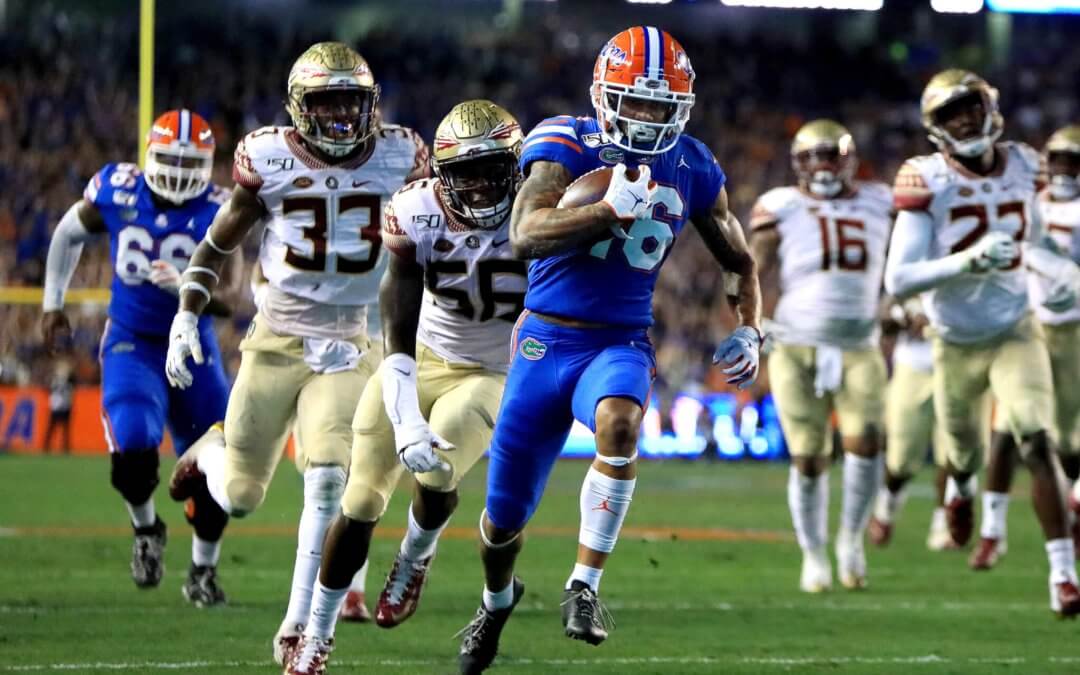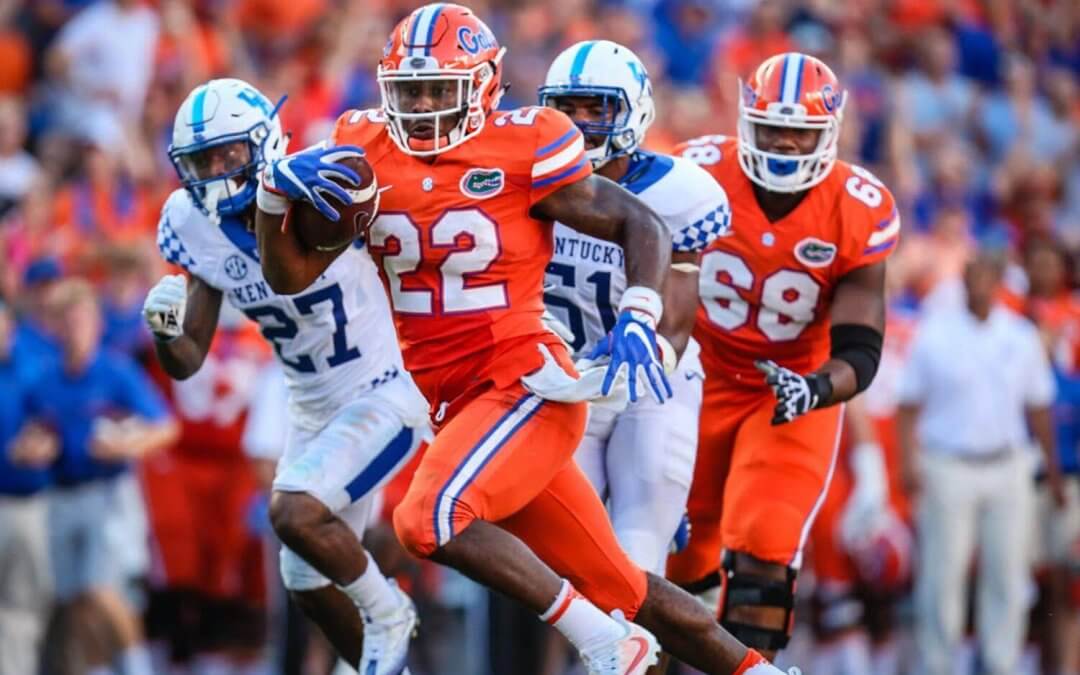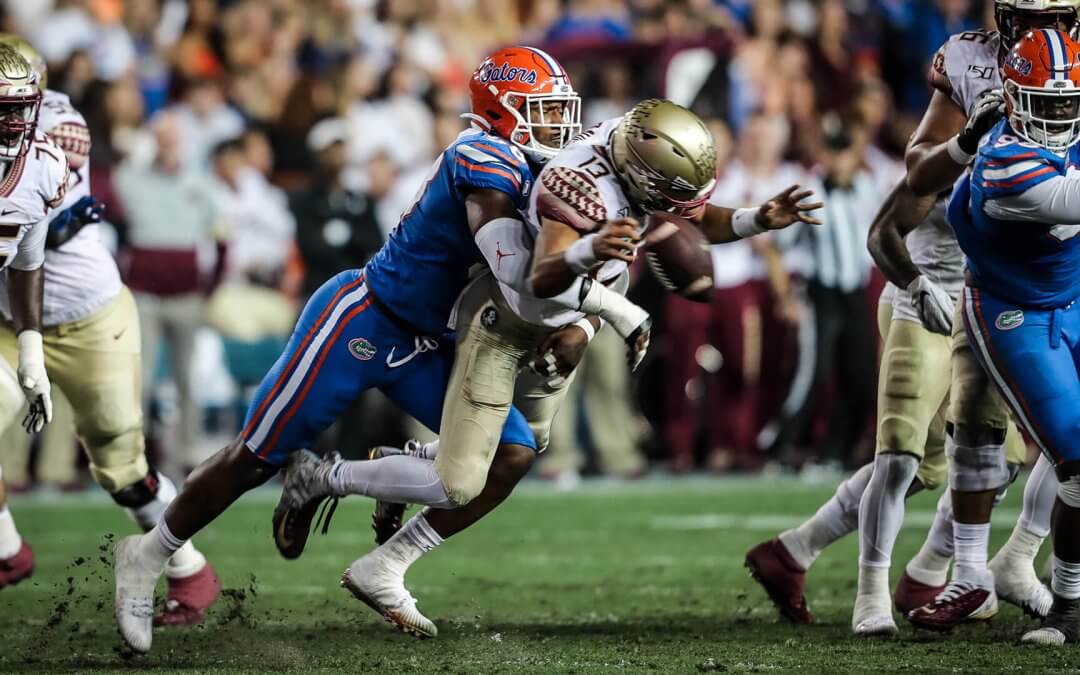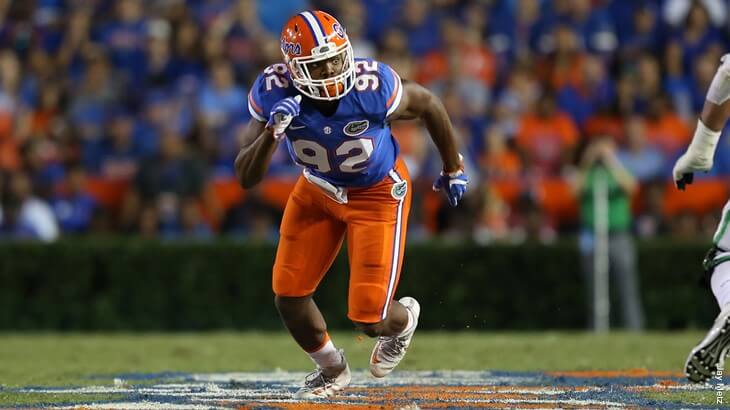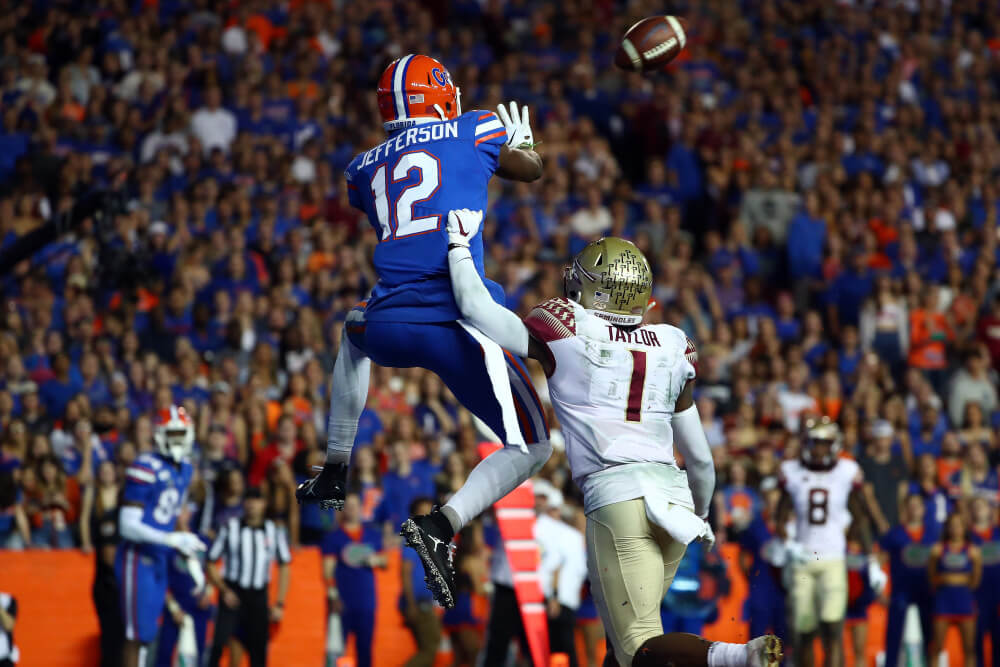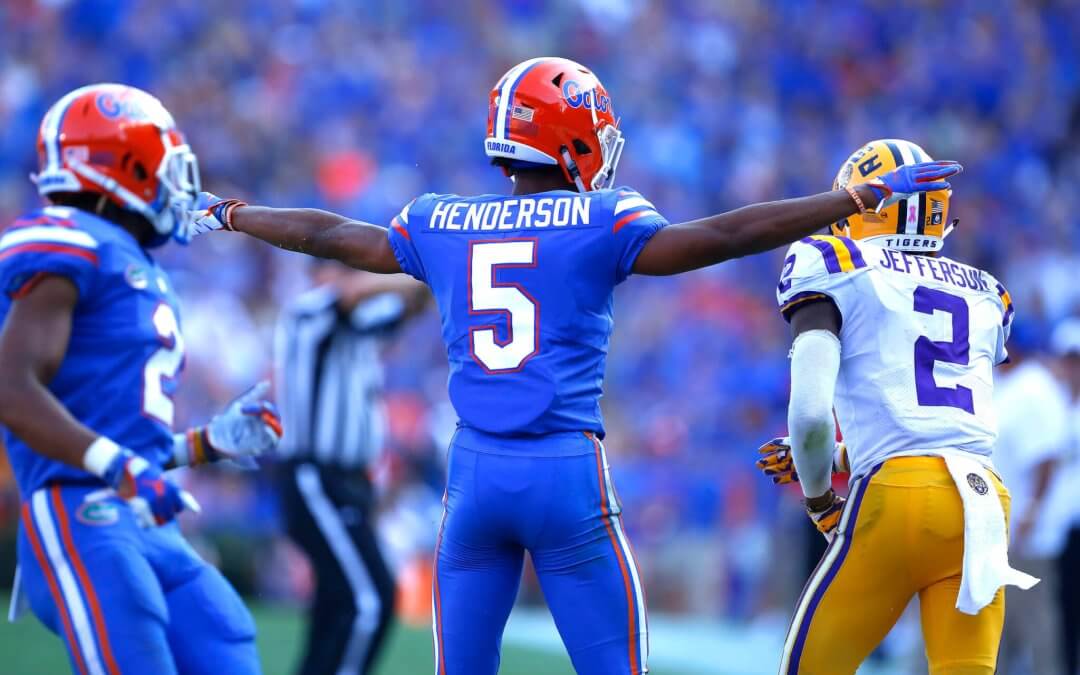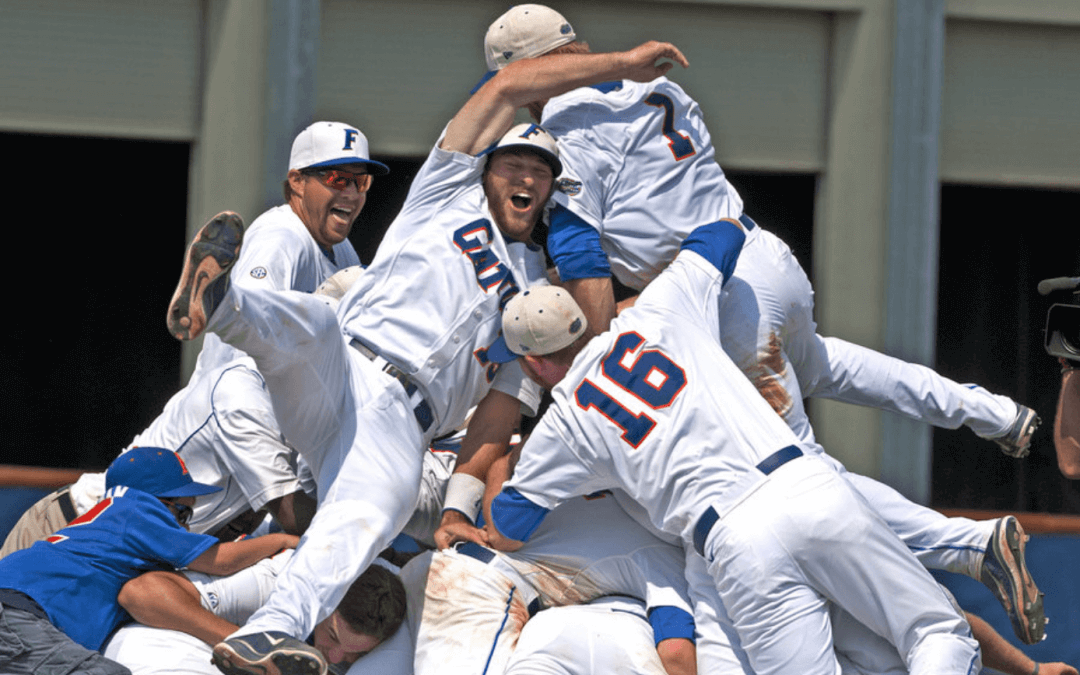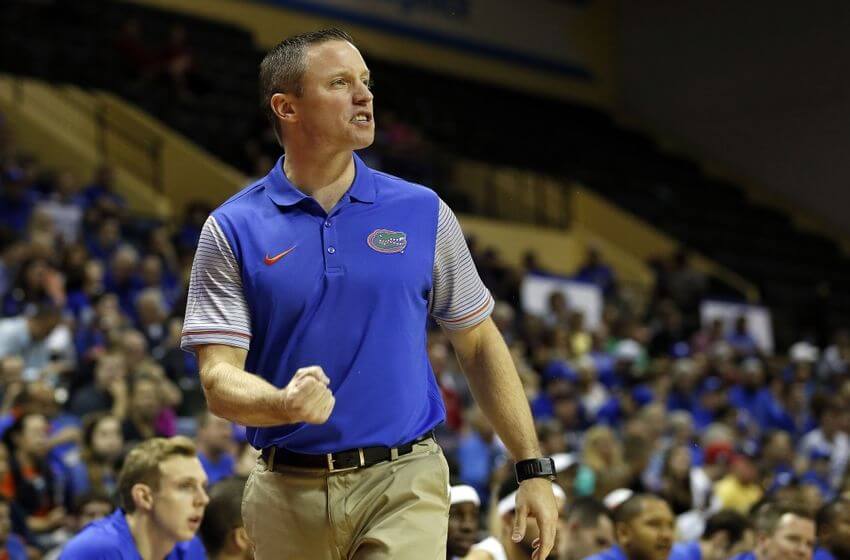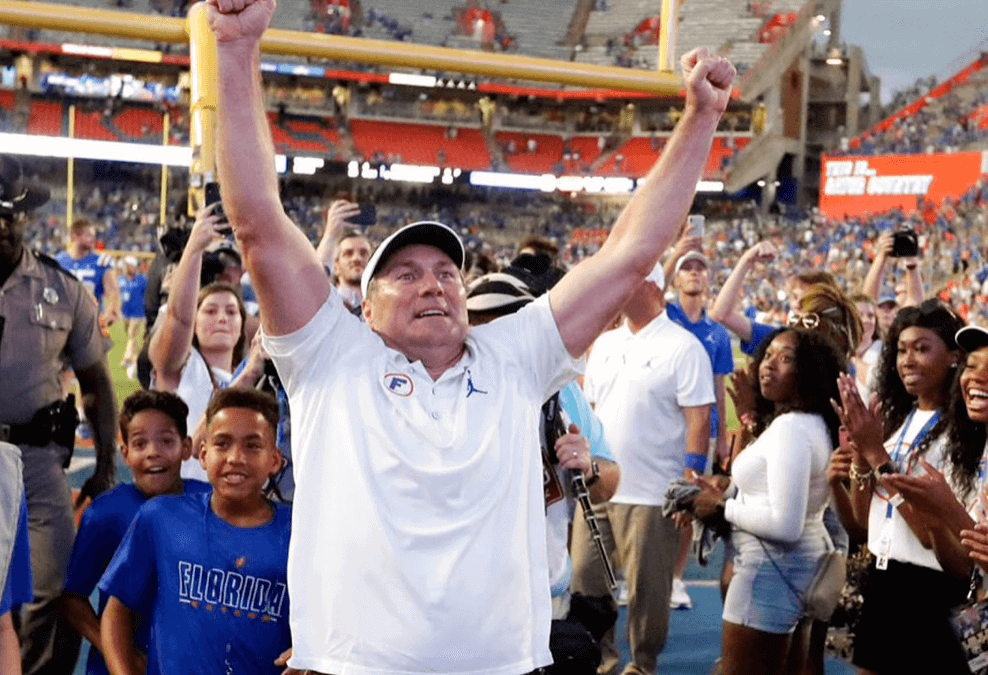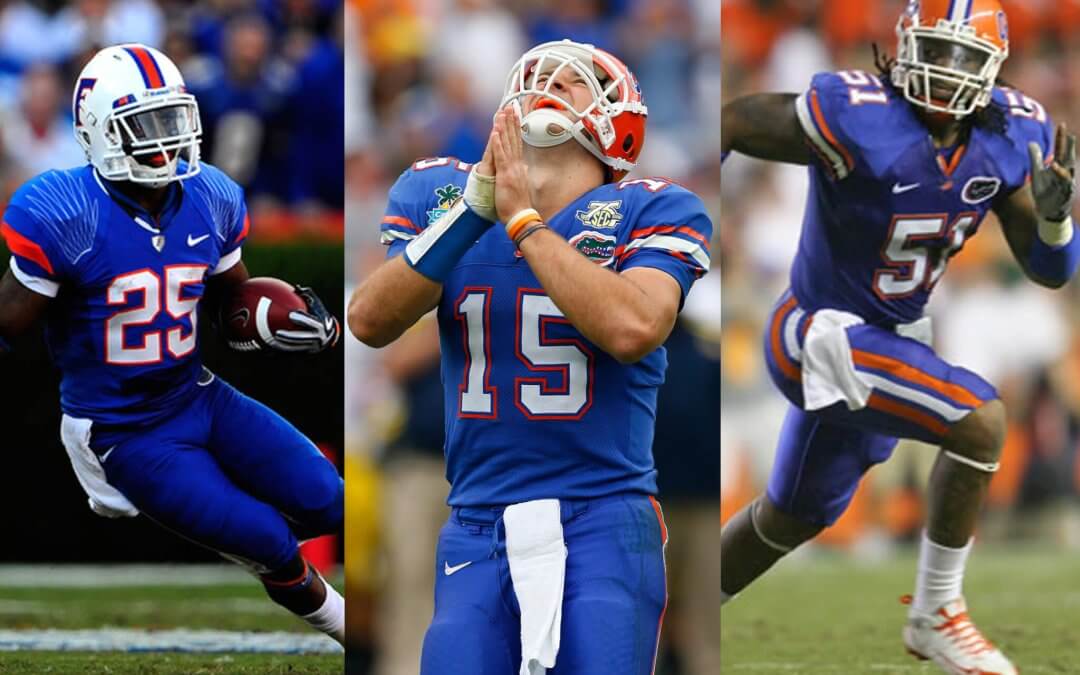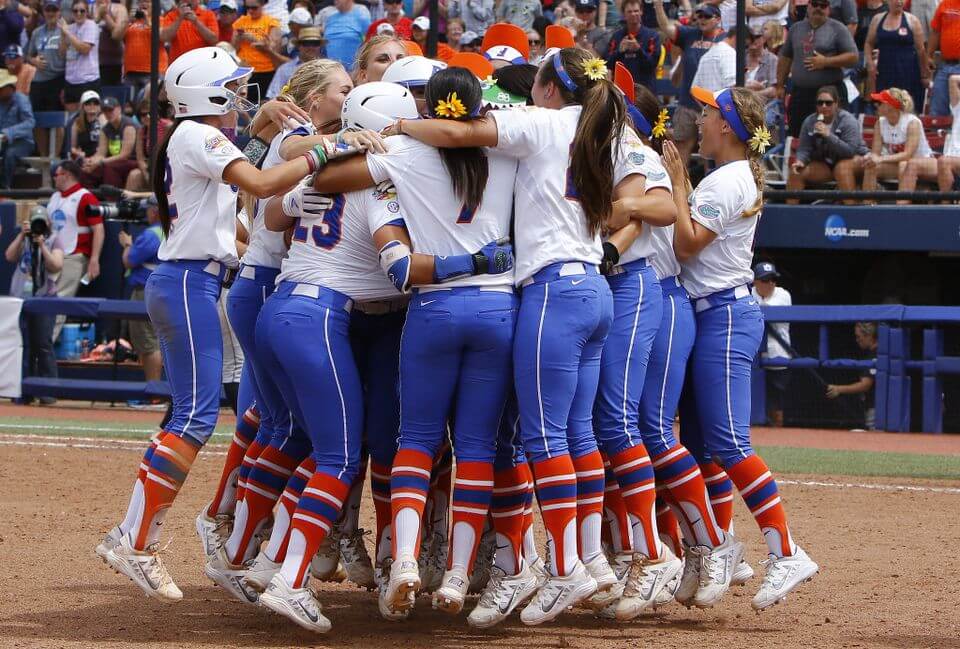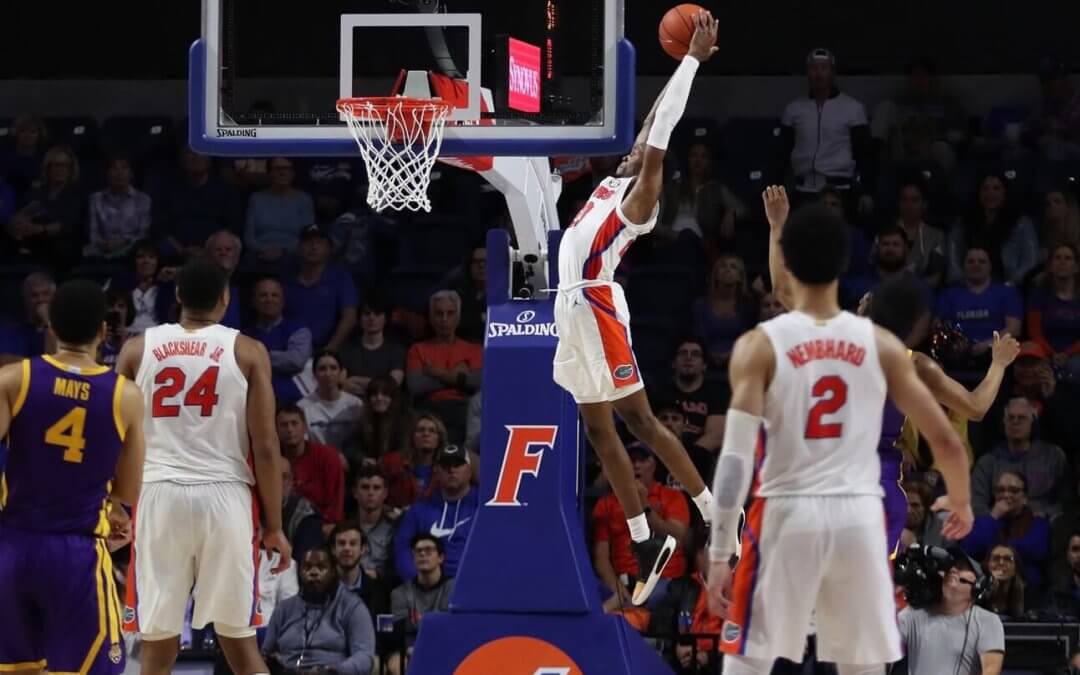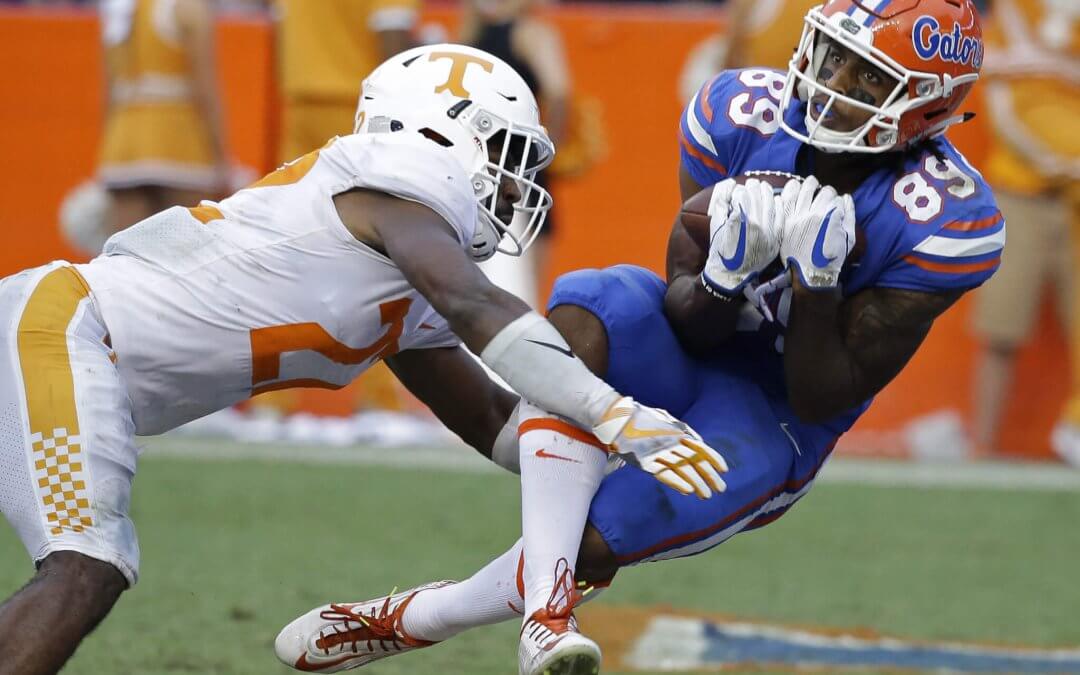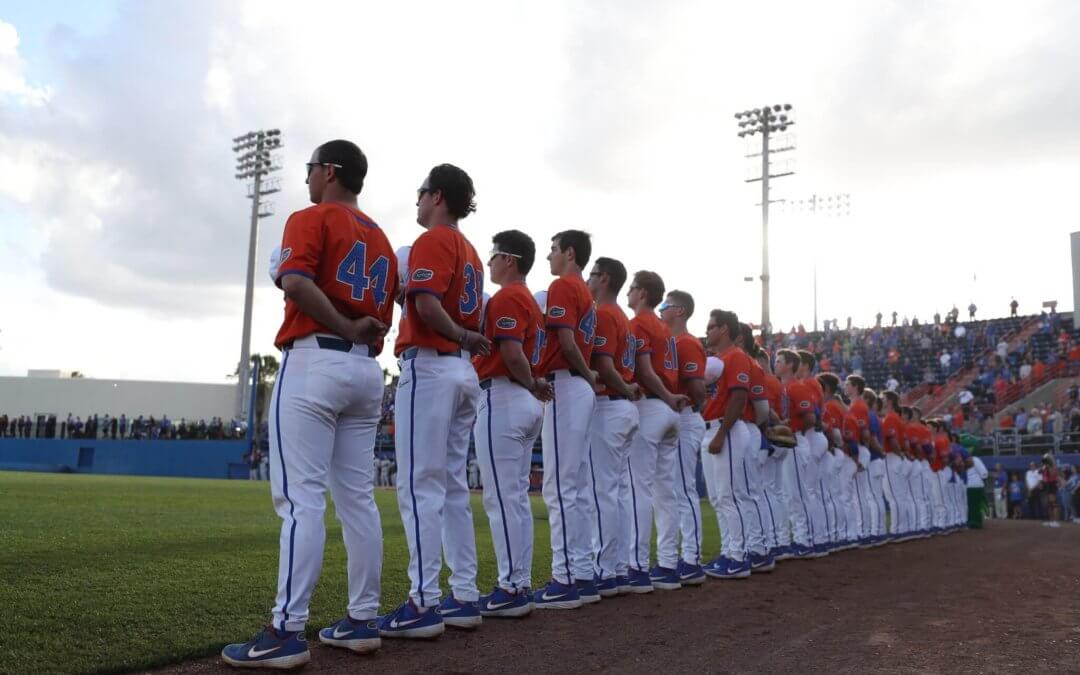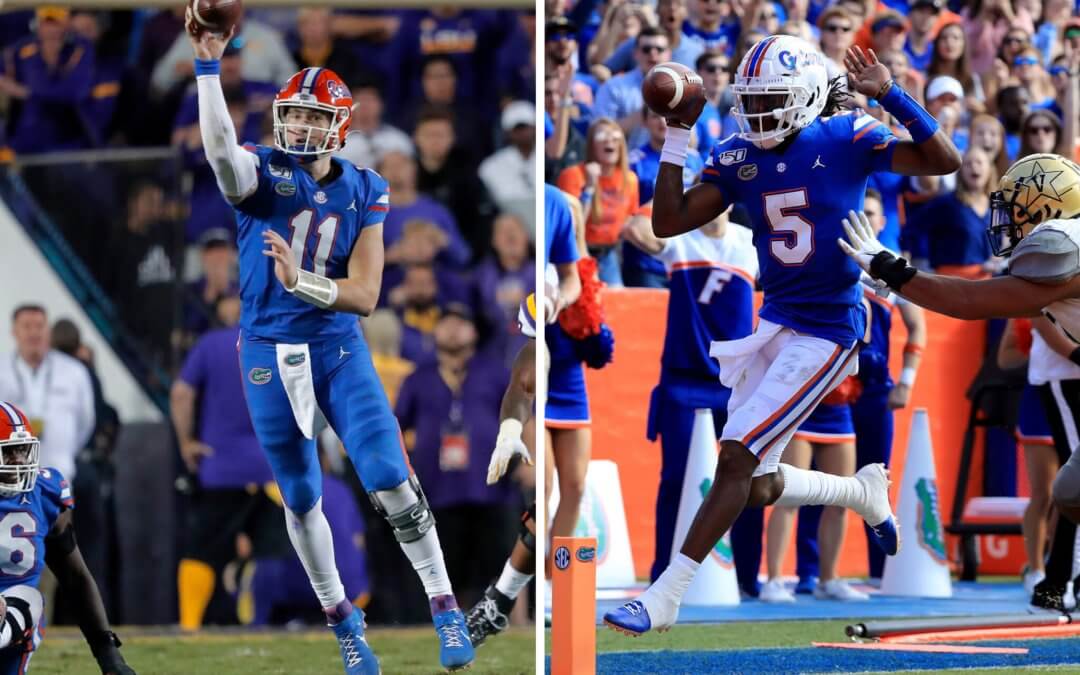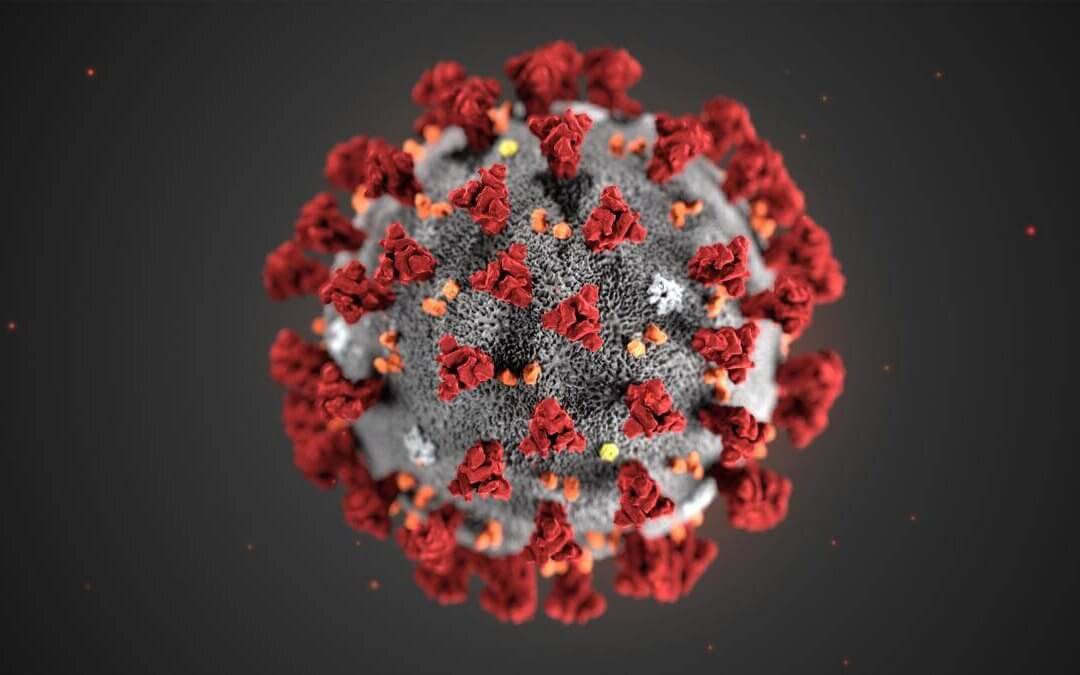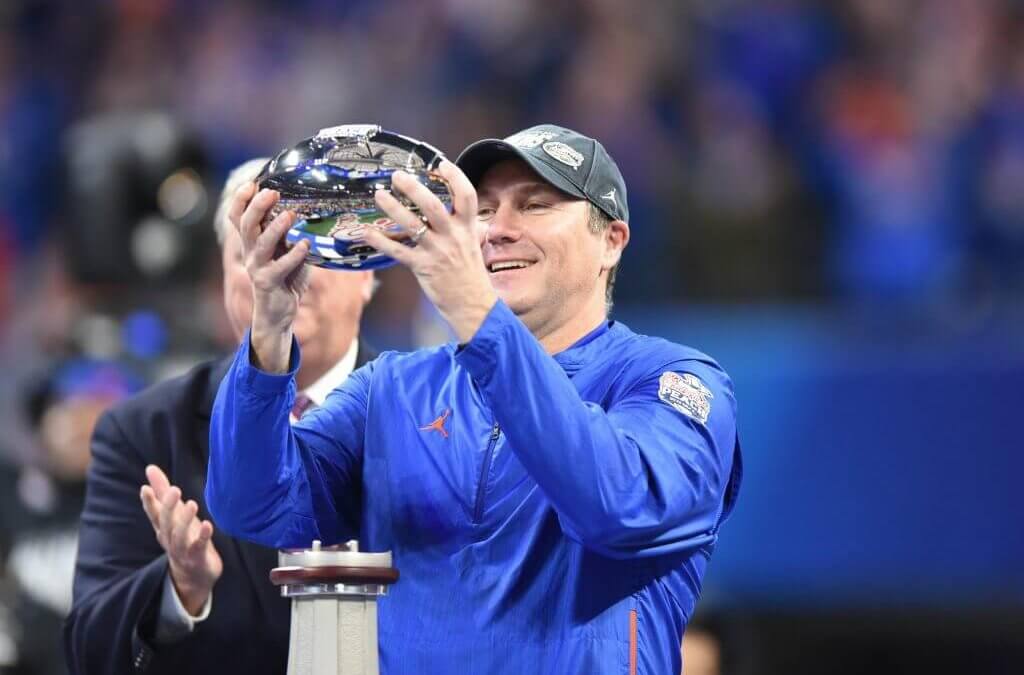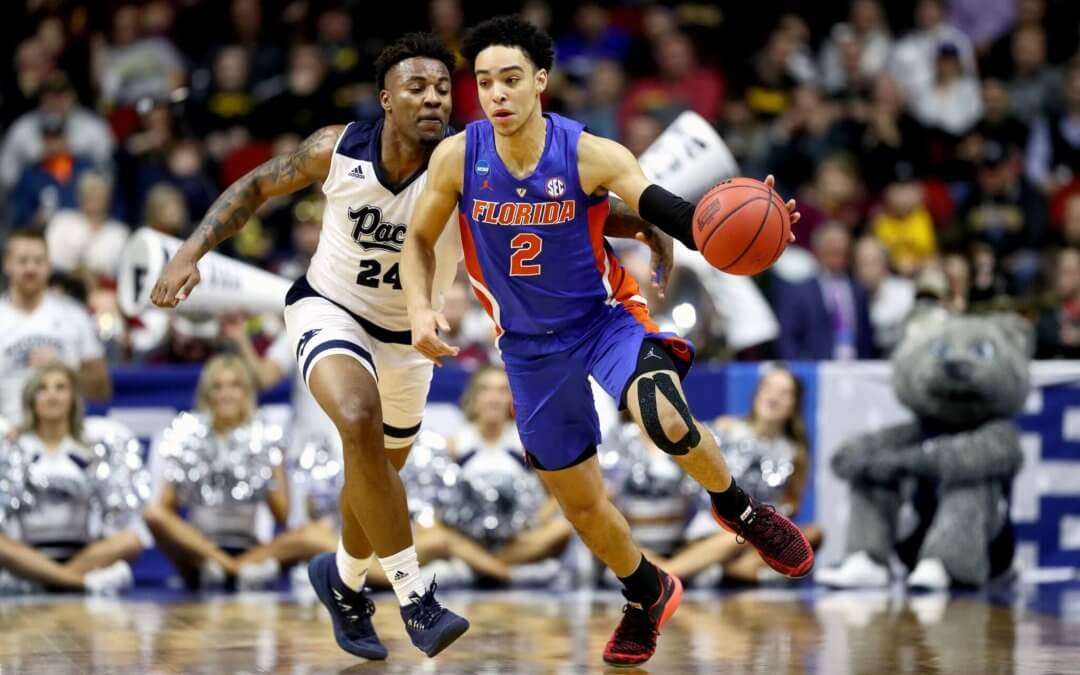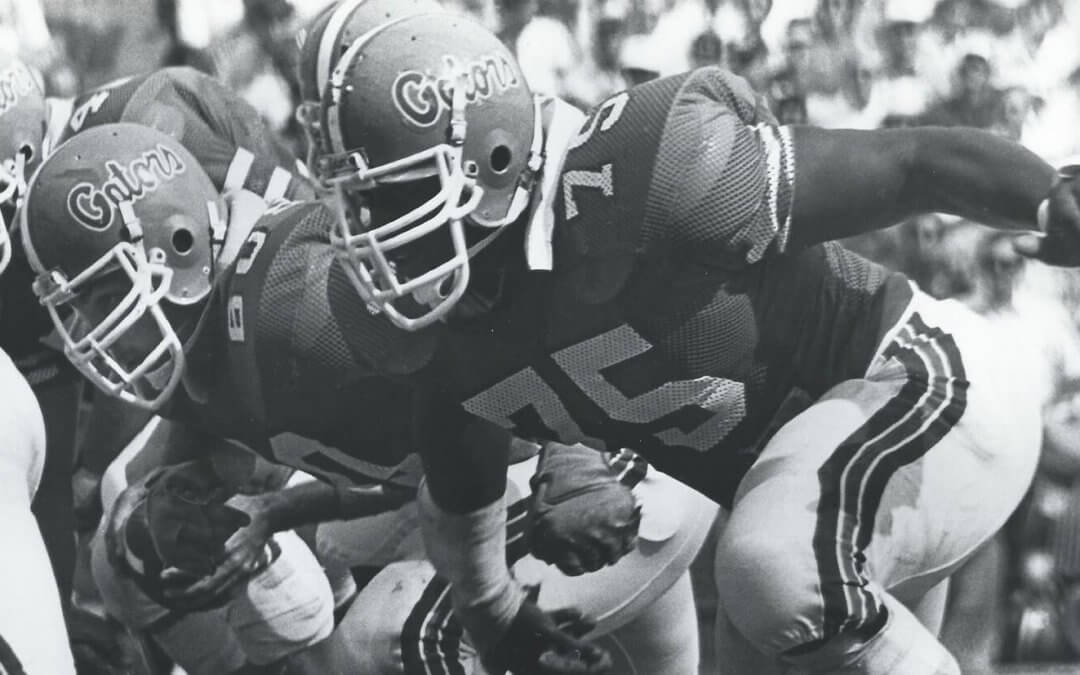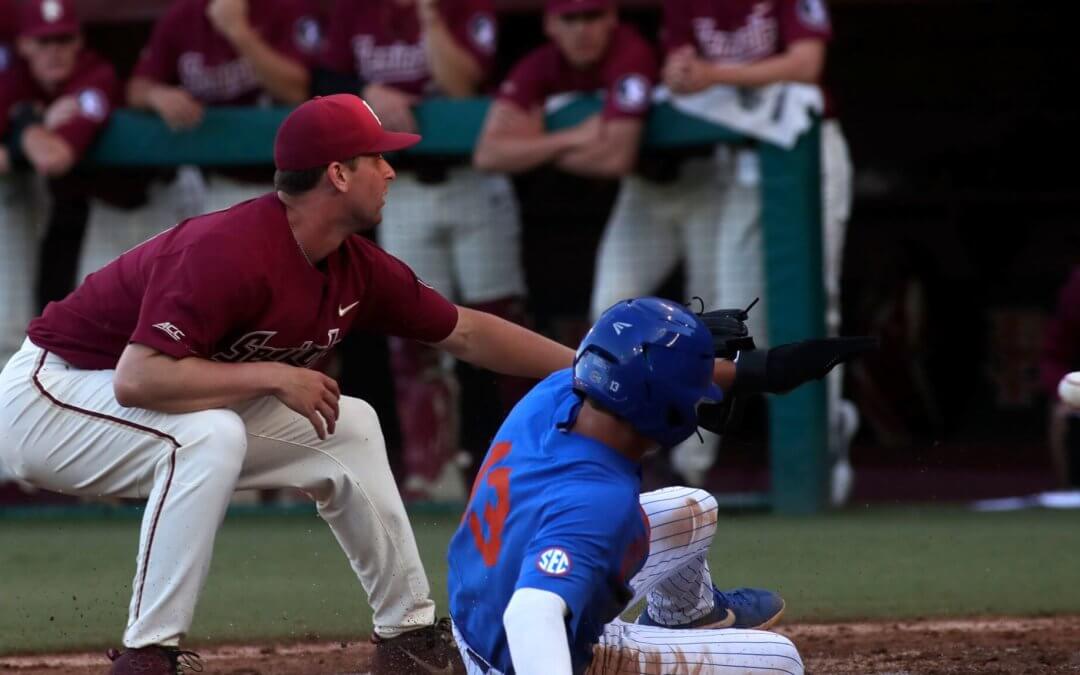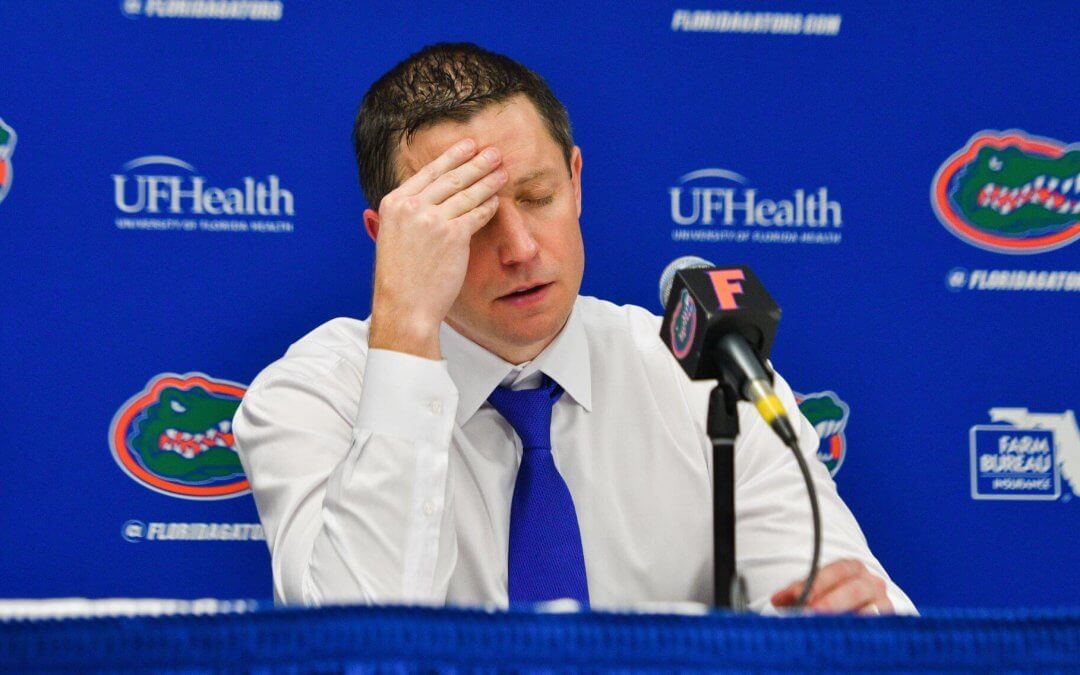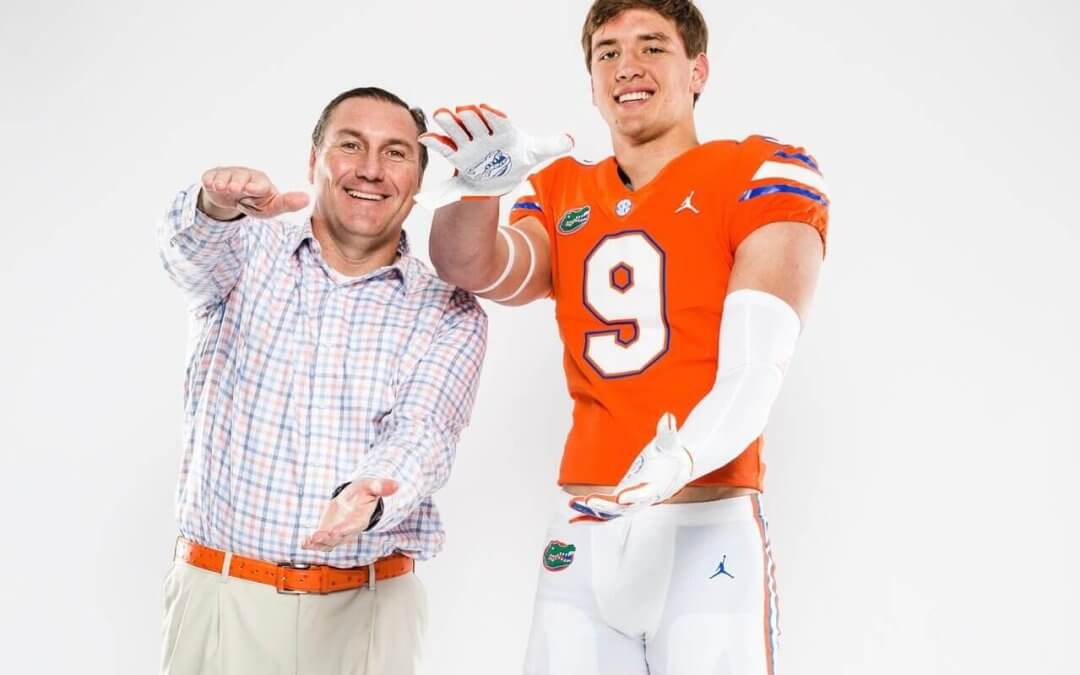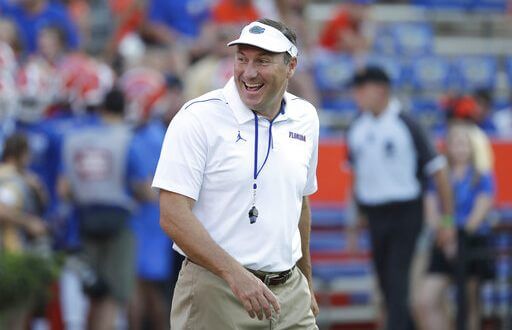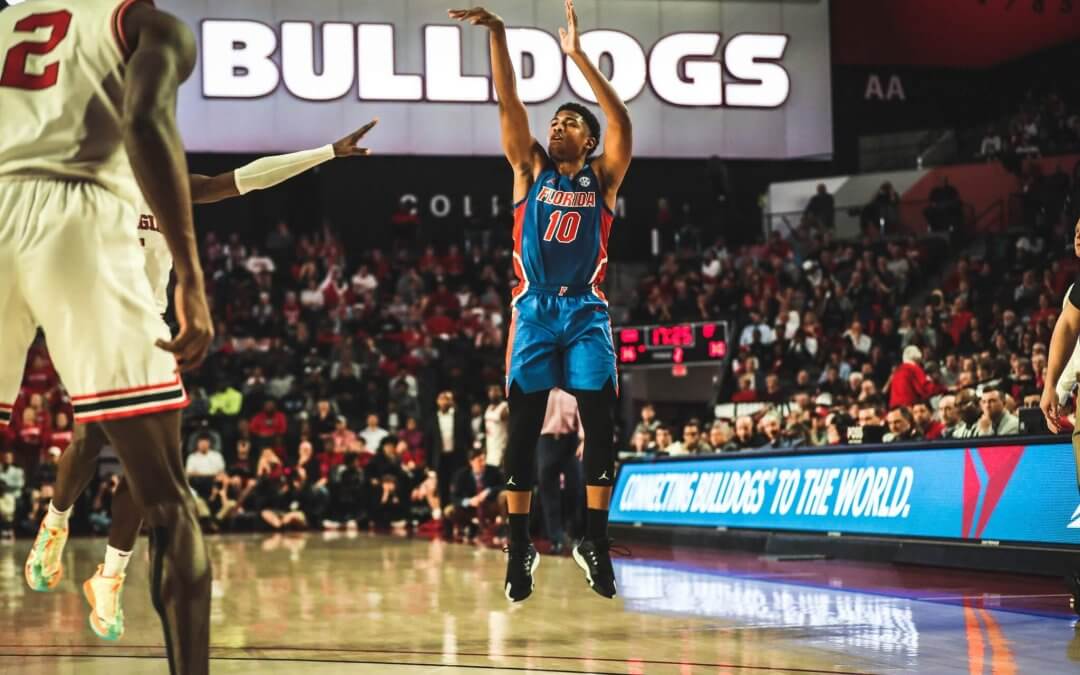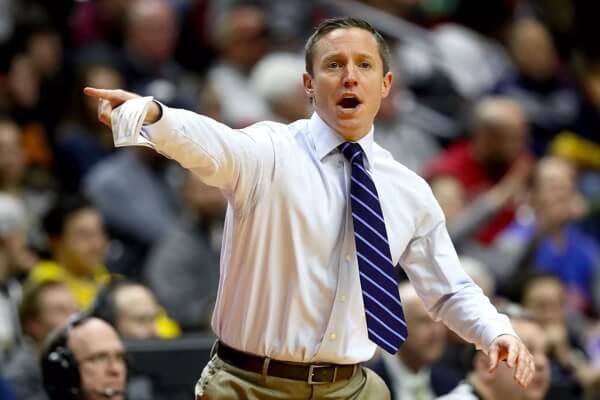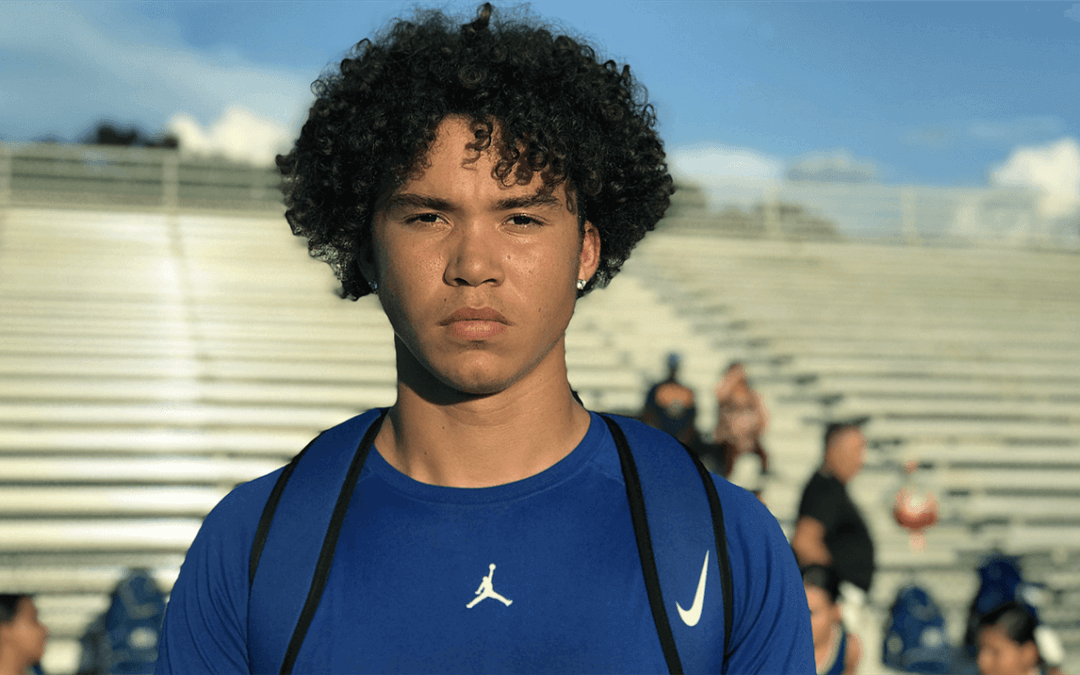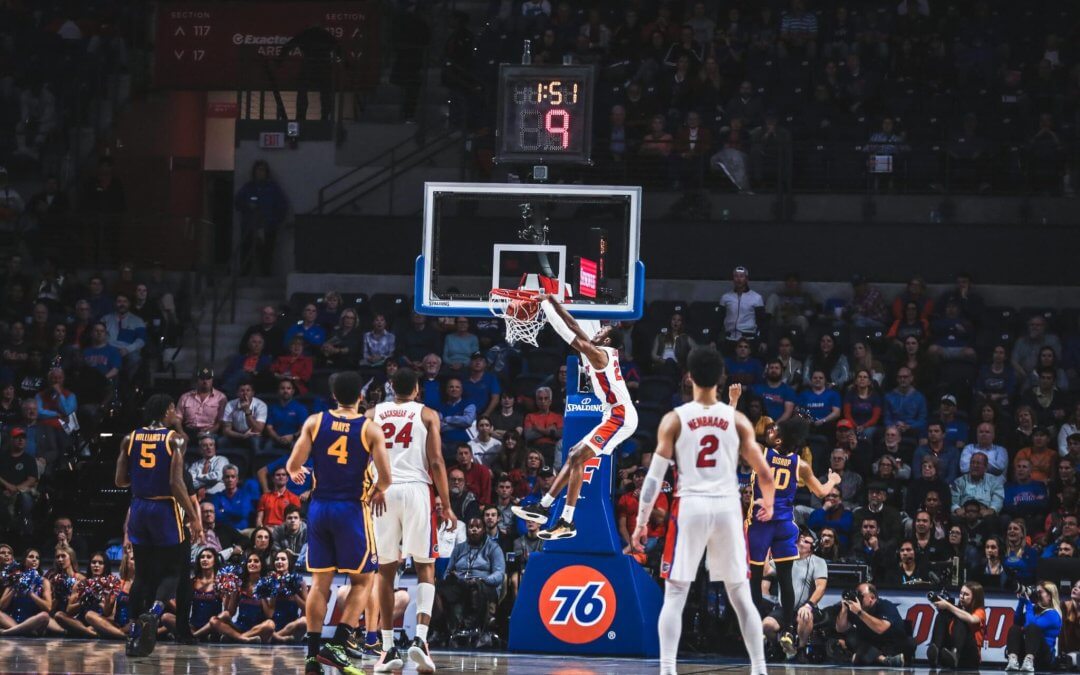The Florida Gators have some soul-searching to do. (Photo credit: Vanderbilt athletics)
It was horrifying, it was disgusting, it was shocking, and it was embarrassing. And yet, if you look at Florida’s history of playing in Nashville, you could have seen it coming from a mile away. The Florida Gators have effed around and played down to Vanderbilt’s level many times before; so many in fact, that a loss like this was bound to happen eventually.
We just didn’t think it would happen this year. Not after blowing out Texas A&M and South Carolina in back-to-back weeks. Not with Anthony Richardson at QB. Not with the defense finally rounding into form.
But it did happen, and now we’ve got to pick up the pieces from one of the most embarrassing losses in school history.
1: Yes, this was one of the most embarrassing losses in Florida Gators history
Let’s establish from the get-go that this was not the most embarrassing loss in school history. Georgia Southern has that distinction locked up. Also solidly ahead of this one: the “Final Zookening” in 2004, where Florida lost to a 3-8 Mississippi State team that couldn’t even beat Maine, the “Fiasco Bowl” for the 1995 national championship where Florida lost 62-24 to Nebraska, and that one time in 1943 where- yes, Florida had most of its players fighting overseas, but still- surrendered a 75-spot to Georgia. You could also make a case for the 1990 game against Tennessee, where Florida lost 45-3.
And this wasn’t even the most embarrassing loss to Vanderbilt. Sure, the 2013 Vanderbilt team was legit, but that’s no excuse to get slapped around 34-17 on your home field to a team you’re still more talented than. So to be clear, this 31-24 loss to Vandy is not one of the top five most embarrassing losses in Florida Gators history.
That said, this one is comfortably nestled in the 6-10 range on the list of most embarrassing losses in Florida Gators history. With where these programs have been over the last forty years- Florida has won three national championships and has a legitimate claim for a fourth, while Vanderbilt has won two bowl games in that time span- it is not a topic of debate that Florida beating Vanderbilt is a result that should be expected, and when it doesn’t happen, it automatically gets the “embarrassing” label slapped on it.
My dad calls it “manifest destiny” to believe that one team has an inherent right to beat another team, especially when you use history (like Florida’s 30-1 record against Vanderbilt in the last 31 games before Saturday) to justify thinking you should win. And to a degree, he’s right. Anything can happen when you line the teams up and put the ball down. It’s why games are played between the white lines, not on paper.
It doesn’t change the fact that Florida (12th in the 247Sports Composite rankings) was significantly more talented than Vanderbilt (61st), and lost. And that’s embarrassing, and a black mark on the program.
2: The Florida Gators beat the Florida Gators
Billy Napier may not be the most popular man right now among a percentage of this fan base, but his postgame comments should be listened to very closely. Because he was absolutely right about one thing in particular: looking at the game tape, there was a lot of Florida beating Florida.
Let’s start with the most obvious instance of self-destruction: Jason Marshall trying to field a punt inside his own five yard line. The cardinal rule of punt returning is to put your heels on the ten yard line, and no matter what, do not take a step backwards. If you have to run a ways laterally and you wind up going backwards one yard while running thirty yards horizontally so you field a punt at your own nine, so be it, but you do not run directly backwards. If the ball is going over your head, there’s a good chance it’s going to be a touchback. Even if the punt doesn’t land in the end zone, if it lands between the goal line and the ten yard line, it’s much more likely to bounce into the end zone for a touchback than it is to be downed inside the ten.
Marshall, who is not the Florida Gators’ usual punt returner, obviously never learned that lesson. Part of the blame has to go on him for not using common sense there. A lot more of the blame has to go on Florida’s coaching staff for not drilling it into him with an entire week of practice (but more on that a little later).
But for as calamitous as that play was, it wasn’t the only reason Florida lost. Anthony Richardson may have finished with 400 yards through the air, but by his own admission missed several reads and misfired on some throws. The Florida offensive line, which more than held its own against the likes of Georgia, LSU, and Tennessee, was mysteriously neutralized by a Vanderbilt front that is slightly below average at best. Florida receivers dropped several passes, including two on plays in which they had separation and were wide open. The Gators, who have been good in the penalty department all year, were flagged for eight penalties, including a devastating targeting call that will cost Ventrell Miller the first half of the FSU game.
All in all, this game was an excellent exercise in how to beat yourself. And now Florida will have to live with that, and use it as a cautionary tale for the future.
3: Billy Napier needs a real “game-changer” coordinator
Much was made during the offseason about Napier’s hire of Chris Couch as the special teams analyst- or as he called it, the “game-changer coordinator.” The thinking was that by calling the ST role the “game-changer,” it would be a point of emphasis for his teams to excel on special teams. This brought back warm feelings of the Urban Meyer days, and hey- anything that was important to Urban Meyer must be a good thing to hone in on now, because that guy won two national championships.
Unfortunately, Chris Couch simply hasn’t been cutting the mustard in his special teams coordinator role. I was willing to forgive last week against South Carolina– in which Florida fumbled a punt, gave up a fake punt for a touchdown, had one field goal blocked, muffed the snap on another field goal, and surrendered a 37 yard punt return- as an anomaly. It was one bad game. Until it wasn’t.
Jason Marshall’s muff of a punt has to be somewhat his fault. He muffed the punt. The larger failure, though, goes on coaching for not drilling the ten yard line rule into his brain that week in practice. And he’s been listed on the depth chart as a backup punt returner, too, meaning he’s fielded punts in practice before, which in turn means that Couch and the staff have had more chances to drill that principle into him. And they didn’t do it.
I’m not even going to blame the special teams coaches for Adam Mihalek missing an extra point, because that was a matter of the field goal unit not executing something it executes well 99% of the time. That muffed punt by Marshall gave Vanderbilt seven points in a game the Commodores won by seven. That means the gaffe literally handed Vanderbilt the win. And that was a coachable mistake.
Then there’s the fact that- just to give y’all another data point here- Florida hasn’t blocked a single field goal, extra point or punt all year long. 96 different FBS teams (about three-quarters of the FBS) have blocked a kick this year. 61 teams (just under half of the FBS) have blocked a punt. The Florida Gators have done neither. Not exactly a game-changer of a unit.
I’m not even suggesting firing Chris Couch, because he’s really more of an analyst than he is a coordinator. He’s a young, energetic coach who could grow into a larger role at Florida in time. But having him oversee the special teams unit clearly isn’t working, and while I like the idea of having two offensive line coaches, it’s simply not worth having the special teams be such a devastating liability.
4: Billy Napier needs an offensive coordinator
I’ve held off on this thought for awhile because I figured part of the issue with the offense was Napier being a pro-style guy by nature and Anthony Richardson being a spread guy by nature. And because Florida does have Ryan O’Hara on the staff.
But now it’s abundantly clear that Napier needs more help than that. After watching Florida trot onto the field and begin firing (and misfiring) the ball all over the yard to start the game when Florida’s running game has been its strength all year- and it isn’t like Vanderbilt’s pass defense is so much worse than its run defense- the question of “what was Napier doing all week?” became a legitimate one. Whatever the answer may be, though, he certainly did not roll out an offensive strategy that the game tape from throughout the year suggested was conducive to a victory.
It’s even deeper than just the play-calls or even a single-game strategy, though. It does not appear as though Anthony Richardson is always comfortable in the very offense he’s running. Oh, sure, sometimes he will go through his progressions, step into his throw and deliver a beauty. And his athleticism? Off the charts.
But he wasn’t built for a pro-style, drop back, go-through-your-progressions, and then use-your-feet-to-take-off-as-an-absolute-last-resort type of offense. Guys like Sam Hartman at Wake Forest and Grayson McCall at Coastal Carolina are more natural fits for what Napier likes to do. Richardson, for all his immense natural talent, is not. He is more of a Dan Mullen type of QB, in an offense that’s more dual-threat-QB-friendly.
Napier, though, doesn’t have Hartman or McCall. He has Anthony Richardson. That’s the personnel he’s got. And it’s not a bad thing! Richardson is an excellent athlete, and in the right system, could be nastily effective. He’s not going to change to a pro-style QB for Napier. It’s not even a good idea for the player to try to meet the coach’s philosophy halfway, and compromise by doing some of what the coach likes to do and some of what he does best. That’s one of the many reasons why, in our previous life as FireSteveAddazio.com, we railed against Addazio so much- because running a spread, option-based offense with John Brantley is not a feasible recipe for success. As a coach, your job is to give your players the chance to do what they do best.
The entire offensive scheme this year is probably more spread-esque than Napier would like. There are some read options (Richardson just has to know when to pull the ball down and take off) in there. There are some QB run plays called, between power runs straight up the middle and occasional designed bootleg keetpers. And there is some creativity involved with the wide receivers, such as on jet sweeps and reverses every so often. But there are simply too many times where Richardson looks uncomfortable as a passer for Napier to keep putting him in that position as much as he does.
But let’s say for argument’s sake that Florida loses Richardson to the draft, and takes Hartman or McCall through the transfer portal next year. That fixes the scheme issue. It’s still obvious beyond debate that Napier has a lot on his plate, and he could really benefit from having a young, energetic, creative offensive mind help him with the play-calling next year, so that the play-caller can focus on getting his best players the football and Napier can continue to oversee the operation with his full attention.
And if nothing else, if Napier wants to hold onto the play-calling duties, then he’s going to need to delegate some other responsibilities. He’s just got too much on his plate.
The verdict: the future will dictate how this loss is remembered
By itself, this loss to Vanderbilt doesn’t really do anything to change Billy Napier’s status as the Florida Gators’ head coach other than crank up the pressure to perform in 2023 and 2024. Napier was hired to coach Florida to championships. This loss does not impede his abilities to do so in the future, as the Gators’ recruiting class has stayed intact since Saturday (other than Marcus Stokes, but that’s a different story).
Make no mistake. If Napier succeeds in leading Florida back to the promised land, nobody will care that he lost to Vandy in his first season. It’s the same way that nobody in Tuscaloosa cares that Nick Saban lost to ULM in his first year, and the same way that nobody in Athens cares that Kirby Smart lost to Vanderbilt in his first year. I doubt that many of the casual fans will even remember.
But if the results don’t start improving on the field next year, or by 2024 at the latest, then this game will absolutely be brought back into the forefront of the Napier conversation, and the tenor of that conversation will change to a far less sympathetic and forgiving one. He’s simply got to produce results. That’s how this works. That’s how it’s always worked.
I truly like Napier as a human being and as a CEO. I’m a big fan of how he told Florida he needed an army to succeed. I resoundingly approve of the jobs that people like Katie Turner, Mark Hocke, Savannah Bailey, and Sierra Griffin have done behind the scenes. I think they’re all great people who do great jobs for the Florida Gators, and I genuinely want to see them succeed. But at the end of the day, likability doesn’t count. They’re going to have to win games like everybody else who accepts a role at the University of Florida.
And let the record state- this loss doesn’t really damage my confidence that they will win games in future years, when Napier has his recruits and a little more experience to boot. I wanted him to be hired because I was confident in what he could do for this program in the long run. I was tired of microwaved solutions, the band-aids on bullet wounds that made things look OK on the surface while the program slowly hemorrhaged itself to dust. I’m in this for the long haul.
At the same time, I am not afraid to have difficult conversations if circumstances dictate them. I have built this In All Kinds Of Weather brand on honesty, and telling y’all what the weather really is and not the sunshine and rainbows we want to beam down on the program 24/7. I did this with Will Muschamp, I did this with Jim McElwain, I did this with Dan Mullen, and I did this with Mike White. I don’t claim to have a crystal ball or even to be the beacon of when it’s rational to call for a coach to be fired; I’m simply providing evidence that I do not have an unlimited supply of patience for losses like this.
The bottom line is that Napier was always targeting 2023 as the year that the Florida Gators could begin to resemble the program that he wants it to resemble, and that means seriously competing for championships (not necessarily win championships, but be a serious competitor for them the way Tennessee was this year). After this loss to Vanderbilt, though, the clock will start ticking a little bit faster if that doesn’t happen.
